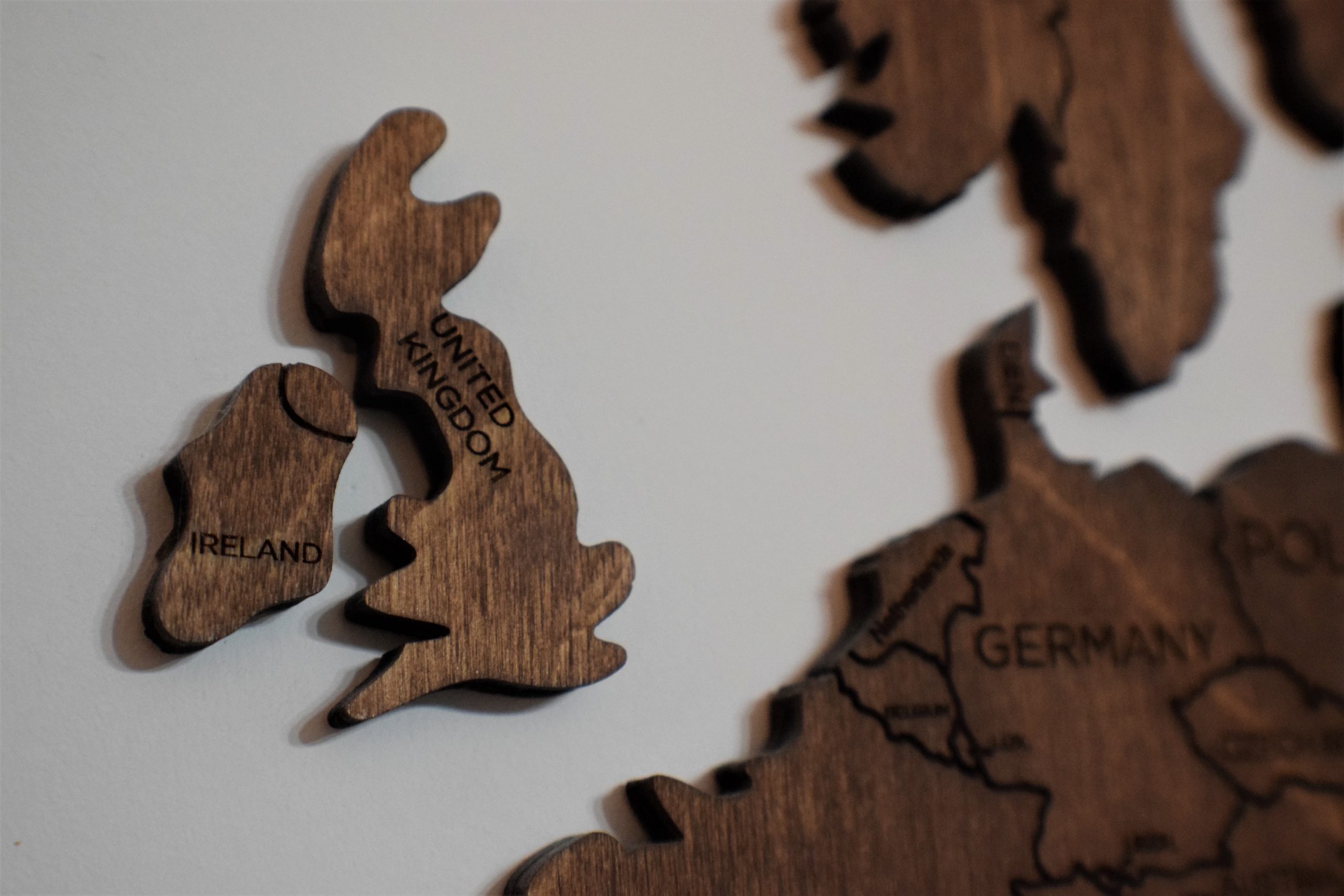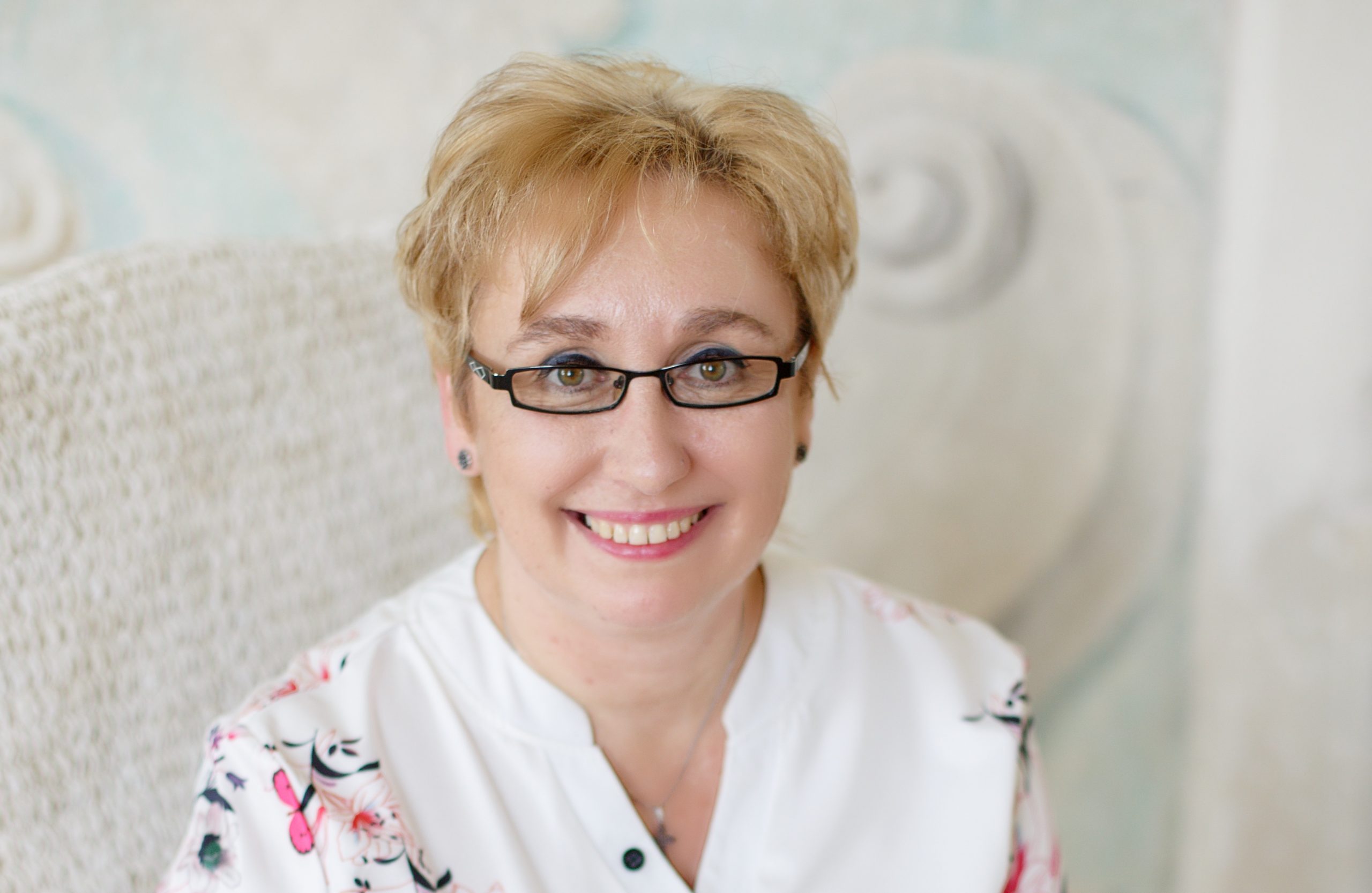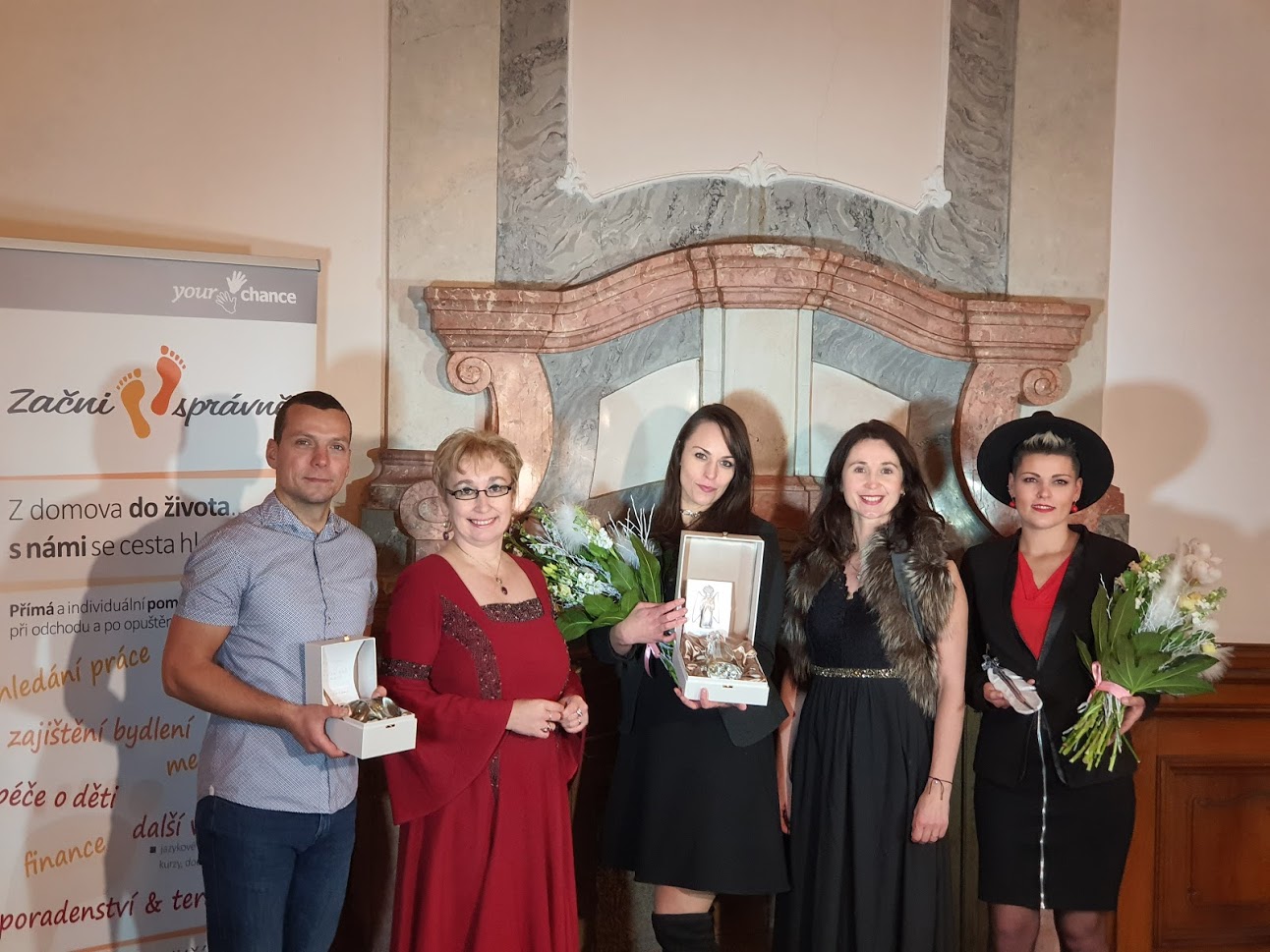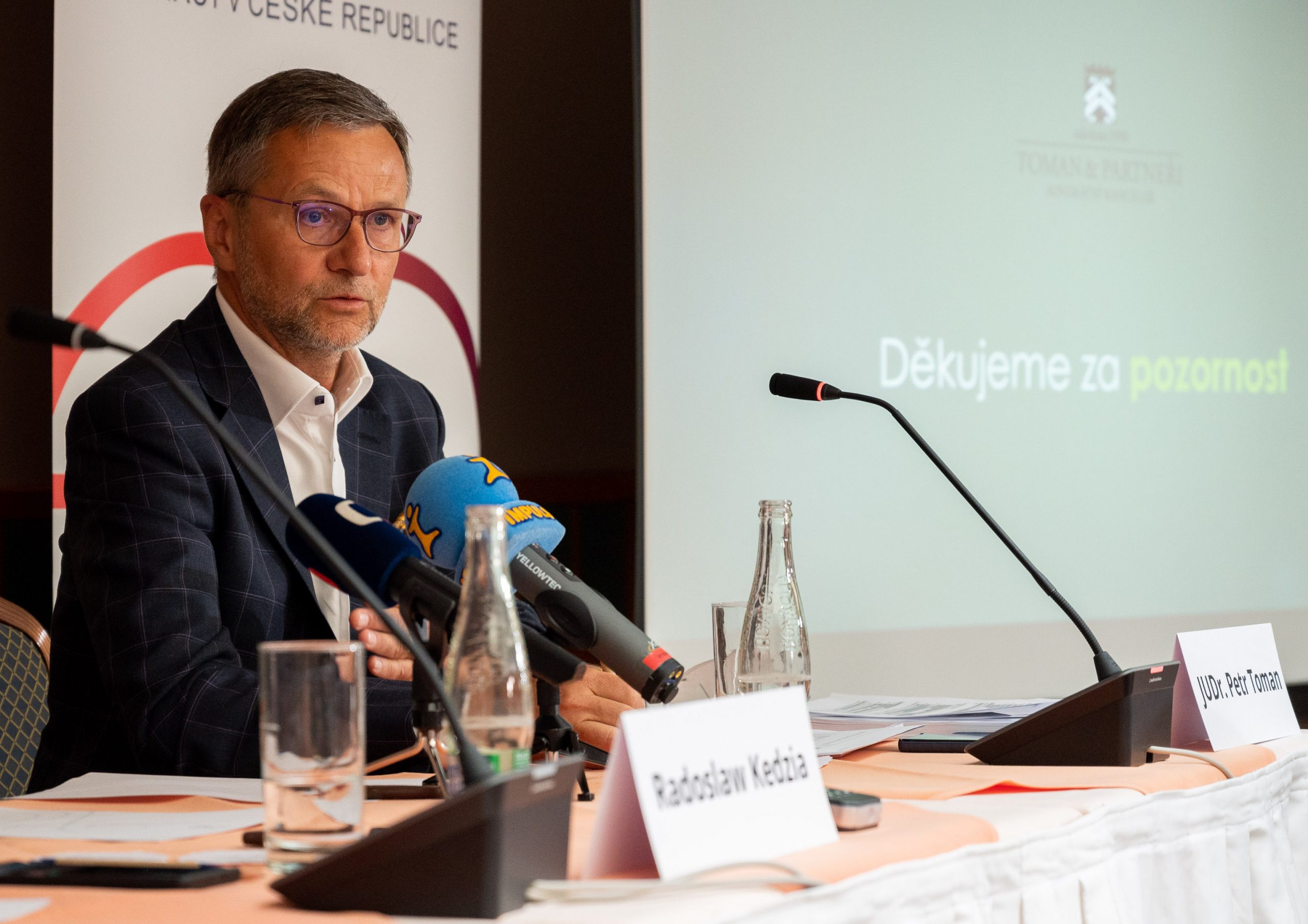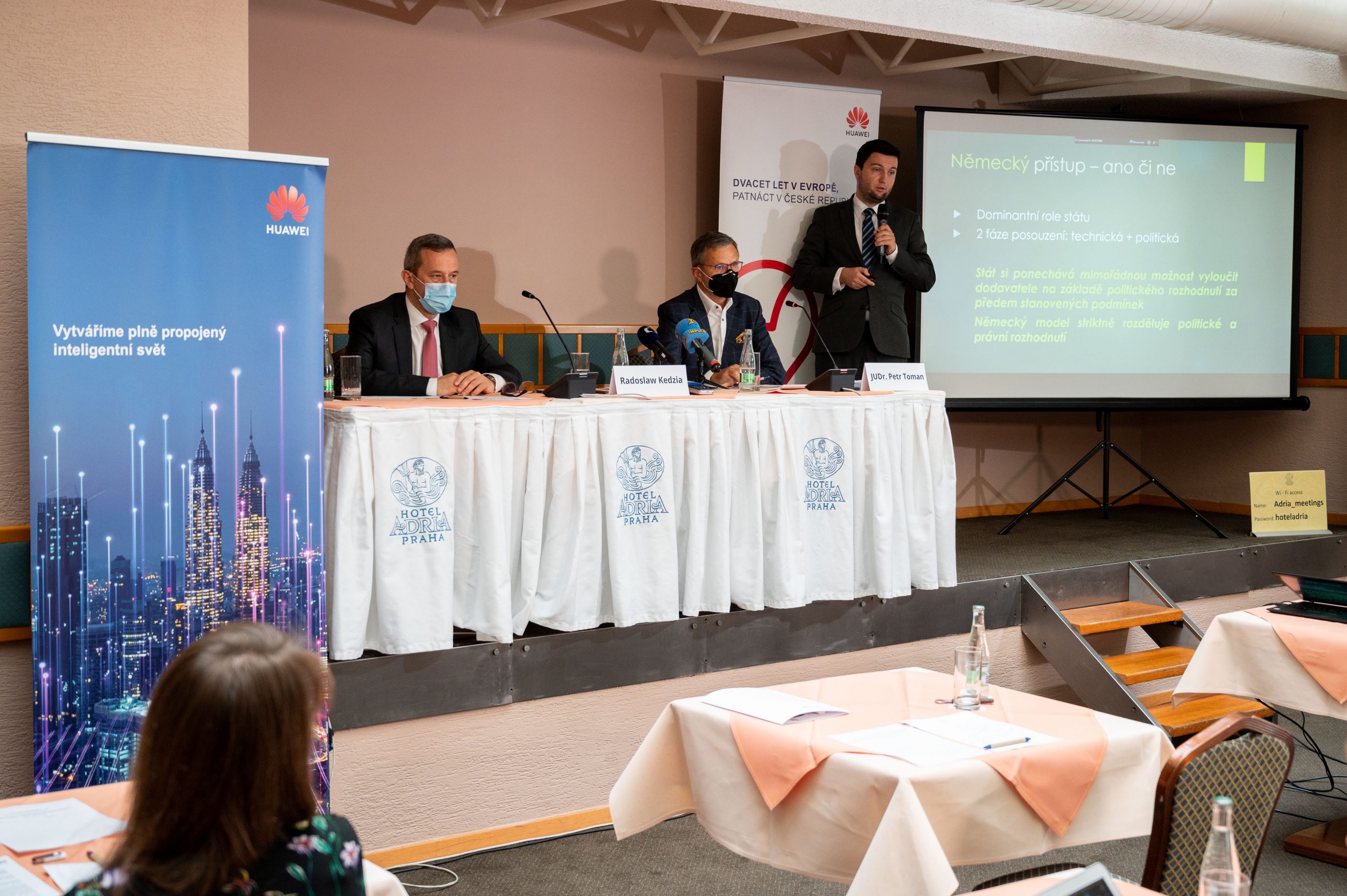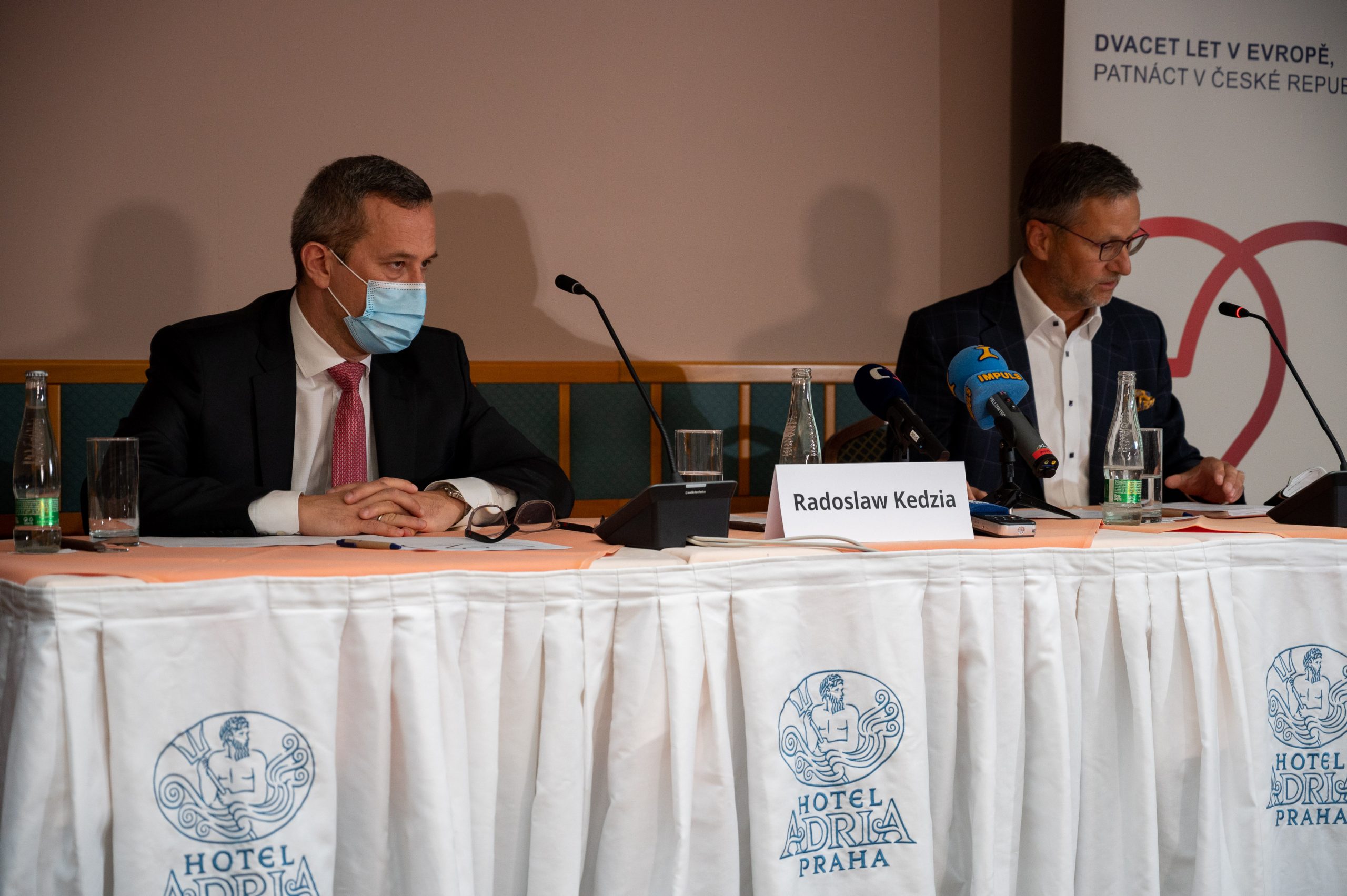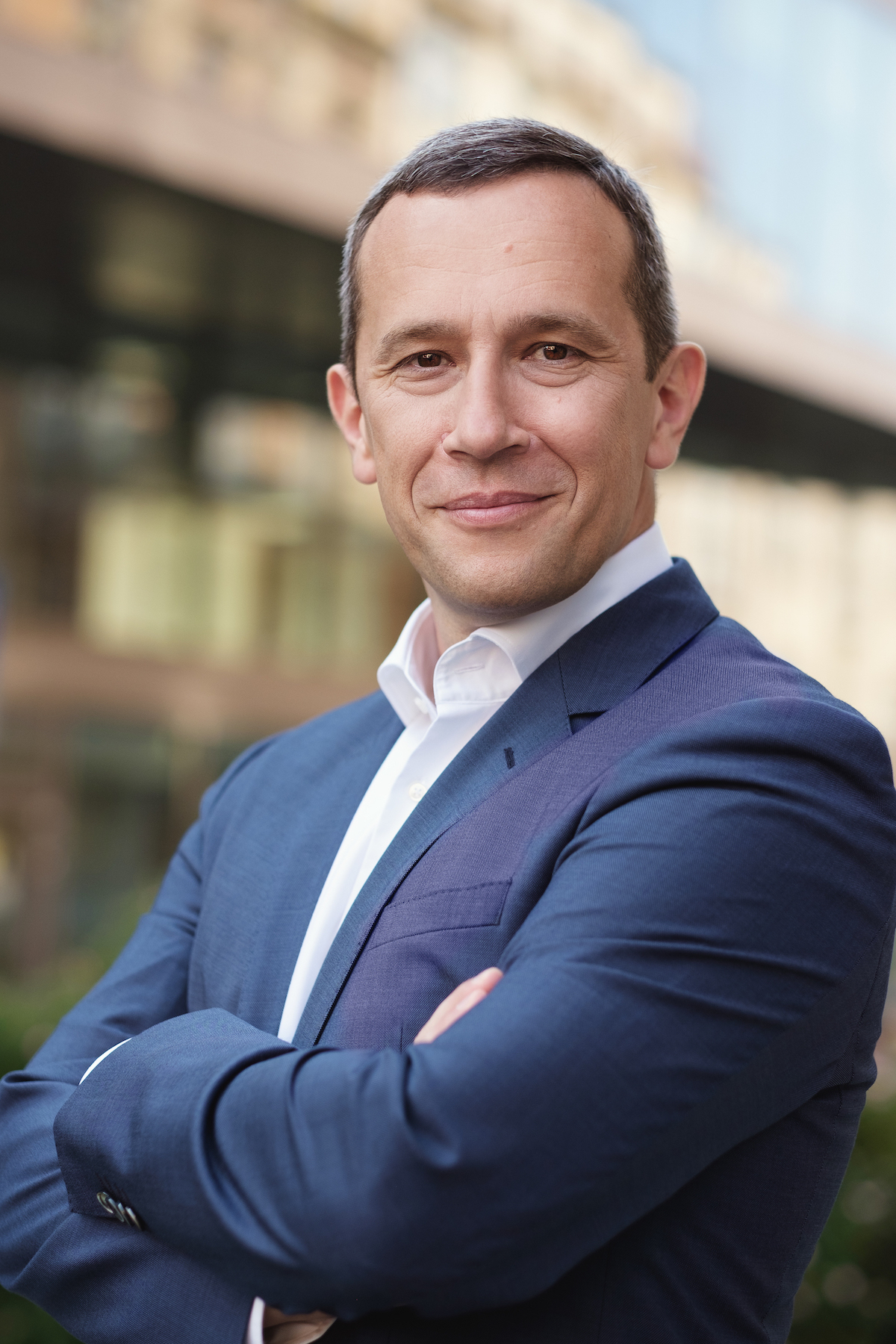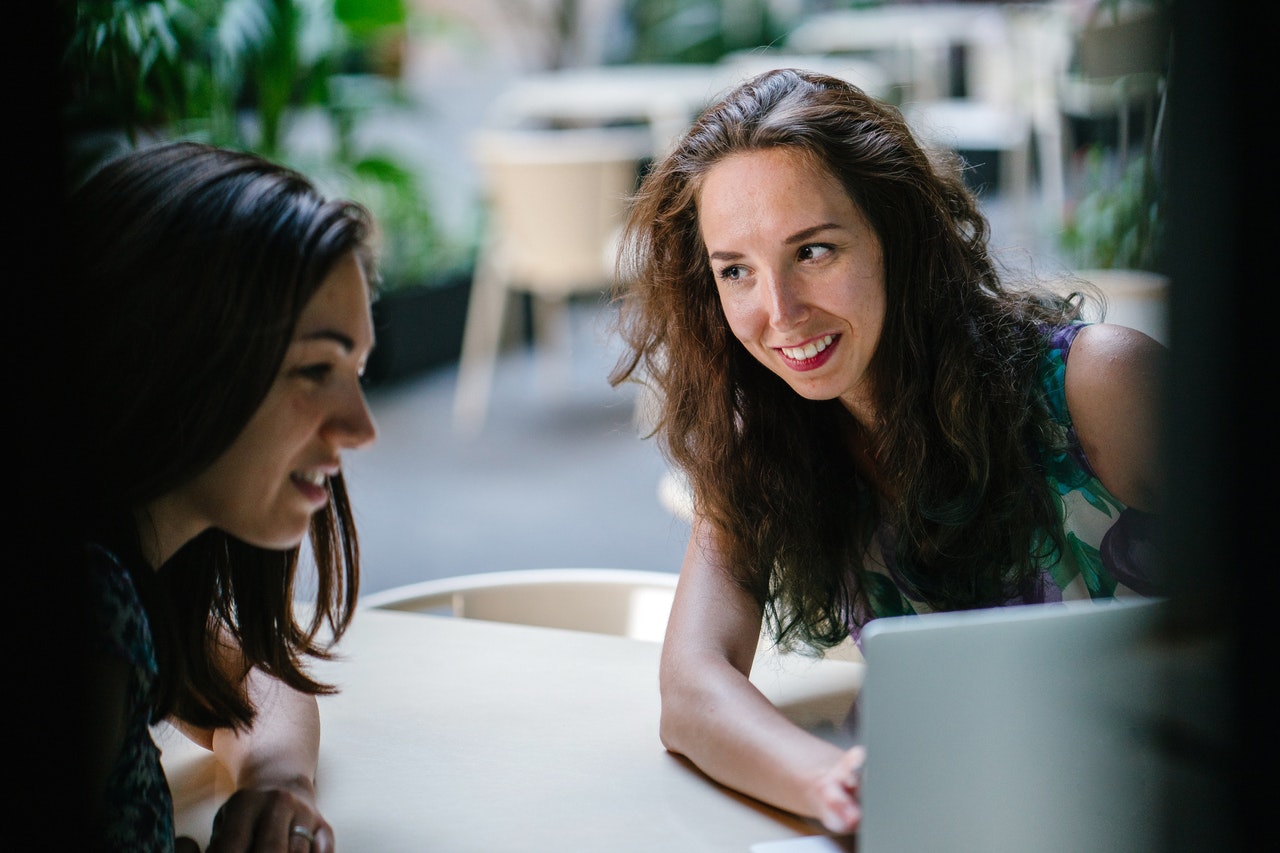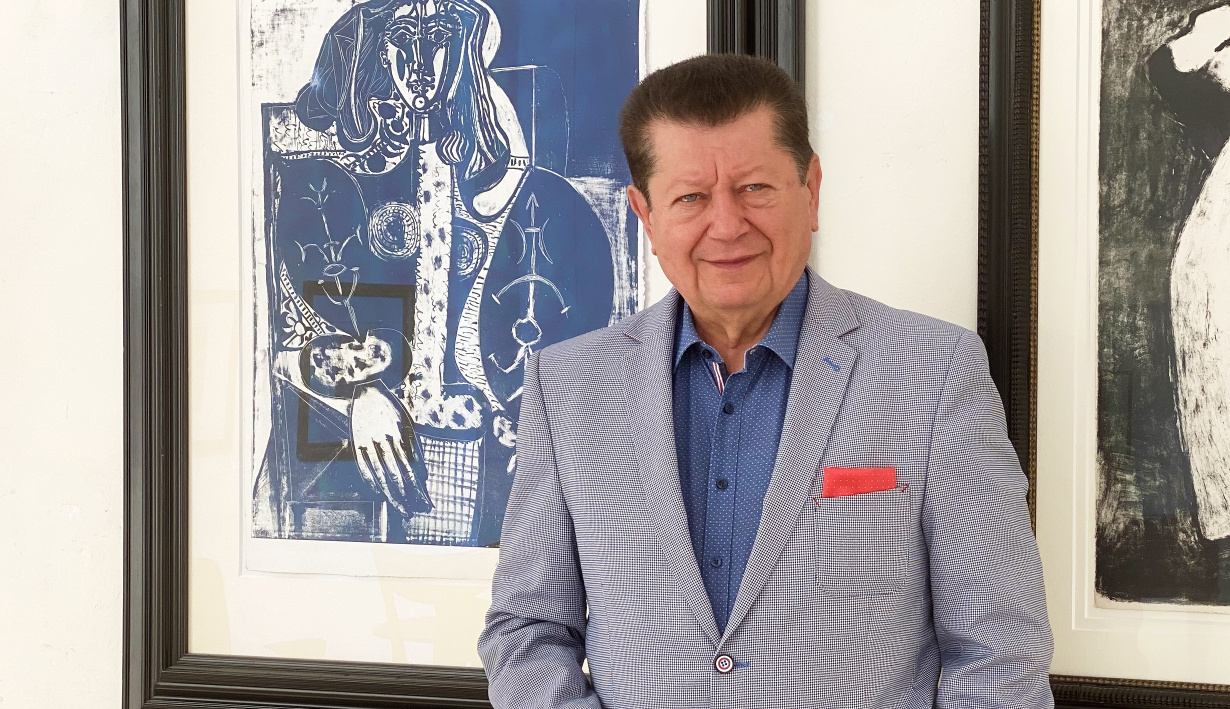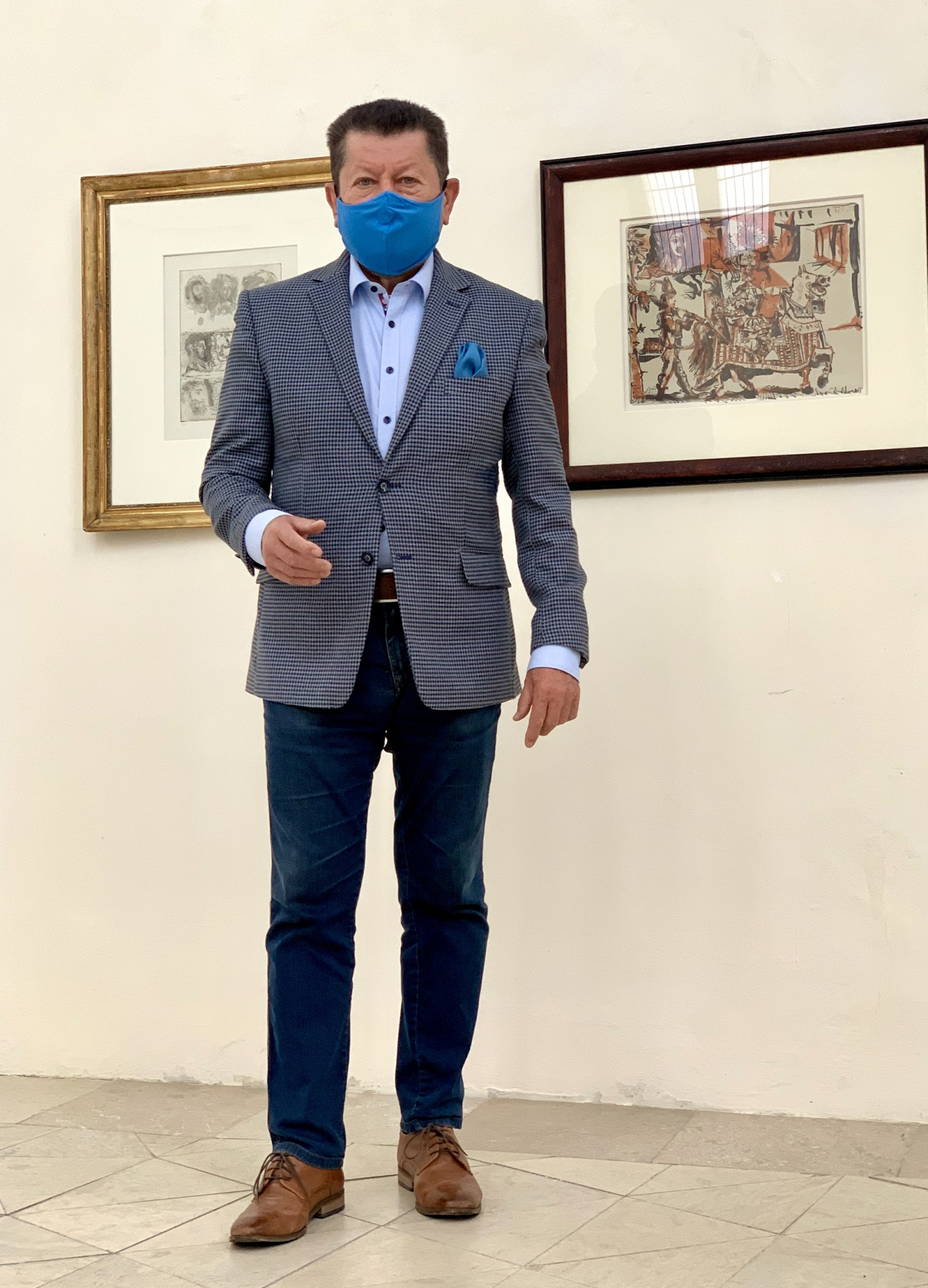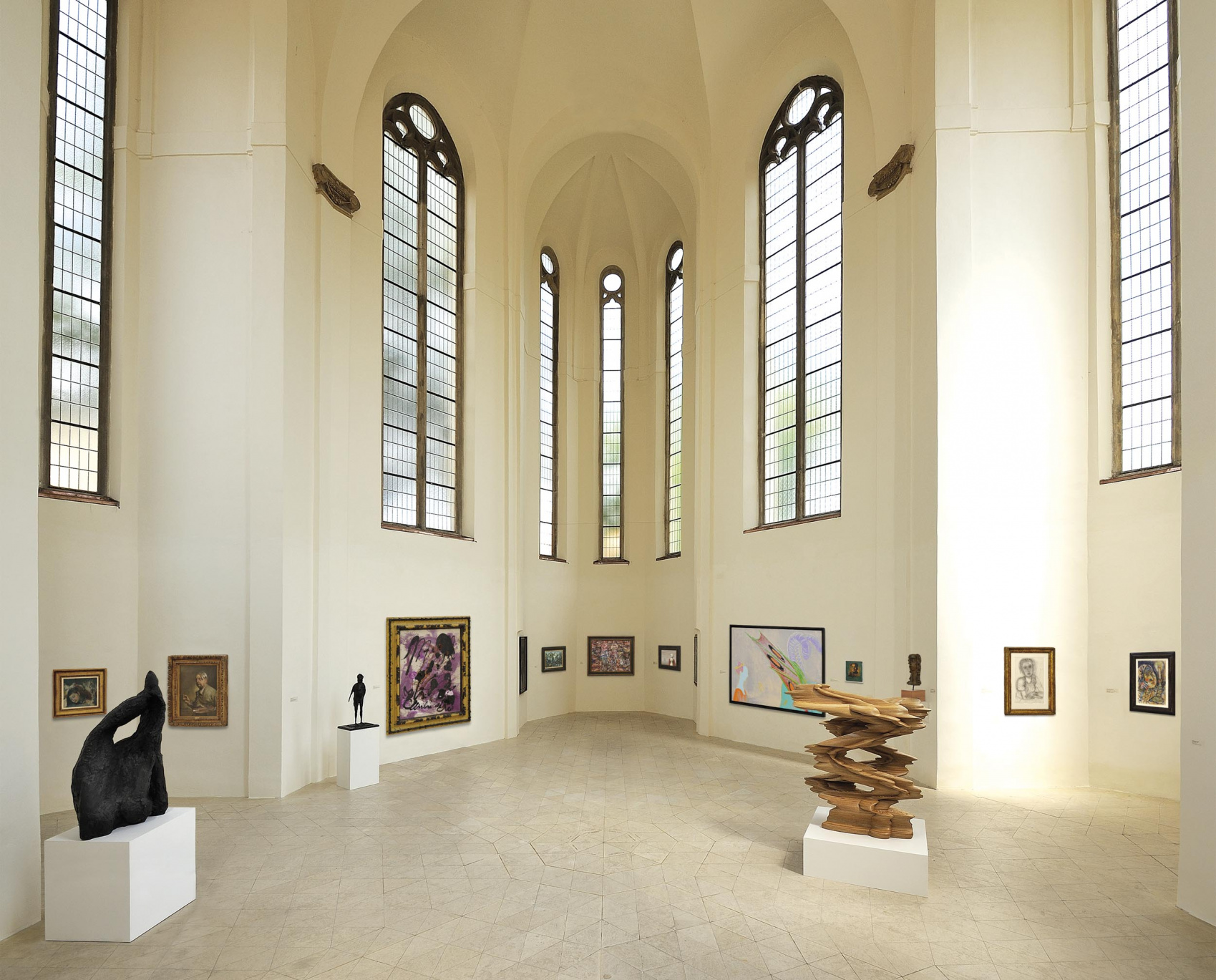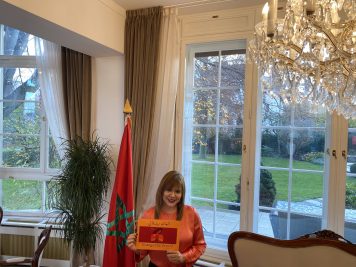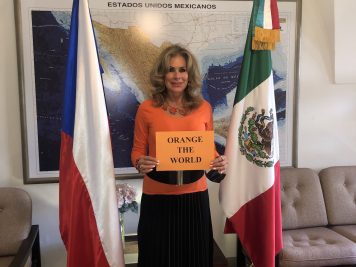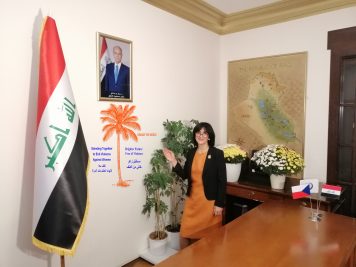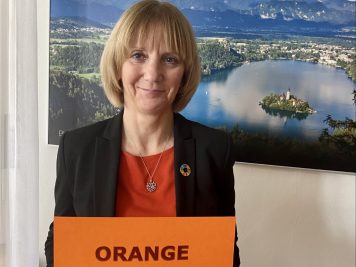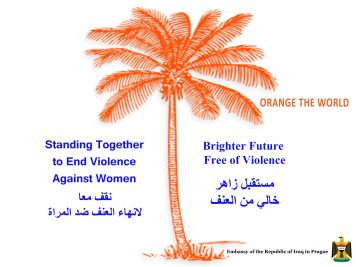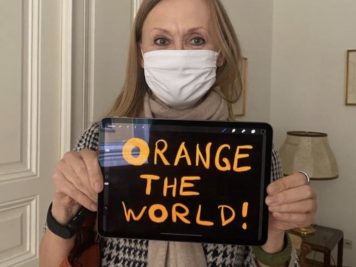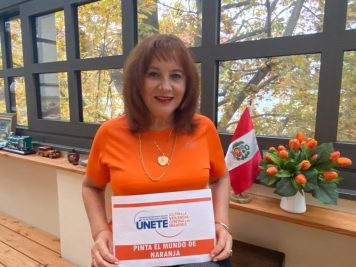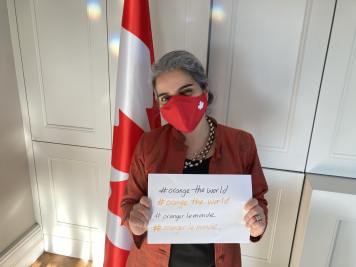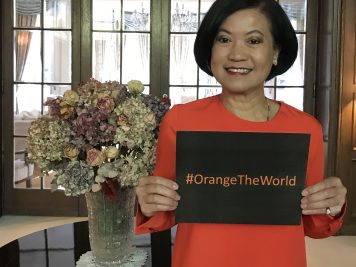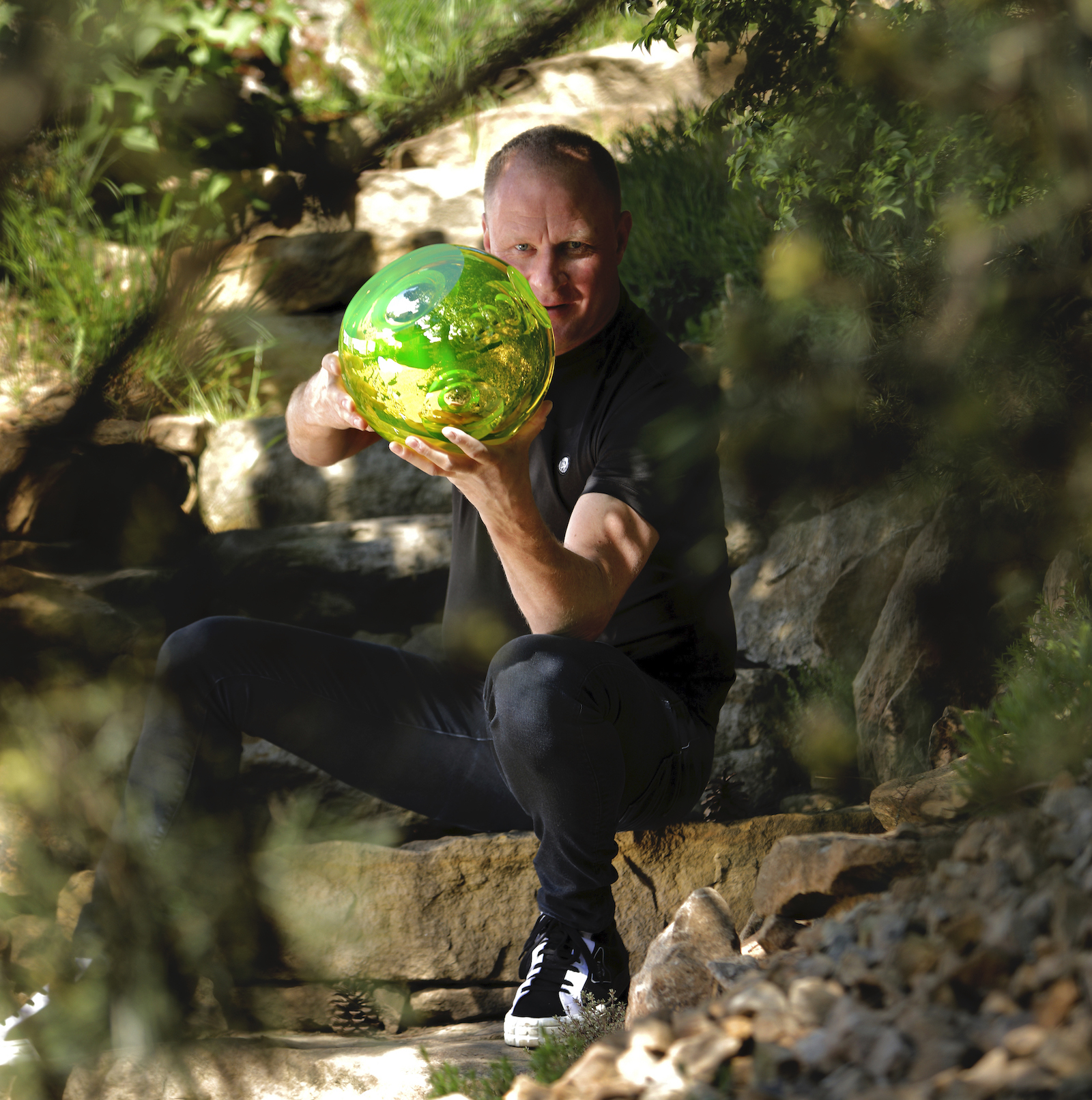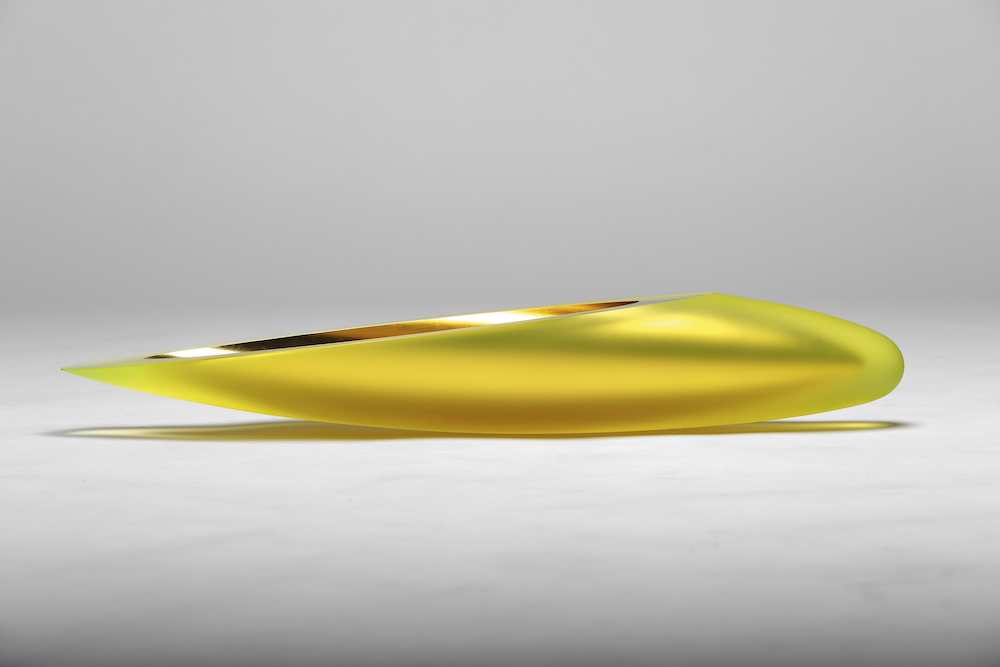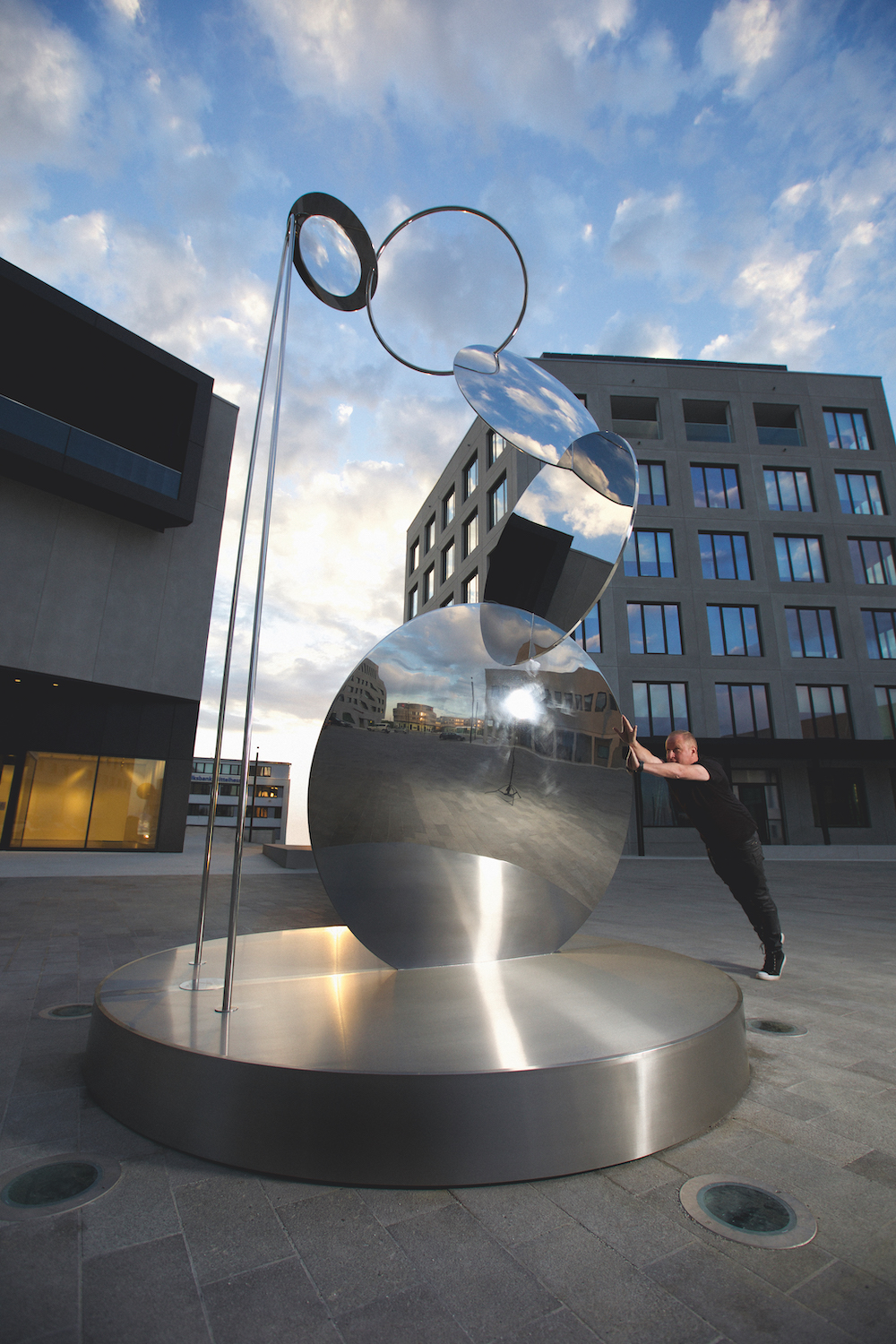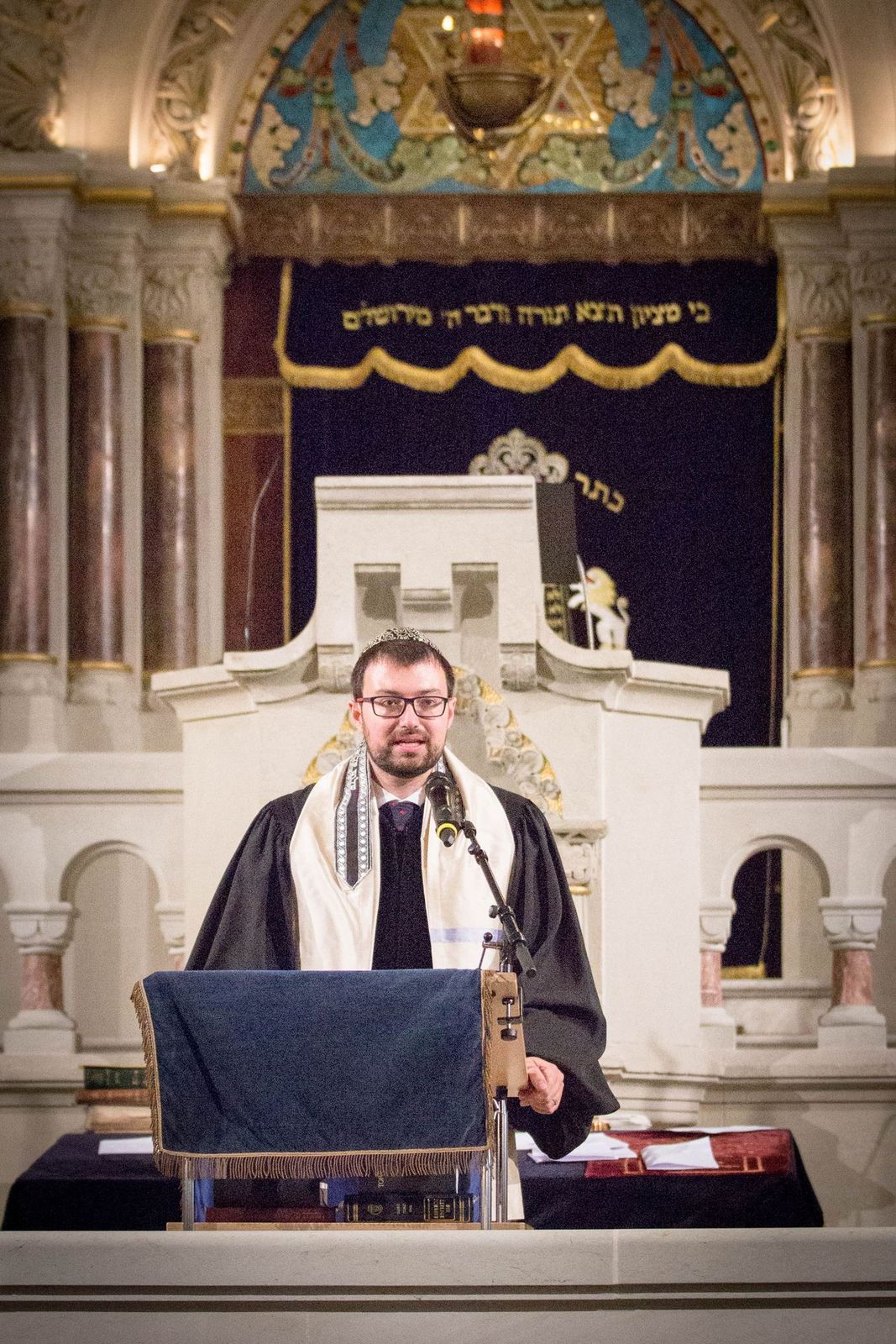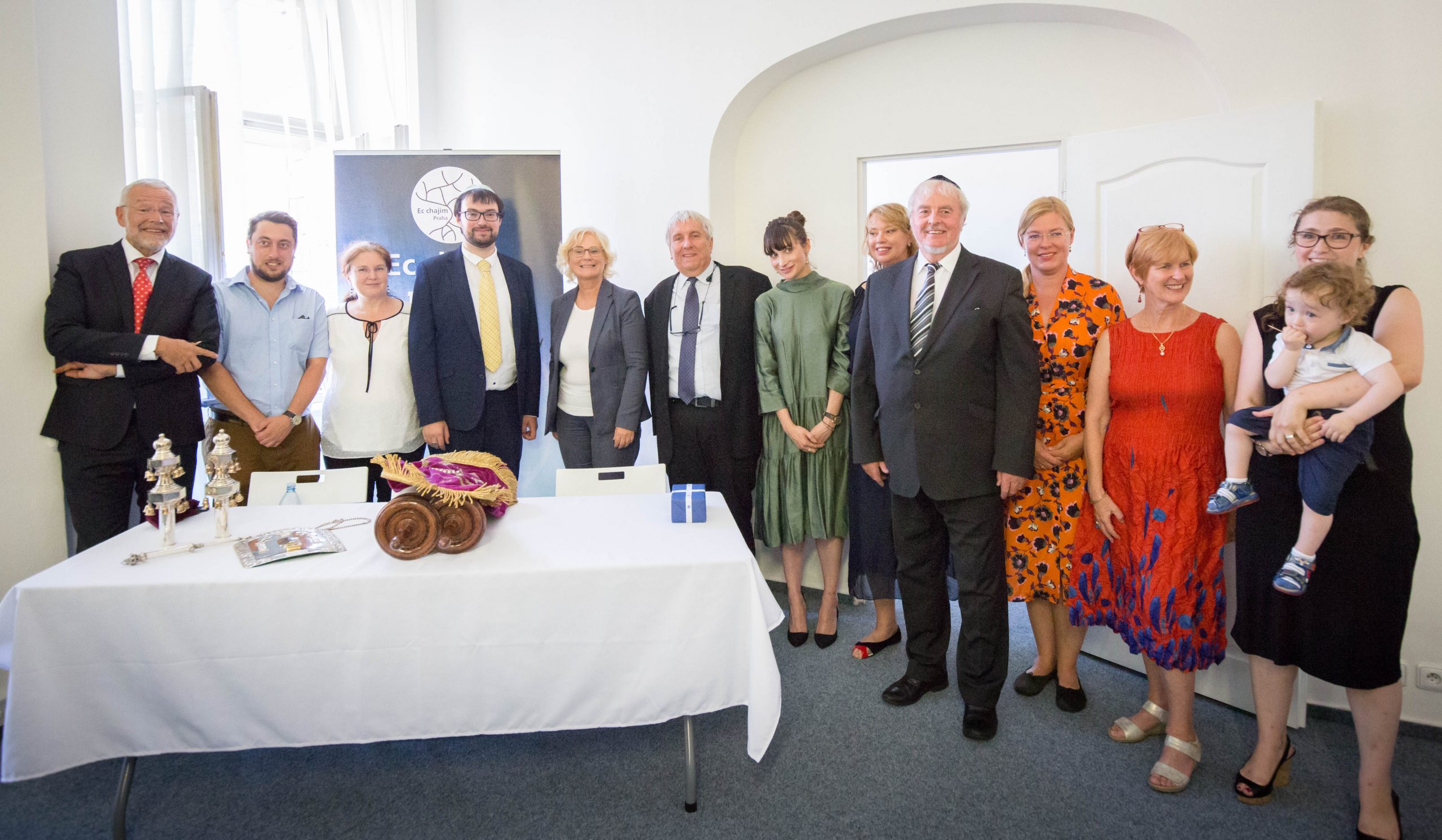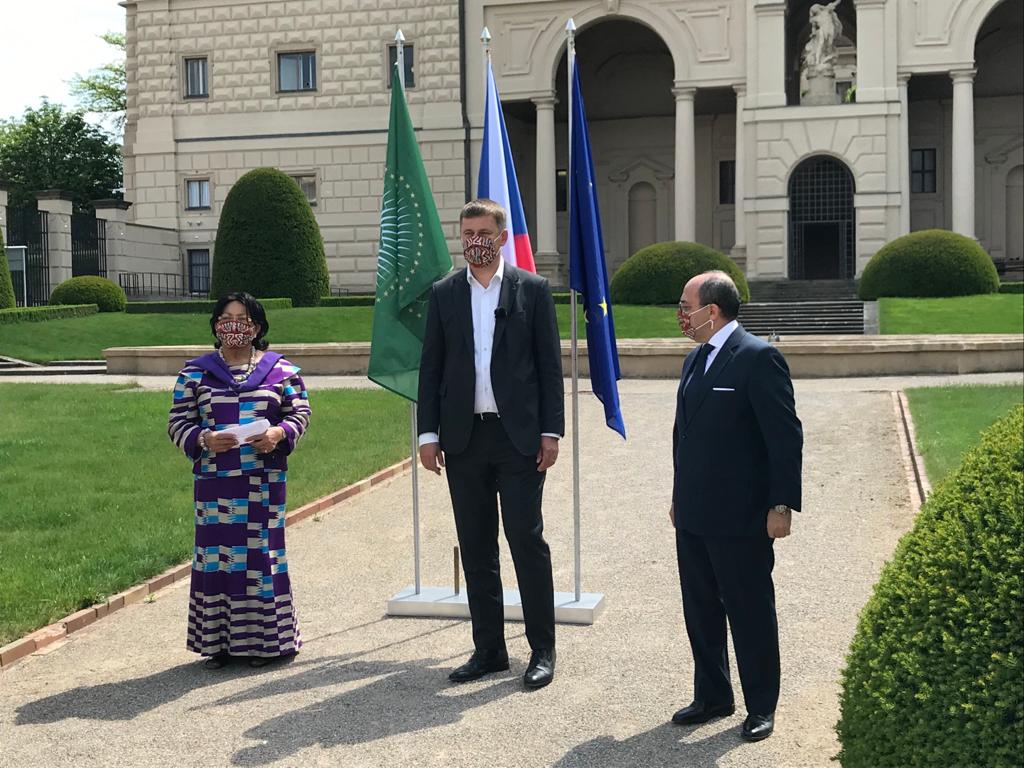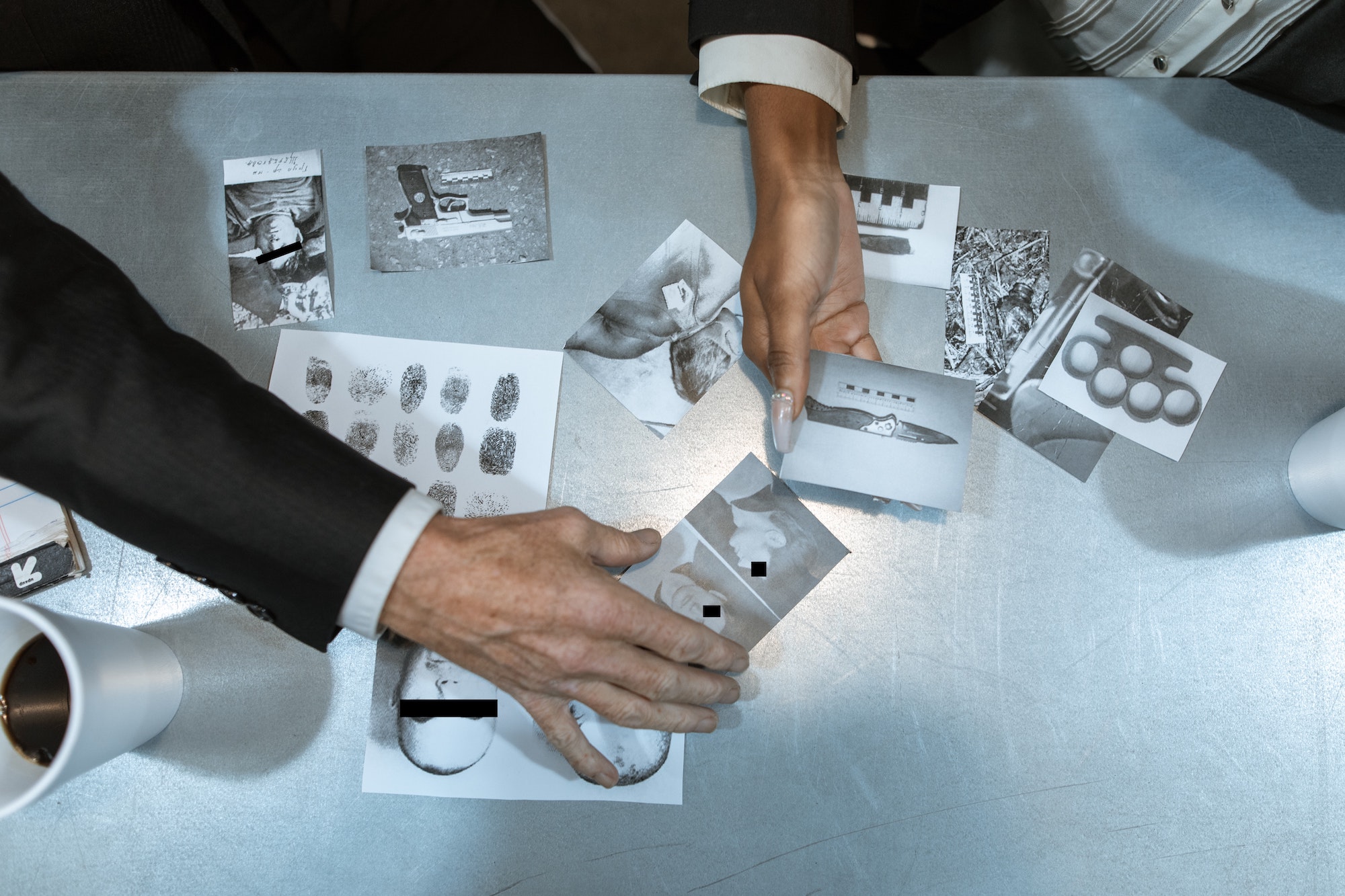
2020 marked the 20th anniversary of the Palermo Convention and its Protocols, the main instruments in the fight against transnational crime. Both authors, one as an active participant in the Palermo system treaty-making and the other as a prosecutor passionate about human rights, revisit, rethink and sum up the first 20-year period after the creation of these important international instruments on organized crime and corruption. The following lines are a brief assessment of the central institutions and instruments relevant to universal criminal justice. A due reference is made to corruption, trafficking in human beings, migrant smuggling, and terrorism. The present text appeared in 1999 for the first time (in a considerably shorter form, as the working paper dealing only with the critical similarities and differences between ‘smuggling of’ and ‘trafficking in’) before the ICMPD Steering Board – Ministerial.
Remark:
Present text is a 10-year-after update to the original text: JHA Diplomacy – Ten Years After authored by professor Bajrektarevic for the Addleton Academic Publishers, NY, GHIR 3 (1) 2011
JHA Diplomacy:
From isolated instruments to the solid International Regime
The last few decades are marking a significant breakthrough in the efforts towards the universal criminal justice. The sporadic international instruments (that accommodated expressed interests of member countries on a rather ad hoc basis) are showing – by its number and scope – a new quality: a more structured and interlinked set of rules and provisions of international law (often pre-supposing the advanced development of both institutions and instruments). Therefore, we can safely say that by now these instruments are creating a (new) practice of states, which theory usually labels as The International Regime. We are indeed witnessing a progressive development of International Criminal Justice Regime.
Among the essential instruments, some of the fundamental ones are brokered at the Office on Drugs and Crime (ODC) – a Vienna based part of the UN Secretariat that primarily deals with Crimes and (Narcotic) Drugs, including corruption and a small branch department on terrorism prevention (TPB). It operates in more than 80 countries, with 2400 UNDOC personnel globally. The UN ODC is a guardian of the Narcotic Drugs Treaty System as well as the Organized Crime – Corruption Treaty System.
Since dealing with the problems of crime and narcotic drugs confronts us with clandestine, illicit and nearly always the illegal trans-border criminal activity, we have – first of all – to make an important distinction between two legal terms: (i) international crime and (ii) transnational crime:
(i) the former refers to offenses prescribed by international law, which can be prosecuted (previously by the international tribunals, including the Ad Hoc tribunals for the former YU as well as for Rwanda, and now) by the standing International Criminal Court, as the Rome Convention entered into force in July of 2002.
(ii) the later rather refers to more conventional (nationally proscribed) crimes which do involve more than one national jurisdiction, and therefore require a transnational or/and cross- border response.
When dealing with issues of transnational crime, the usual response is a treaty or (multilateral/trilateral, bilateral) agreement between the state parties as to ensure that:
– the very conduct involved is a crime proscribed by domestic law;
– each state party has adequate jurisdiction to investigate, prosecute and punish
offenses which occur only partly on their territory or which have other links,
such as the involvement of citizens as either offenders or victims;
– state parties agree to provide necessary forms of cooperation to each other.
These are the basic functions of the multilateral legal instruments such as the Palermo Convention and the UN Convention against Corruption.
As transnational organized crime grows, sophisticates and proliferates, there is an evident need to create a larger body of international legislation of this kind. These requests are not without controversies, as the experience with the International Criminal Court illustrates:
– it is still understood that international treaties cause certain erosion of national sovereignty and that they do hinder domestic political priorities for crime-control;
– treaties are expensive to administer and moderately effective in the monitoring of compliance mechanisms;
– finally, treaties are usually negotiated on consensus, which ensures wide agreement basis, but a “lowest common denominator” on substance – the provisions are what everyone could agree upon and often do not go as far as some state parties would like (or have domesticated in their own legislation).
However, the crime treaties will almost certainly be expanded as pressures to deal with global problems are gradually overcoming national reluctance. Consequently, it was expected that new instruments would be stipulated against varied sorts of transnational organized crime in the form of additional protocols to the Palermo Convention. Despite this, 20 years have passed, and it does not look like it will be extended for the time being. Although this does not prevent the UNTOC from adapting to new forms of organised crime. It is a flexible legal instrument, drafted in broad terms, so that it can adapt with the times, and it has established itself as a fundamental mechanism in international cooperation. Having dealt with Narcotic Drugs, Organized Crime, Terrorism Financing and Corruption related treaties, the international community is now turning its attention to forms of the private/corporate sector and of individual or non- organized crime. Let us now quickly elaborate on the current state of the International Criminal Regime (its universal and regional European bodies), with a brief overview on the peculiarities of each of its main constituting elements.
Irregular migration
Irregular migration is mainly carried out in the following ways:
- By crossing the international border without the required travel documents (solely or by using the services of professional traffickers):
– either far away from regular border-points, via the green (land/woods), blue
(river/lake/sea) or white (aboard of flying object) borders;
– or via the regular border-crossings, but hidden (in truck/car/ship/train/aircraft).
- By crossing the international border de facto legal, although using:
– either falsified or stolen document;
– or regular document displaying a forged/falsified visa.
- Each host-country usually issues several types of visas (entry/stay conditions) for different purposes and most of them have a time and activity limit. A person becomes illegal or undocumented by violating any of these limits:
– either by overstaying the permit-period granted to the entering individual;
– or otherwise violating the entry-conditions and visa-purpose (student visa for employment, pro form marriage, false family-reunion etc.).
Irregular Migration in figures
The figures of irregular immigration and migrant smuggling can provide an idea of the magnitude of the phenomenon. It has been estimated that in 2017 there were 10.5 million people in the US living in an irregular situation and 4.8 million in the European Union. Furthermore, while not all migrants who enter other territories irregularly are victims of migrant smuggling, many are. It has been calculated that approximately 375,000 people per year are smuggled to Europe via the three main Mediterranean routes and 735,000 to 800,000 people to North America According to the first Global Study on Smuggling of migrants (2016), there is evidence that at least 2,5 million migrants were smuggled for an economic return of US 5.5 to 7 billion Euros.
Immigration- Building up the Policy
The European Union has moved in recent years towards a common policy in relation to immigration material. In 2011, it adopted the Global Approach to Migration and Mobility (GAMM). In May 2015, the European Commission published the European Agenda on Migration, with the irregular immigration crisis experienced in recent years in the Mediterranean region. In 2020, the European Commission presented a new Pact on Migration and Asylum in order to establish a more European approach to managing migration and asylum.
Despite this advance in common politics, it remains a material heavily used for electoral purposes in the various countries of the European Union. Their main overseas counterparts: the US, Canada, and Australia) take their political action on immigration entirely on the national level.
Organized Crime
1. Organized Crime in general
Although visibly evident on the old continent over decades, the issue of Organized Crime has attracted very little attention at higher politico-economic levels in Europe in the last decades of the 20th century. Simultaneously, the radical changes in CEE/SEE countries of the late 1980s implied growing possibilities for organized crime to carry out trans frontier operations throughout Europe. Consequently, the criminal markets became very mobile, more flexible, transnational and trans-continental, highly accumulative and increasingly aggressive. Hence, the problem has gained visibility in recent years, and international cooperation has been advanced as a way to fight new forms of organised crime.
2. Multilateral efforts in fighting Organized crime
Activities on a supranational and intergovernmental level to combat organized crime have actually existed since 1923 (Interpol). Present international/regional fora trying to combat transnational organized crime and to improve criminal justice are:
The European Union/Commission, EUROPOL, Council of Europe; as well as the global/universal ones: Interpol–ICPO and UN ODC, formerly ODCCP (CICP and DCP).
European Union
Before the Maastricht Treaty there was no specific EU–framework for dealing with matters related to organized crime (only informal police co-operation between Member States, initiated in the mid–1970s, which was gradually expanded to deal with organized crime – among others in the context of the TREVI group).
The Maastricht Treaty and its Third Pillar made specific provisions in the field of Justice and Home Affairs (JHA), leading to the establishment of a formal co-operation structure for Customs and Police matters, as well as for criminal and judicial issues. Within the framework of this structure, working groups on police co-operation, drugs and organized crime, corruption, money-laundering, terrorism and judicial co-operation were established. Since the Maastricht Treaty, and especially since the provisions of the Amsterdam (and Nice) Treaty entered into force at a special JHA meeting of the European Council with the EU heads of states/governments in Tampere, Finland in October 1999 (also the Seville European Council of June 2002), the European Union has further strengthened its structures as well as its cross- EU and pan-European cooperation. Currently, there are sets of legal instruments related to the fight against organized crime, such as: The JHA Action Plan/s (the first such a plan with its 30 recommendations was prepared in April 1997.
Following the meeting held in Tampere in 1999, it was stipulated that a judicial body for judicial cooperation comprising judges, prosecutors, and police should be set up. Further incentives were brought about at the EU Council summit in Nice, France, on 09th of December 2000 as it agreed to establish the EUROJUST. Since then, Eurojust has grown steadily until the Treaty of Lisbon, which specifically established its function of support and cooperation between national authorities of severe crimes affecting two or more Member States In December 2019, Eurojust became the EU Agency for Criminal Cooperation, and a new regulation entered into force.
After the entry into force of the Lisbon Treaty in 2009, security became a shared competence between the European Union and the Member States.
A Pre-accession Pact (resting upon the Copenhagen accession criteria of 1993) on organized crime between the EU Member States and the EU candidate countries was approved as early as 1998 (after the Amsterdam and shortly before the Nice Treaty). The main purpose of this Pact was to develop a joint annual strategy to identify the most significant measures against organized crime (including a two-way flow of information, the exchange of liaison officers, joint investigative activities and special operations carried out with Europol’s support) .
Furthermore, the European Union established in 2010 a four-year policy cycle to address the European Union’s main threats (EMPACT). The European Council defines in each cycle what the priorities are, taking into account recommendations from other agencies, such as Frontex or Eurojust. In the EMPACT programmes, particular emphasis is put on migrant smuggling, child abuse, environmental crimes, cybercrime, document fraud, money laundering, drug, and arms trafficking
The recent proposal by the European Commission for a European strategy against organised crime stresses the need to promote international cooperation, break down the structures of international organisations and their methods of infiltrating economies, and combat the use of new technologies by criminals.
In 2016, in an unprecedented development in criminal cooperation in the European Union, the member states of the European Union agreed on the creation of a European Public Prosecutor’s Office, with power to investigate fraud, corruption, money laundering, and cross-border VAT Fraud and which is becoming operational in 2021.
Europol
The Maastricht Treaty and other EU regulations created the opportunity for wider police co-operation in the field of combating (transnational) organized crime – something that has been reaffirmed in the Reform/Lisbon Treaty of 2007.
EDU (European Drug Unit), a first step towards the establishment of Europol, has been staged up by the decision of the European Council in 1993. EDU was mandated to cover: (i) illicit drugs trafficking; (ii) immigration networking; (iii) theft-vehicle trafficking, and finally in 1996, EDU got an additional mandate to cover (iv) trafficking in persons. The Europol Convention entered into force on 01 October 1998, mandating this agency to follow illegal/ illicit trafficking in nuclear and radioactive substances; in persons, vehicles and drugs, as well as the money laundering related to it. Since January 1999, Europol is additionally charged to cover terrorism, cybercrime and child pornography (eventually through SIRENE system). Over the past 20 years, Europol has carried out thousands of investigations against criminal organizations with international activities. These have included remarkable international operations against drug trafficking, terrorism, cybercrime, counterfeiting, facilitation of illegal immigration, corruption, or child sexual exploitation Finally, Europol cooperates with countries outside the European Union and international organisations such as the Council of Europe, UN and other relevant fora.
Council of Europe
The Council of Europe, as the single pan-European forum, has its own inter-governmental work program against crime that is channelled through the European Committee on Crime Problems (CDPC). It strengthened the co-operation between Member States in combating corruption, its links with organized crime and money laundering, and the trafficking in illicit drugs and smuggling of medical drugs (incl. all sorts of exploitation and child pornography).
Among the major outcomes of this “principal legislative machinery of Europe” (which since 1945 has brokered over 200 conventions and treaties), the Council of Europe adopted the Convention on Cybercrime 2001 and the Additional Protocol to the Convention on Cyber Crime in 2002 (111th Session of the Committee of Ministers of the CoE), the Trafficking in Human Beings Convention in 2005 and the Convention on the Prevention of Terrorism in 2006. For the past decade, the Council of Europe has continued its legislative line and adopted new conventions to prevent and combat international crimes: in 2011, the Convention on preventing and combating violence against women and domestic violence (it also addresses human trafficking and forced marriages affecting women) and the Convention on the counterfeiting of medical products and similar crimes involving threats to public health (the Medicrime Convention); in 2015, the Convention against Trafficking in Human Organs and in 2017 the Council of Europe Convention on Offences relating to Cultural Property (in the framework of the terrorism and organised crime).
Interpol – ICPO (International Criminal Police Organization)
Interpol enjoys a membership of 194 countries and a world-wide telecommunication network which links each member’s National Crime Bureau (NCB) by I-mail (intra-mail: closed telecom system), and gives automated access to a centralized data base (and the basic back- ground information) on international crime and criminal gangs. The NCBs are (as an exchange mechanism) a key element in the services Interpol provides to its member countries. The NCB serves as a link between law enforcement agencies of one country and the law enforcement agencies of other member countries. The growth and threat of criminal organizations has been elaborated in various resolutions and other deliberations adopted by the Interpol General Assembly (GA) sessions during the ‘70s and ‘80s. By the Interpol GA Resolution of 1987, a working group on Organized Crime was created in 1988. This resolution noted that “…organized crime does not limit itself to one form of criminal activity”. As a result of this resolution Interpol later created the Organized Crime Branch at the General Secretariat in 1989. A subsequent Resolution adopted at the 1993 General Assembly further emphasized the need for international co-operation in combating organized crime, by recommending that “the ICPO-Interpol should continue to encourage police efforts and to intensify co-operation between countries and their police services, …seeking to improve the exchange of information between countries, and analysis of that information, and to promote participation by all countries in the structure created within the ICPO-Interpol to deal with this subject.” The long-term aim of the Organized Crime Branch was to create an extensive and comprehensive data base of organized criminal enterprises and persons who are engaged in continued, illegal activity in order to generate (illicit) profits.
The Organized Crime Branch realized that organized crime groups are increasingly active in alien smuggling and trafficking in of human beings. Therefore, in 1996, Project ‘Marco Polo’ was initiated to produce a study on the routes, modus operandi and organized crime groups involved in irregular migrations from any country to Western Europe.
The Marco Polo study, published in 1997, clearly showed that the largest number of non- European illegal immigrants coming to Western Europe between 1992 and 1997 had originated from either Iraq, Sri Lanka, Pakistan, India, or one of the African countries (such as Nigeria, Rwanda or Somalia). Several routes utilized in the smuggling of Chinese nationals to Western Europe were also noted in the Marco Polo study, etc.
The Organized Crime Branch is currently collecting and analysing several other, but equally important cases of illegal immigration and trafficking in human beings. Upon evaluation, Interpol intends to send its specialized officers and analysts to assist local police units during the ongoing investigations (which are of relevance at the international level).
The current intention of Interpol is to provide its member countries with a better insight into the linkage between organized crime groups, on the one hand, and the illegal immigration and trafficking in human beings on the other hand (description of groups, their membership, ordinary routes, methods and means of transportation, location of safe houses, identity of escorts, suppliers of forged documents, as well as visa fraud methods). Special emphasis will be put on the collection and dissemination of information related to the post- smuggling/trafficking networking of organized crime groups (involving trafficked persons into activities such as: forced labour, organized begging, pick-pocketing, prostitution, pornography, terrorism, etc.).
As for refocusing attention on the Public and Private sector, the ICPCO organized several international meetings, bringing together experts, public and private organisations from all over the world on issues such as the fight against terrorism and human trafficking. In recent years, Interpol has focused its work on the need to recover the proceeds of crime, fight corruption that diminishes trust in governments and institutions, cooperate actively with the private sector and break the business model of criminal organisations.
United Nations
The United Nations and its Vienna-based Office for Drugs and Crimes (ODC), formerly ODCCP; including the Drug Control Program – UNDCP, and the Centre for International Crime Prevention and Criminal Justice – CICP, play a significant global role in combating organized crime and in strengthening criminal justice. As a result of the recent restructuring of the work of the United Nations Office in Vienna, a new Director-General was appointed in February 2020.
The first important step, with regard to the relevant United Nations activities, was the 1988 UN Convention against Illicit Traffic in Narcotic Drugs and Psychotropic Substances which contains provisions requiring the development of international co-operation in the fields of extradition, asset forfeiture, mutual legal assistance, co-operation among the law enforcement agencies of Member States, control of precursors, essential chemicals and crop eradication.
In order to better address the problem of the internationalization and sophistication of criminal groups, UN Member States adopted the Naples Political Declaration and the Global Action Plan against Organized Transnational Crime (at the World Ministerial Conference on Organized Transnational Crime held in Naples in 1994). The Naples Action Plan lays emphasis on the member states’ national combating capacities as well as on international co-operation against transnational organized crime and its effective prevention.
Moreover, the UN CICP was requested (by the resolution of the UN GA 53/111, December 1998) to further its tasks by preparing and conducting an open-end Intergovernmental Ad-Hoc Committee(s) on Elaboration of a comprehensive International Convention against Transnational Organized Crime and three additional instruments, to which Poland made a first draft in 1998. Between January 1999 and the end of October 2000, as many as 11 Ad Hoc meetings (minimum two-week duration each) were held in Vienna, with an average participation of 140 delegations of states and organizations.
Thus, a final text of the Convention was verified on the closing day of the 10th Session of the Ad Hoc Committee (its 177th meeting), on 28th of July 2000.
Additional instruments include: (i) Protocol to prevent, suppress and punish Trafficking in persons, especially Women and Children, supplementing the United Nations Convention against Transnational Organized crime (to which Argentina and the US took the initiative); (ii) Protocol against the Smuggling of migrants by Land, Air and Sea, supplementing the same Convention (to which Austria and Italy took the initiative); and finally (iii) Protocol against the Illicit Manufacturing of and Trafficking in Firearms, their Parts and Components, and Ammunition supplementing the same Convention.
The High-level Political Signing conference was scheduled for December 11–15, 2000 (UN GA Res. 54/129), following September’s Millennium Assembly Convention approval.
So far, over 190 countries have signed the Convention, 178 the protocol to prevent, supress and publish trafficking in persons, and 150 the Protocol against Smuggling of migrants. Consequently, the Convention and the two protocols entered into force between late 2003 and early 2004. The only exception was the “Firearms” protocol, entering into force as late as mid 2005 (with currently 119 parties).
To ensure compliance with the Convention and its protocols, up to 10 sessions have been held by UNTOC member states since 2020.. In 2018, it was established a review mechanism for the implementation of the Convention (Resolution 9/1). Of particular interest was the session held in 2020, which adopted the self-assessment questionaries for a review of the implantation of the Convention and the Protocols (resolution 10/1), the guidelines for conducting the country reviews. It was also adopted a series of resolutions aimed at promoting international cooperation against arms trafficking (resolution 10/2), or implementation measures in the fight against trafficking in human beings. In this regard, it encourages the private sector to establish proper due diligences to end human trafficking in production chains (resolution 10/3). Finally, it also recommends that efforts be focused on other highly topical crimes, such as the misappropriation of medical products (resolution 10/5), or those that affect the environment and are carried out by international criminal organisations (resolution 10/6).
Corruption in the focus of UN ODC – UNCAC
In its resolution 54/128, the General Assembly asked the Ad Hoc Committee (which was still negotiating the Palermo Convention at the time) to consider whether a further instrument elaborating solely corruption was desirable (prior to or parallel with the Expert group on Explosives) or not. Upon the extensive consultations, the Committee expressed that a separate instrument is needed because much of the corruption-related problems felt by member states were not covered by the forthcoming Palermo Convention. It was subsequently reported back to the General Assembly (A/AC/254/25), which resulted in the UN GA resolution 55/61 deciding to create a further instrument and to establish an expert group to consider terms of reference. The Expert group convened in 2002 in Vienna, and produced draft terms of reference, which were then transmitted to the GA, via the CICP (Crime Commission) and the ECOSOC. The General Assembly has adopted these terms of reference, clarifying the issues under negotiation, with its resolution UN GA 56/260. This text appeared before the Ad Hoc Committee at its second meeting.21 As stipulated by the Resolution, the Ad Hoc Committee was about to resolve many critical issues in all together seven sessions producing the final text of the Convention by the end of 2003. Among the most tantalizing were the following two issues: (i) the very definition of corruption – determining the basic scope of application of the forthcoming instrument (whether to include private-sector corruption or not, etc.); and (ii) the political and legal implications of the “grand corruption” cases involving the high level officials (mostly from third world countries such as Nigeria, Philippines, etc.)
That time, a newly arrived Executive Director Mr. Costa and his ODC secretariat had managed to close the Corruption Convention with astonishing speed – it still remains one of the fastest concluded UN conventions ever. However and regrettably enough, the Corruption instrument did not include the private sector corruption at all, and therefore should be regarded as an instrument of rather partial success. Some of the most influential countries were not supportive of the idea to tackle both private and public sector corruption by a single instrument (?!?). Therefore, member states got an exception and the Secretariat gained a speed – compromise resulting in rather weak and incomplete instrument.
As the UNCAC does not provide for a definition of corruption at all (be it private or public sector, or both), and as there is no comprehensive (and at the same time simple) definition of corruption available, one of the Authors (prof. Bajrektarevic) operates for decades with his own definition: tacit and simingly victimless exchange between influence and gain.
However, in conformity with Article 2 of the UN Charter, UNCAC provides in its Article 4 for the protection of national sovereignty of the States Parties.
In April 2002 the CICP (Commission on Crime Prevention and Criminal Justice) at its 11th annual session in Vienna, welcomed the offer made by the Government of Mexico to host a high-level Political Conference for the purpose of signing the UN Convention against Corruption. Endorsed by the GA, it was adopted in Merida, Mexico (31 X 2003) soon after. Talking about the main deliberations, the 11th CICP Commission additionally accepted the offer of Thailand to hold the 11th UN Congress on Crime Prevention and Criminal Justice in Thailand in 2005 (with the theme: “Synergies and responses: strategic alliances in crime prevention and criminal justice”). Following the ODC recommendation, the UN General Assembly (res. 62/173 of 18 December 2007) accepted the offer of Brazil to host the 12th Congress in April 2010 (with the theme: “Comprehensive strategies for global challenges: crime prevention and criminal justice systems and their development in a changing world”).
In 2009 (Doha, Qatar), a review mechanism of the UNCAC to assist states in its implementation (resolution 3/1), with UNODC as the secretariat was launched. In an innovative system, each state party must be reviewed once and must conduct a review of between 1 and 3 other states. In this context, the first cycle between 2010 and 2015 addressed criminalisation and law enforcement as well as international cooperation. The cycle from 2015 to 2020 covered prevention and asset recovery measures. It is remarkable that numerous states have taken action and made legislative changes as a result of the observations made during the review process
3. Defining Organized crime
The Palermo Convention does not define transnational organised crime, but it provides the characteristics that should portray every organised criminal group. According to Article 2 of the Convention, it must be formed by a group of three or more persons that was not randomly formed; existing for a period of time: acting in concert with the aim of committing at least one crime punishable at least for years’ incarceration; in order to obtain, directly or indirectly, a financial or other material benefit.
For their part, the European Commission and the Council of Europe’s Expert Group on Organised Crime have been considering that a series of requirements must be met such as (i) collaboration of three or more persons; (ii) for a prolonged or indefinite period of time; (iii) suspected or convicted of committing serious criminal offenses; and finally (iv) with the objective of pursuing profit and/or power.
Among the optional criteria (eventually) are: (v) having a specific task or role for each participant; (vi) using a form of internal discipline and control; (vii) using violence or other means suitable for intimidation; (viii) exerting influence on politics, the media, public administration, law enforcement, the administration of justice or the economy by corruption or using other means; (ix) using commercial or business-like structures; (x) engagement in money laundering; and (xi) operating on an international level.
Both the UN 1994 Naples Political Declaration and Global Action Plan specified the following six characteristics of organized crime (which might be transnational: point 5 and 6): (i) there has to be group organization to commit crime; (ii) hierarchical links or personal relations which enable leaders to control the group; (iii) the use of violence, intimidation and corruption to earn profits or control territories or markets; (iv) the laundering of illicit proceeds to further criminal activity and to infiltrate the legitimate economy; (v) a potential for expansion into any new activity beyond national borders; and finally (vi) co-operation with other Organized Transnational criminal groups.
However, there is still no global definition, although the requirements can give us an exact approximation of the concept.
4. Trafficking in/Smuggling of Persons on the agenda of Organized crime
Trafficking in human beings and migrant smuggling remains a serious worldwide threat. Criminal organisations continue to see both phenomena as significant business opportunities incorporating the ‘Trafficking in’ and ‘Smuggling of’ persons in their agendas, as it turns out to be:
(i) minimum investment undertaking, (ii) maximum profit gained, (iii) lenient punishment (e.g. compared to drug trafficking, the penalties for trafficking in and smuggling of persons are considerably lower or even non-existent in many countries).
5. The distinction between Smuggling of and Trafficking in Persons
The two phenomena are often confused, and while it is true that they are interconnected, there are apparent differences between them. The main distinction is that while trafficking in human beings is a crime that affects the fundamental rights of individuals, migrant smuggling is in principle a crime against the immigration rules of states. However, the commonly accepted distinction is not always straightforward, requiring a more detailed analysis of both offences.
Trafficking in Persons
The English legal term “trafficking” means trade or illicit trade. Thus, Trafficking in Persons is a form of trade in human beings which occurs illicitly.
Notion of Trafficking in Persons:
(i) an intermediary, a trafficker, who provides the necessary services facilitating migration;
(ii) the traffickers are paid under long-term arrangements;
(iii) in most of the cases crossing of border is either illegal or seemingly legal (well established legal structures within the host-countries, such as language summer schools or vocational institutes, that actually cover their real (illegal) intentions);
although trafficking can occur within the same state, it is more common for victims of trafficking to be trafficked to another state.
(iv) upon their arrival in a host-country the migrants – with or without their consent – are introduced into illegal activities or criminal circles;
(v) the profit in trafficking business comes (not solely from a transportation fee but) from long-term exploitation;
(vi) in most cases trafficked persons actually make a seemingly free choice to enter or stay in a country illegally.
Smuggling of persons
The English legal term “smuggling” means an illicit/illegal import or export. Consequently, Smuggling of Persons means illegal transportation of human beings from the source country (export) to the country of destination or the host-country (import).
Features of the Smuggling of Persons:
(i) an intermediary, a smuggler, who facilitates the border crossing, but the clients are not provided with further extensive services as in the trafficking business;
(ii) crossing of border is either illegal or seemingly legal;
(iii) smuggling does not include a component of extended exploitation (the escort-fee is always paid under short-term arrangements).
Four differentiating elements that separate Trafficking in from Smuggling of Persons are:
(i) an exploitation and usage of the trafficked person over a long period of time;
(ii) inter-dependency that forms a strong (brothers-in-arms like) linkage, between trafficked victim and organized crime groupings;
(iii) eligibility for further networking (recruitment for criminal purpose);
(iv) very often trafficking itself is not a voluntary movement, but in the case of smuggled persons it always occurs voluntarily.
6. Linkages and interdependencies
Organized crime groups are vertically (hierarchically) and horizontally structured in such a manner that different sub-groups (chambers) are specialized in specific activities. The level of diversification of tasks inside the criminal organization is sufficiently high. It aims to meet both demands: higher specialization and sophistication as well as better protection from the police ride or sting operations (a compartmentalized, ship-chamber like inner system).
In the business of Trafficking in Persons (long-lasting horizontal inter-dependency is very high), organized crime groups yield a profit from both (i) the trafficking escort service itself, and (ii) from the subsequent exploitation of the trafficked persons as manpower, that are upon the transfer, basically recruited for criminal purposes. This double use makes the business of Trafficking in Persons competitive to Drug Smuggling and other speedy and highly (lucrative) accumulative criminal activities. Finally, that explains why even the biggest and most structured organized crime groups (especially transnational) have incorporated Trafficking in Persons into their core activities.
Transnational expansion requires permanent networking of the organization. In order to set up a new or to improve the existing network additional recruitment has to be done repeatedly. Therefore, in most cases, not the trafficked person but the organized crime groups make the final decision about: (i) how many people to traffic, (ii) which ethnicity, gender, skills or profile to traffic, and finally (iii) to which destination(s) – one or several countries. It has been already noticed that after the need for recruitment of a certain profile or gender in one country is successfully met, the traffickers will not traffic in but rather smuggle more people (driven only by a one-off financial gain without further recruiting and networking).
Nowadays, the organized criminal groups actually regulate illegal flows to a great extent. As a strong horizontal interdependency remains between the trafficked persons and the group behind it, it is safe to say that illegal migration, further contributes to organized crime as well.
7. Nature of the business of Trafficking in and Smuggling of Persons
Organized crime groups basically function as any legal economic entity. Consequently, the ultimate goal of organized crime is similar to that of an ordinary commercial enterprise: to gain profit. As any profit depends on the market, criminal groups are strengthening their productivity, efficiency, sophistication and organization, cutting costs and risks, widening their territory, and trying to set up an exclusive monopoly in certain fields and/or on certain territory in order to maintain and to optimize their profits. In the process of profit-making and cost-cutting can put the lives of trafficked or smuggled persons at higher risk. Furthermore, in the face of growing demand, internal competition among organized criminal groups is rising and leading to increased violence which is exercised on both levels: internally (towards its own members) and externally (towards other gangs as well as towards the wider society).
Wishing to cover their illegal activities in trafficking and smuggling, as well as to launder generated assets afterwards, the organized crime groups often expand their activities into legitimate businesses (such as: newspapers/print house, travel agencies, language summer or seasonal schools, vocational institutes, shipping companies; non-governmental humanitarian and other illicit or converted charities, and other sorts of non-profit organizations). Therefore, it becomes very hard to distinguish overt from covert activities of those groups. By doing so, the organized crime groups are fulfilling several ultimate goals: (i) better protection from eventual raid and coverage for their illegal activity (risk spreading/burden-sharing); (ii) money laundering; (iii) gradual legalization and respectability; (iv) more prominent and powerful positioning within the given society.
Finally, the lasting achievement of any parallel structure (parallel society) which organized crime tends to be (when phases of accumulation, stabilization, expansion and monopolization are successfully met), is to legalize itself.
In order to do so, the organized crime group will use all means that are at its disposal (ranging from hard means such as: blackmailing, extortion, assassination, kidnapping, denunciation, intimidation and racketeering; to soft means, like: corruption, humanitarian contributions, sponsorship and voluntary donations for political and other societal campaigns, and the like).
8. New tendencies
Facing increasing competition, the organized crime groups are forced to undergo certain specialization, or/and diversification as well as company-like fusions/synergies. Specialization, diversification and fusions are creating a higher vertical line (along with a wider horizontal line). Apart from enlarging their market and profit shares it allows the Organization for (i) better damage control possibilities, and (ii) to minimize risk of law enforcement.
Together with operational, organizational and management mobility, transferability, adaptability and flexibility are what make the organized crime groups so successful and (if ever penetrable) almost non-detectable in their full scope as a corporate mechanism.
9. Structures of Crime Rings
These rings range from single individuals to smaller or larger networks composed of family members (or of persons from the same region, of shared language or religion), up to strictly organized, hierarchically structured and trans-continentally tied organized Crime Rings. The majority of the operating groups are of the same ethnic origin either in their core staff or entirely. Functionally, these groups are horizontally structured from several sub-units that are specialized in a particular part or sequence of the smuggling/trafficking operation. In many cases, victims are recruited and trafficked by their own compatriots and even by their relatives. On many occasions, it may also be the victims themselves who recruit the new victims.
10. Diversification and sophistication
The tasks are diversified, the organization clustered of different units or elements, which then independently carry out their particular criminal sequences. Each unit or element consists of one or more persons that are highly specialized, independent and with little knowledge about other parts of their own organization (in most cases, vertically they know only their direct supervisor whereas their horizontal knowledge is practically non-existent).
A typical criminal organization involved in the business of Trafficking in and Smuggling of Persons is comprised of the following elements or units (cells):
A. Recruitment unit (common for both Traffickers and Smugglers)
Advertises the organization and recruits new clients by using informal exchange of information (locals, friends, relatives, countrymen), up to announcements in the press or on the internet, including various kinds of overt agencies (travel agencies, summer schools, etc.); In recent years, the processes of recruitment and deception through the internet and new technologies have intensified, in cases of human trafficking such as the lover boy cases.
B. Escort unit (common for both Traffickers and Smugglers)
Deals with transport by land, air or waterways and takes care of every particular stage of the transportation phase (from the sending country, throughout transiting country/ies and to the destination – a host country). Very often this unit has sub-units which further specialize in particular sub-tasks; territory or means of transportation;
C. Corrupted Officials (common for both Traffickers and Smugglers)
These officials, although not necessarily interconnected or known to each other, are basically acting as an integral (corrupted) unit together with members of the organized crime ring that are corrupting them. Co-operation of local officials plays a critically important role in setting up, maintaining and further permanent networking of the trafficking/smuggling structure. Hence, bribed officials in the sending-, transiting- or/and host-country are essential for the safe transfer of illegal migrants. As in other fields of organized criminal activity, corruption is an elementary part of the trafficking/smuggling business;
D. Guiding/navigation unit (common for both Traffickers and Smugglers)
Mostly comprised of local agents and informants who know very little about the organization and each other. This in turn minimizes the risk of law enforcement gaining access on the organization and its activities. The higher compartmentalization the better damage control possibility – a ship-chamber like inner structure is a preventive damage control measure against any deep and total raid or penetration);
E. Supporting/Logistics unit (common for both Traffickers and Smugglers)
The task of this unit is to provide all the supporting services (safe shelter, accommodation, food, etc.). This is to prevent the illegal migrants from having any contact to the ordinary society (keeping them totally at the mercy of their traffickers). By doing so, both of these aims will be fulfilled: (i) protection of the operation from any police interception and eventual information leakage; as well as (ii) creating interdependency at an early stage between those trafficked and the traffickers thus enabling further long-term exploitation;
F. Debt collecting unit (common for both Traffickers and Smugglers)
This unit is responsible for keeping illegal migrants in the safe houses and collecting the transportation fees. Unlike the Smuggling of Persons– business in which this unit collects a one-off escort service fee from smuggled persons, in the business of trafficking in persons the unit is permanently collecting revenue from all illegal (or overt) businesses that the trafficked persons are recruited for. Usually, the debt rate is purposely set high which then transforms into a debt-bondage that proves to be the most effective control mechanism (creating additionally strong dependency between the trafficked and the traffickers);
G. Exploiting unit(s) (Traffickers only)
The number of units or sub-units depends on the number of activities that any particular organization is involved in (such as: exploitation of prostitution, drugs and organ smuggling, shop-window restaurants/cafes/gambling houses for money laundering, pick-pocketing, car theft, forging, begging, etc.). Naturally, this unit operates entirely within the host-country/ies;
H. Re-escort unit (Traffickers only)
As mentioned before, most of the victims of trafficking are re-escorted to several countries, irrespective of their will. This is especially evident in cases of exploitation of prostitution, cybercrime, terrorism-related espionage and drug smuggling.
I. Management/Supervising unit (common for both Traffickers and Smugglers)
This is the single vertical unit in the explained structure, whereas all others (from A to H) are horizontal. This unit drafts, plans, finances, manages, chains and supervises the whole operation and maintains a criminal structure that is both operable and profitable in its covert and overt segments. This unit is rarely known to the horizontal units and is hardly visible to or penetrable from the outside world (very often camouflaged by the well–established legal business, or/and protected by the prominent public figures).
Channels and Routes
There are several channels and routes for Trafficking in and Smuggling of Persons in Europe. The routing/re-routing is permanently changing or oscillating according to several factors such as: geographical position, distance between countries of departure and destination, political and economic situation, law enforcement efforts in different areas, and an achieved degree of corruption. Organized crime groups are flexible and adaptable to any change of circumstances (sometimes changing their routes from one day to another) – eg, when the authorities in one country improve their fight against both crimes, or intensify their legal enforcement, the Groups move to another territory where they can act with greater impunity.
When expanding into new criminal areas, the new activities are often channelled through the old and already tested routes (e.g. routes used for drug trafficking are now further being used for Trafficking in and Smuggling of Persons or human organs, or lately by the terrorist cells).
By doing so, the Trafficking and Smuggling organizations are directly influencing both: (i) the direction as well as (ii) the intensity and patterns of general criminal flows.
As far as trafficking in human beings is concerned, there are multiple routes, although it is impossible to know all of them or to give an accurate picture due to the very secrecy and invisibility of the crime. However, given the places of origin of the victims of trafficking in human beings detected in recent years, it allows us to indicate the main routes used by traffickers. A first one, which goes from sub-Saharan Africa, North Africa, and the Middle East towards Europe via southern countries such as Spain, Italy, and Greece. 2015 saw an unprecedented increase in the number of migrants across the sea and overland towards the European Union, mainly fleeing armed conflicts in the Middle East. Subsequently, intensified controls and agreements between the EU and Turkey led many migrants and refugees to use smugglers to reach the EU, increasing the risk of human trafficking. Routes have also been detected from East Asia, South Asia, and the Pacific to both North America and Europe, either via Eastern Europe or via the Middle East. And finally, a route from South America to Central and North America.
For their part, migrant smuggling routes are numerous and carried out in a variety of ways. The most common cases are between countries in the Mekong sub-region and other parts of Central Asia on land borders. Also, in Spain, at the borders of Morocco with the Spanish cities of Ceuta and Melilla, migrants have to jump over metal fences. Another major land route is between Mexico and the US. Smugglers are also active between numerous African, Eastern European, and Central Asian borders. Particularly dangerous are borders that include jungles such as in Southeast Asia, the deserts of Africa, and the Americas. As for sea routes, the most relevant smuggling passages involving sea crossings are those across the Mediterranean Sea to southern Europe, from the Horn of Africa to the Arabian peninsula, and across the Andaman Sea to South-East Asia. Less relevant than in the recent past are sea smuggling routes to Australia from South-East Asia.
11. Going transcontinental
The political developments and the socio-economic conditions on the European continent in the last decades have led to the fact that, in addition to more traditional organized criminal rings (such as Italian and Asian syndicates or the Latin American Drugs cartels), there are several new transnational organized criminal structures that are present and operable in Europe (such as groups from the former Soviet Union, from the Central Eastern European /CEE/, South Eastern European /SEE/ countries and Africa).
There are clear traces that the criminal syndicates from Afghanistan, China (Triads), Iran, Kosovo, Thailand, Nigeria, Pakistan, Columbia, Turkey (mostly Kurdish rings), and Japan (Yakuza) have been involved in the following: the drugs and precursors, firearms and explosives, human organs, radiological and illicit bio-chemical materials, and stolen car trafficking as well as in Smuggling of Persons into Europe and overseas.
Moreover, non-European organized crime groups have already established their branches in Europe (or have made connections/synergies with the existing European groups in Italy, Greece, Ireland, CEE/SEE, Germany, France etc.), sometimes through networks of illicit or converted charities, ‘investment’ banks, offshore firms, and the like. That was a new impetus in dealing with illicit drugs and narcotics, firearms, vehicle theft, black labour, fraud, false documents and credit-card manufacturing, counterfeiting, money laundering (partially through legally established chains of gambling houses), and extortion. Some of these groups are connected to (or even formed by) the political radicals, and therefore also involved in terrorism, (politically motivated) blackmailing, kidnapping, assassinations, sabotages and diversions, etc.
Pre-empting the EU enlargement and subsequent accession in 2004 and in 2007, many of these non-European clan-cartels (particularly the bigger and more sophisticated ones) have established their ‘legal’ businesses by registering companies in CEE/SEE countries (as well as in Macao prior to its authority-transfer from Portugal to China), or/and laundering money by participating in the privatization and the foreign investment process in CEE/SEE countries and in the post-Soviet republics.
ANNEX I:
List of the Core International Instruments
1904 International agreement for the Suppression of the White Slave Traffic
1910 International Convention for the Suppression of the White Slave Traffic
1921 International Convention (Suppression of the Traffic in Women and Children)
1926 Slavery Convention
1930 ILO Convention No. 29 concerning Forced Labor
1933 International Convention (Suppression of the Traffic in Women of Full Age) 1945 United Nation Charter and Statute of the International Court of Justice
1947 Protocol to amend the Convention for the Suppression of the Traffic in Women and Children and the Convention for the Suppression of the Traffic in Women of Full Age (a/m conventions No. 3 and 6)
1948 Universal Declaration of Human Rights
1949 Protocol amending the International Agreement for the Suppression of the White Slave Traffic and the International Convention for the Suppression of the White Slave Trade (a/m conventions No. 1 and No. 2)
1950 Convention for the Suppression of the Traffic in Persons and of the Exploitation of the Prostitution of Others
1950 Final Protocol to the Convention for the Suppression of the Traffic of Persons and of the Exploitation of the Prostitution of Others
1950 European Convention for the Protection of Human Rights and Fundamental Freedoms
1951 Protocol amending the Slavery Convention of 1926
1951 The Convention relating to the Status of Refugees (the Geneva Convention)
1956 Supplementary Convention on the Abolition of Slavery, the Slave Trade and Institutions and Practices Similar to Slavery
1957 European Convention on Extradition
1959 European Convention on Mutual Assistance in Criminal Matters
1966 The International Covenant on Civil and Political Rights (ICCPR)
1972 Protocol relating to the Status of refugees (NY Protocol to the Geneva Convention) 1972 European Convention on the Transfer of Proceedings in Criminal Matters
1977 Additional Protocol to the Geneva Convention relating to the Protection of Victims of Non- International Armed Conflicts
1977 European Convention on the Suppression of Terrorism
1979 Convention on the Elimination of All Forms of Discrimination against Women
1979 International Convention against the Taking of Hostages
1981 European Convention for the Protection of Individuals with regard to Automatic Processing of Personal Data
1988 UN Convention against Illicit Traffic in Narcotic Drugs and Psychotropic Substances
1989 Convention on the Rights of the Child
1990 International Convention on the Protection of the Rights of All Migrant Workers and Members of their Families
1990 European Convention on Laundering, Search, Seizure and Confiscation of the Proceeds from Crime
1990 European Convention on the Implementation of the Schengen Agreement (including the related provisions of the Maastricht treaty of 1993 and of Tampere
Provisions of the Amsterdam treaty of 1999; of the Nice of 2000 and of the Seville of 2002) 1995 EUROPOL Convention
1995 Implementation of the Naples Political Declaration and Global Action Plan against Organized Transnational Crime, report of the UN Secretary-General
1997 EU Convention on the fight against Corruption
1999 UN General Assembly: Guidelines for Reporting by governments on the implementation of the Global program of Action 2003 – 2008, UNOV/CND
1999 Council of Europe Criminal Law Convention on Corruption
2000 Vienna Declaration on Crime and Justice of the 10th UN Congress on the Prevention of Crime and the Treatment of Offenders
2000 UN (International Palermo) Convention against Transnational Organized Crime (and additional instruments/protocols)
2001 Council of Europe (Budapest) Convention on Cyber Crime (23 XI 2001)
2003 Council of Europe additional Protocol to the Convention on Cyber Crime
2003 Council of Europe Protocol amending the European Convention of the Suppression of Terrorism
2003 UN Anti-Corruption Convention
2005 UN International Convention for the Suppression of Acts of Nuclear Terrorism
2005 Council of Europe Convention on the Prevention of Terrorism
2005 Council of Europe Convention on Laundering, Search, Seizure and Confiscation of the Proceeds from Crime and on the Financing of Terrorism
2005 Council of Europe Convention on Action Against Trafficking in Human Beings
2010 United Nations Global Plan of Action to Combat Trafficking in Persons
2011 Council of Europe Convention on preventing and combating violence against women and domestic
violence (Istanbul Convention)
2011 Council of Europe Convention on the counterfeiting of medical products and similar crimes involving threats to public health
2013 Declaration of the High-Level Dialogue on International Migration and Development
2015 Doha Declaration on Integrating Crime Prevention and Criminal Justice
2015 Council of Europe Convention against Trafficking in Human Organs
2015 Additional Protocol to the Council of Europe Convention on the Prevention of Terrorism
2016 New York Declaration for Refugees and Migrants
2017 Council of Europe Convention of Offences relating to Cultural Property
Terrorism
1. Terrorism in general
The English word terror literally means: extreme fear. Thus, according to the Oxford dictionary terrorism means: the use of violence for political aims or to force a government to act, especially because of the fear it causes among the ordinary people.
Consequently, it is easy to linguistically define terrorism, but the real problem starts when terrorism as a phenomenon (including its range and scope) has to be politically and legally determined and effectively defined.
Low or high scale atrocities, domestic violence or terrorism; international terrorism; state (sponsored) terrorism; special war, secession and self-determination; armed conflict; declaration of war; social unrest, proscribed organization and undermining the constitutional order; upheaval and revolutionary movement; – all these terms, as such, are somehow defined at the national level, incorporated in and treated by the national legislations. However, to define them more universally, by achieving a wide international consensus over the scope, wording and very definition turns out to be a delicate and complex problem.
2. Terrorism – struggle for definition
As defining terrorism in any particular case implies a political component, this very category becomes quite extensive and subject to different readings and understandings. Having permanent – primarily political – disputes over the category and scale of ‘conflict’, contemporary international community repeatedly failed over decades to agree upon a single and comprehensive but universal instrument determining, prescribing and combating terrorism. As a consequence of these, mostly political and less legal implications, today we are confronted with two dozen international (universal and regional) instruments, which are good, but far from being standardized and harmonized.
Thus, the tentative political definition of (international) terrorism could be as follows: Terrorism is the use of violence as political means of pressuring the government and/or society into accepting a radical socio-political or/and socio-economic change (ideological or/and territorial). The word terrorist is obviously self-incriminating (demonizing and alienating), and consequently most terrorists would not apply the label to themselves
The targets of terrorist groups are traditionally the combat forces (army and police) and high officials of the state. Lately, the tactics are aiming at undermining domestic economic capacity, destroying civil moral and calling upon the widespread civil disobedience – by assassinating public figures and/or attacking randomly population at large in public space. Terrorist groups are (or claim to be) motivated by a number of different ideologies. Thus, nationalism is a frequent cause of terrorist activity (incl. anti-colonial struggles, separatism/self-determination, irredentism); a whole spectrum of ideologies from right-wing (anti-Semitic, neo-fascist) to left-wing (Maoists, Marxist-Leninists) etc.
Although most terrorist groups, especially in Europe and Latin America, have not in fact achieved their political ends, elsewhere the situation is different. Many groups, particularly in Africa and Asia that were formerly labelled as terrorist groups, and began as opponents of colonial regimes, have legitimized themselves by forming the post-colonial government. In recent years, it was observable how the Islamic State has managed to control vast sways of Iraq and Syria, with cities as large as Raqqa and Mosul.
3. Terrorism – some legal provisions
Terrorism – the use of violence for political ends, including the use of violence for putting the public in fear. Hence, the act of terrorism defines a terrorist as a person who is or has been concerned with committing or attempting to commit any act of terrorism (such as: sabotage by explosion or fire; killing or by endangering people and/or property either by misuse of nuclear, biological, chemical materials or by conventional means and devices; hijacking of aircraft, ship or other transportation means; kidnapping or taking hostages; serious cyber- attacks) or directing, organizing, recruiting or training people for the purpose of terrorism.
Additionally, the vast majority of national legislation considers it a serious criminal offense if a person fails to disclose information which may assist the authorities in the prevention of an act of terrorism. Other criminal offenses also prescribed by law are acts of collecting information or possession of information likely to be useful to (foreign or domestic) terrorists
4. Terrorism – linkages to political parties
Without any attempt to problematize here the ‘asymmetric threats’, ‘non-state actors’ and ‘winning the hearts and minds’ theories or pre-emptive doctrines that appeared after 9/11, let us quickly state the following: the difference between a political party and a terrorist group is in their means – these are always criminal, on the side of terrorist groups; and legitimate, constitutionally prescribed means on the side of ordinary political parties. However, the very goal is in most of the cases identical: political influence. Political agenda is always national and aims at either ideological or territorial change on a specific, clearly defined territory and population. As there is no international political party, there is also no international terrorist group. There is a sporadic trans-national cooperation (logistics, exchange of operative information or tools), but the core ideas and members are always and only national. (Al Qaida is also a national – Moroccan and Yemeni Arab are still both Arabs. Throughout most of their history, Arabs lived within one state entity /Caliphates, the Ottomans/. Living in two-dozen states is rather a historical novelty for Arabs – a shock, which they are still absorbing. The Islamic State, although it calls itself a caliphate and claims religious authority over all Muslims, is, in fact, a terrorist organization focused on Iraq and Syria- ISIS- Islamic State of Iraq and Syria). Finally, terrorism is not an ideology per se. Eventually, it can be a method of political action – a radicalism of an (subjectively or objectively) excluded group which is justified by a projected political aim
5. Terrorism – linkages to Organized Crime Groups
Establishing a line of critical similarities and differences between the legitimate political party and clandestine (prescribed by law) terrorist group, we can now endorse – following the same token – the link between the criminal group and corporate entity. Thus, the essential similarity between the (trans-national) organized crime group and the legitimate business enterprise is that both are profit driven – they operate to either gain, maintain or enlarge the market and profit shares. The critical difference is in the means used. On the side of organized crime grouping the means used are always (predominantly) criminal, whereas the legitimate enterprise will operate respecting the national legal framework.
However, the lasting, ultimate ambition of any parallel structure, as are organized crime (gray economic sector) or terrorist grouping (gray political sector), will be a gradual, well- orchestrated eventual legalization. It is not only the relative strength of a particular state: capability and capacity of its judiciary and effectiveness of its legal enforcement that matters. The ability of a state to achieve and maintain the social cohesion by including all segments of society to participate coherently will also be essential.
However, debates on the linkages between terrorism and organised crime are intensifying in last decades offering novel concepts and views (beyond elaboration in this text).
6. Multilateral efforts and measures to eliminate International Terrorism
Since the existing international conventions against terrorism did not adequately address the issue of State responsibility to prevent and refrain from acts of terrorism all along, during the 1990s, the UN Security Council adopted the resolutions imposing sanctions on certain states accused of sponsoring terrorism several times. At that point it became evident that a legal instrument adopted by the UN General Assembly would provide a universally legitimate basis for combating international terrorism and avoid political controversies arising from unilateral or selective actions. To this end, a draft of a comprehensive convention against international terrorism appeared during the 53rd session of GA. Most of the parties concerned, contributed to strengthening the global consensus on combating international terrorism.
As a result of these efforts, the UN GA reaffirmed the mandate of the Ad Hoc Committee (established by Res. 51/210) with its new resolution 53/108, to elaborate a draft international convention for the Suppression of Terrorist Financing to supplement existing international instruments on terrorism.
Finally, in December 1999, the UN Convention for the Suppression of the Financing of Terrorism was approved. This Convention expands the legal framework for international co-operation in the investigation, prosecution and extradition of persons engaged in (financing) terrorism. Additionally, elaboration of the International Convention for the Suppression of Acts of Nuclear Terrorism has successfully been closed in 2005 in Vienna – further strengthening the body of universal legislations in matters related to terrorism.
There has been considerable progress recorded on the regional level too. Thus, two new instruments appeared in 1999 alone: OAU Convention on the Prevention and Combat Terrorism (and its protocol of 2004) and the OIC Convention on Combating International Terrorism, followed by the 2002 Inter-American Convention Against Terrorism, the 2006 Council of Europe Convention on the Prevention of Terrorism, and finally the 2007 ASEAN Convention on Counter Terrorism.
In addition to the instruments adopted (or still under elaboration) on a global and regional level, there is a wide scope of measures that have been taken to suppress and eliminate international terrorism. The following is a brief overview of some of the ongoing activities.
Together with the WCO (World Customs Organization) and Interpol, IAEA (International Atomic Energy Agency) conducts a detection and response training programs for custom and other officials (programs mostly emphasized on the prevention of nuclear smuggling).
Further on, IAEA assists CEE/SEE, Central–East Asian and Pacific countries in establishing their domestic legal frameworks to comply with the intl. standards, incl. the national laws governing the safe and peaceful usage of nuclear energy (nuclear legislation & regulations, including non-proliferation and physical protection of nuclear material and facilities).
ICAO (International Civil Aviation Organization) very successfully carries on the financial, technical and material assistance to states with regard to aviation security (aircraft and airports serving international civil aviation security strengthening measures).
IMO (International Maritime Organization) organizes specially designed training programs to combat crimes connected with international terrorism (safety of maritime navigation, safety of fixed platforms, open-seas piracy, etc.).
TPB of CICP/ODCCP (Terrorism Prevention Branch, special division, created in 1999) is a clearing-house for matters related to international terrorism. It is very active in research (e.g. the questionnaires regularly sent to each of the Institutes of UN criminal justice network). As regards the legal assistance, TPB has a well-established cooperation and permanent consultations with the UN 6th committee and UN Office of Legal Affairs in NY (particularly with a Codification Division of the LA Office, which gathers data on national laws and regulations regarding the prevention and suppression of intl. terrorism).
UN DCP, Europol, UNESCO, OAS, OIC, OAU, LAS, SAARC, EU/EC, Council of Europe and other affiliated or non-affiliated bodies, agencies and regional organizations are, also, taking their measures to prevent; detect; collect, disseminate and exchange information on; suppress; punish and eliminate international terrorism.
Example (of non-affiliated entity) includes the Naif Arab Academy for Security Studies in Riyadh, which annually offers dozens of comprehensive training courses on combating terrorism for the Arab JHA community.
Finally, in 2006, the United Nations adopted Resolution 60/288, establishing a plan of action against terrorism, according to which member states must unequivocally condemn any act or manifestation or form of terrorism. As concrete measures to combat terrorism, the plan set out, inter alia, the obligation to prevent territories in member states from being used for the formation of terrorist groups; full cooperation in accordance with international standards; the prosecution and extradition of perpetrators, in accordance with international standards; the intensification of cooperation and exchange of information aimed at the prevention of terrorism; coordinating and combating other crimes that are sometimes connected, such as drug or arms trafficking; checking that asylum seeker have not been involved in terrorist activities; creating regional counter-terrorism offices; the possibility of creating an international centre for the fight against terrorism; implementing recommendations against money laundering; establishing a database of biological crimes; as well as encouraging cooperation between states and between international organisations.
7. International instruments against Terrorism
There are several comprehensive global and regional international instruments directly or indirectly subjecting the issue of (international) terrorism:
Global International Instruments:
The 1963 Convention on Offenses and Certain Other Acts Committed on Board Aircraft (including the stipulations on Jurisdiction; Powers of the Aircraft Commander; Unlawful Seizure of Aircraft; Powers and Duties of States)
– Tokyo Convention (September 14, 1963); applies to acts affecting in-flight safety Status of the Convention:
Signature: 40 states; Ratification, accession or succession: 186 states
(ratification instruments deposited with the International Civil Aviation Organization).
The 1970 Convention for the Suppression of Unlawful Seizure of Aircraft – Hague Convention (December 16, 1970): applies to hijackings
Status of the Convention:
Signature: 76 states; Ratification, accession or succession: 185 states
(ratification instruments deposited with the Governments of USSR/Russia, UK and USA).
The 1971 Convention for the Suppression of Unlawful Acts against the Safety of Civil Aviation
– Montreal Convention (September 23, 1971): applies to acts of aviation sabotage such as bombings abroad aircraft in flight
Status of the Convention:
Signature: 59 states; Ratification, accession or succession: 188 states
(ratification instruments deposited with the Governments of USSR/Russia, UK and USA).
The 1973 Convention on the Prevention and Punishment of Crimes against Internationally Protected Persons, including diplomatic agents
– UN Convention (NY December 14, 1973): Protects senior governmental officials and diplomats
Status of the Convention:
Signature: 25 states; Ratification, accession or succession: 180 states
(ratification instruments deposited with the Secretary-General at the UN HQ in NY).
The 1979 International Convention against the Taking of Hostages
– UN Convention (NY December 18, 1979): applies erga omnes
Status of the Convention:
Signature: 39 states; Ratification, accession or succession: 176 states
(ratification instruments deposited with the Secretary-General at the UN HQ in NY).
The 1980 Convention on the Physical Protection of Nuclear Material
– UN Convention (March 3, 1980): Combats unlawful taking and use of nuclear
material
Status of the Convention:
Signature: 45 states; Ratification, accession or succession: 155 states
(ratification instruments deposited with the International Atomic Energy Agency, UNOV).
The 1988 Protocol for the Suppression of Unlawful Acts of Violence at Airports Serving International Civil Aviation
– Montreal Protocol (February 24, 1988): Extends and supplements the Montreal 1971 Convention on air safety
Status of the Instrument:
Signature: 68 states; Ratification, accession or succession: 188 states
(ratification instruments deposited with the Governments of USSR UK USA and with ICAO).
The 1988 UN Convention for the Suppression of Unlawful Acts against the Safety of Maritime Navigation
– Rome Convention (March 10, 1988): applies to terrorist activities on ships
Status of the Convention:
Signature: 41/17 states; Ratification, accession or succession: 166 states (ratification instruments deposited with the Secretary-General at the UN HQ in NY).
The 1988 Protocol for the Suppression of Unlawful Acts against the Safety of Fixed Platforms Located on the Continental Shelf
– Rome Protocol (March 10, `88): refers to terrorist attacks on fixed offshore platforms
Status of the Instrument:
Signature: 39 states; Ratification, accession or succession: 156 states
(ratification instruments deposited with the Secretary-General at the UN HQ in NY).
The 1991 Convention on the Marking of Plastic Explosives for the Purpose of Detection (including the stipulations on Plastic and High Explosives; Detection agent; Manufacturing and Marking; Duly authorized military devices; Description of Explosives, etc.)
– Montreal Convention (March 1, 1991): applies to chemical marking for international identification of plastic explosives, e.g. to combat aircraft sabotage
Status of the Convention:
Signature: 51 states; Ratification, accession or succession: 156 states
(ratification instruments deposited with the Intl. Civil Aviation Org. at HQ in Montreal).
The 1997 International Convention for the Suppression of Terrorist Bombings
(including the stipulations on state or government facility; Infrastructure facility; Explosive or other lethal device; Cause of death, serious injury or substantial material damage; Impact of toxic chemicals, biological agents or toxins, radiation or radioactive material; Military forces of a state; Place of public use; Public transportation system; Mutual legal assistance, etc.)
– UN Convention (NY December 15, 1997): expands legal framework for international co-operation in the investigation, prosecution and extradition of persons who engage in terrorist bombings
Status of the Convention:
Signature: 58 states; Ratification, accession or succession: 170 states
(ratification instruments deposited with the Secretary-General at the UN HQ in NY).
The 1999 International Convention for the Suppression of the Financing of Terrorism (including the stipulations on funds; State or governmental facility; Proceeds; Exchange of information; Extraditable offences; Mutual legal assistance, etc.)
– UN Convention (NY December 9, 1999): expands legal framework for international co-operation in the investigation, prosecution and extradition of persons who engage in financing terrorism
Status of the Convention:
Signature: 132 states; Ratification, accession or succession: 189 states
(ratification instruments deposited with the Secretary-General at the UN HQ in NY).
The Security Council Resolution 1373 on International Cooperation to combat threats to International Peace and Security caused by Terrorist attacks (2001).
– The 2001 SC Resolution 1373
Status: unanimously – SC members (5+10)
The 2005 International Convention for the Suppression of Acts of Nuclear Terrorism (including the stipulations on definition of nuclear facilities and of nuclear materials; Crimes and Offenders; Proceedings and Extraditable offenses; Mutual legal assistance, etc.)
– UN Convention (Vienna, 2005): designated to criminalize acts of nuclear terrorism, expands legal framework for international co-operation in the prevention, investigation, prosecution and extradition of persons engaged in these acts
Status of the Convention:
Signature: 115 states; Ratification, accession or succession: 117 states (ratification instruments deposited with the IAEA, Vienna).
Regional International Instruments:
The 1971 OAS Convention to Prevent and Punish the Act of Terrorism taking the Form of Crimes against Persons and Related Extortion that are of International Significance
– Organization of American States Convention (Washington, February 2, 1971): expands the scope of the OAS GA Resolution on Acts of Terrorism with special regards to the Kidnapping of Persons and Extortion in connection with that Crime
Status of the Convention:
Signature: 19 states; Ratification, accession or succession: 18 states (ratification instruments deposited with the OAS General Secretariat).
The 1977 European Convention on the Suppression of Terrorism
(all EU Member States agreed to the application of this convention as of December 04, 1979)
– Council of Europe Convention (Strasbourg, January 27, 1977): as a wider basement for the 1992 EU Maastricht Treaty and its provisions on the Justice-Home Affairs (JHA) Co-operation
Status of the Convention:
Signature: 32 states; Ratification, accession or succession: 46 states
(ratification instruments deposited with the Secretary-General of the Council of Europe).
The 1987 SAARC Regional Convention on Suppression of Terrorism
– South Asian Association for Regional Cooperation Convention (Kathmandu, November 4, 1987): applies only to Bangladesh, Bhutan, India, Maldives, Nepal, Pakistan and Sri Lanka but recalls the UN Resolution 2625 (XXV) as well as the Dhaka SAARC Summit of 1985
Status of the Convention:
Signature: — states; Ratification, accession or succession: 7 states (full) (ratification instruments deposited with the Secretary-General of SAARC). Including:
The 2004 Additional Protocol to the SAARC Convention
– SAARC Additional Protocol (Islamabad, 2004): framework for regional mechanisms of implementation and information exchange relevant to the acts of terrorism (ratification instruments deposited with the Secretary-General of SAARC).
The 1998 Arab Convention on the Suppression of Terrorism
– League of Arab States Convention: expands legal framework for intl. co-op. in the investigation, prosecution and extradition of persons engaged in terrorist activities Status of the Convention:
Signature: 22 states; Ratification, accession or succession: 17 states (ratification instruments deposited with the Secretary-General of LAS).
The 1999 OAU/AU Convention on the Prevention and Combat Terrorism
(including the stipulations on Terrorist act definition; Areas of co-operation; State Jurisdiction; Extradition; Extra-territorial investigations and mutual legal assistance, Extraditable offenses, etc.)
– Organization of African Unity Convention (Addis Ababa, 1999): expands legal framework for prevention and combating of and international co-operation in the investigation, prosecution and extradition of persons engaged in terrorist activities
Status of the Convention:
Signature: no data; Ratification, accession or succession: no data available (ratification instruments deposited with the Secretary-General of AU/African Union).
Including:
The 2004 Protocol to the OAU Convention on the Prevention and Combating of Terrorism
– African Union Protocol (Addis Ababa, 2004): legal framework for regional mechanisms of implementation, prevention and combating of acts of terrorism
(ratification instruments deposited with the Secretary-General of AU).
The 1999 OIC Convention on Combating International Terrorism
(including the provisions on Contracting state; Terrorism definition; Terrorist Crime; Measures to Prevent and Combat Terrorist crimes; Exchange of Information and Expertise; Investigation; Education and Information Field; Extradition and extradition procedures; Rogatory Commission; Judicial co-operation; Seized assets and proceeds of the crime; Exchange of Evidence; Implementation Mechanisms; Protection of Witnesses and Experts)
– Organization of the Islamic Conference Convention (Ouagadougou, July 1, 1999): expands legal framework for intl. co-operation in the investigation, prosecution and extradition of persons engaged in terrorism within the OIC member states
Status of the Convention:
Signature: verified by the OIC Foreign Ministers at the 26th Session of Organization in Burkina Faso; Ratification, accession or succession: no data available
(ratification instruments deposited with the Secretary-General of OIC).
The 2002 Inter-American Convention Against Terrorism
(including the stipulations on Terrorist act definition; Areas of co-operation; State Jurisdiction; Joint Investigation, Extradition; Extra-territorial investigations and Mutual legal assistance, Extraditable offenses, etc.)
– Organization of American States Convention (Bridgetown/Barbados, 2002): sets the legal framework for prevention and combating of and regional co-operation in the investigation, prosecution and extradition of persons engaged in terrorist activities
Status of the Convention:
Signature: 33 (of 34 active); Ratification, accession or succession: 24 (ratification instruments deposited with the Secretary-General of OAS).
The 2005 Council of Europe Convention on the Prevention of Terrorism
(including the stipulations on Terrorist act definition; Areas of co-operation; State Jurisdiction; Indictment and Investigation, and Exchange mechanisms; Mutual legal assistance; Extraditable offenses, etc.)
– Council of Europe Convention (Warsaw, 2005): expands legal framework for prevention and combating of and regional co-operation in the investigation, prosecution and extradition of persons engaged in terrorist activities
Status of the Convention:
Signature: 17; Ratification, accession or succession: 42
(opened in Warsaw, ratification instruments deposited with the CoE).
The 2005 Council of Europe Convention on Laundering, Search, Seizure and Confiscation of the Proceeds from Crime and on the Financing of Terrorism. (Warsaw, 2005): Is the first international treaty covering both the prevention and the control of money laundering and the financing of terrorism.
Status of the Convention:
Signature:10; Ratification, accession or succession:37
The 2007 ASEAN Convention on Counter Terrorism
(including the stipulations on Terrorist offences; Strong reference on non-interference principle; Areas of co-operation; Rehabilitative programs; Political Offenses Exceptions; State Jurisdiction; Mutual legal assistance, Extraditable offenses, etc.)
– ASEAN Convention (Cebu/Philippines, 2007): expands legal framework for prevention and combating of terrorism; Foresees designation of Central Authorities or Coordinating structures: clearing–house mechanism
Status of the Convention:
Signature: 10; Ratification, accession or succession: 10
(ratification instruments deposited with the Secretary-General of ASEAN).33
The 2017 Additional Protocol to the Council of Europe Convention on the Prevention of Terrorism
– Council of Europe Convention (Riga, 2015). Criminalise the acts of taking part in an association or group for terrorism, receiving terrorist training, traveling abroad for terrorism, and financing or organizing travel for such purposes.
Status of the Convention: Signature: 19; Ratification, accession or succession: 23
CONCLUSION
Twenty years have passed since the adoption of the Palermo Convention and its protocols, and it still remains the actual international mechanism for fighting global organised crime. The UNTOC is one of the most widely ratified international treaties and has also served as a significant promoter of the fight against various criminal modalities such as human trafficking, and especially trafficking in human beings. The Palermo Convention and its protocol on preventing and combating trafficking have served as the basis for the criminalisation in many states of the so-called modern slavery. Despite this, it is sometimes under-utilized, and there is even a lack of implementation in some countries, which energetically invites all to join forces in the advancement of international justice.
As stated throughout the text, the lasting and ultimate ambition of any parallel societal structure is to legalize itself. After stages of accumulation/recruitment, stabilization, expansion, and monopolization are achieved, the parallel structure will make all necessary efforts to establish itself within the given society legitimately. This is where corruption, organized crime (including money laundering, cybercrime, and trafficking), and terrorism come to a dangerous interplay. There is no successful transition through the phases for neither organized crime nor a terrorist group without support from a corrupted official. Corruption is used from neutralization (lowering the legal enforcement risk) to naturalization (legalization of the criminal group). Once successfully conducted, the corruption keeps presenting itself as an opportunity, almost automatically. That is the manner that corruption evolves from a sporadically attempted ad hoc condition into a systematically used, well-established, and powerful instrument, which in the long run seriously undermines, deeply penetrates, or even sometimes overtakes the state structure. In order to respond adequately to these challenges, the sub-national and national (states) level, as well as the supranational (international community) one, have to be effective and decisive, but also inclusive and cohesive.
Organised crime is becoming increasingly global, with international networks, and new types of crime appear like those targeting cultural property, the environment, or the counterfeiting of medical products. Therefore, international cooperation is essential, but also the implementation of new strategies to fight crime, such as the confiscation of the proceeds of crime or corporate liability. The fight against transnational crime must be holistic and multidisciplinary, taking into account that organised crime is nowadays a global phenomenon that affects us all. UNDOC is therefore making a major effort to adapt its policies and strategies to meet the new challenges, focusing for example on the need to recover the proceeds of crime, to include the private sector in the fight against crime, or to focus on the liability of legal persons.
In this context, the existence of an international forum is essential. Tentatively, we can describe multilateralism as a special sort of constant, refined diplomatic bargaining among states. Multilateralism is also about the fine-tuning, filtering, and clustering of interests of individual states (which are promulgating their respective national interests through the foreign policy formulation that rests upon the rational, political, and emotional element) and is about building up momentum. Finally, multilateralism is not a linear, directional, irreversible upward process of (agreed or imposed) compromise. It often suffers serious setbacks (sometimes, despite the existing solid institutional framework and its steady financial cover) but also moments of progress, and let us hope that the review mechanism for the implementation of the UNTOC and its protocols established in 2018 can serve as an impetus and a step forward in the fight against transnational crime.
The Justice and Home Affairs diplomacy keeps up its brave, silent, accorded, and sustained work towards establishing a viable, lasting, and comprehensive international regime on universal criminal justice. The human rights, freedom and liberties of individuals and groups are at stake, as well as the proper functioning of our societies. Since we borrowed from the future generations – bound by the cross-generational contract, we simply owe them.
Referencies:
UN General Assembly, 1972 Protocol Amending the Single Convention on Narcotic Drugs, 1961, 9 December 1975, A/RES/3444, available at: http://www.unodc.org/pdf/convention_1961_en.pdf
UN General Assembly, 1971 Convention on Psychotropic Substances, 9 December 1975, A/RES/3443, available at: http://www.unodc.org/pdf/convention_1971_en.pdf
European Union, Europol Convention, 26 July 1995, available at: https://eur-lex.europa.eu/legal-content/EN/TXT/PDF/?uri=CELEX:31995F1127(01)&from=ES.
UN General Assembly, Naples Political Declaration and Global Action Plan against Organized Transnational Crime : resolution / adopted by the General Assembly., 24 February 1995, A/RES/49/159, available at: http://www.un.org/documents/ga/res/49/a49r159.htm
UN General Assembly, Ninth United Nations Congress on the Prevention of Crime and the Treatment of Offenders : resolution / adopted by the General Assembly., 15 February 1996, A/RES/50/145, available at: http://www.un.org/documents/ga/res/50/a50r145.htm
UN General Assembly, Measures to eliminate international terrorism, 17 December 1996, A/RES/51/210, available at: http://www.un.org/documents/ga/res/51/a51r210.htm
European Union, The Treaty of Amsterdam, Amending the Treaty on European Union, the Treaties Establishing the European Communities and Certain Related Acts, 2 October 1997, available at: https://www.europarl.europa.eu/topics/treaty/pdf/amst-en.pdf.
Franklin, B. (1834). Memoirs of Benjamin Franklin. Philadelphia: McCarty & Davis.
General Secretariat of the Council, The Schengen acquis integrated into the European Union, 1 May 1999
Council of Europe, Criminal Law Convention on Corruption, 27 January 1999, available at https://www.coe.int/en/web/conventions/full-list/-/conventions/treaty/173
European External Action Service, Communication from the Commission to the Council and the European Parliament on a European Union Action Plan to Combat Drugs (2000-2004), 26 May 1999, COM(1999) 239 final, available at: http://eeas.europa.eu/drugs/docs/ap00_04_en.pdf
European Union: Council of the European Union, Presidency Conclusions, Tampere European Council, 15-16 October 1999, 16 October 1999, available at: http://www.europarl.europa.eu/summits/tam_en.htm
UN General Assembly, Protocol against the Smuggling of Migrants by Land, Sea and Air, Supplementing the United Nations Convention against Transnational Organized Crime, 15 November 2000, available at: http://www.uncjin.org/Documents/Conventions/dcatoc/final_documents_2/convention_smug_eng.pdf
UN General Assembly, Protocol to Prevent, Suppress and Punish Trafficking in Persons, Especially Women and Children, Supplementing the United Nations Convention against Transnational Organized Crime, 15 November 2000, available at: http://www.uncjin.org/Documents/Conventions/dcatoc/final_documents_2/convention_%20traff_eng.pdf
UN General Assembly, Ad Hoc Committee on the Elaboration of a Convention against Transnational Organized Crime, 21 February-3 March 2000, A/AC.254/25, available at: http://www.uncjin.org/Documents/Conventions/dcatoc/8session/25e.pdf
UN General Assembly, Vienna Declaration on Crime and Justice: Meeting the Challenges of the Twenty-first Century, 17 January 2001, A/RES/55/59, available at: http://www.unodc.org/pdf/crime/a_res_55/res5559e.pdf
UN General Assembly, Protocol Against the Illicit Manufacturing of and Trafficking in Firearms, Their Parts and Components and Ammunition, Supplementing the United Nations Convention against Transnational Organized Crime , 31 May 2001, A/RES/55/255, available at: http://www.unodc.org/pdf/crime/a_res_55/255e.pdf
UN General Assembly, Implementation of the first United Nations Decade for the Eradication of Poverty (1997- 2006), Letter dated 27 July 2001 from the Permanent Representative of Tunisia to the United Nations addressed to the Secretary-General , 1 August 2001, A/56/260, available at: http://www.un.org/documents/ga/docs/56/a56260.pdf
European Union, Treaty of Nice, Amending the Treaty on European Union, the Treaties Establishing the European Communities and Certain Related Acts, 11 December 2001, Official Journal C 80 of 10 March 2001; 2001/C 80/01. Available at https://eur-lex.europa.eu/eli/treaty/nice/sign
UN Office on Drugs and Crime, World Summit on Sustainable Development Address by Antonio Maria Costa, 30 August 2002, available at: http://www.unodc.org/unodc/en/about-unodc/speeches/speech_2002-08-30_1.html
European Union, The Maastricht Treaty, Treaty on European Union , 7 February 1992, Official Journal of the European Communities C 325/5; 24 December 2002, available at: https://europa.eu/european-union/sites/default/files/docs/body/treaty_on_european_union_en.pdf.
Council of Europe, Additional Protocol to the Convention on cybercrime, concerning the criminalisation of acts of a racist and xenophobic nature committed through computer systems, 28 January 2003, available at: https://www.coe.int/en/web/conventions/full-list/-/conventions/treaty/189
Council of Europe, Additional Protocol to the Criminal Law Convention on Corruption, 15 May 2003, available at https://www.coe.int/en/web/conventions/full-list/-/conventions/treaty/191
UN General Assembly, United Nations Convention against Corruption: Resolution adopted by the General Assembly, 21 November 2003, A/RES/58/4, available at: http://www.unodc.org/documents/treaties/UNCAC/Publications/Convention/08-50026_E.pdf
UN General Assembly, International cooperation in the fight against transnational organized crime: assistance to States in capacity-building with a view to facilitating the implementation of the United Nations Convention against Transnational Organized Crime and the Protocols thereto, 30 July 2004, A/59/204, available at: http://www.unodc.org/documents/treaties/UNTOC/Publications/TOC%20Convention/TOCebook-e.pdf
Council of Europe, Convention of the Prevention of Terrorism, 16 May 2005, available at https://www.coe.int/en/web/conventions/full-list/-/conventions/treaty/196
Council of Europe, Convention on Laundering, Search, Seizure and Confiscation of the Proceeds from Crime and of the Financing of Terrorism, 27 October 2005, https://www.coe.int/en/web/conventions/full-list/-/conventions/treaty/198
Council of Europe, Convention on Action against Trafficking in Human Beings, 27, December 2005, available at https://www.coe.int/en/web/conventions/full-list/-/conventions/treaty/197
European Union, Treaty of Lisbon Amending the Treaty on European Union and the Treaty Establishing the European Community, 13 December 2007, 2007/C 306/01, available at: http://eurlex.europa.eu/JOHtml.do?uri=OJ:C:2007:306:SOM:EN:HTML
UN General Assembly, Resolution adopted by the General Assembly: Follow-up to the Eleventh United Nations Congress on Crime Prevention and Criminal Justice and preparations for the Twelfth United Nations Congress on Crime Prevention and Criminal Justice, 20 March 2008, 62/173, available at: http://www.undemocracy.com/A-RES-62-173.pdf
Council of Europe, Convention on the counterfeiting of medical products and similar crimes involving threats to public health, 28 October 2011,available at https://www.coe.int/en/web/conventions/full-list/-/conventions/treaty/211
Council of Europe, Convention on preventing and combating violence against women and domestic violence, 11 May 2011, available at https://www.coe.int/en/web/conventions/full-list/-/conventions/treaty/210
Council of Europe, Convention against Trafficking in Human Organs, 25 March 2015, available at https://www.coe.int/en/web/conventions/full-list/-/conventions/treaty/216
Council of Europe, Protocol to the Council of Europe Convention on the Prevention of Terrorism, 22 October 2015, available at https://www.coe.int/en/web/conventions/full-list/-/conventions/treaty/217
And the general information from the following Websites:
IOM World Migration Report 2020, p. 111, available at https://publications.iom.int/books/world-migration-report-2020
Philip Connor, Jeffrey S.Passe, Europe’s Unauthorized Immigrant Population Peaks in 2016, Then Levels Off, available at https://www.pewresearch.org/global/2019/11/13/europes-unauthorized-immigrant-population-peaks-in-2016-then-levels-off/
Global Study on Smuggling of Migrants, 2018, p. 22. On 2018, the United Nations Office on Drugs and Crime published it first Global Study on Smuggling of Migrants. Available at https://www.unodc
IOM World Migration Report 2020, p. 111, available at https://publications.iom.int/books/world-migration-report-2020 . Accessed 31 April 2021.
Philip Connor, Jeffrey S.Passe, Europe’s Unauthorized Immigrant Population Peaks in 2016, Then Levels Off, available at https://www.pewresearch.org/global/2019/11/13/europes-unauthorized-immigrant-population-peaks-in-2016-then-levels-off/
Global Study on Smuggling of Migrants, 2018, p. 22. On 2018, the United Nations Office on Drugs and Crime published it first Global Study on Smuggling of Migrants. Available at https://www.unodc.org/unodc/en/data-and-analysis/glosom.html. Accessed 22 Feb. 2021.
European Commission, New Pact on Migration and Asylum, available at https://ec.europa.eu/info/strategy/priorities-2019-2024/promoting-our-european-way-life/new-pact-migration-and-asylum_en. Accessed 28 April 2021.
European Union Agency for Criminal Justice Cooperation, History, available at https://www.eurojust.europa.eu/about-us/history. Accessed 15 Feb. 2021.
Katrien Luyten, Sofija Voronova, Understanding the EU response to organised crime, European Parliamentary Research Service, September 2020, p.5, available at http://www.europarl.europa.eu/RegData/etudes/BRIE/2020/652043/EPRS_BRI(2020)652043_EN.pdf. Accessed 26 Feb. 2021.
Interpol, 5th Interpol Global Conference on Trafficking in Human Beings and Smuggling of Migrants, available at https://www.interpol.int/fr/Actualites-et-evenements/Evenements/2017/5th-INTERPOL-Global-Conference-on-Trafficking-in-Human-Beings-and-Smuggling-of-Migrants. Accessed 23 March 2021.
UNDOC, Conference of the Parties to the United Nations Convention against Transnational Organized Crime, https://www.unodc.org/unodc/en/treaties/CTOC/resolutions-and-decisions-conference-of-the-parties-to-the-united-nations-convention-against-transnational-organized-crime.html#COP5. Accessed 23 March 2021.
UNDOC, Third session of the Conference of the State Parties to the United Nations Convention against Corruption, available at https://www.unodc.org/unodc/en/corruption/COSP/session3-resolutions.html
UNDOC, Implementation Review Mechanism, https://www.unodc.org/unodc/es/corruption/implementation-review-mechanism.html. Accessed 29 March 2021.
United Nations Information Service, Real change generated by the Implementation Review Mechanism for the anti-corruption Convention, available at https://unis.unvienna.org/unis/en/pressrels/2019/uniscp1089.html. Accessed 3 April 2021.
UNODC, Global Report on Trafficking in Persons 2018, United Nations publication, Sales No.E.19.IV.2, p.42. available at https://www.unodc.org/documents/data-and-analysis/glotip/2018/GLOTiP_2018_BOOK_web_small.pdf. Accessed 8 April 2021.
Mark Shaw and Prem Mahadevan, “When terrorism and organized crime meet”, Policy Perspectives, Vol.6/7 October 2018, Zurich, pp.2-3 available at https://www.universiteitleiden.nl/binaries/content/assets/customsites/perspectives-on-terrorism/2020/issue-4/volume-14-issue-4.pdf. Accessed 15 April 2021.
UNGA, The United Nations Global Counter-Terrorism Strategy, 2006, available at https://www.un.org/counterterrorism/
European Commission, New Pact on Migration and Asylum, available at https://ec.europa.eu/home-affairs/what-we-do/policies/new-pact-on-migration-and-asylum_en#:~:text=In%20May%202015%2C%20the%20European,in%20the%20areas%20of%20irregular
European Union Agency for Criminal Justice Cooperation, History, available at https://www.eurojust.europa.eu/about-us/history
Katrien Luyten, Sofija Voronova, Understanding the EU response to organised crime, European Parliamentary Research Service, September 2020, p.5, available at http://www.europarl.europa.eu/RegData/etudes/BRIE/2020/652043/EPRS_BRI(2020)652043_EN.pdf. Accessed 26 Feb. 2021.
Interpol, 5th Interpol Global Conference on Trafficking in Human Beings and Smuggling of Migrants, available at https://www.interpol.int/fr/Actualites-et-evenements/Evenements/2017/5th-INTERPOL-Global-Conference-on-Trafficking-in-Human-Beings-and-Smuggling-of-Migrants. Accessed 15 March 2021.
UNDOC, Conference of the Parties to the United Nations Convention against Transnational Organized Crime, https://www.unodc.org/unodc/en/treaties/CTOC/resolutions-and-decisions-conference-of-the-parties-to-the-united-nations-convention-against-transnational-organized-crime.html#COP5
UNDOC, Third session of the Conference of the State Parties to the United Nations Convention against Corruption, available at https://www.unodc.org/unodc/en/corruption/COSP/session3-resolutions.html
UNDOC, Implementation Review Mechanism, https://www.unodc.org/unodc/es/corruption/implementation-review-mechanism
United Nations Information Service, Real change generated by the Implementation Review Mechanism for the anti-corruption Convention, available at https://unis.unvienna.org/unis/en/pressrels/2019/uniscp1089.html
UNODC, Global Report on Trafficking in Persons 2018, United Nations publication, Sales No.E.19.IV.2, p.42. available at https://www.unodc.org/documents/data-and-analysis/glotip/2018/GLOTiP_2018_BOOK_web_small.pdf.
Mark Shaw and Prem Mahadevan, “When terrorism and organized crime meet”, Policy Perspectives, Vol.6/7 October 2018, Zurich, pp.2-3 available at https://www.universiteitleiden.nl/binaries/content/assets/customsites/perspectives-on-terrorism/2020/issue-4/volume-14-issue-4.pdf
UNGA, The United Nations Global Counter-Terrorism Strategy, 2006, available at https://www.un.org/counterterrorism/un-global-counter-terrorism-strategy
About authors:
Carlos López-Veraza Pérez
Spanish public prosecutor since 2012 (specialised in HR, human trafficking, the protection of persons with disabilities, and gender-based violence). Served as a lawyer at the European Court of Human Rights (secondment 2020-21). He is the author of numerous legal publications and the author of the book “Criminal Law in the Eu and the Right to a Fair Trial.” He has given several lectures on human trafficking and migrant smuggling issues, both at the international and national level. He has represented the Spanish Prosecutor’s Office in activities before organisations such as the OSCE or the IOM. He is currently participating as an expert in the Euromed Justice Programme organised by Eurojust.
Prof. Anis H. Bajrektarevic
In the 1990s, serving as the Senior Legal Officer and Permanent Representative to the UN Office in Vienna, Anis H. Bajrektarevic has been actively taking part (or/and holding the statements) at the 10th UN Congress (On the Prevention of Crime and the Treatment of Offenders – ODCCP, 10–17 April 2000); 7th, 8th, 9th, 10th annual Commission of CICP (UN Centre for International Crime Prevention and Criminal Justice); 41st, 42nd, 43rd and 44th annual (CND) Commission of UN DCP (Drugs Control Programme); at all 11 sessions of the Ad Hoc Committee on the elaboration of a Convention against Transnational Organized Crime and its three additional instruments (period 1998-2000), and at the High-level Political Signing UN Conference, Palermo 12–15 December 2000.
For the past twenty years, the author has been research and teaching professor on international law. Prof. Bajrektarevic authored 8 books for the American and European publishers. On subject of international law itself, he has over 1,200 teaching hours. He still actively observes the work of the Vienna-based UN ODC (Office on Drugs and Crimes).
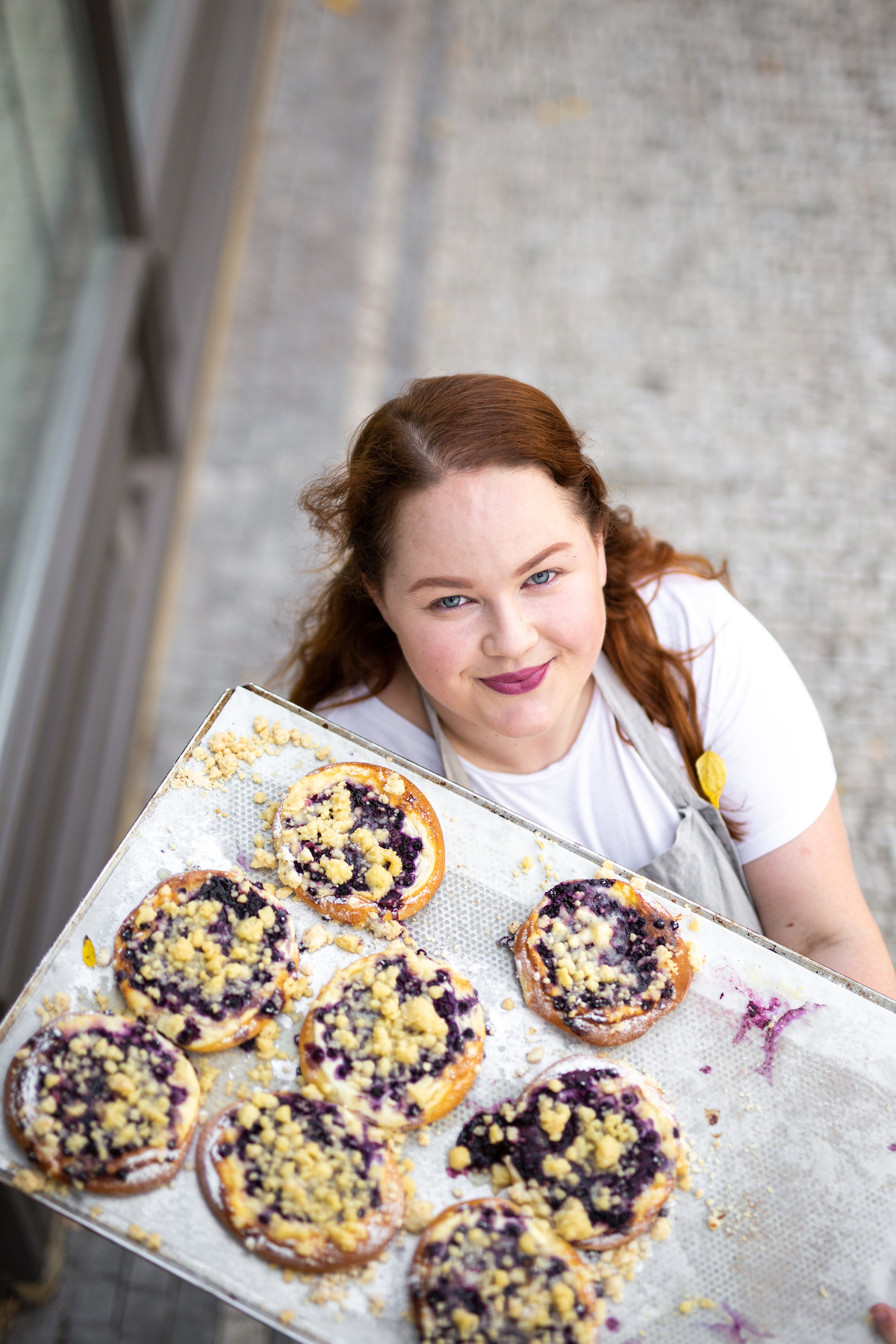
 through memories and satisfy your heart and soul at the same time. I believe it is very important to remember our traditions, origins, and roots, because I have been noticing the lack of history in our generation in the nowadays “hipster” era. Baking and the tradition of sweets as a meal were indeed unique in former Czechoslovakia. I cannot think of any other culture that would eat sweet meals for breakfast, lunch, or dinner. Rich kolaches, sweet dumplings, yeasts poppy seed buns, and tvaroh noodles with butter are just a couple of examples of our amazing cultural treasures.
through memories and satisfy your heart and soul at the same time. I believe it is very important to remember our traditions, origins, and roots, because I have been noticing the lack of history in our generation in the nowadays “hipster” era. Baking and the tradition of sweets as a meal were indeed unique in former Czechoslovakia. I cannot think of any other culture that would eat sweet meals for breakfast, lunch, or dinner. Rich kolaches, sweet dumplings, yeasts poppy seed buns, and tvaroh noodles with butter are just a couple of examples of our amazing cultural treasures. MAKING CUSTOMERS A COMMUNITY
MAKING CUSTOMERS A COMMUNITY see that a small traditional local bakery can really make a difference in the current modern era and in someone’s daily life. If you take the best of yourself and the best of quality ingredients available and put them into the product you offer, you can be sure that you will create a meaningful business that will succeed.
see that a small traditional local bakery can really make a difference in the current modern era and in someone’s daily life. If you take the best of yourself and the best of quality ingredients available and put them into the product you offer, you can be sure that you will create a meaningful business that will succeed.

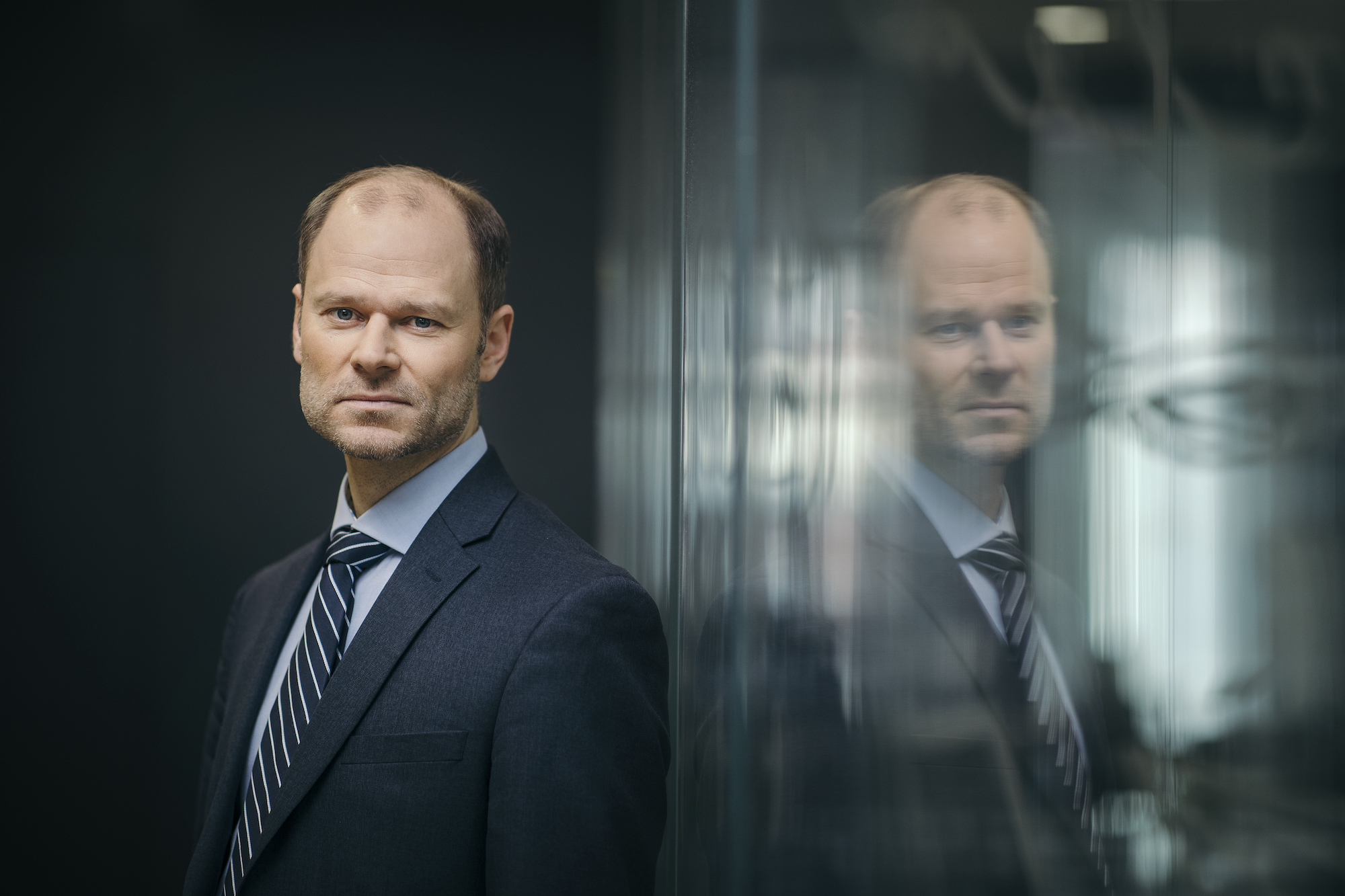
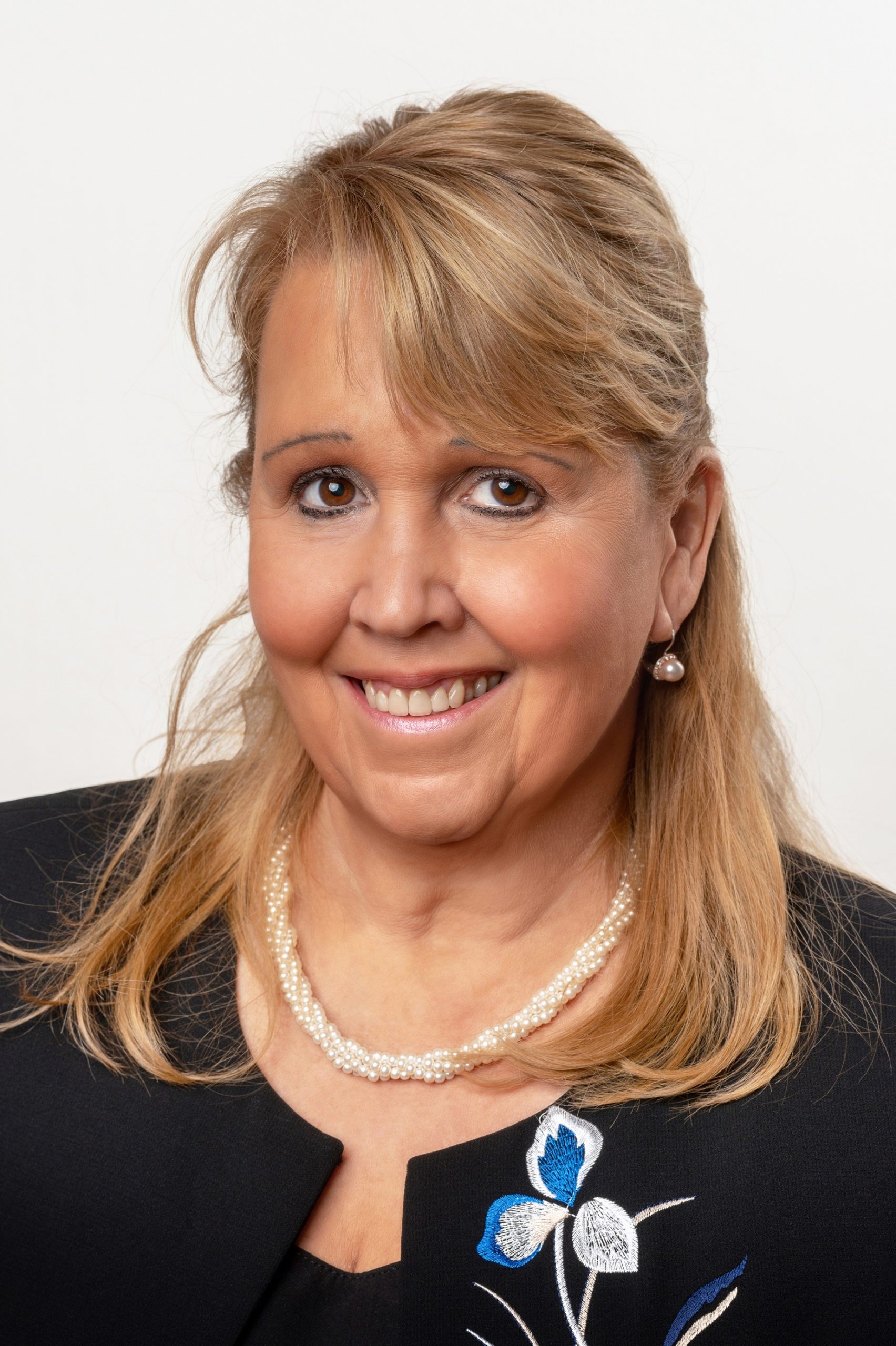
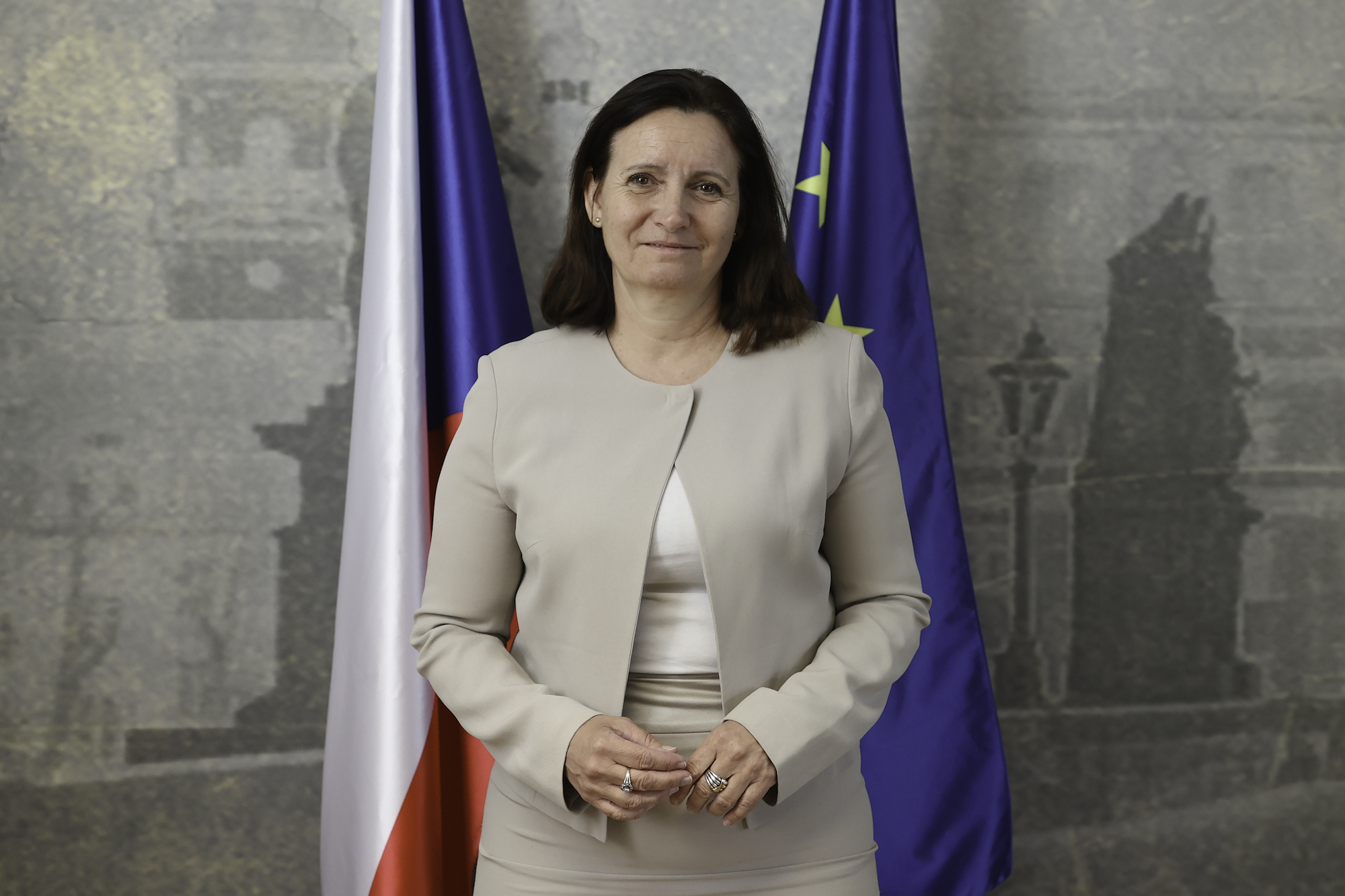
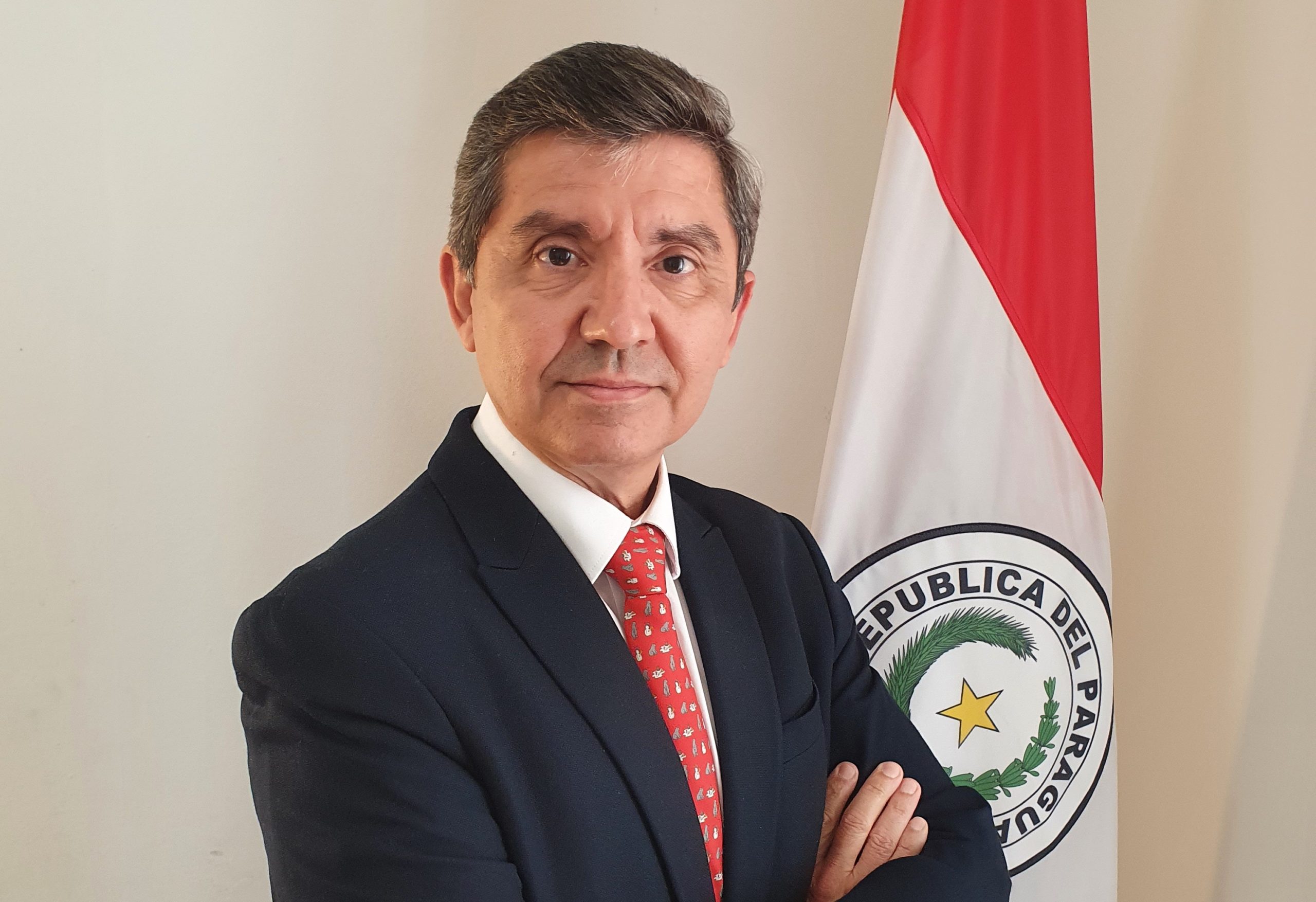
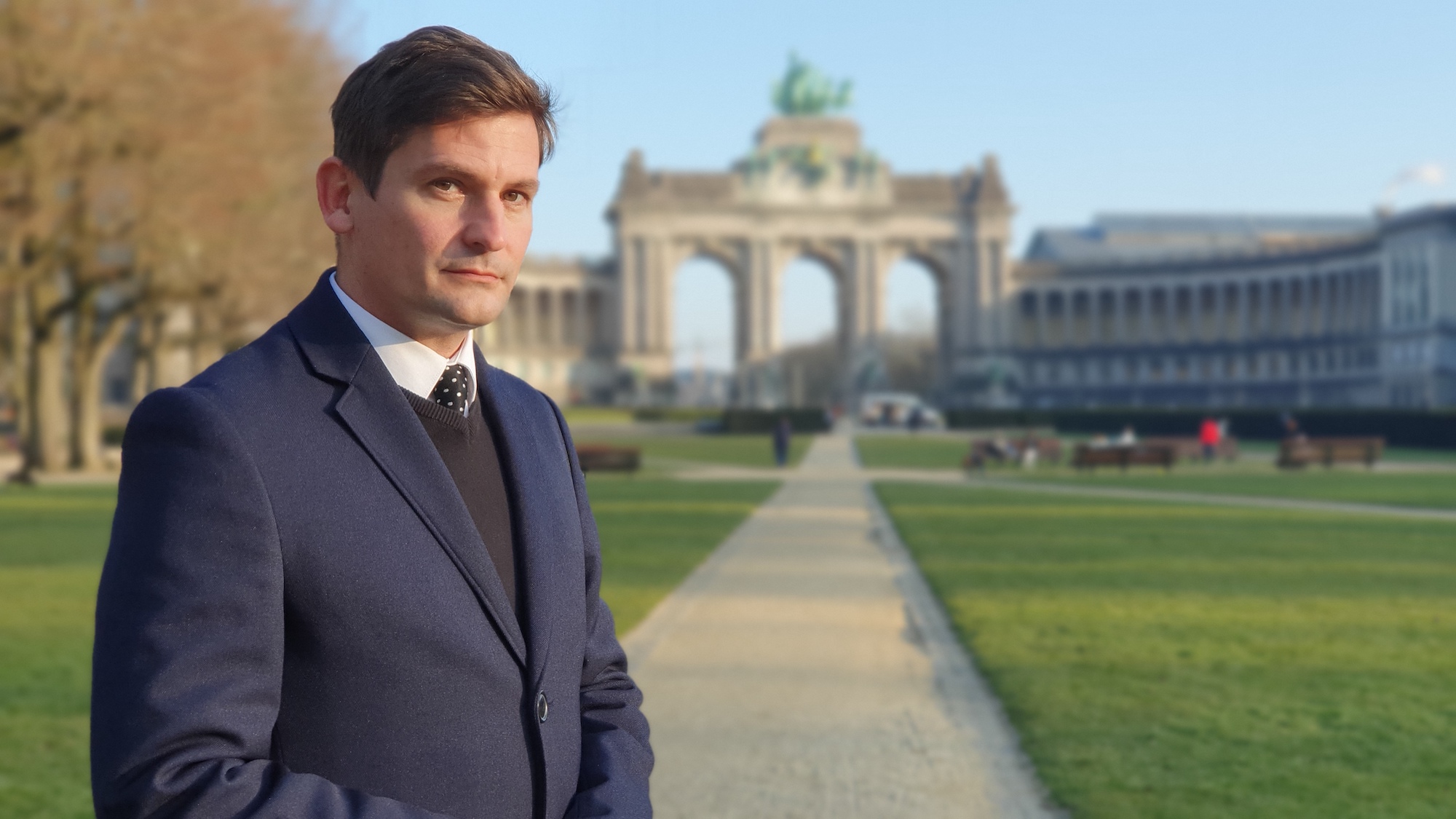
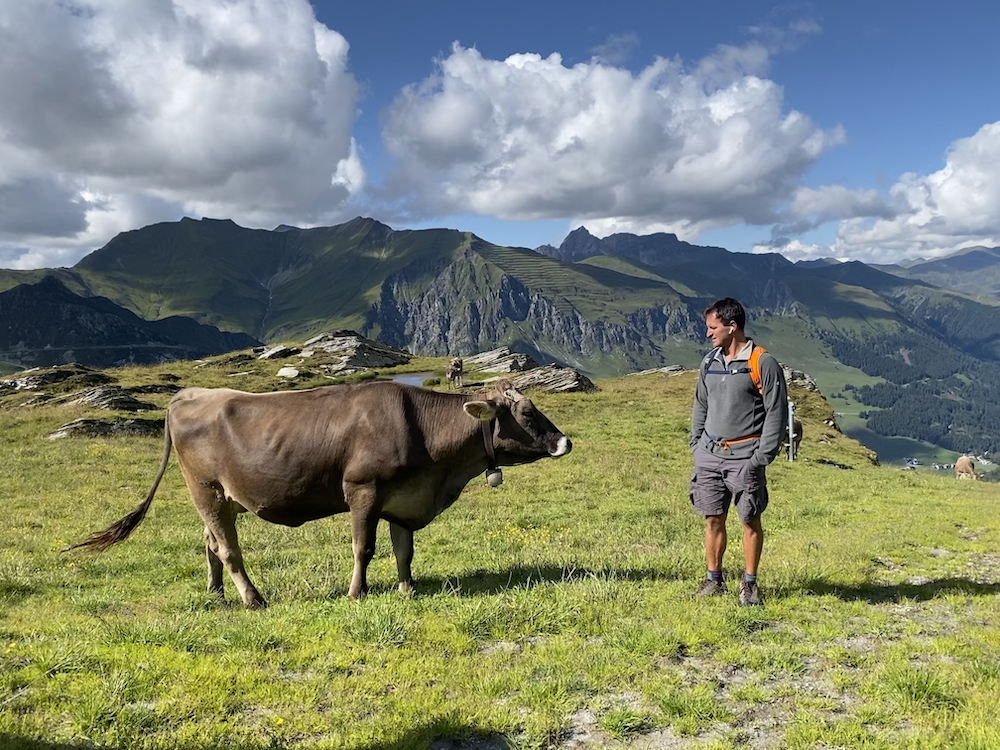
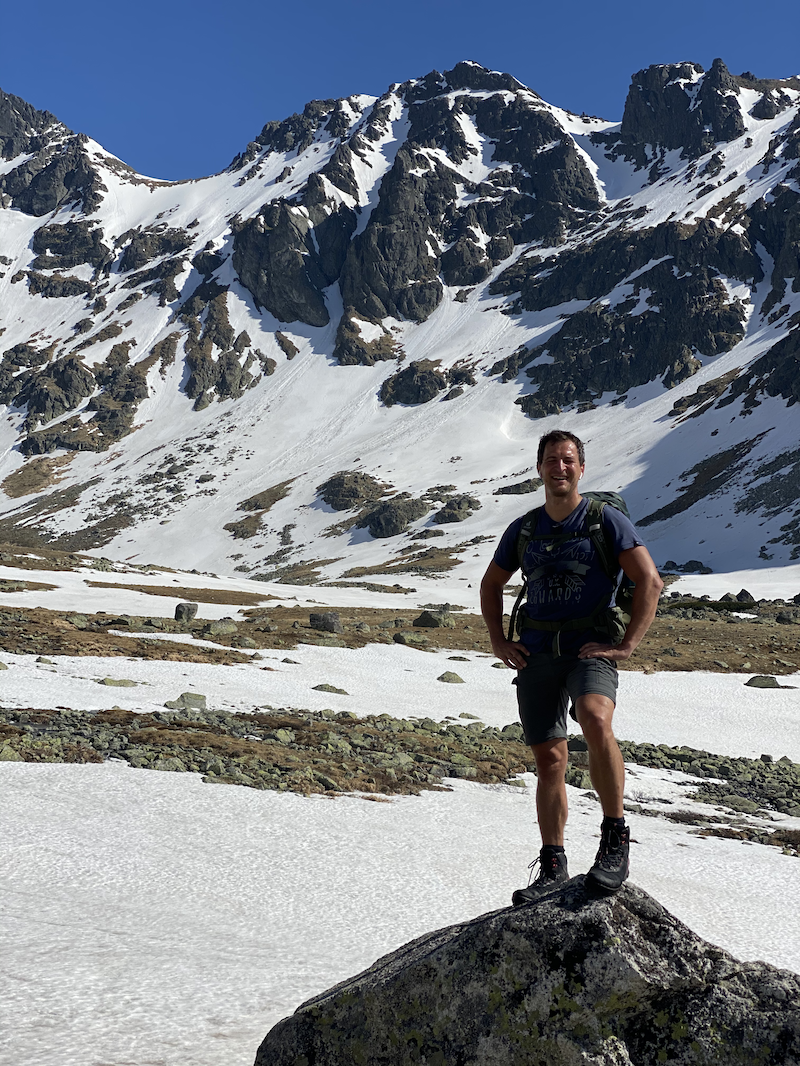
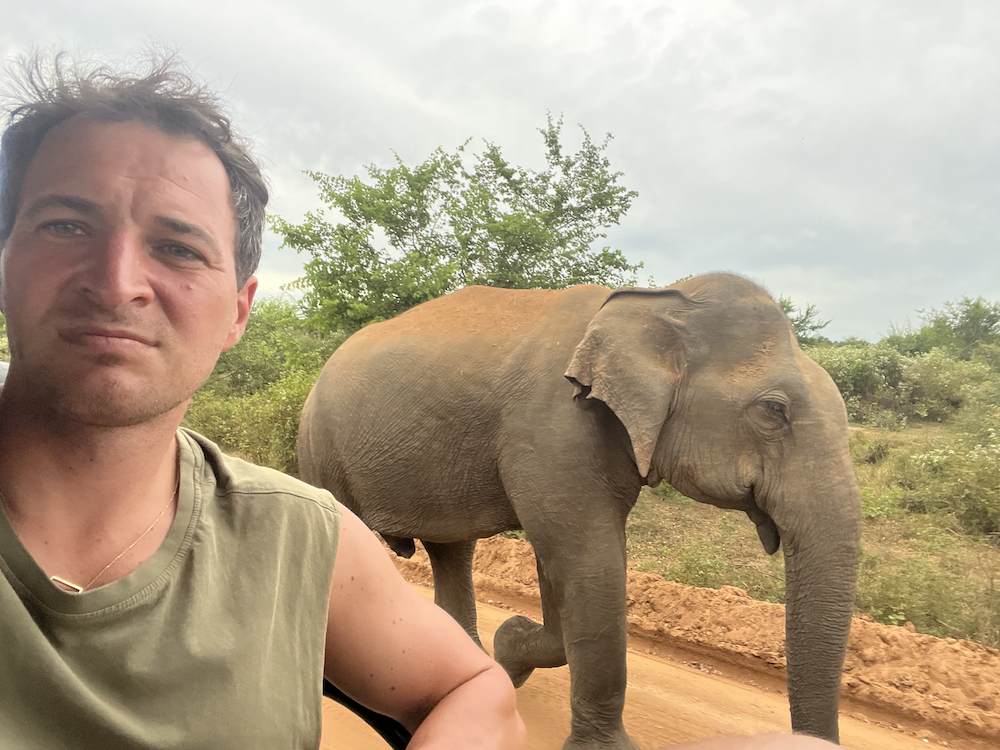
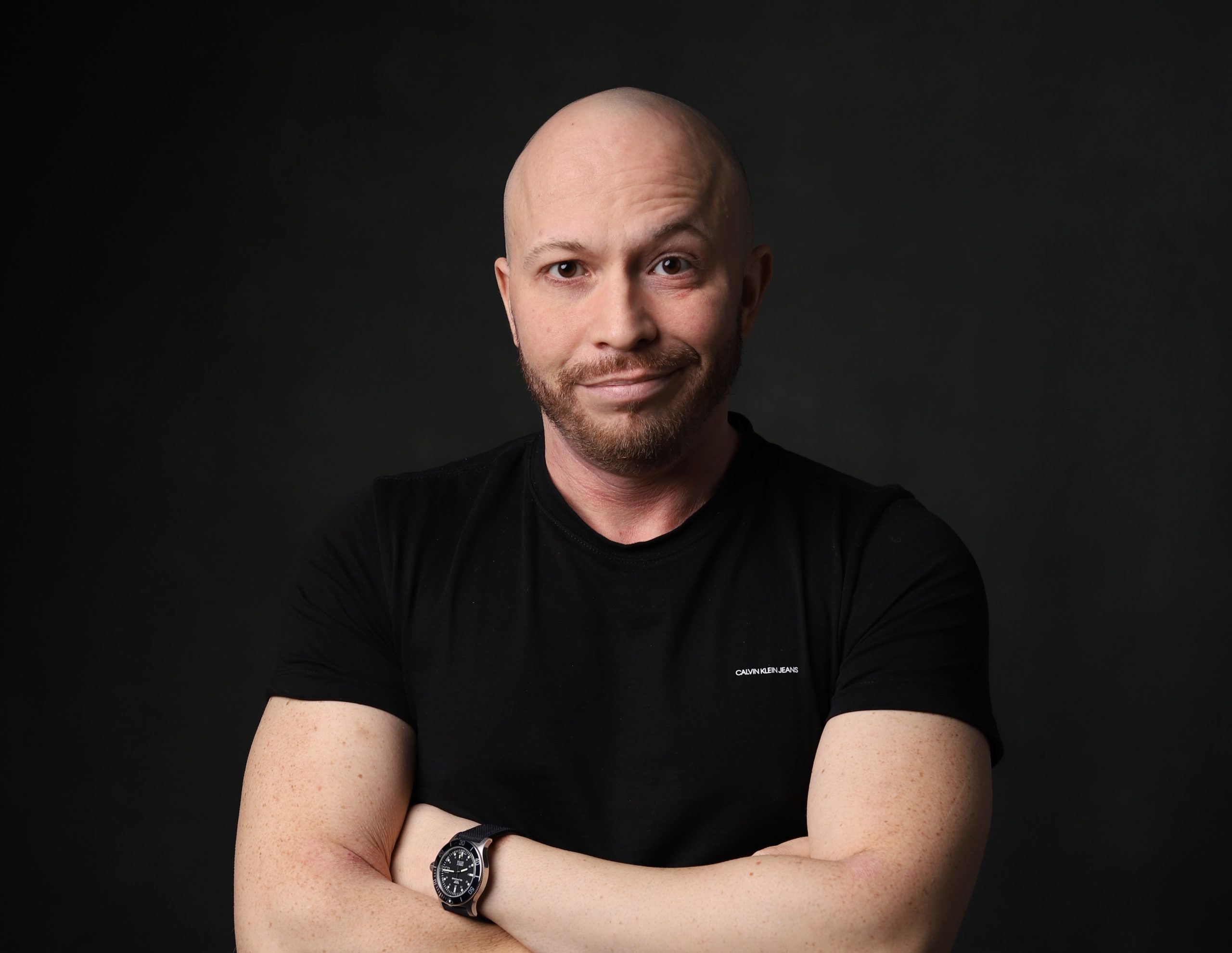
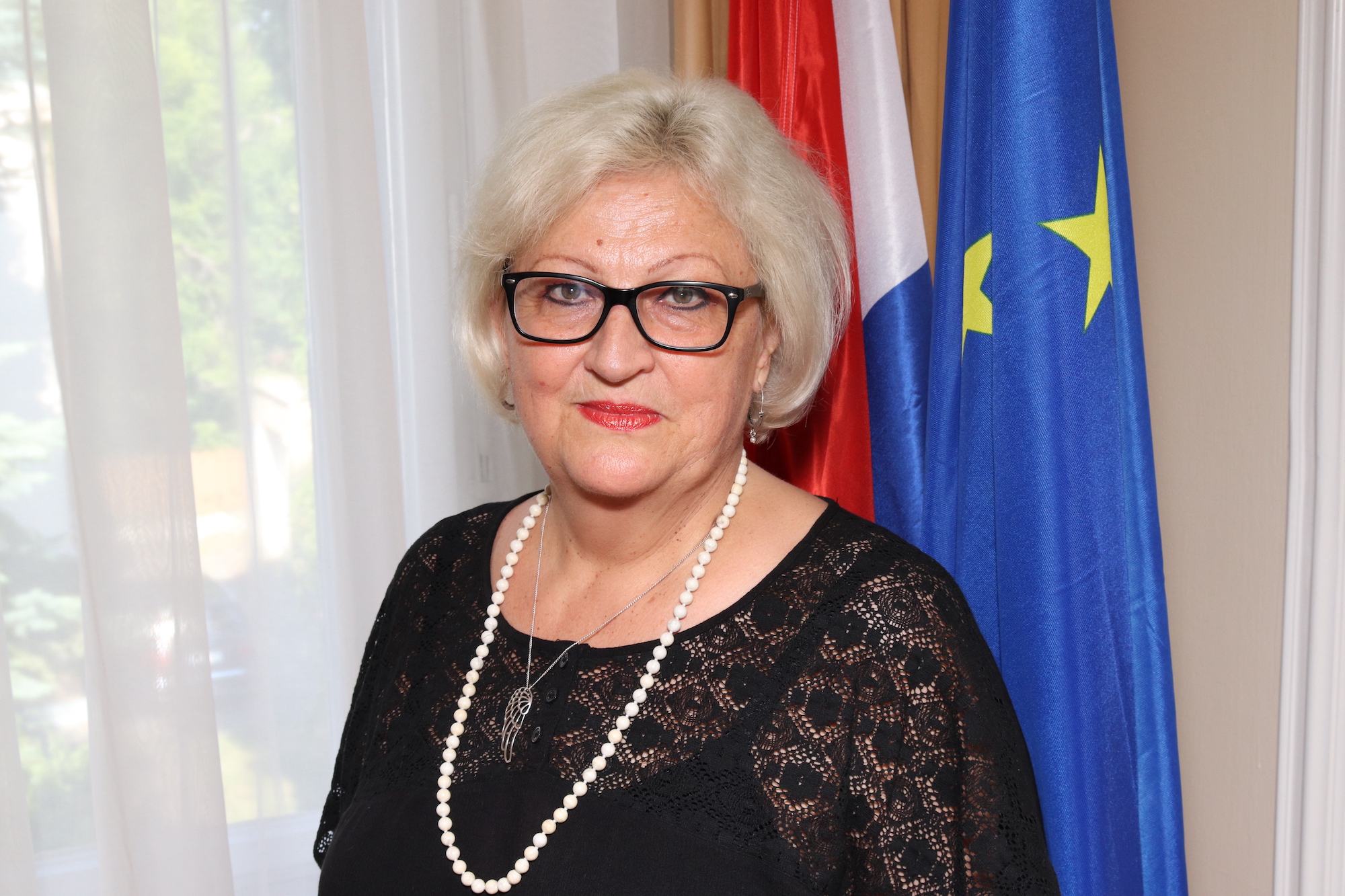
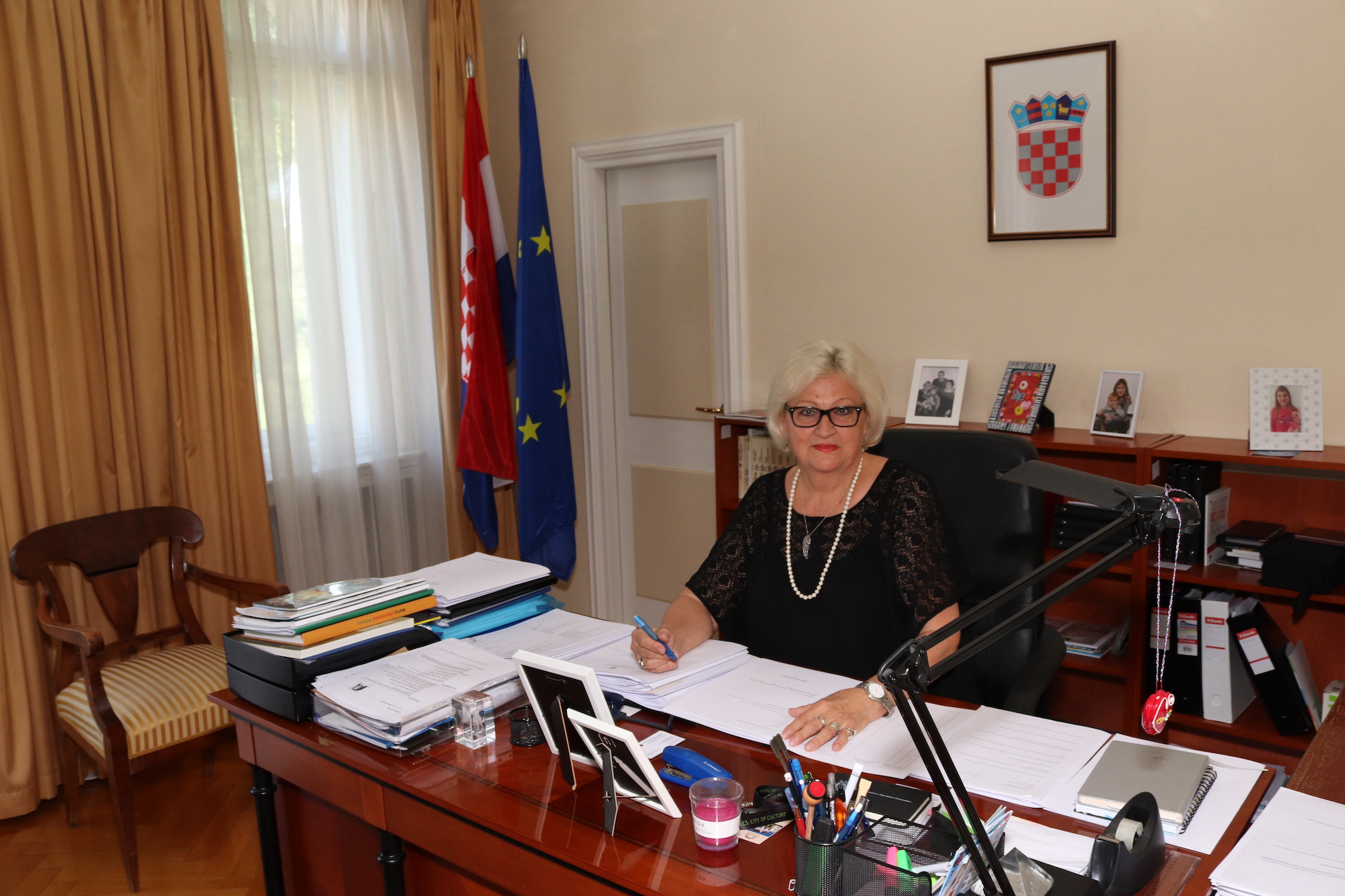
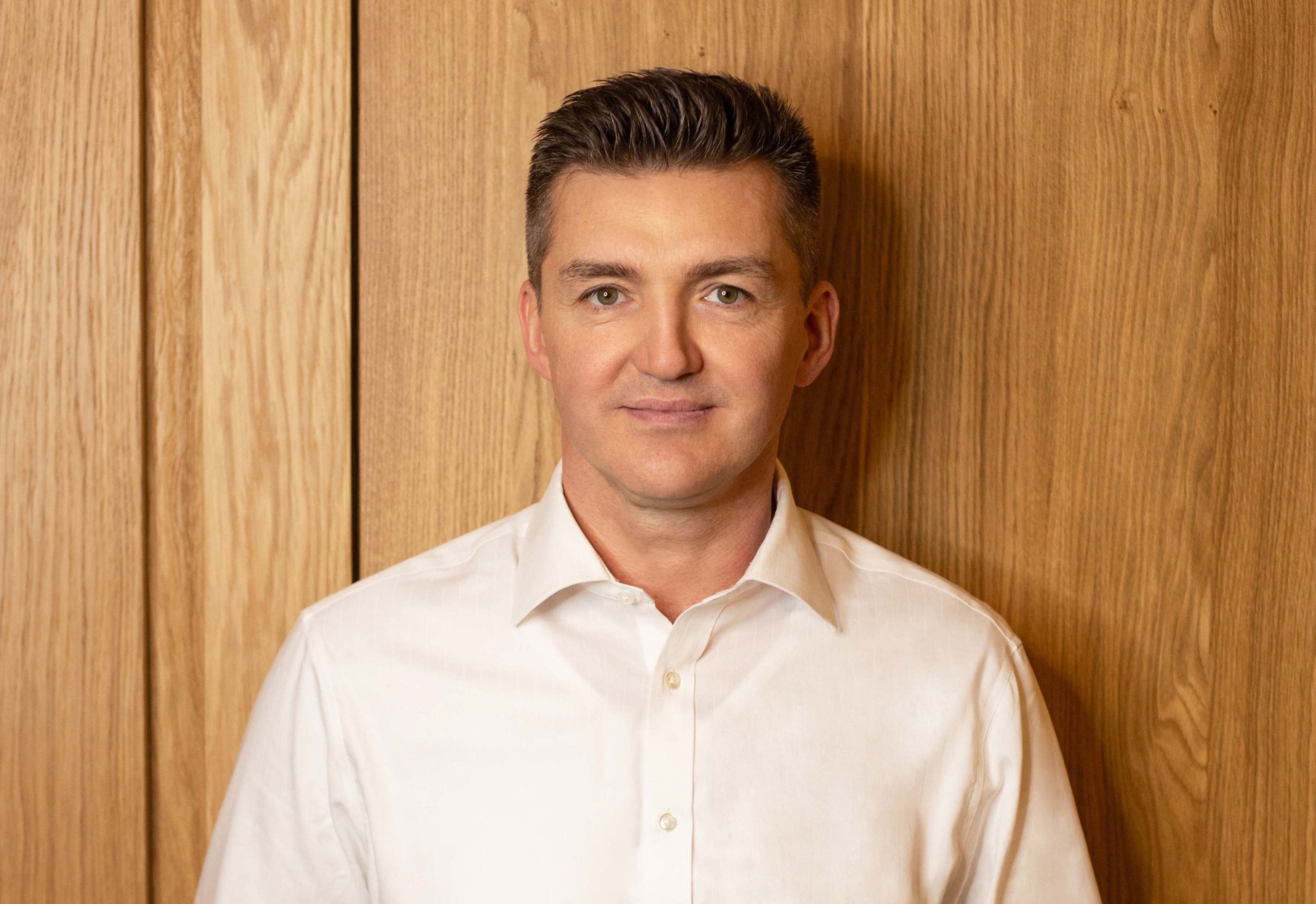
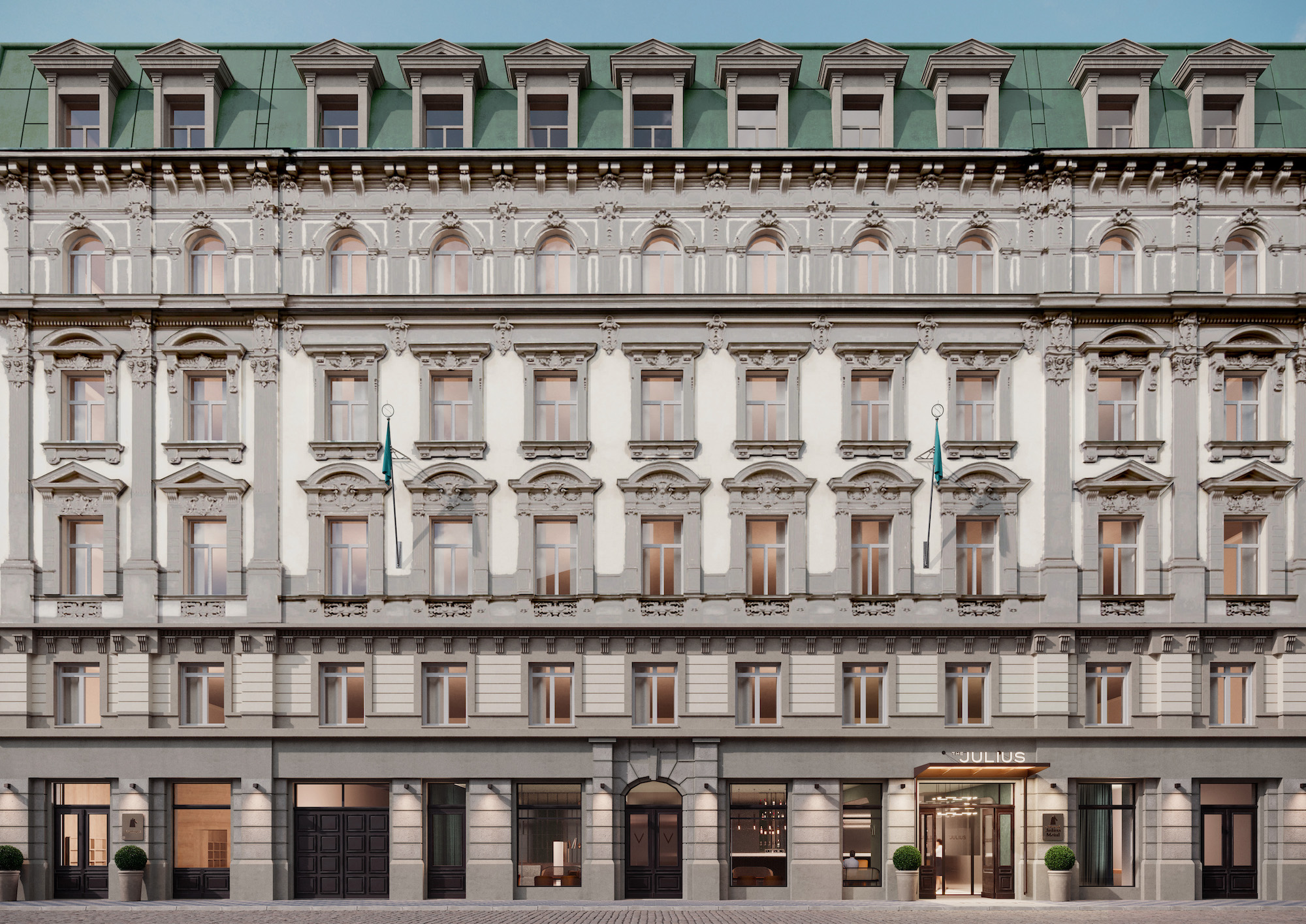
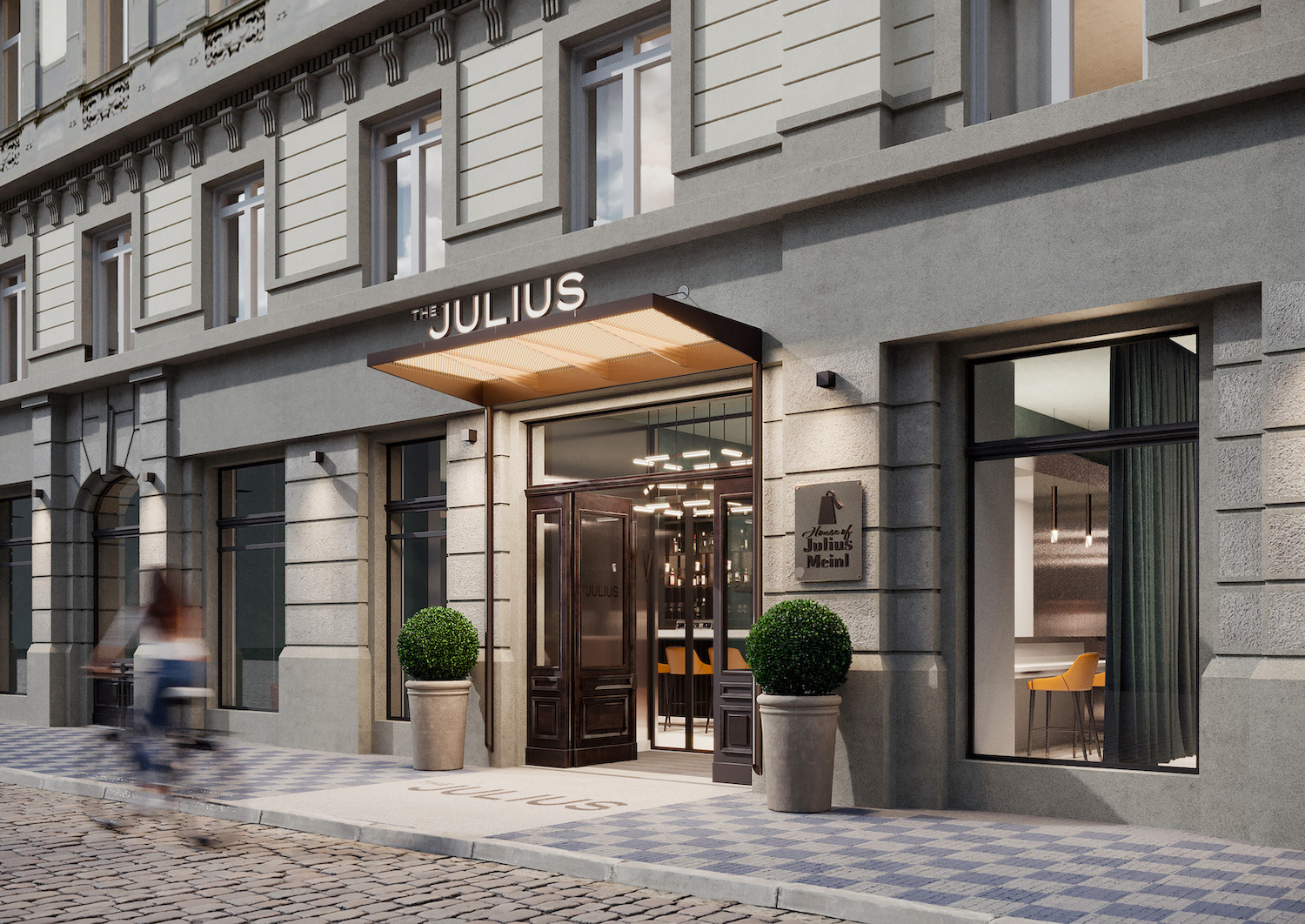
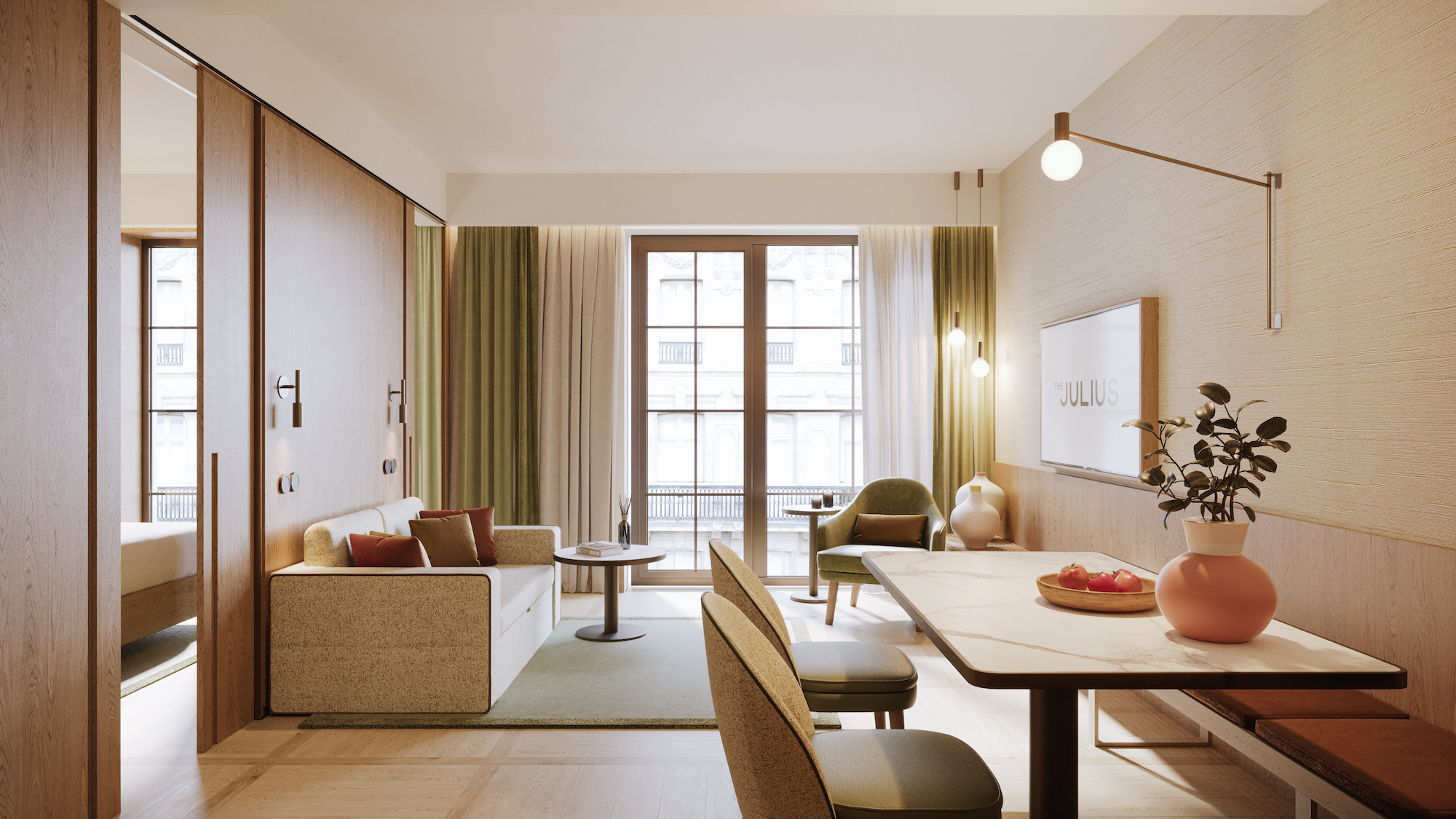
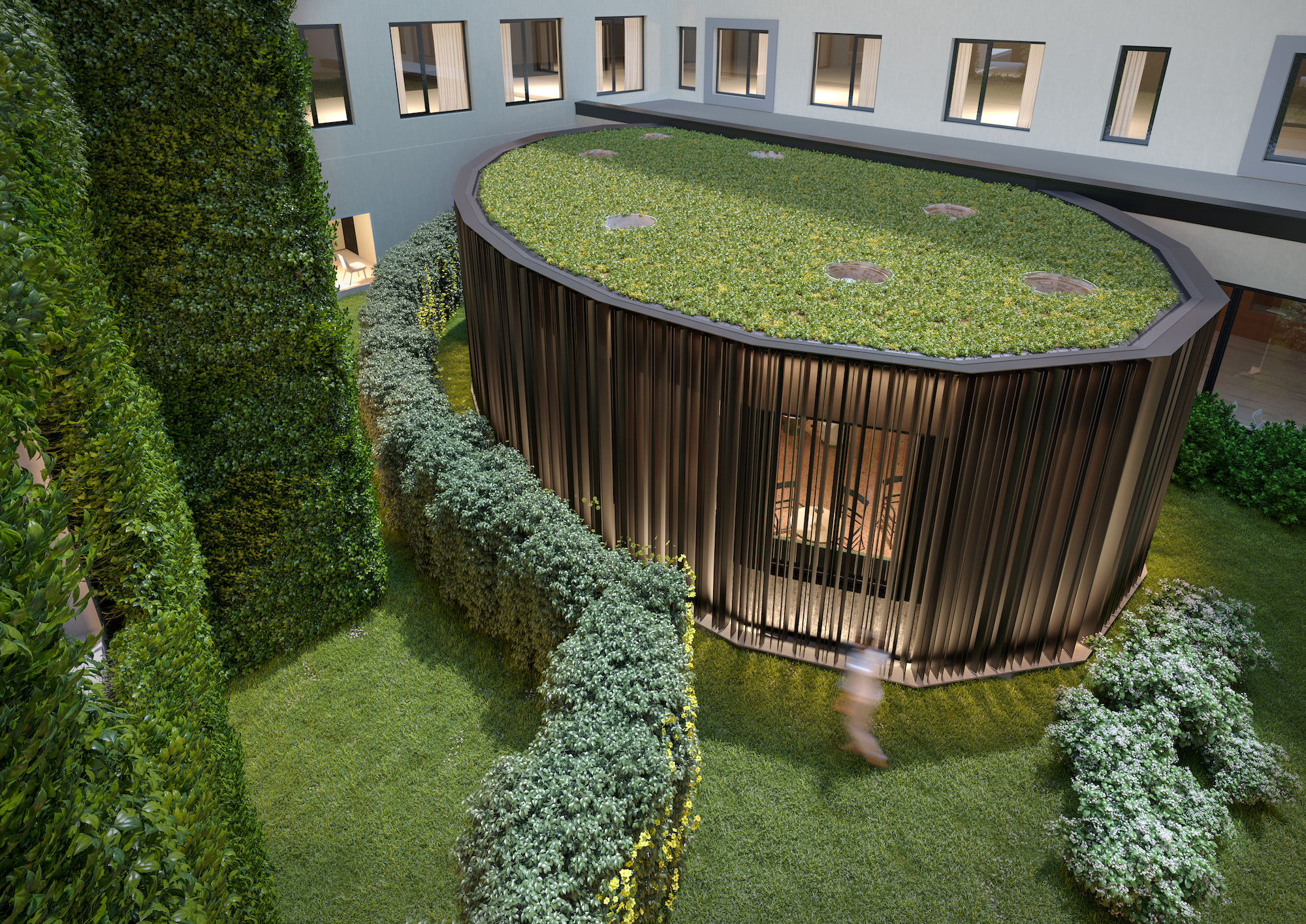
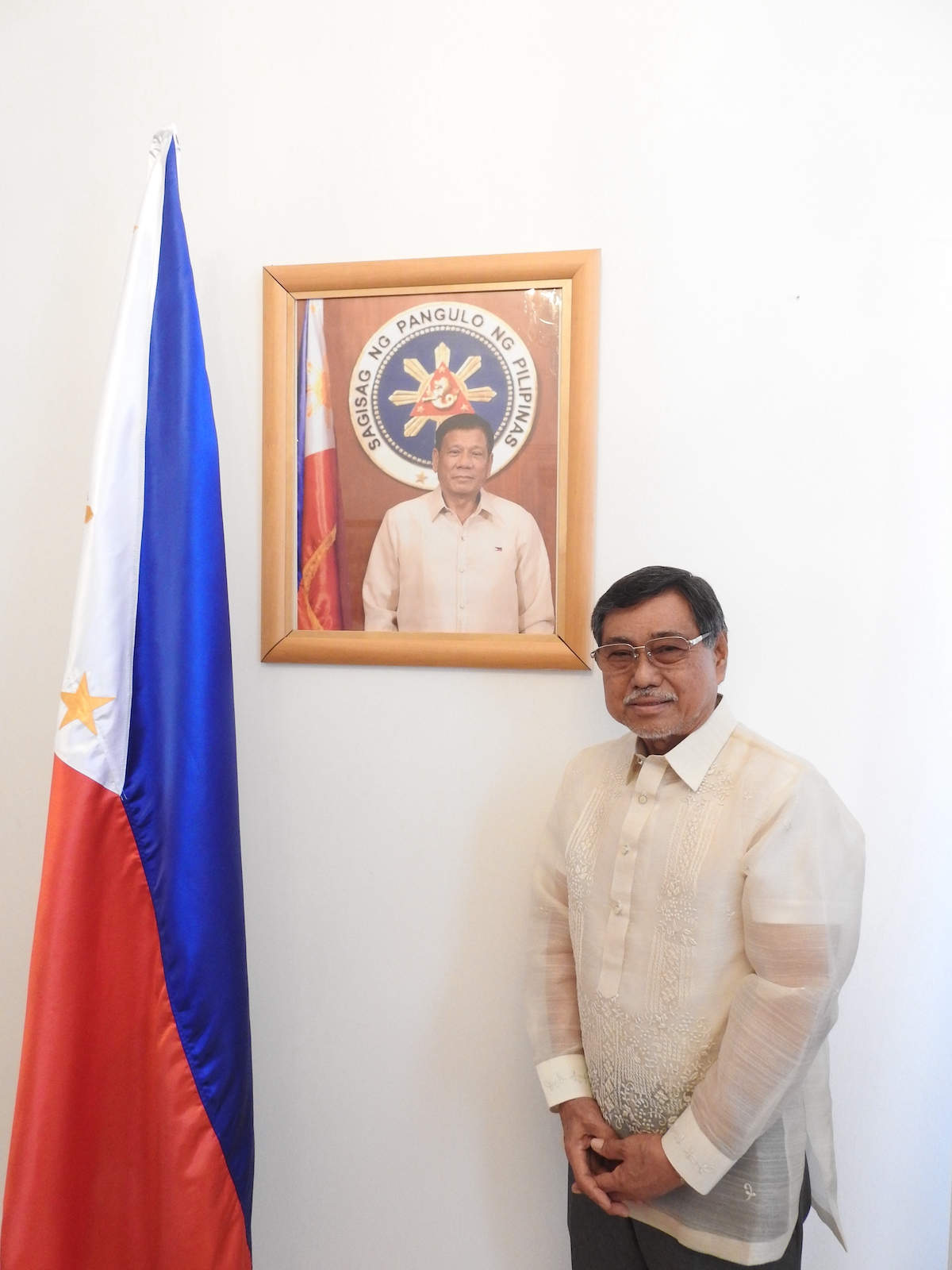
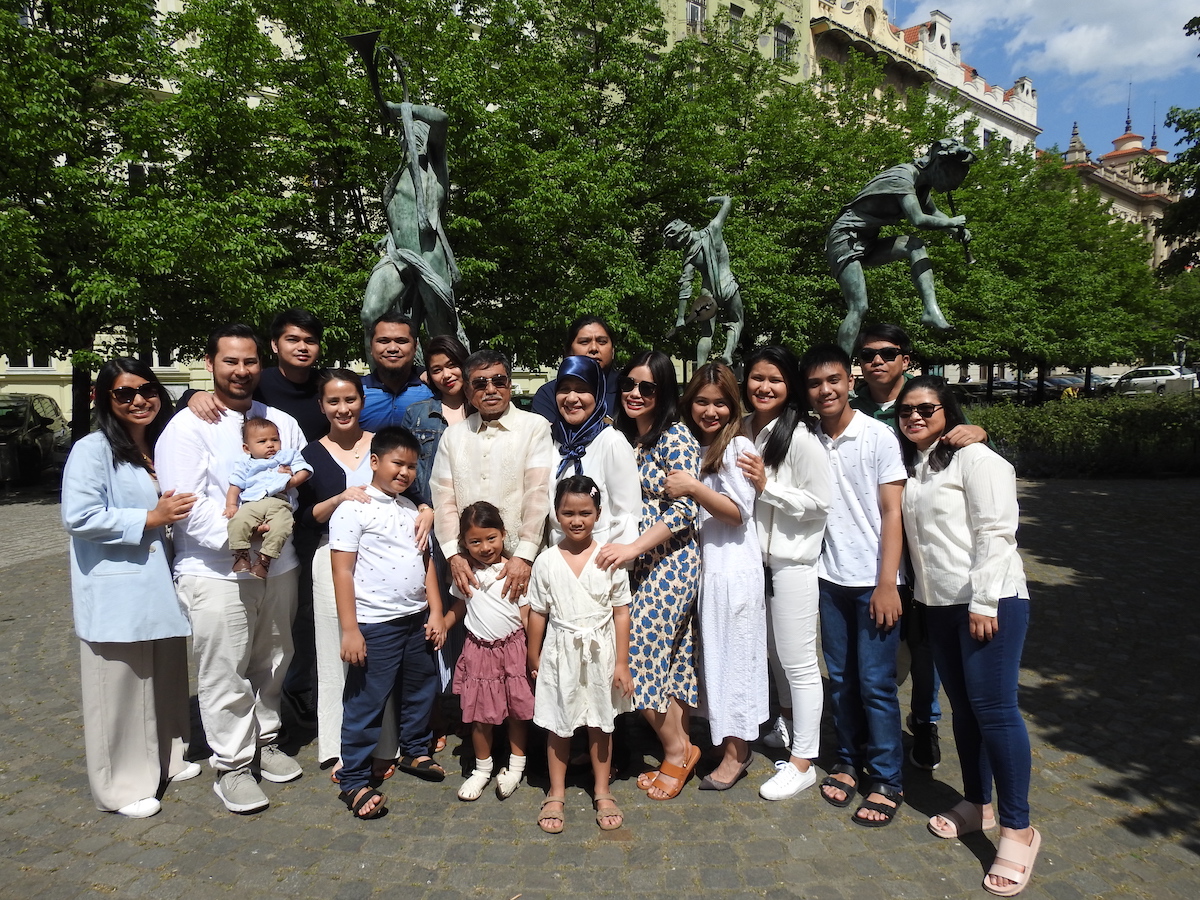
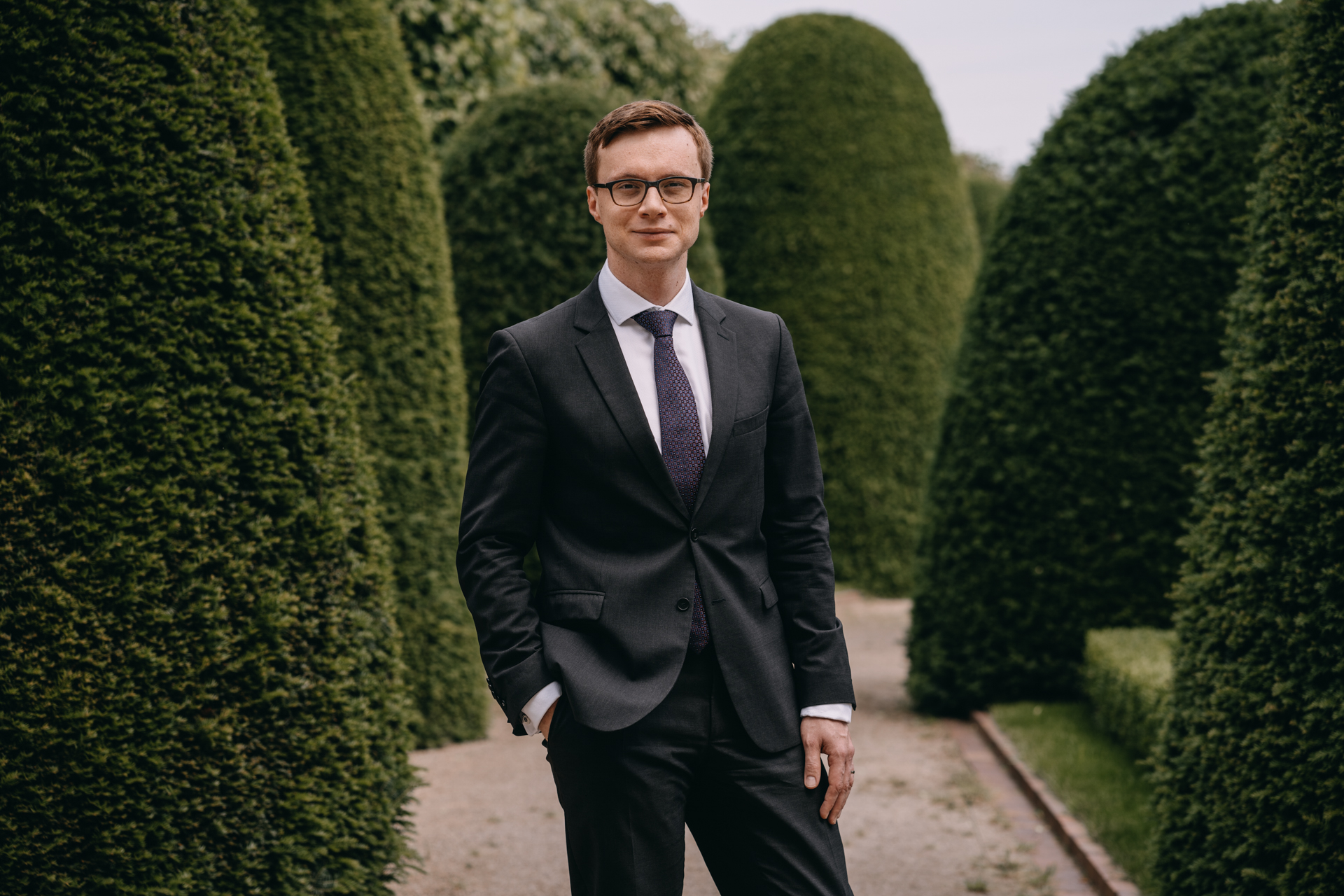
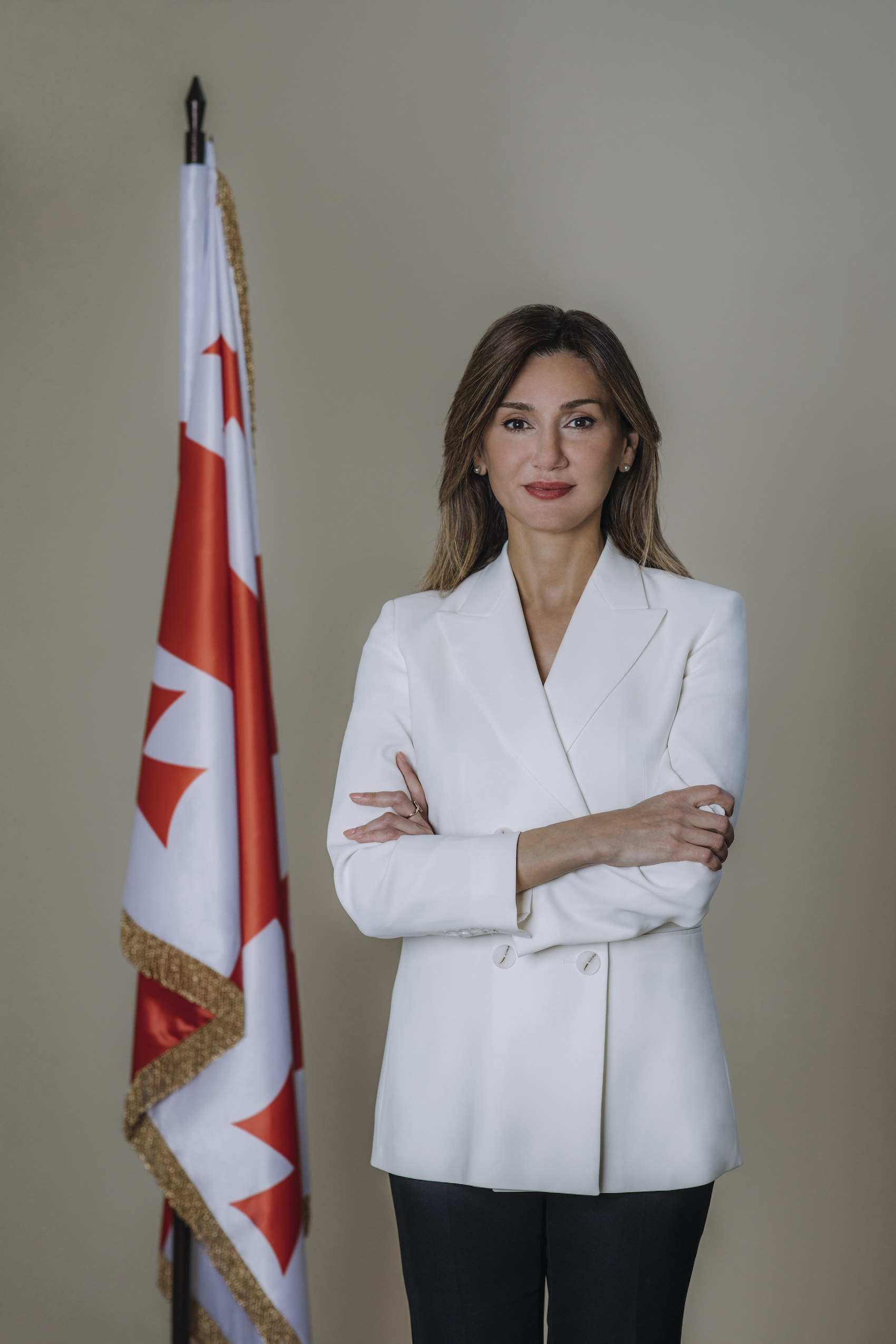
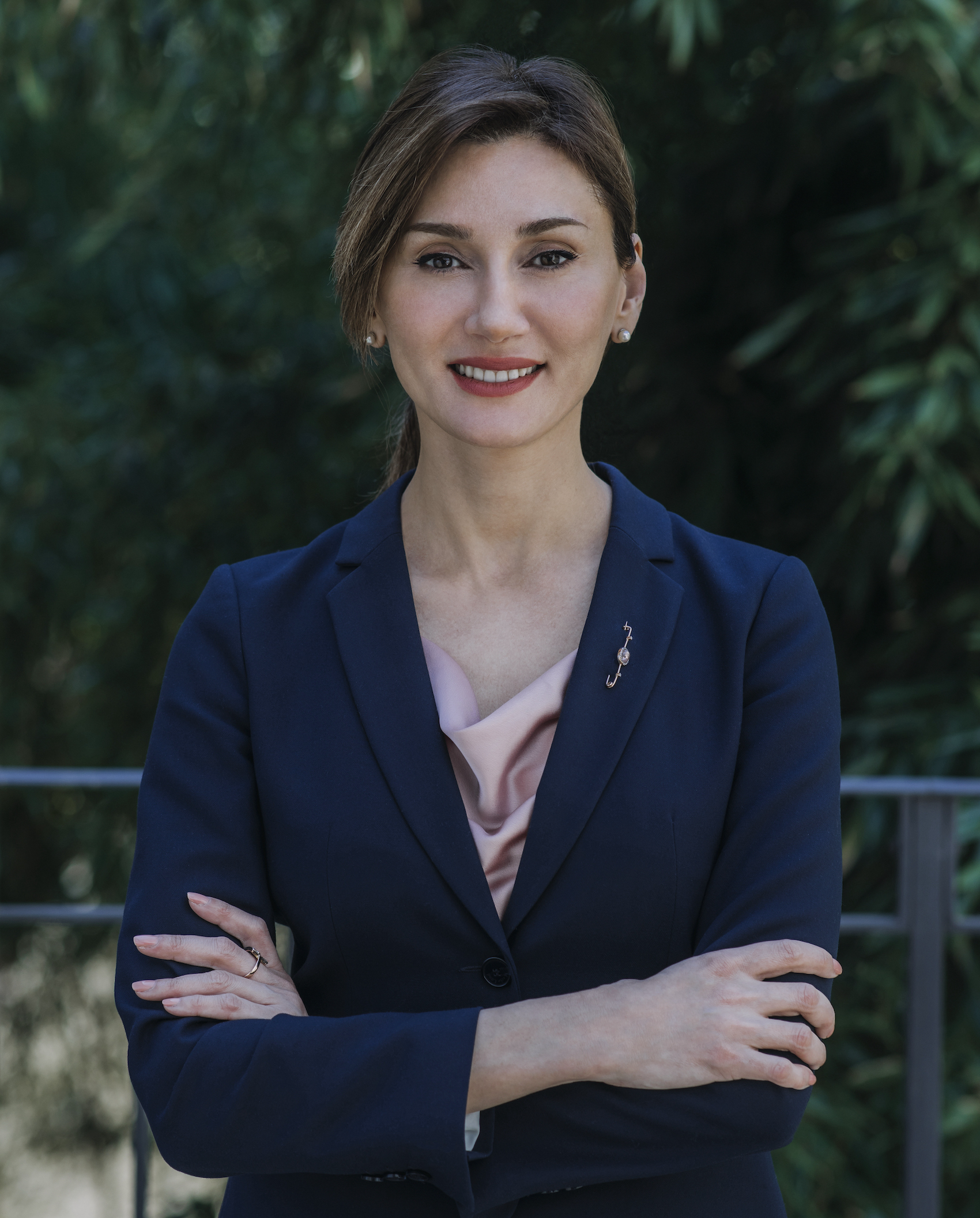
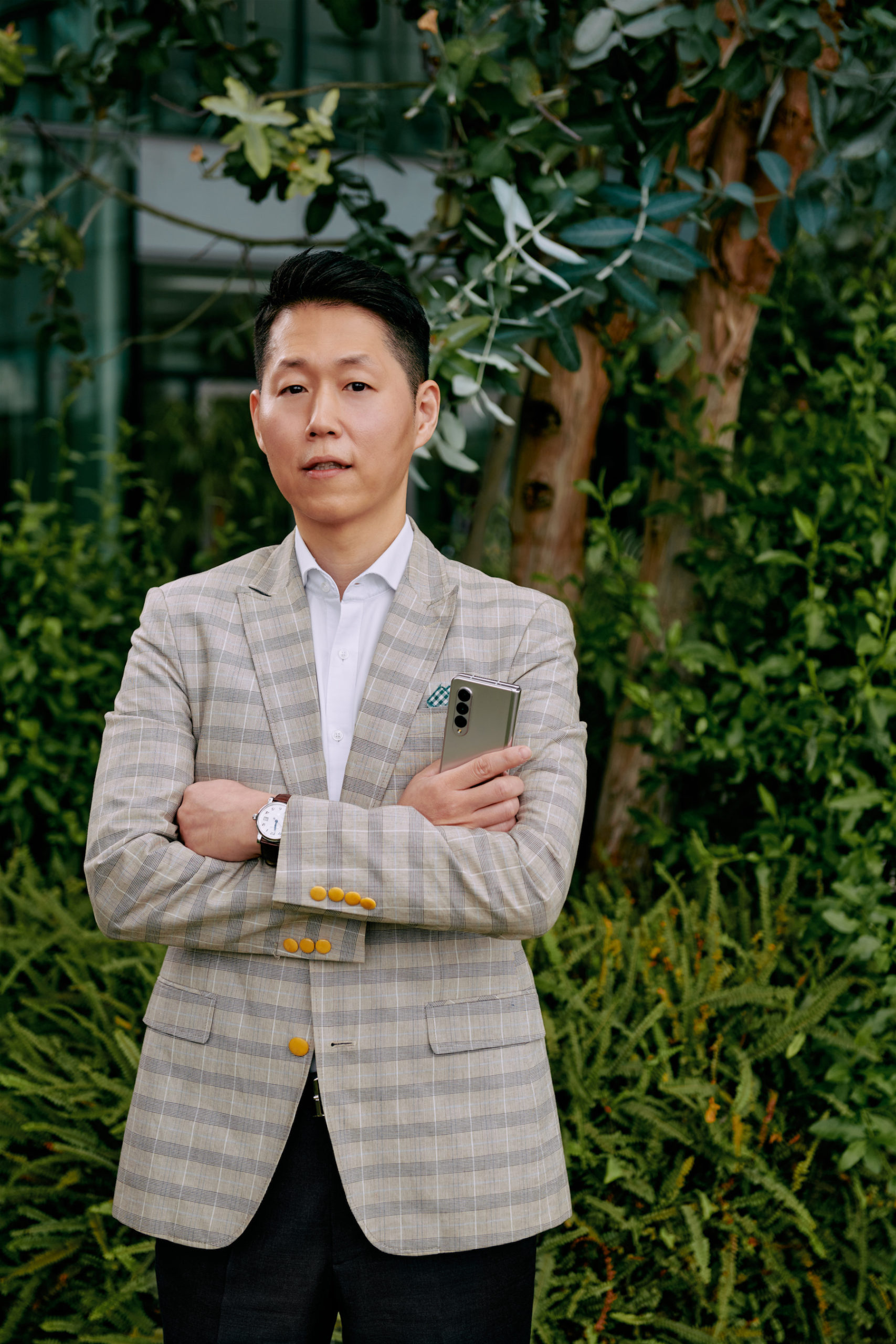
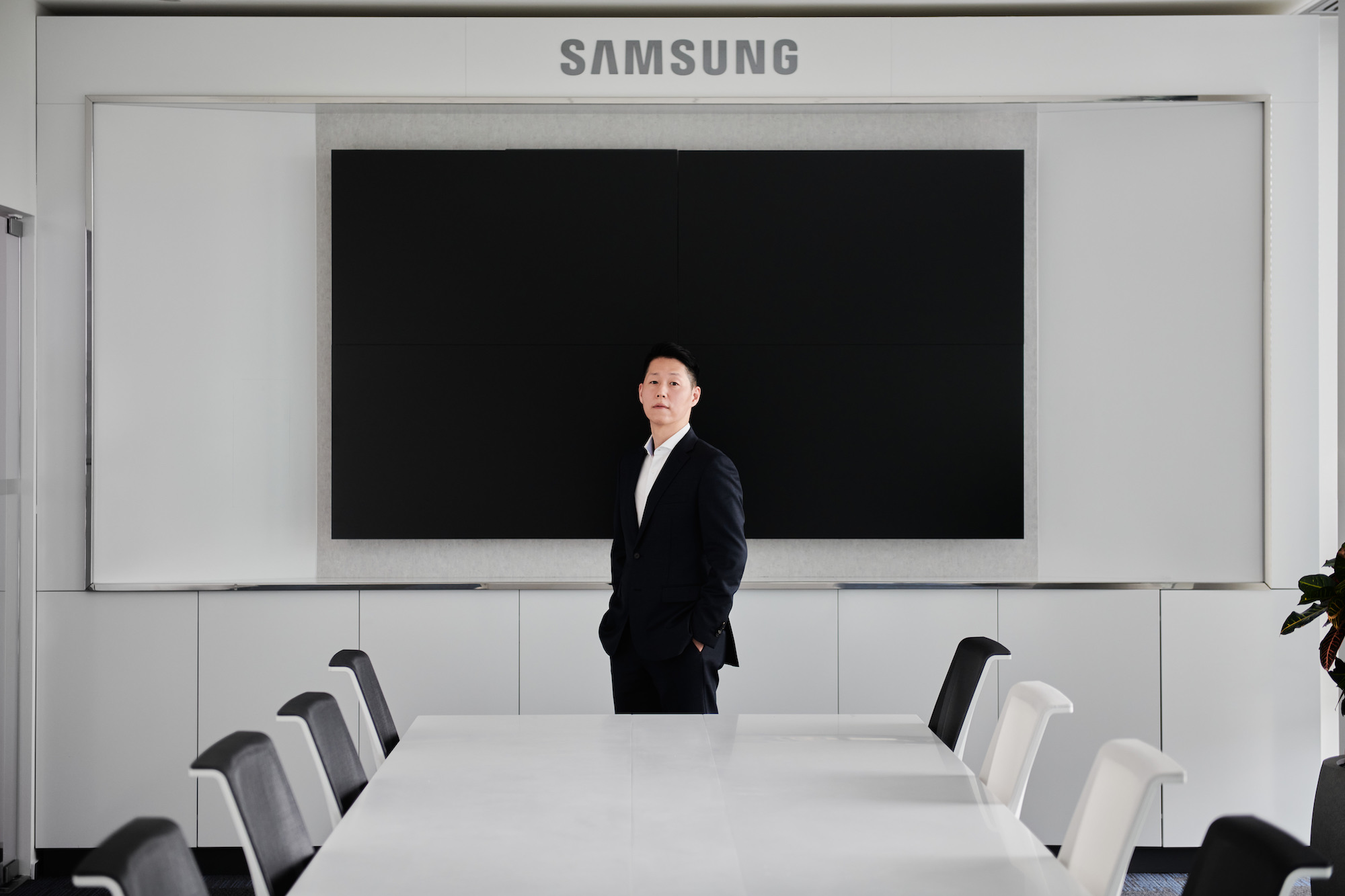
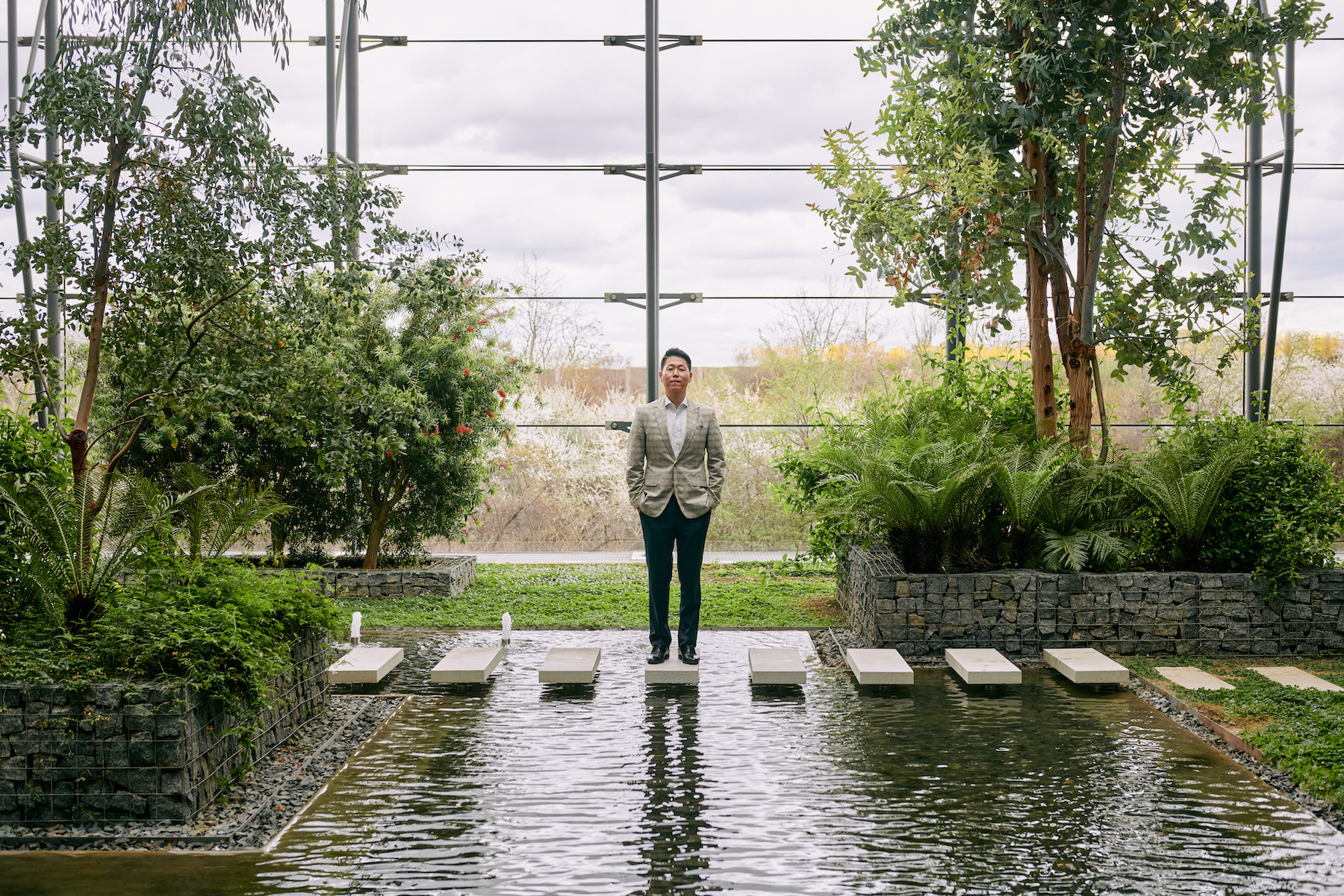
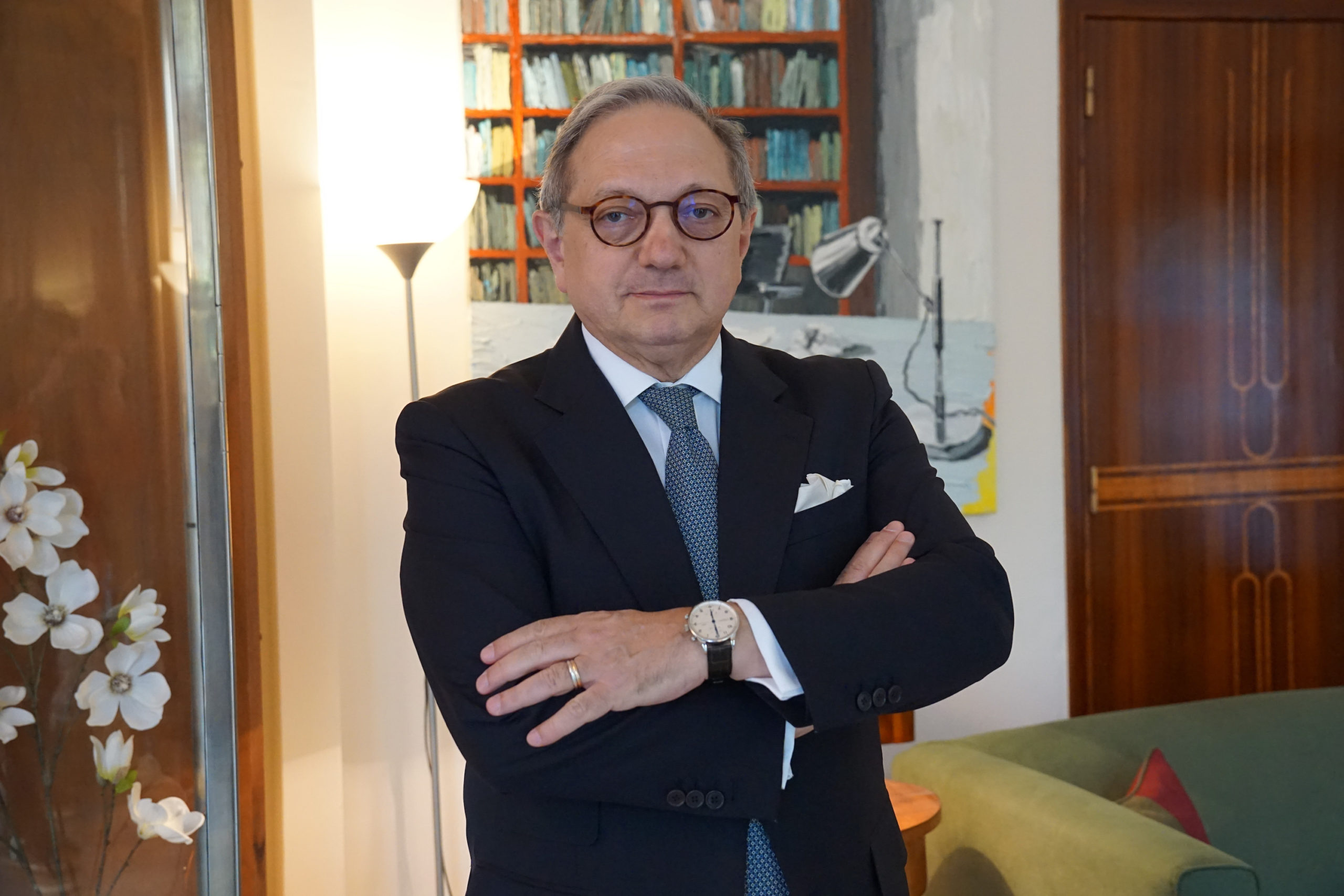
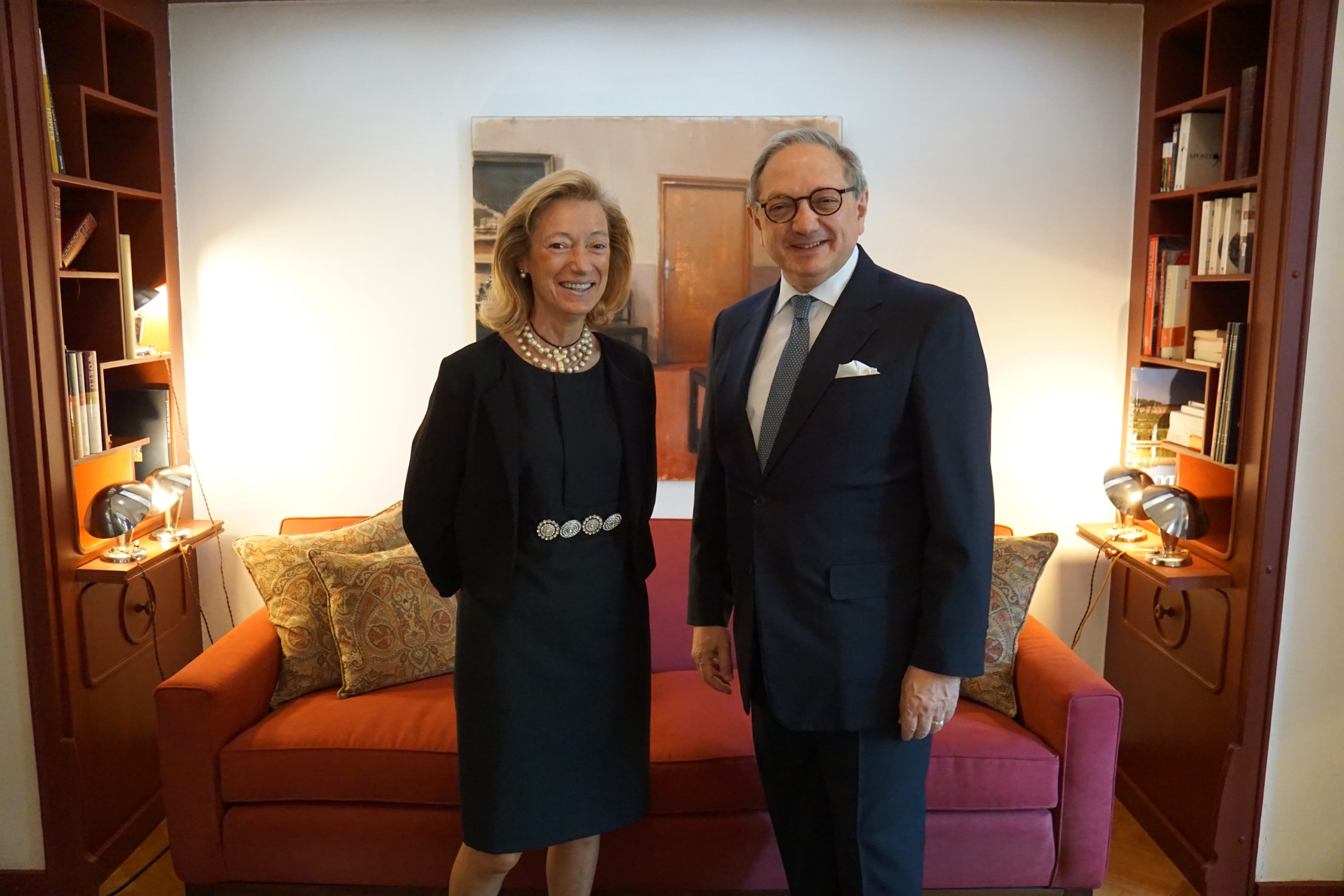
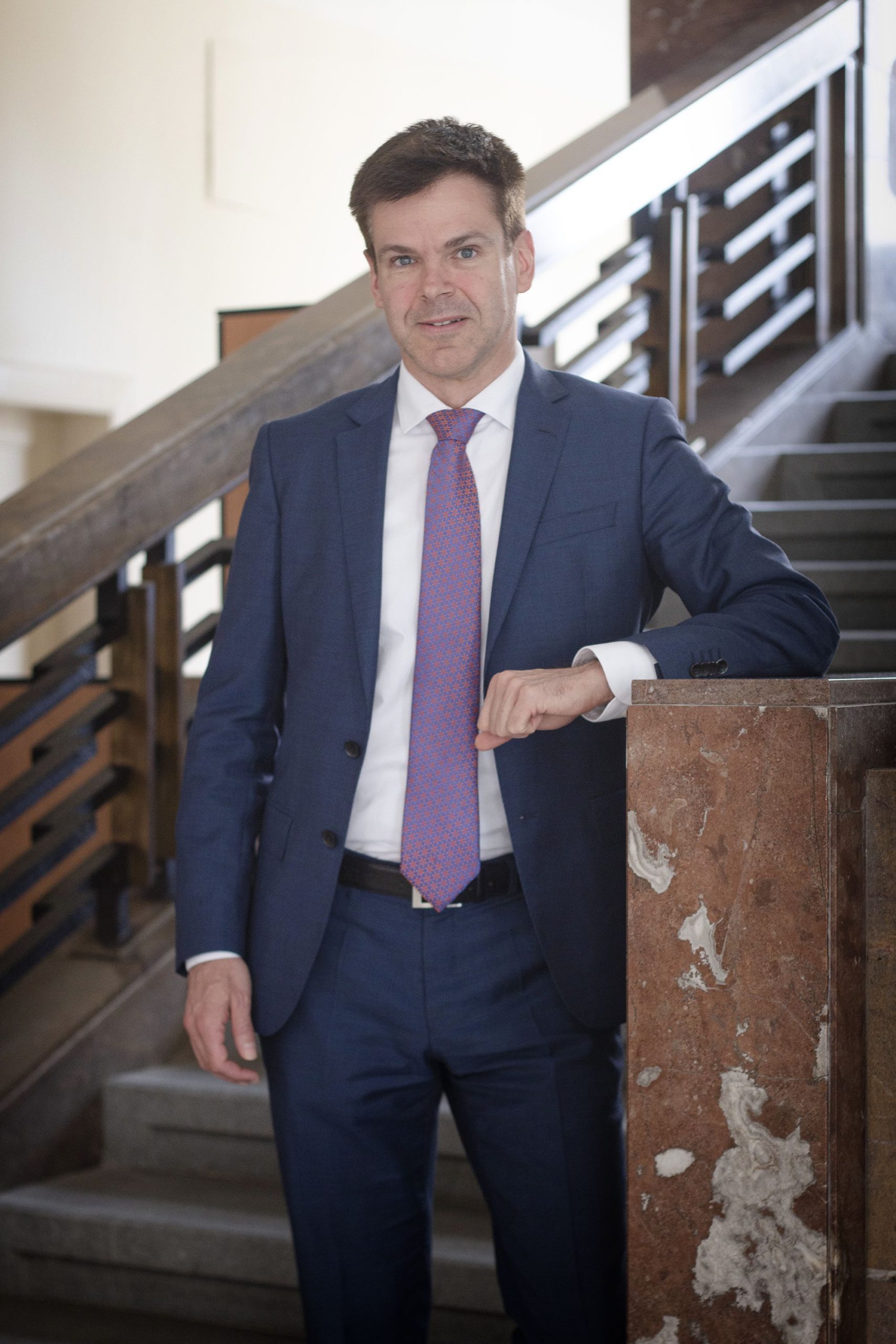

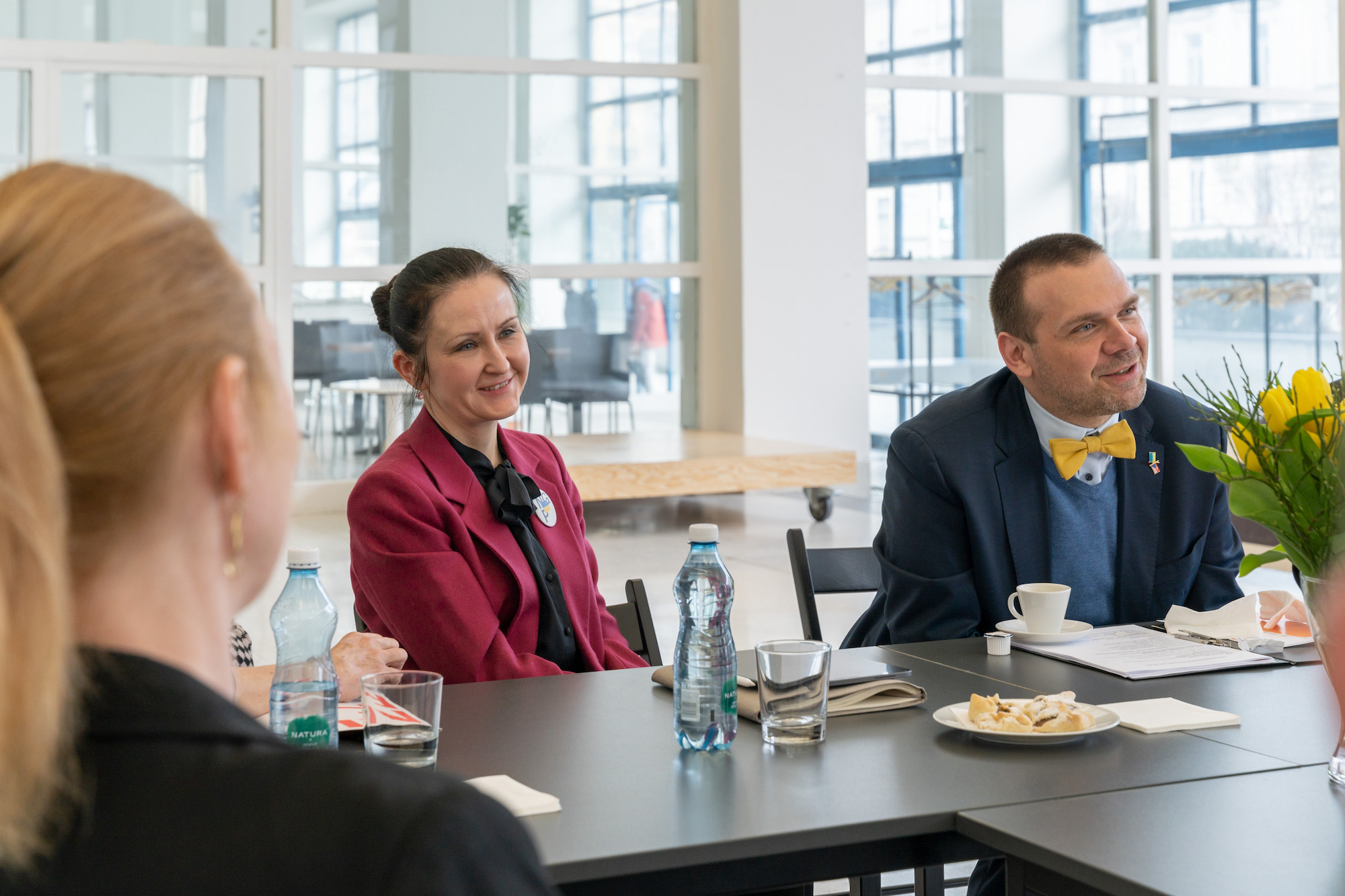
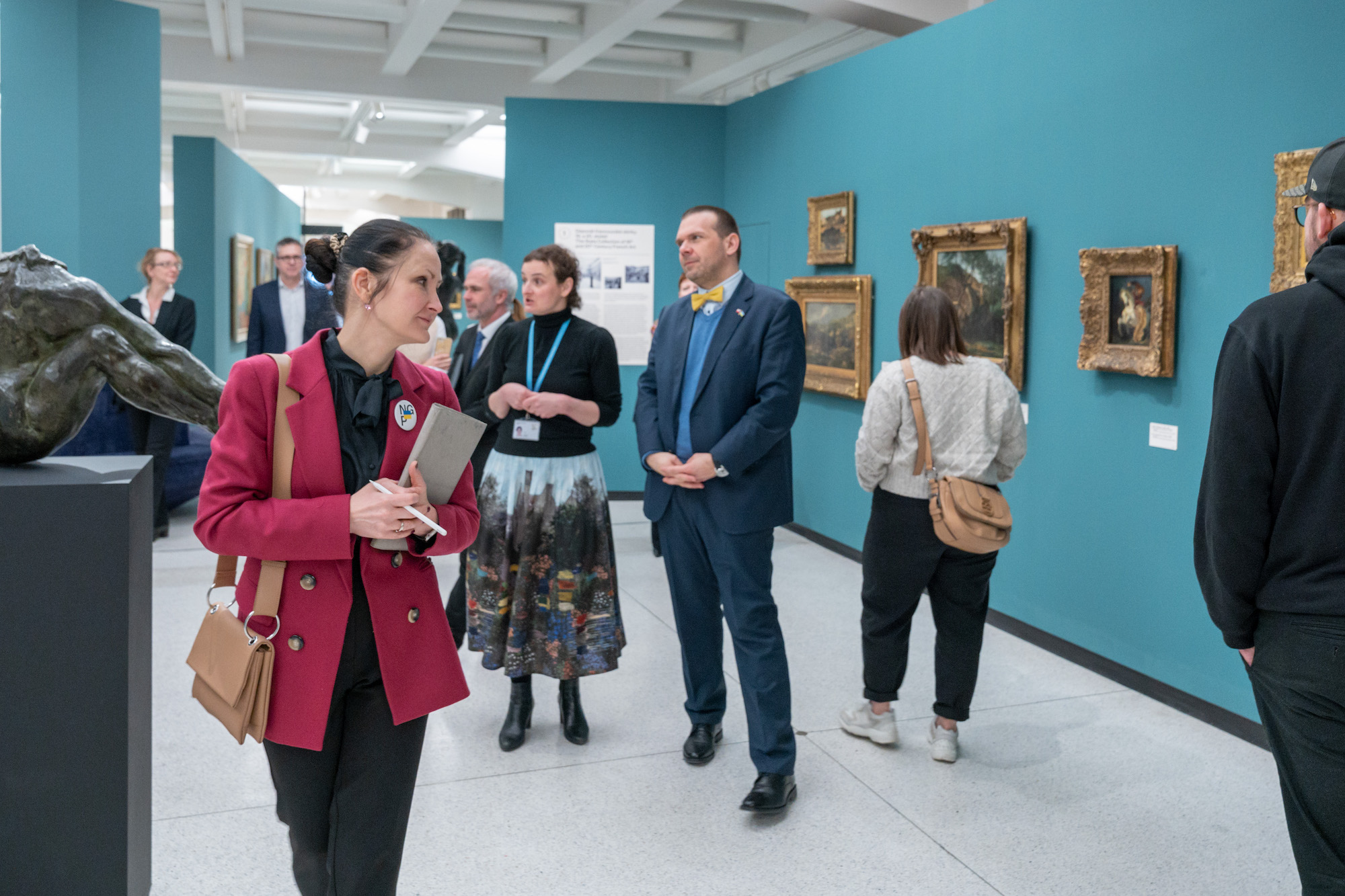

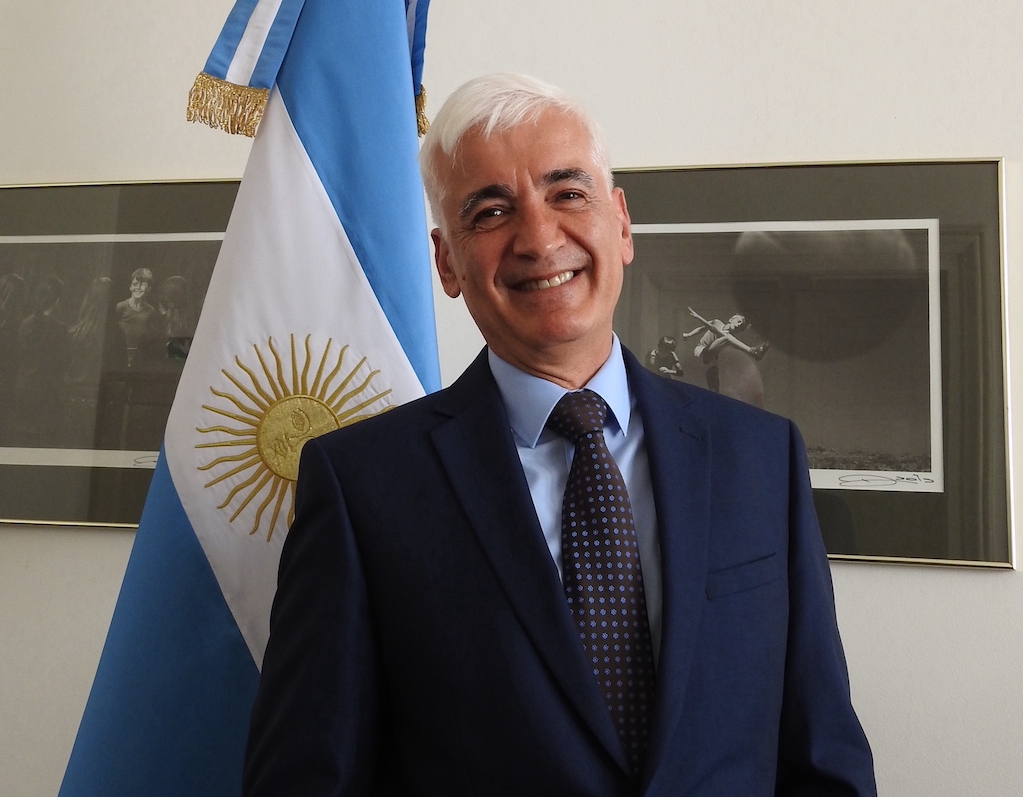
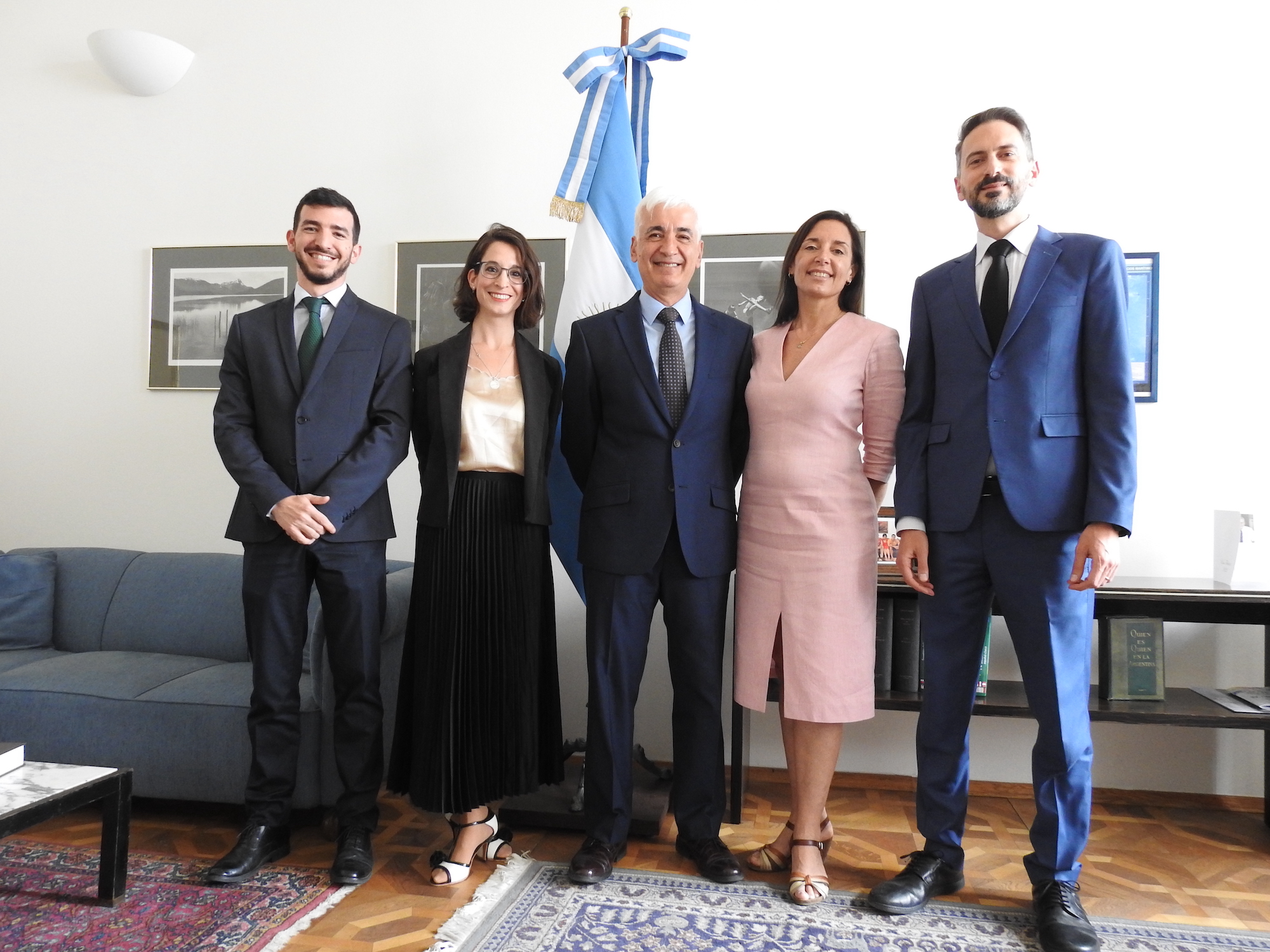
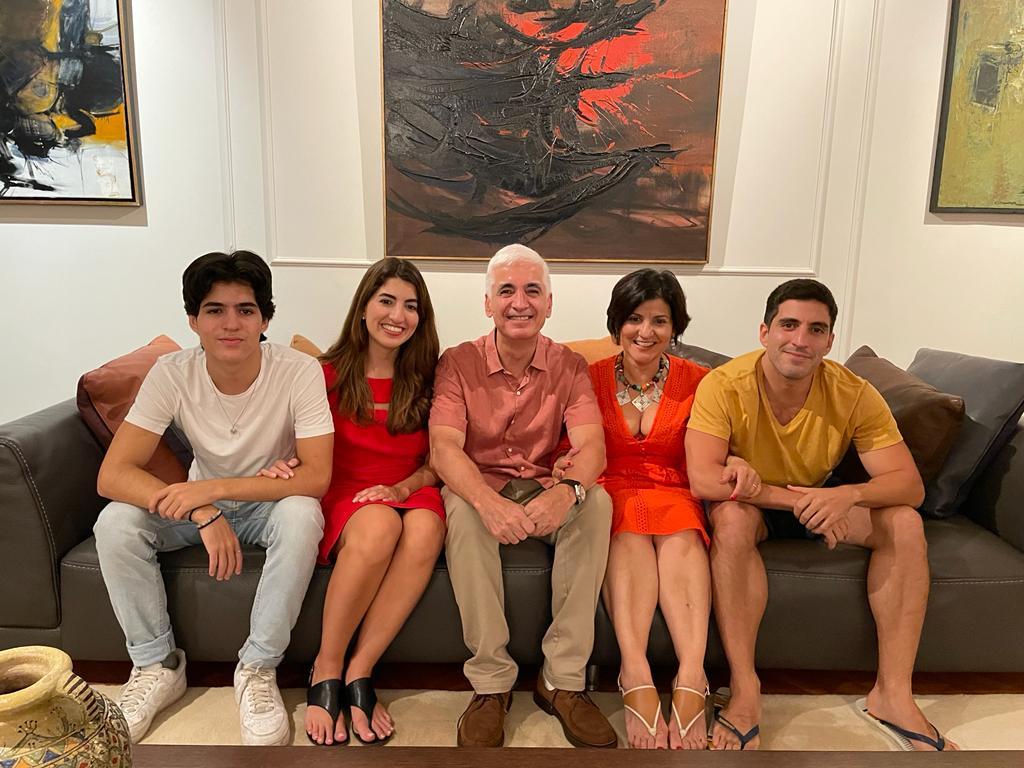
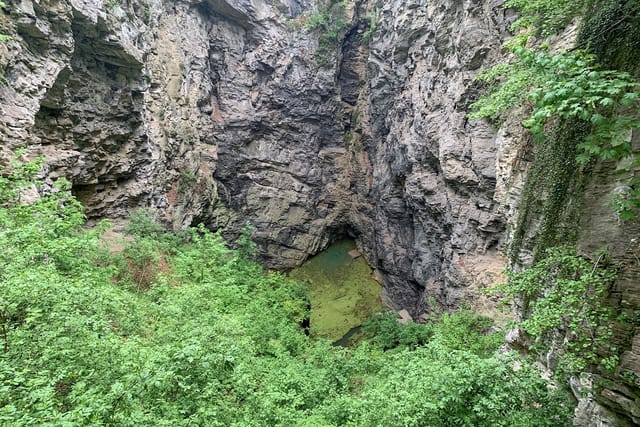
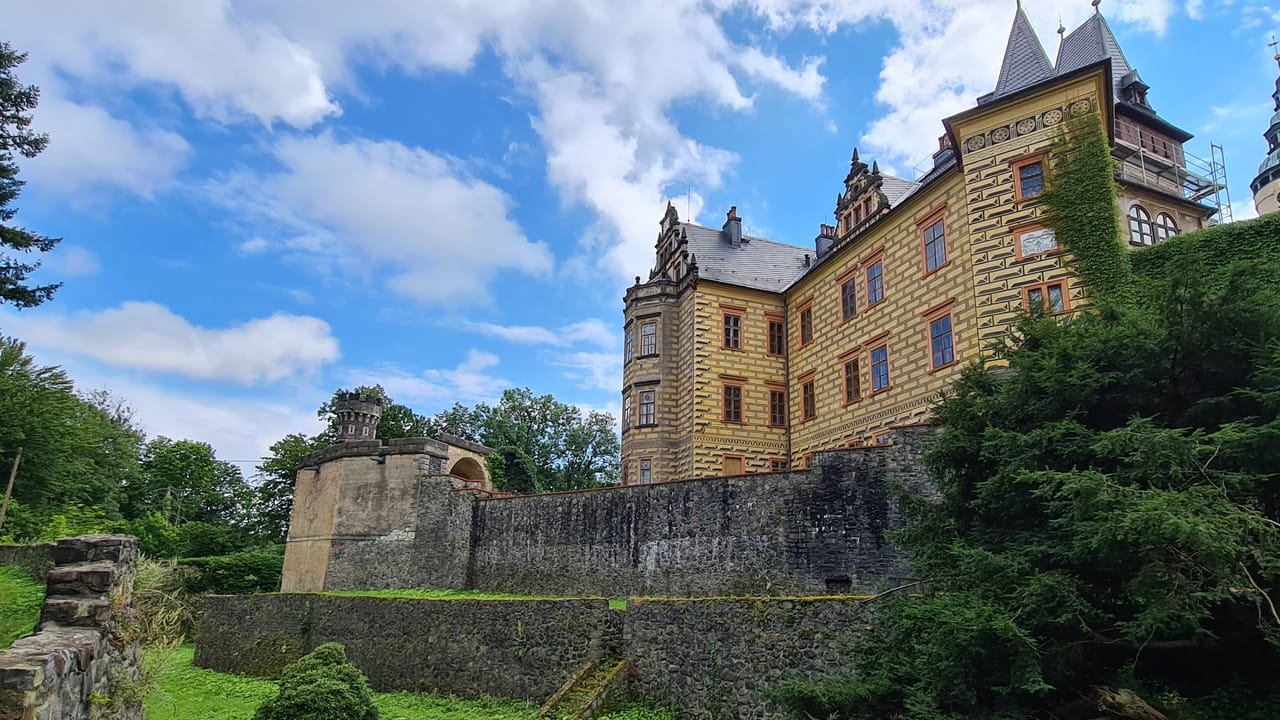




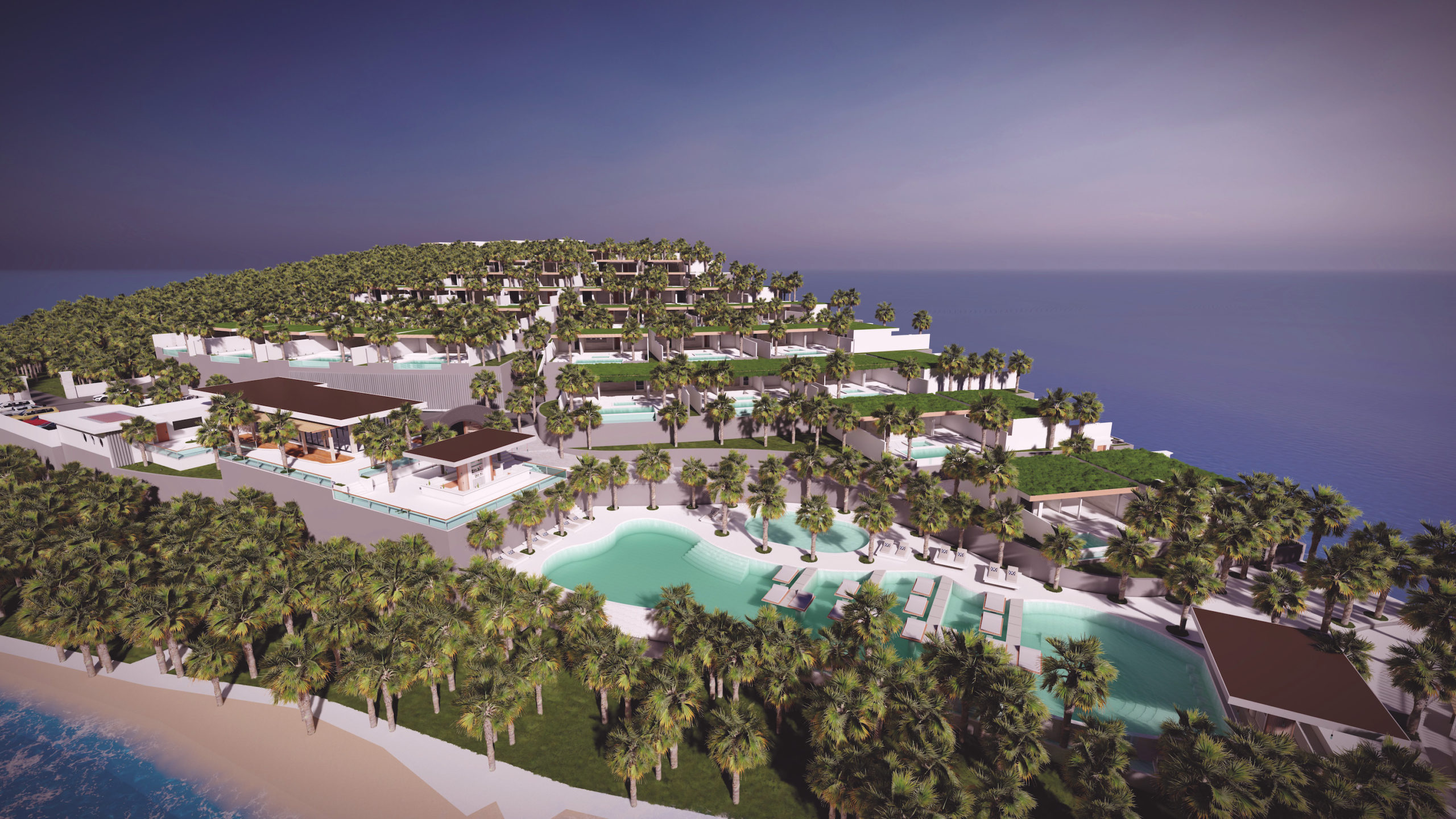
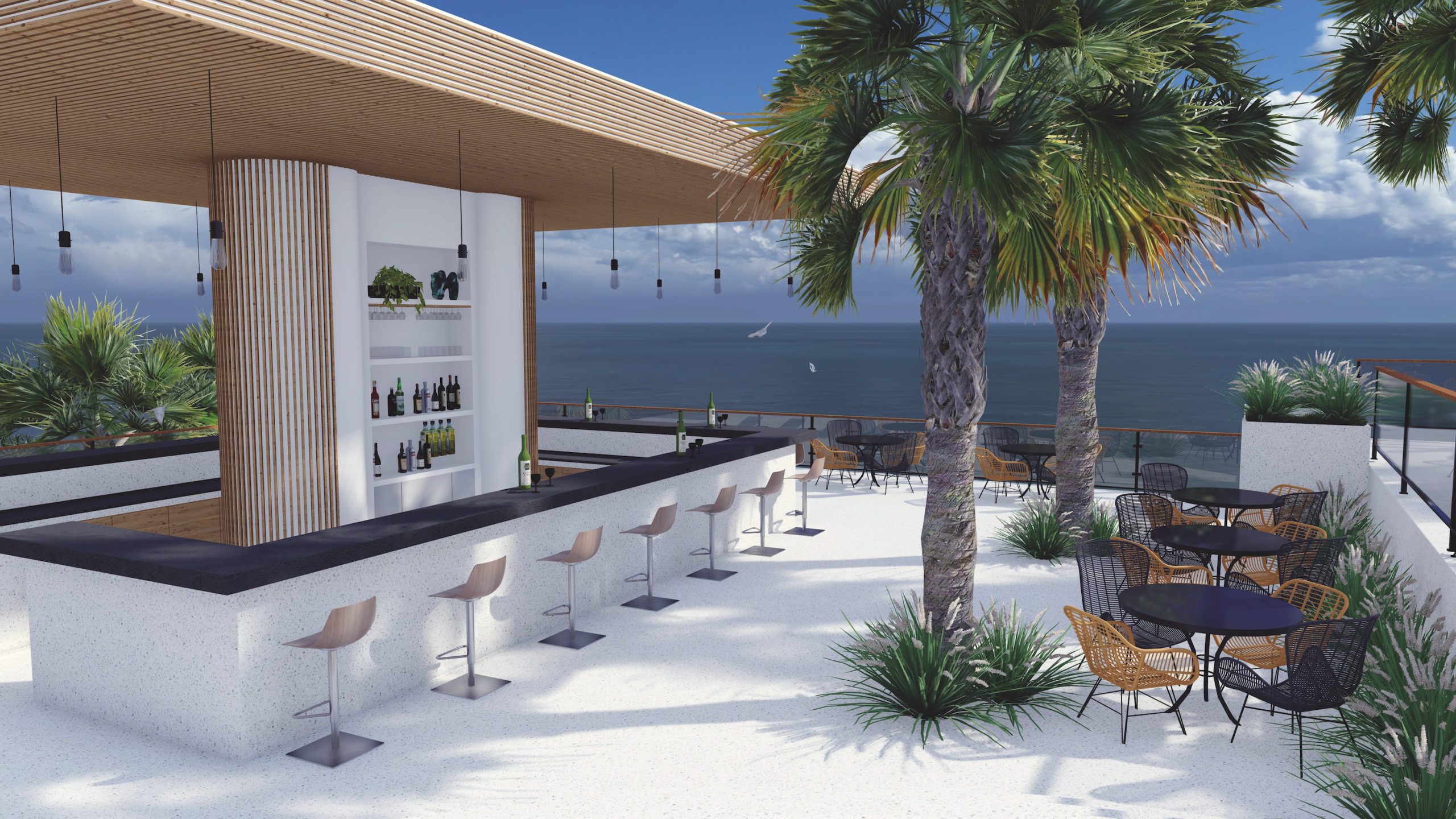

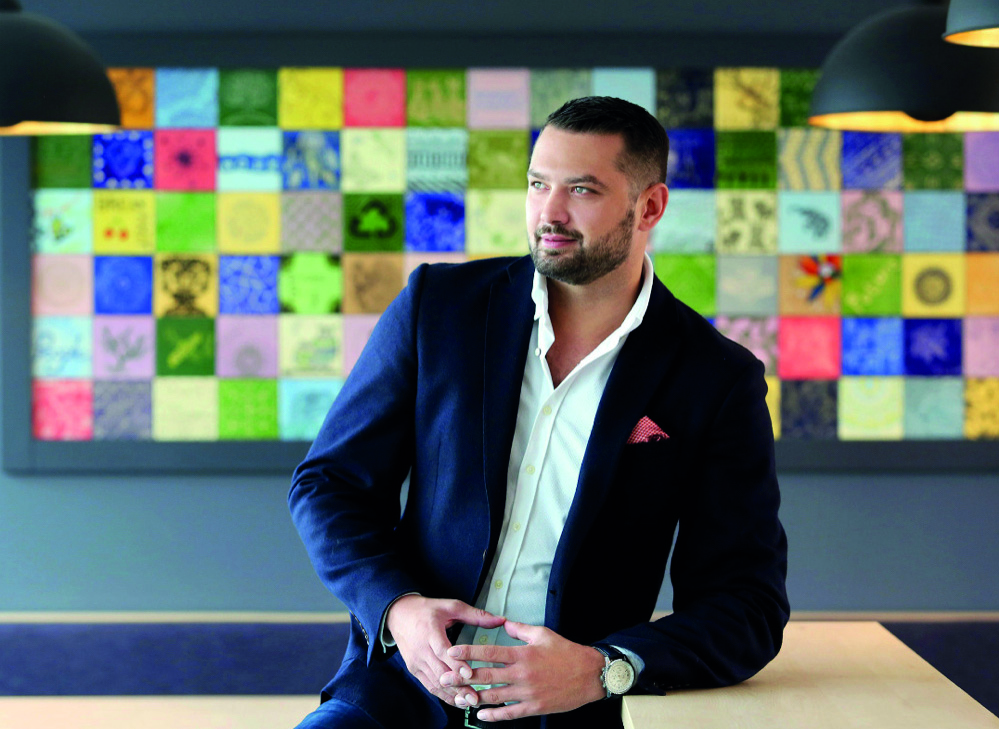


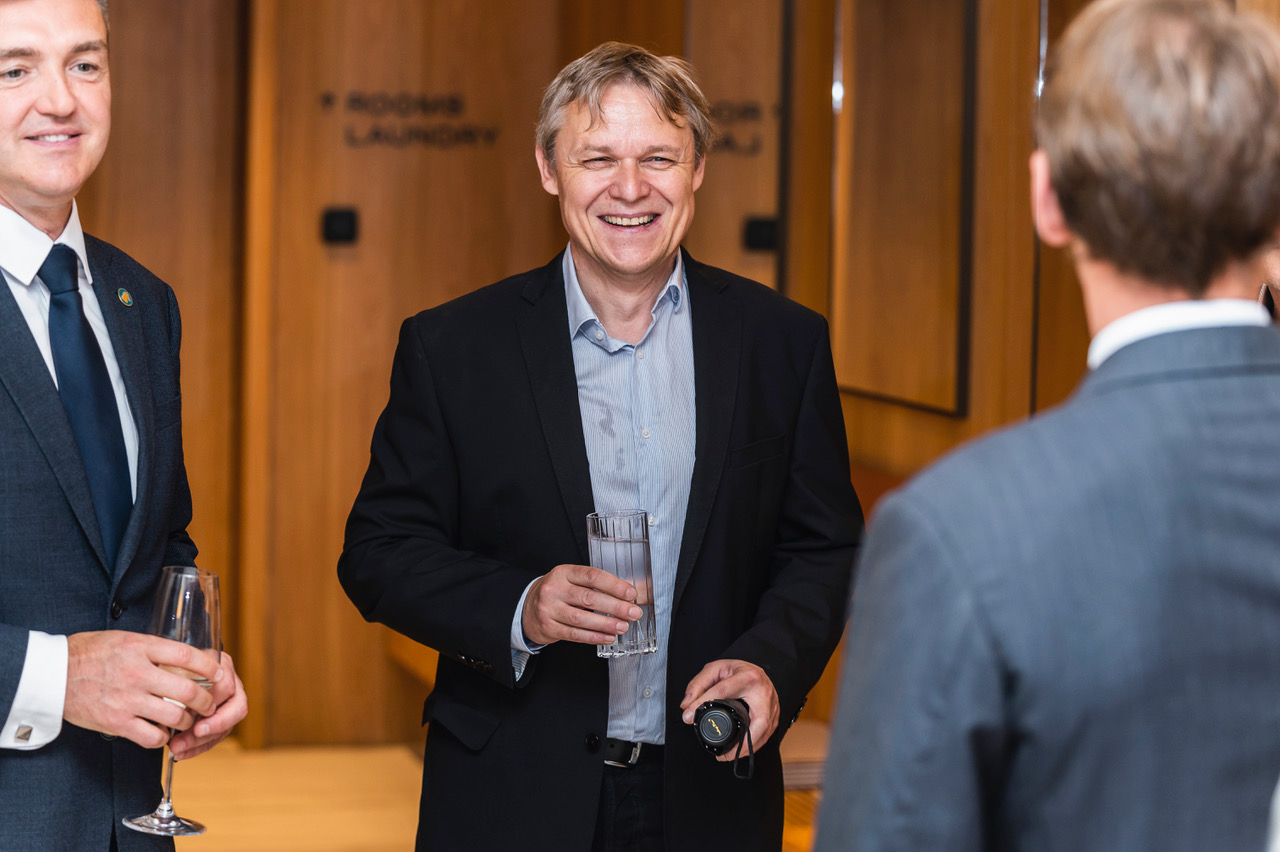
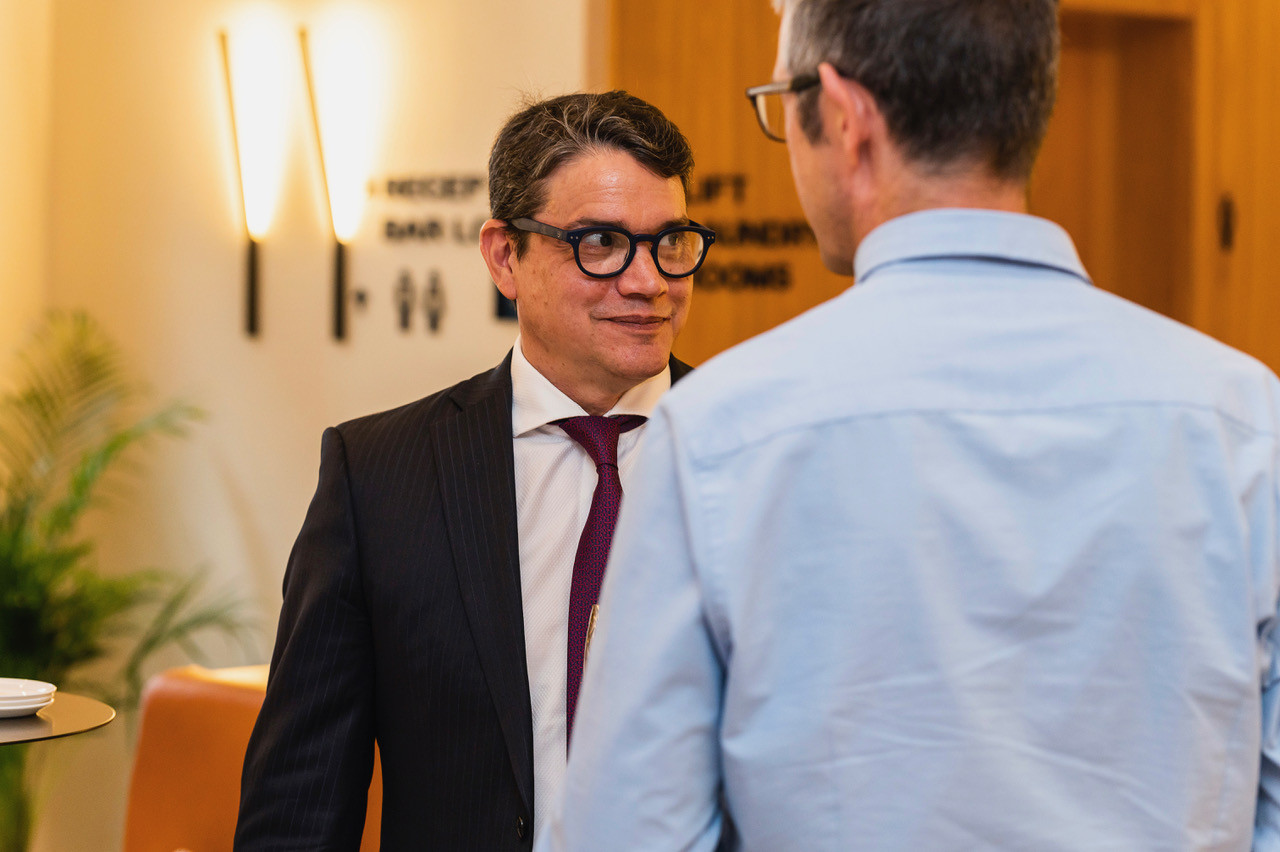
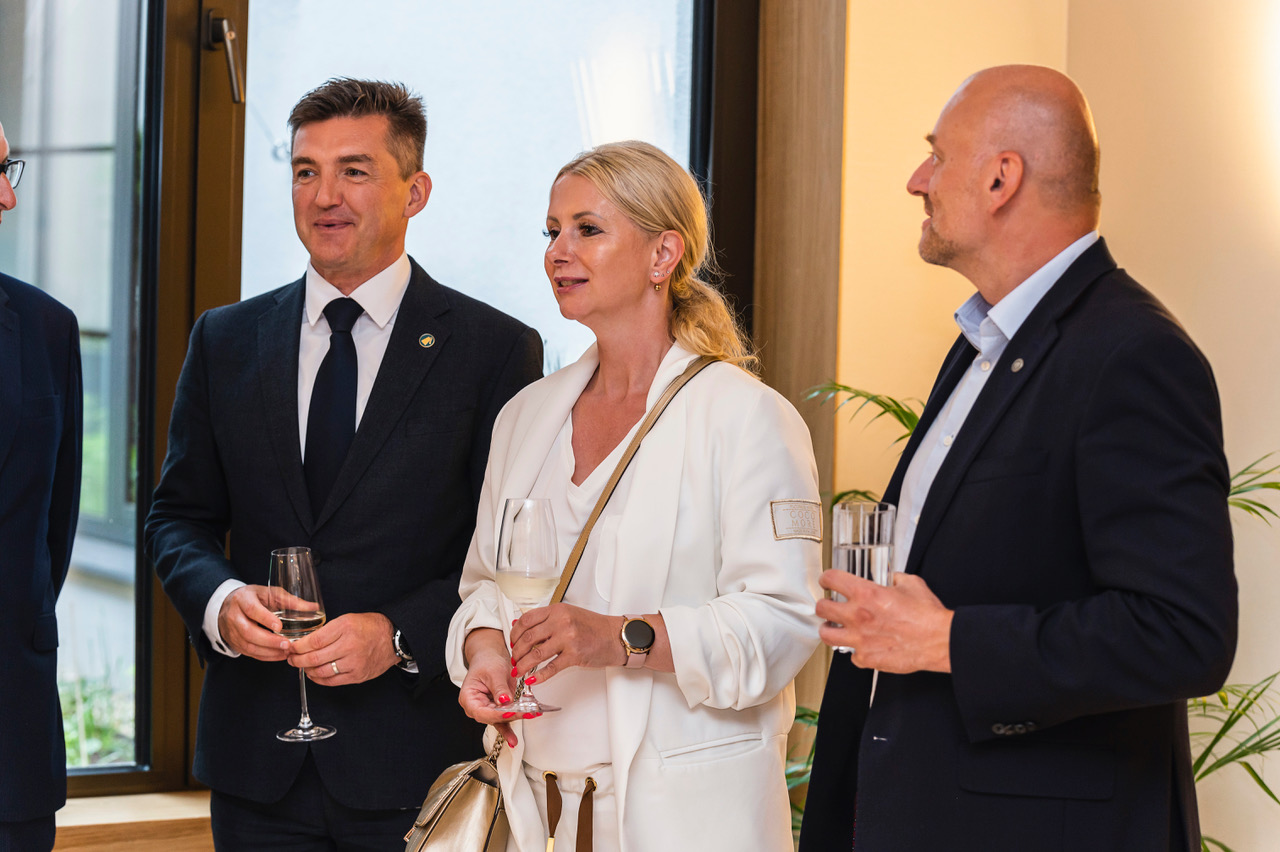
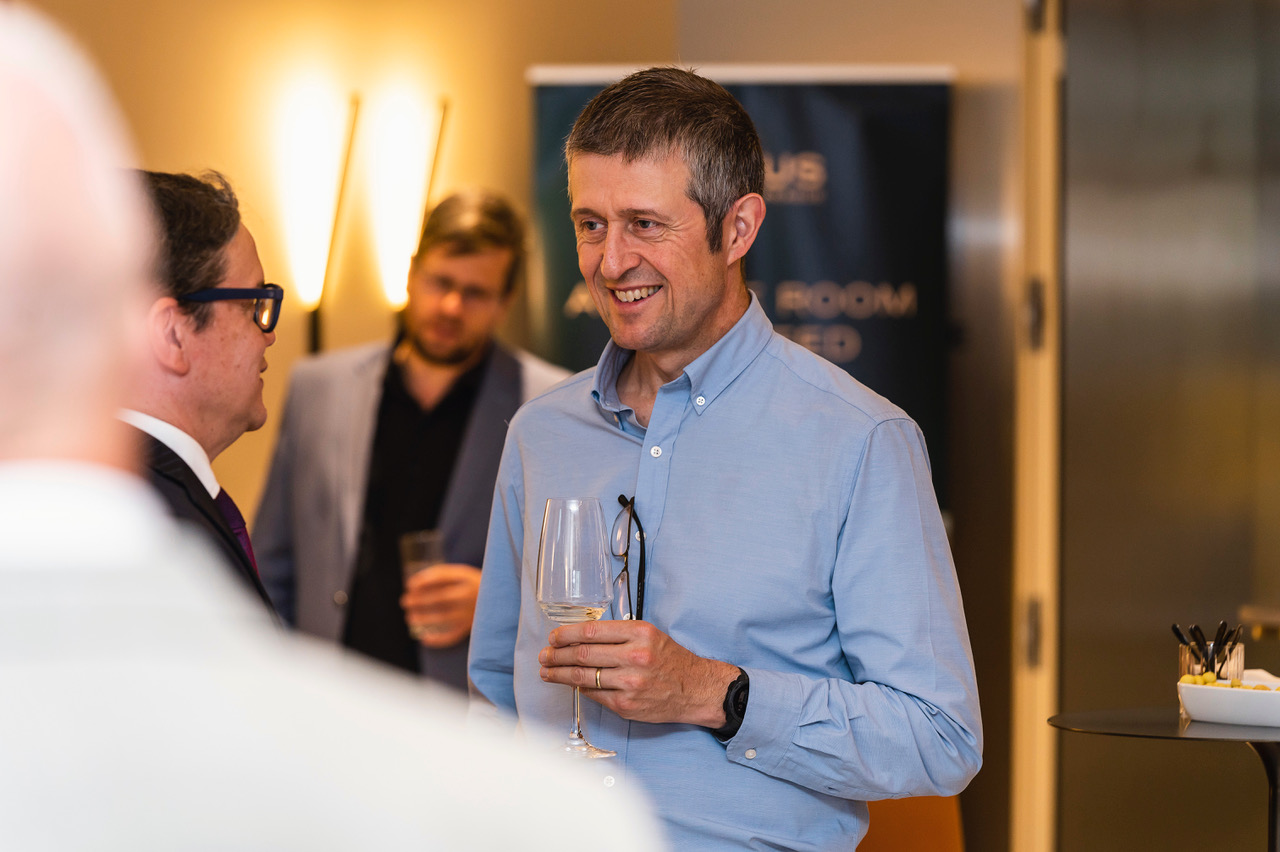
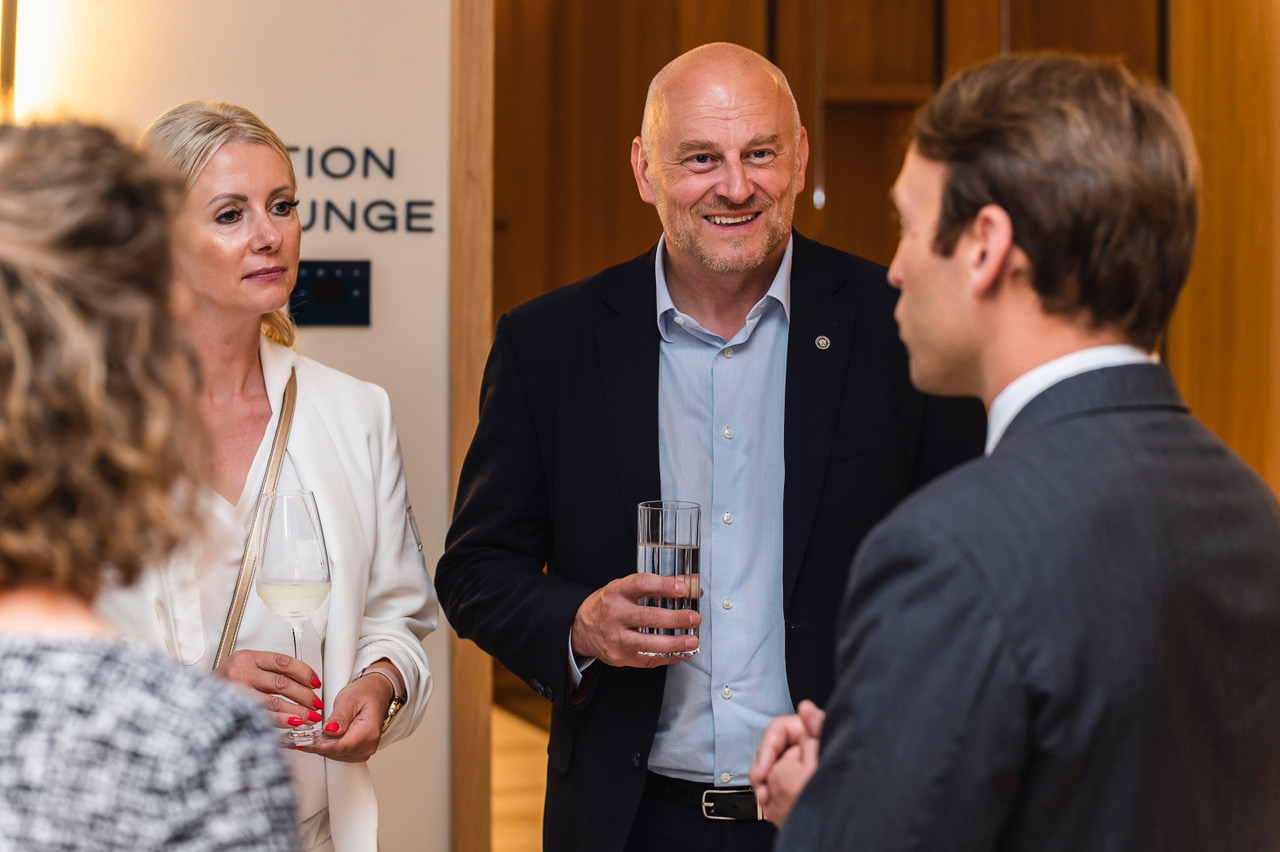
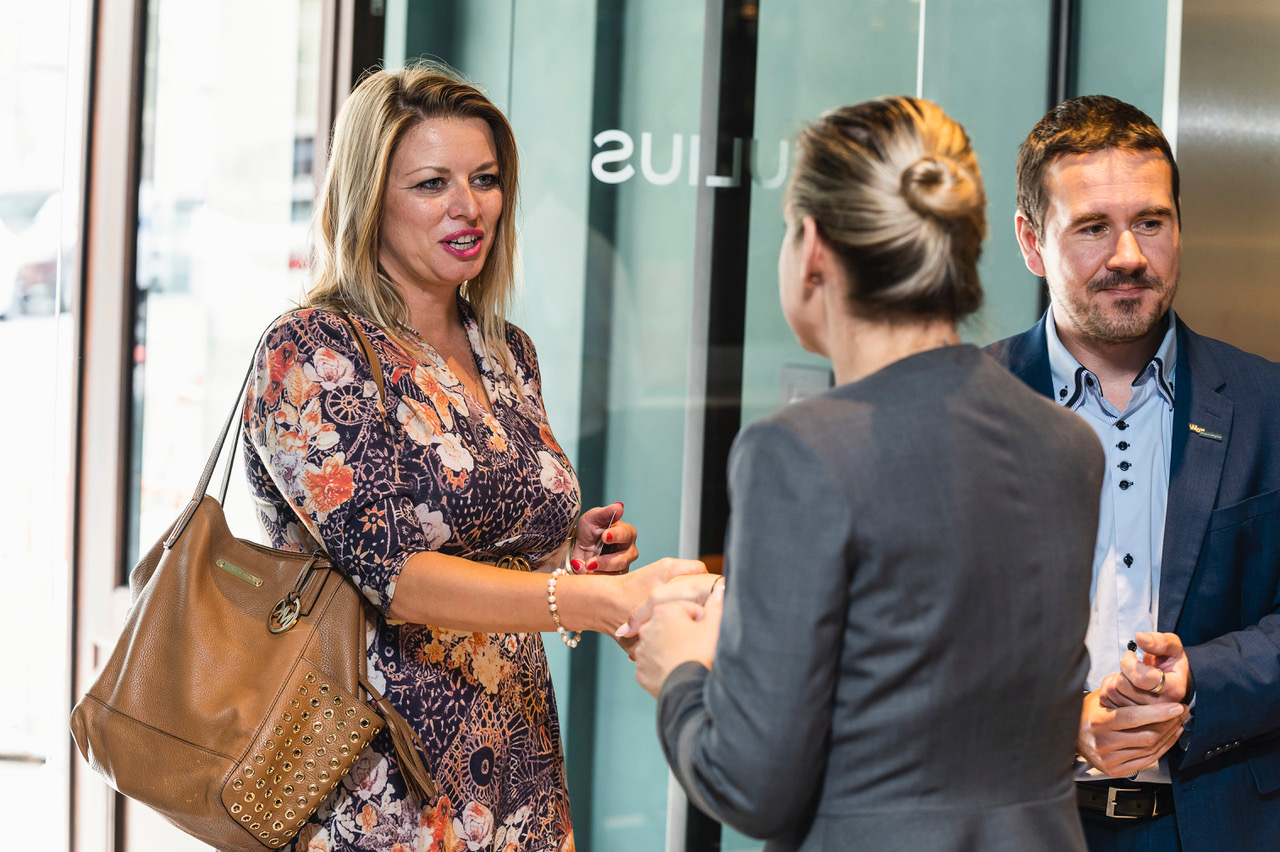
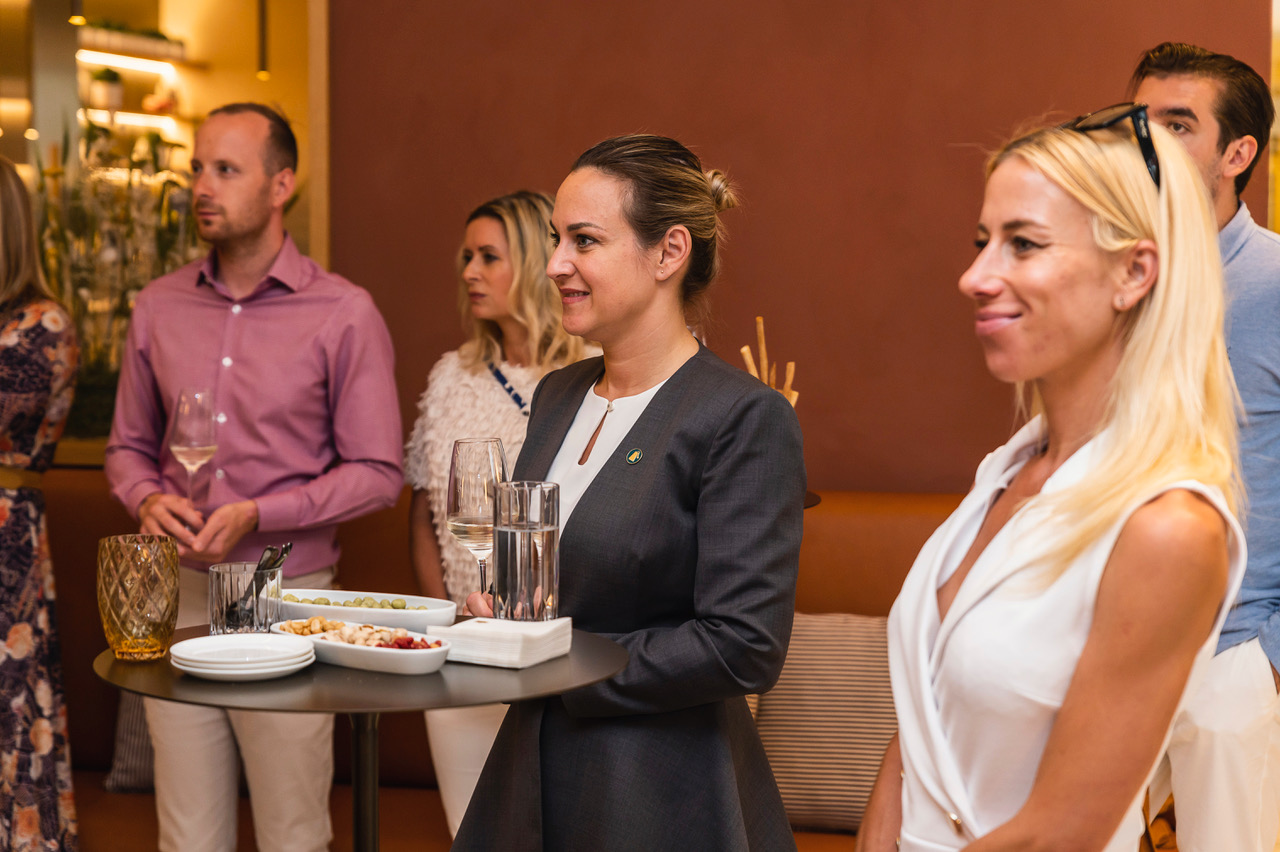
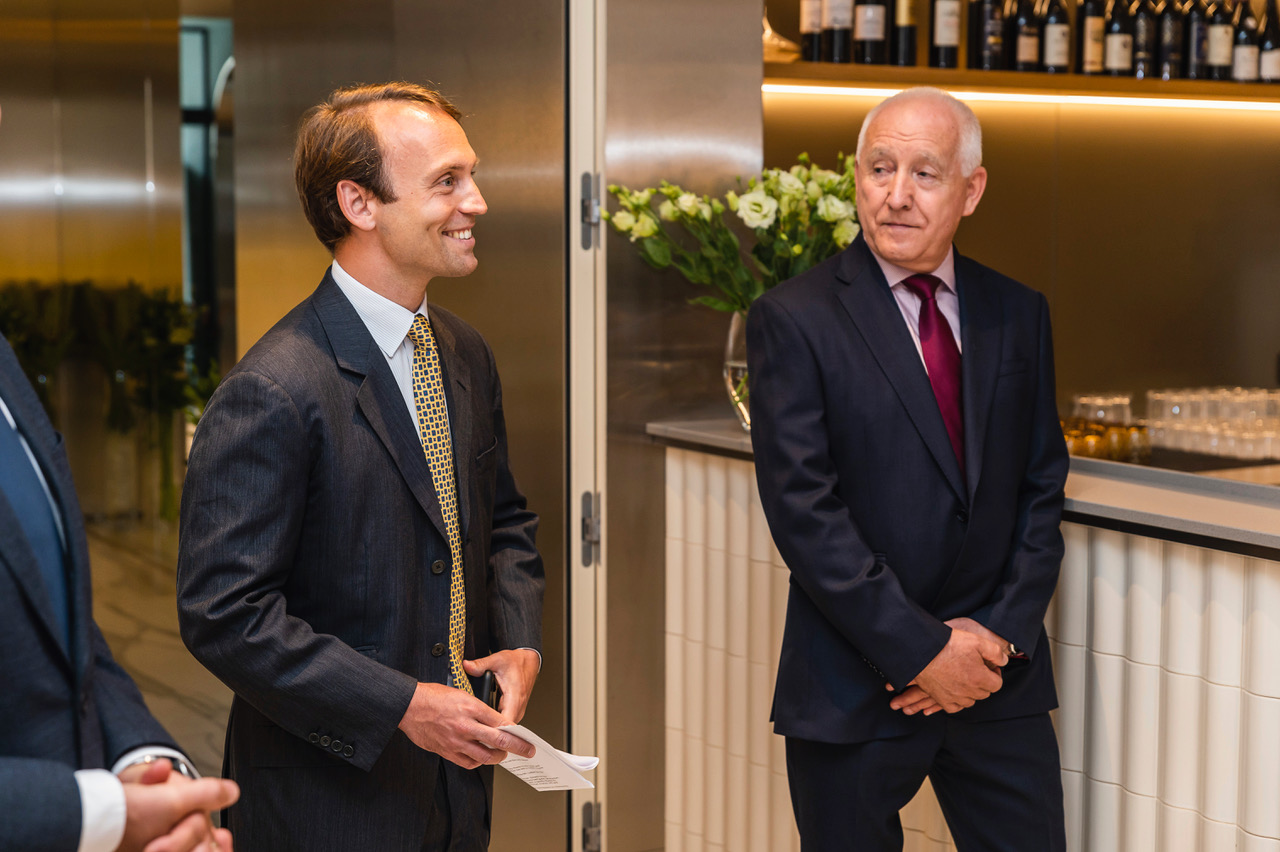
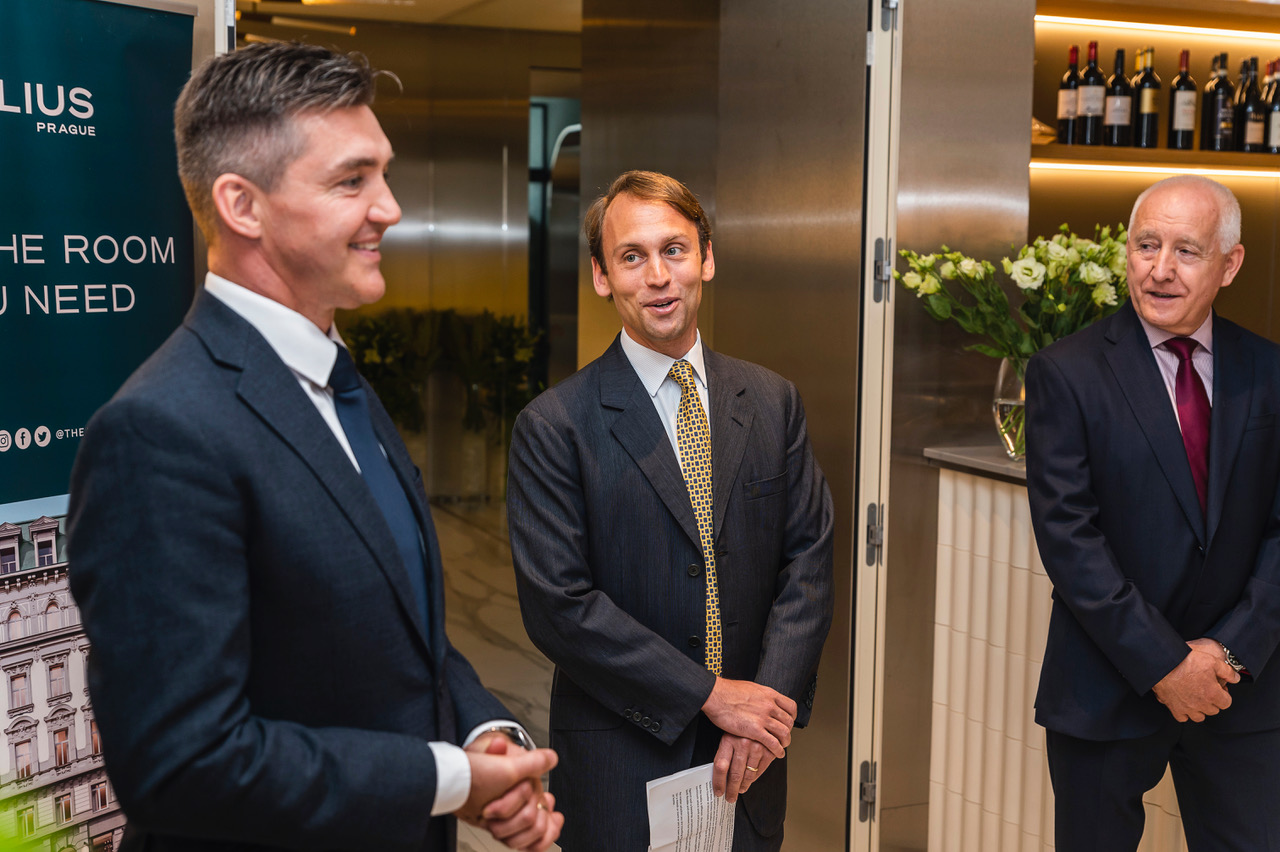
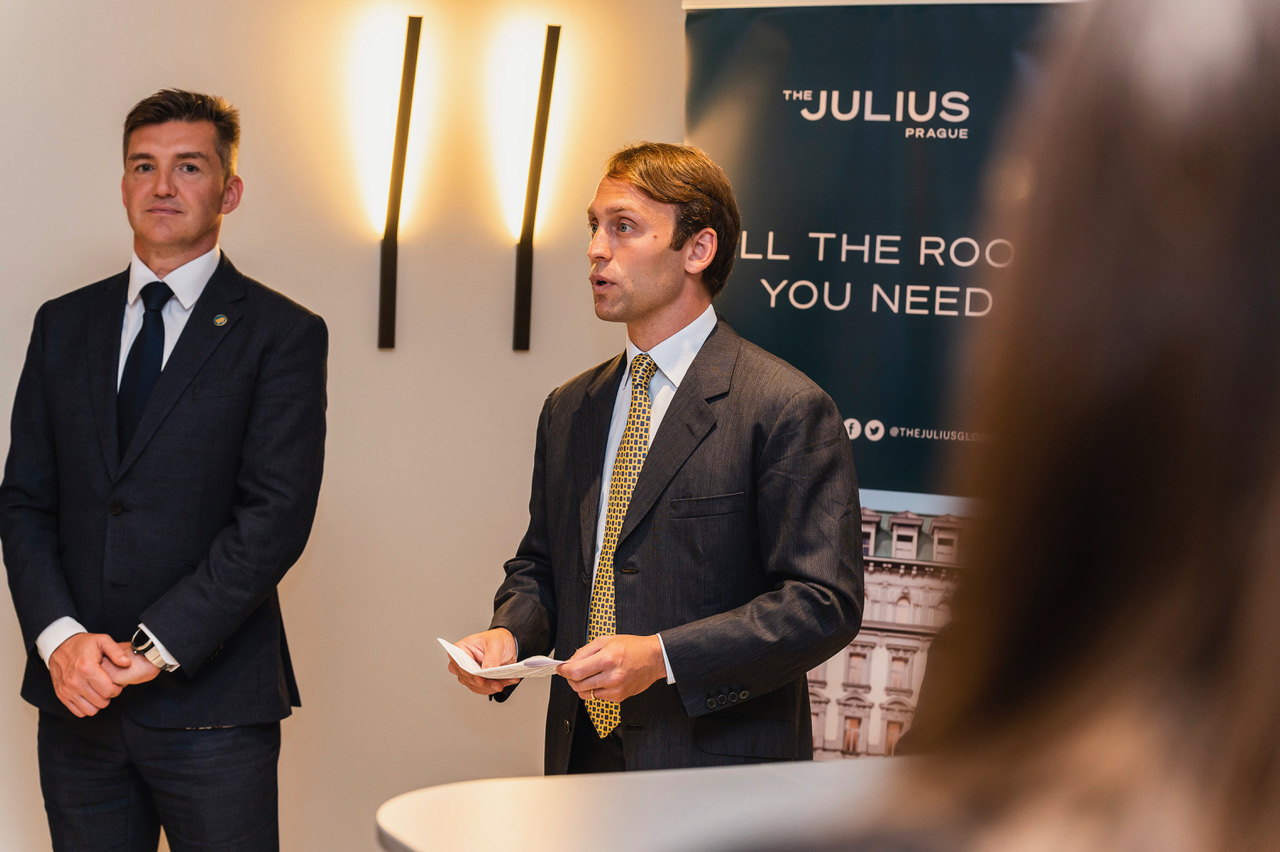
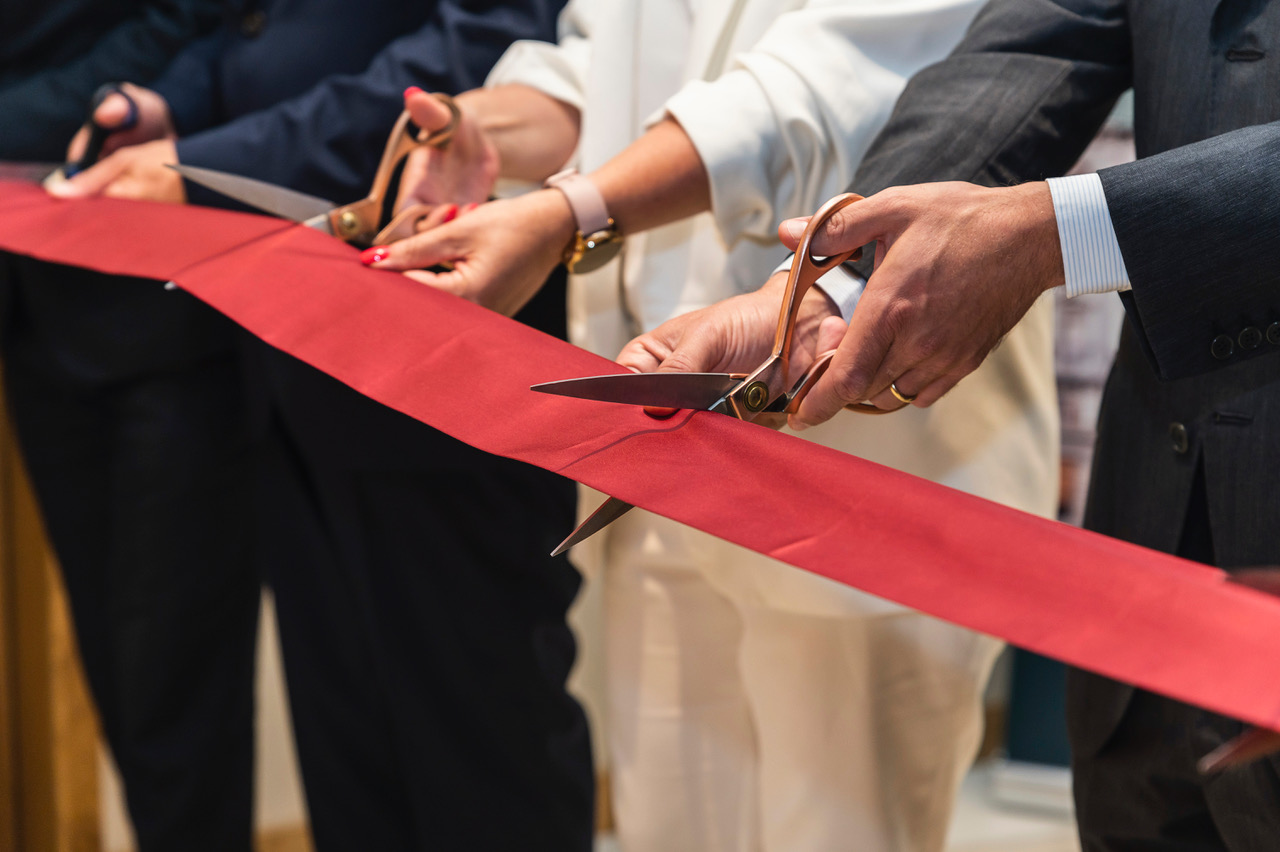
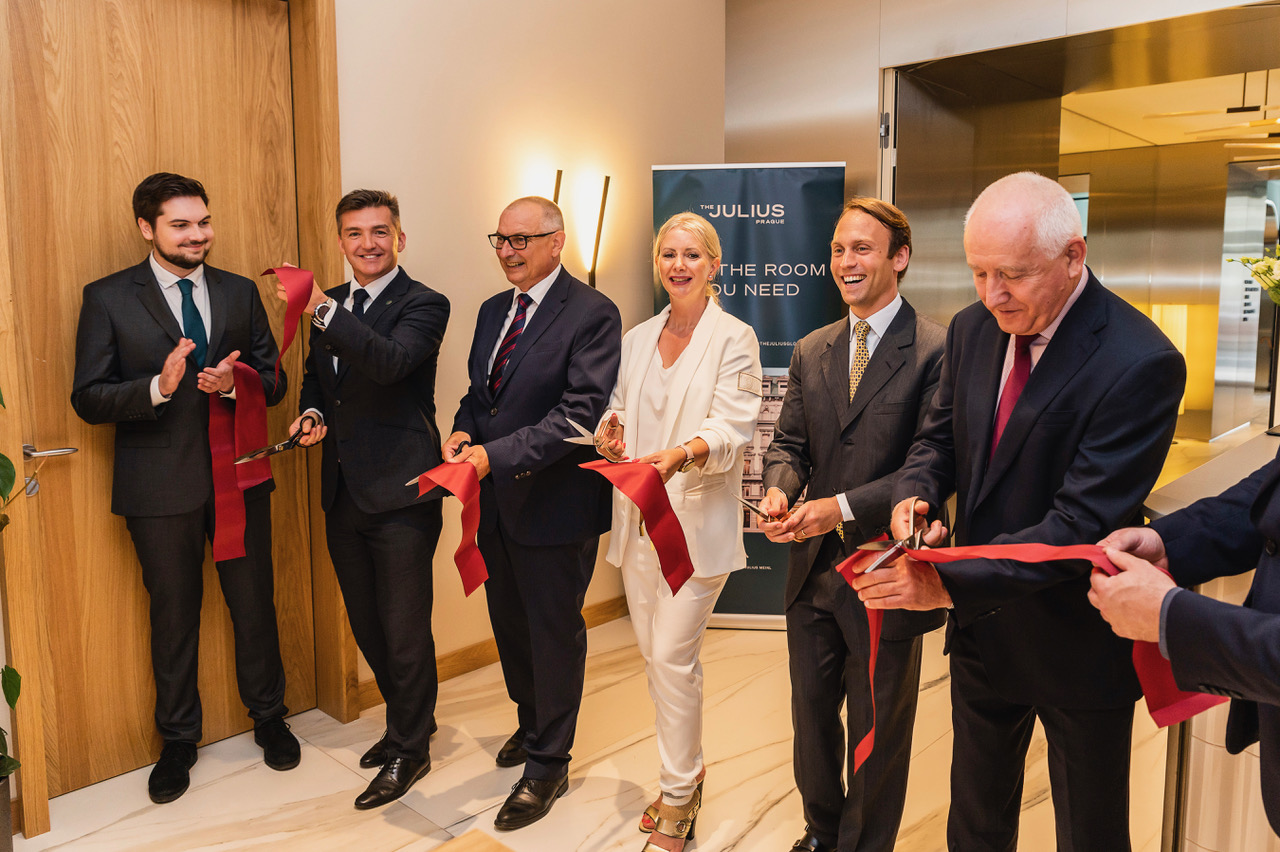
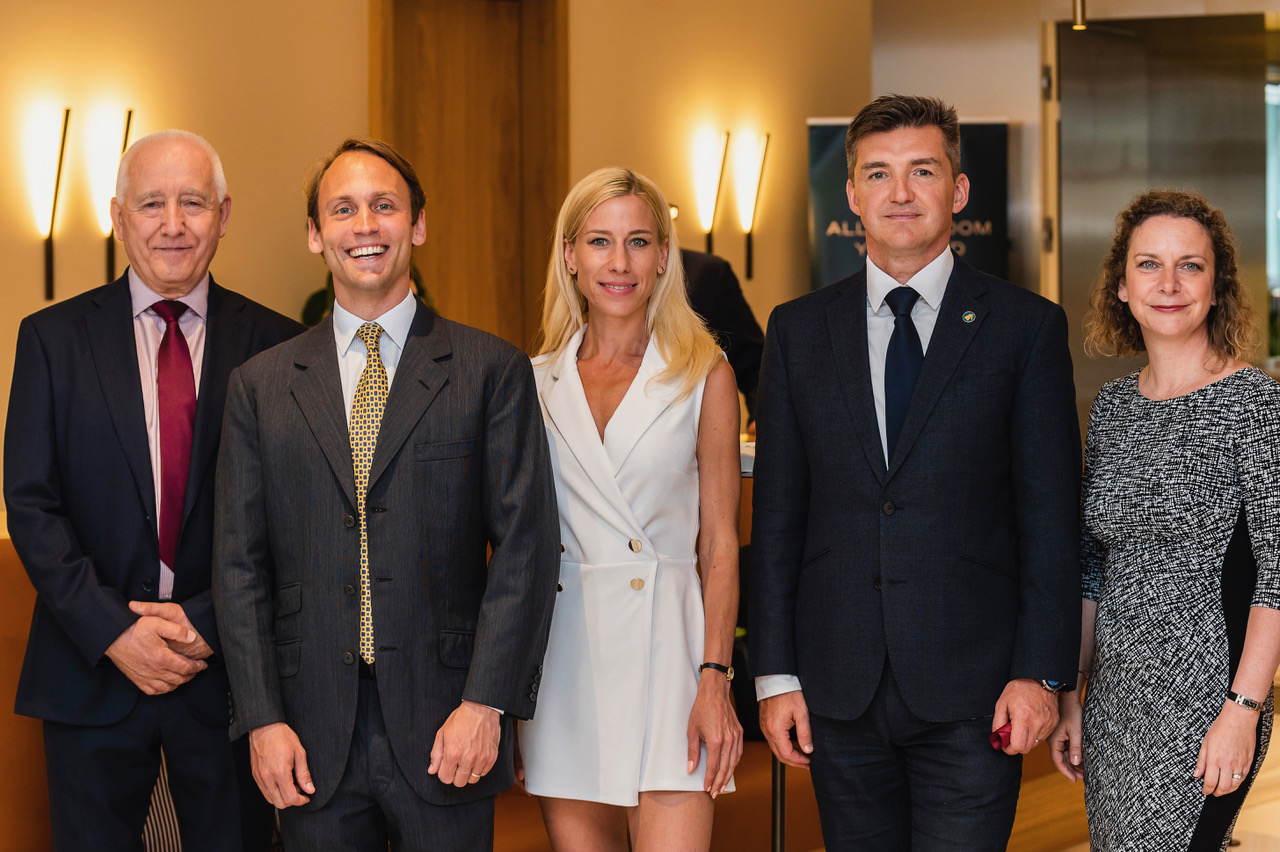
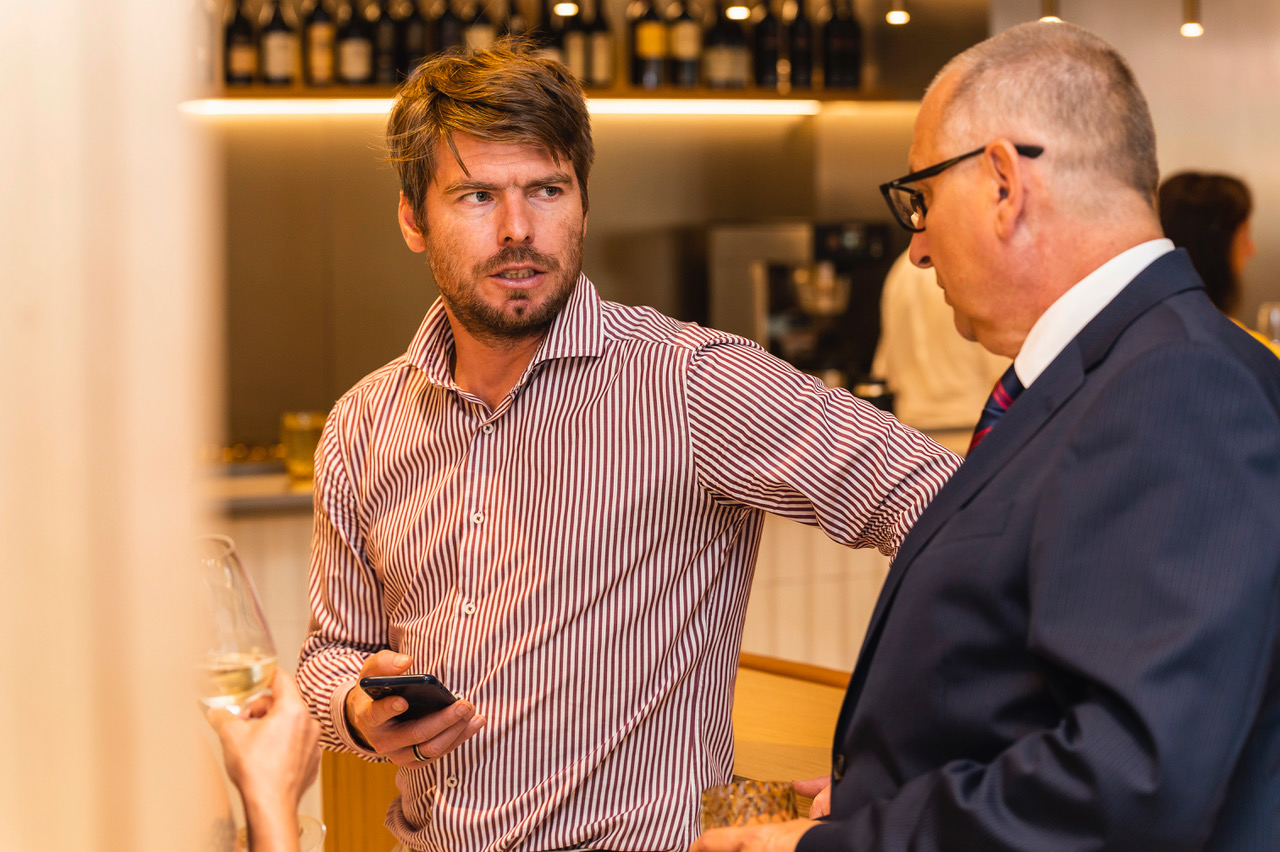
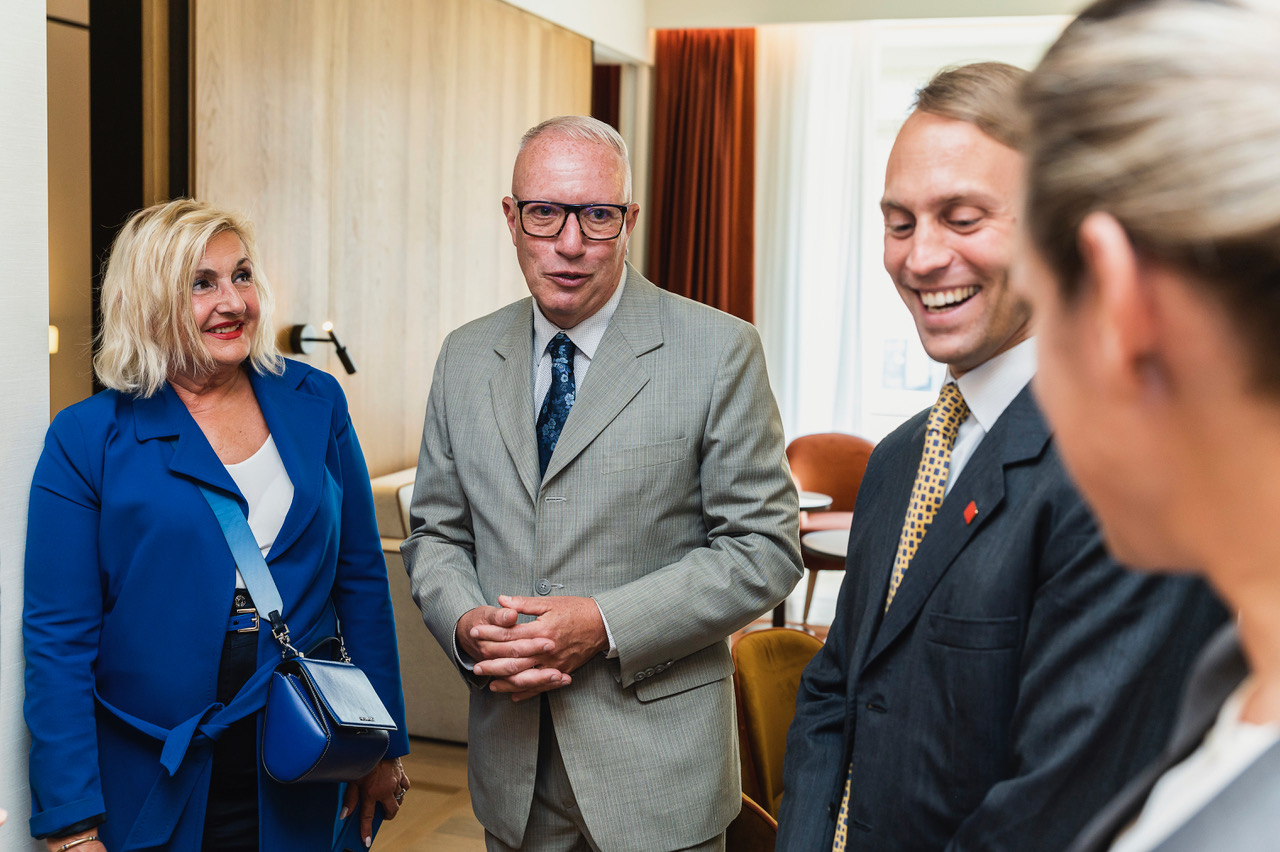

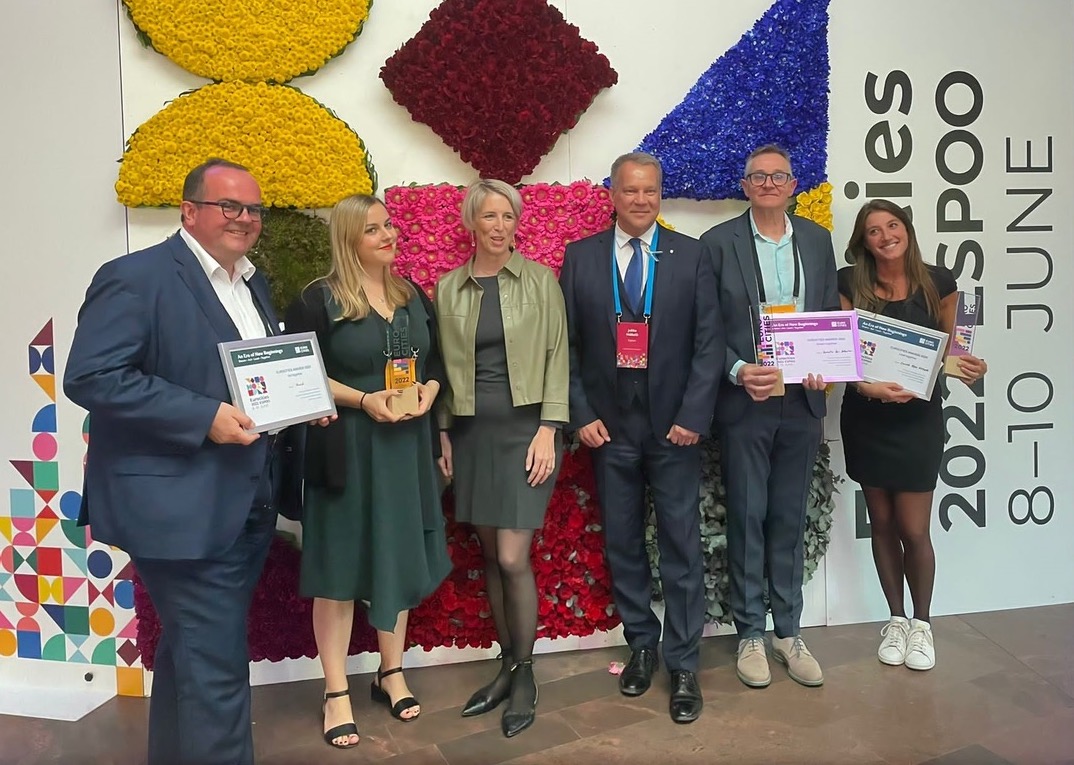
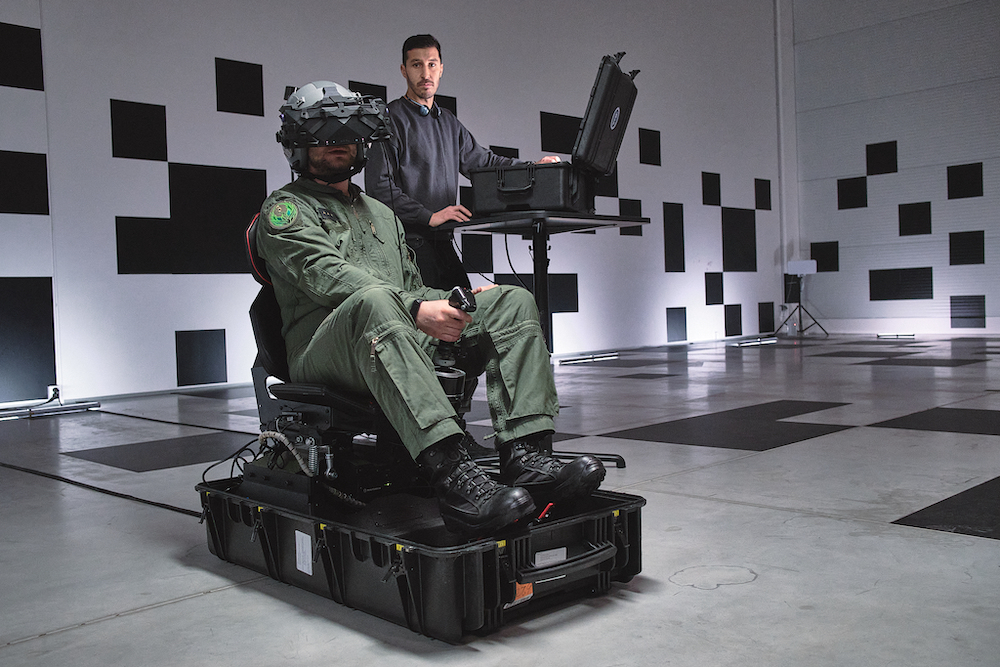
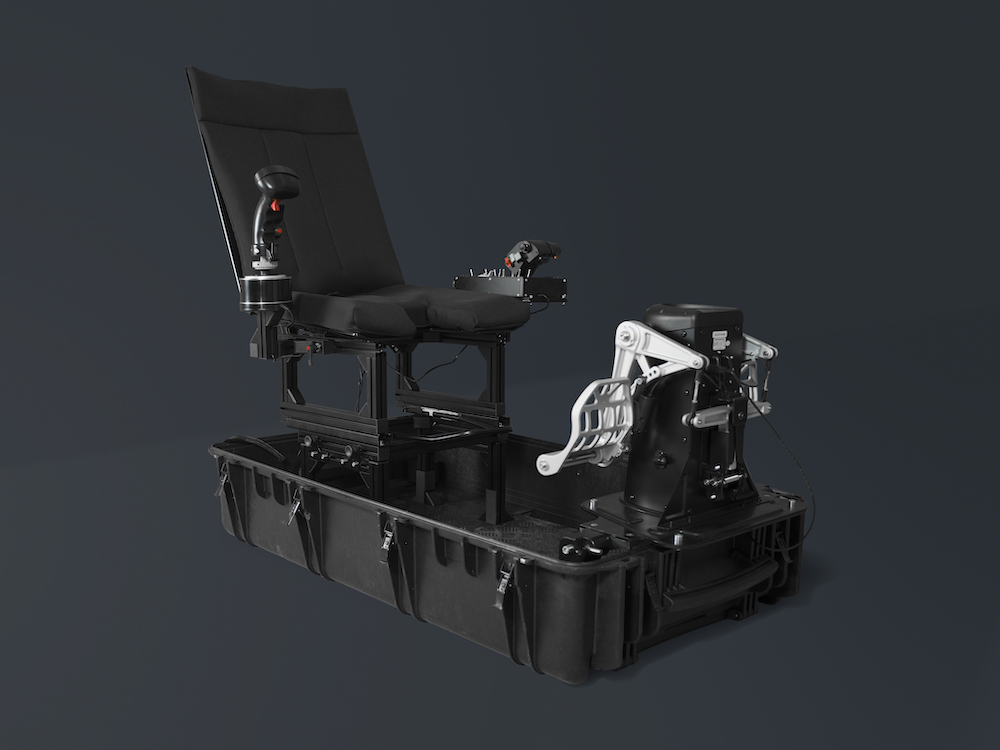
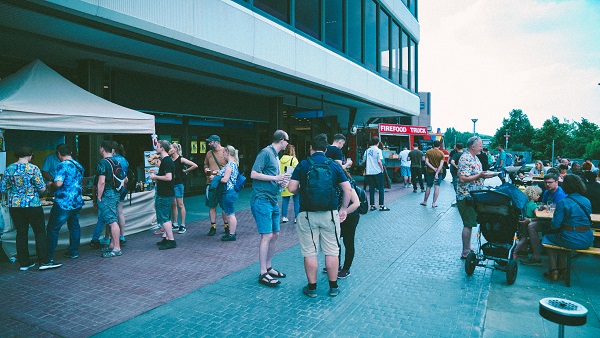

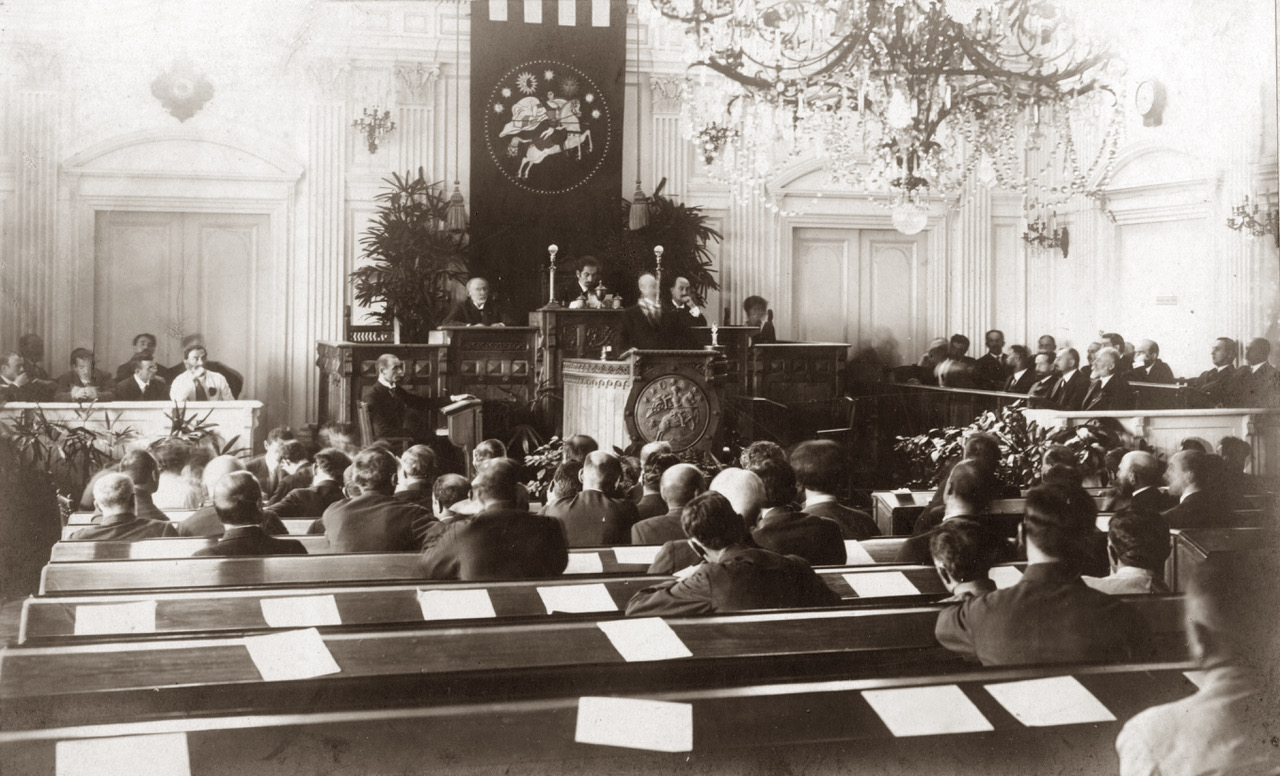
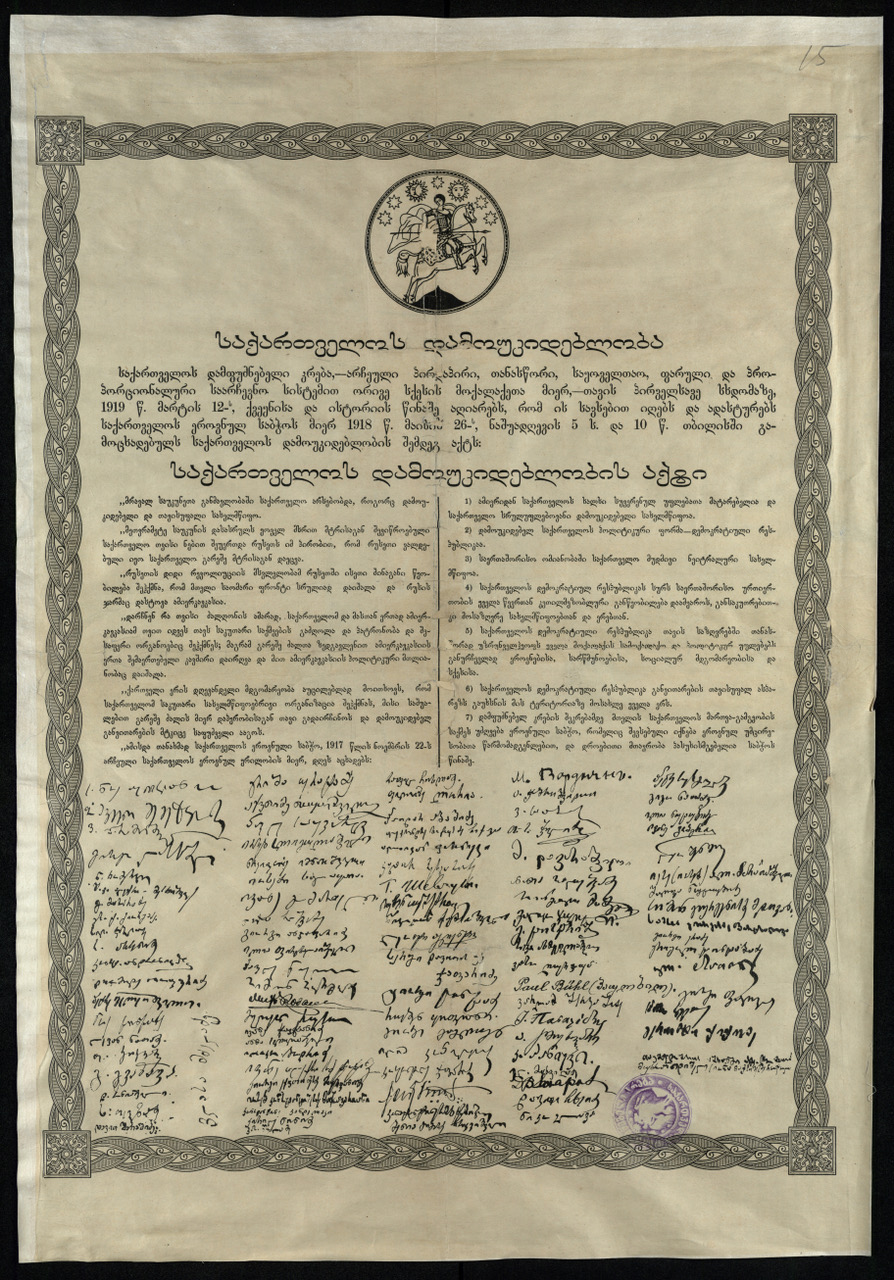

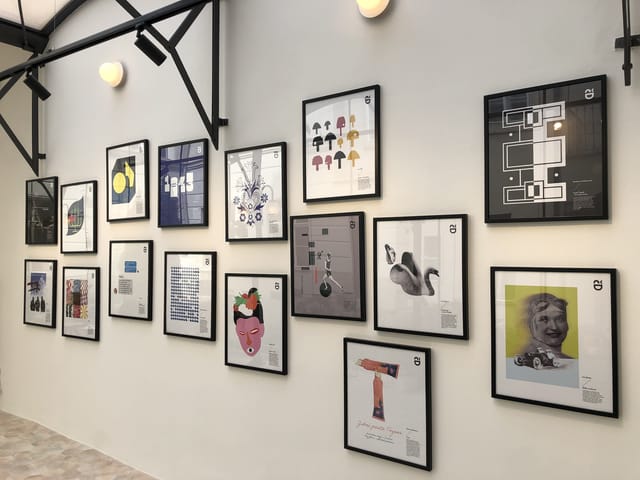
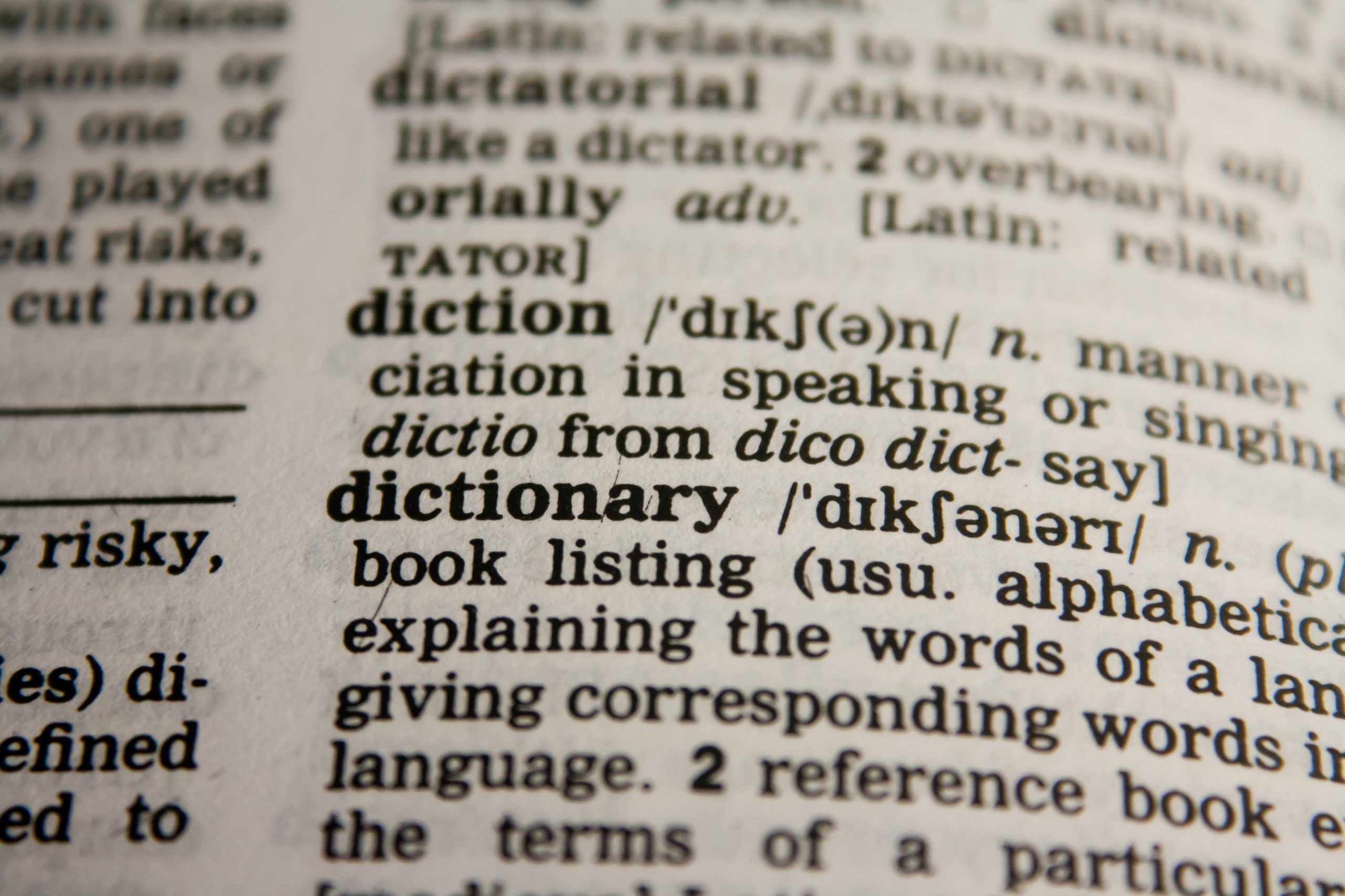

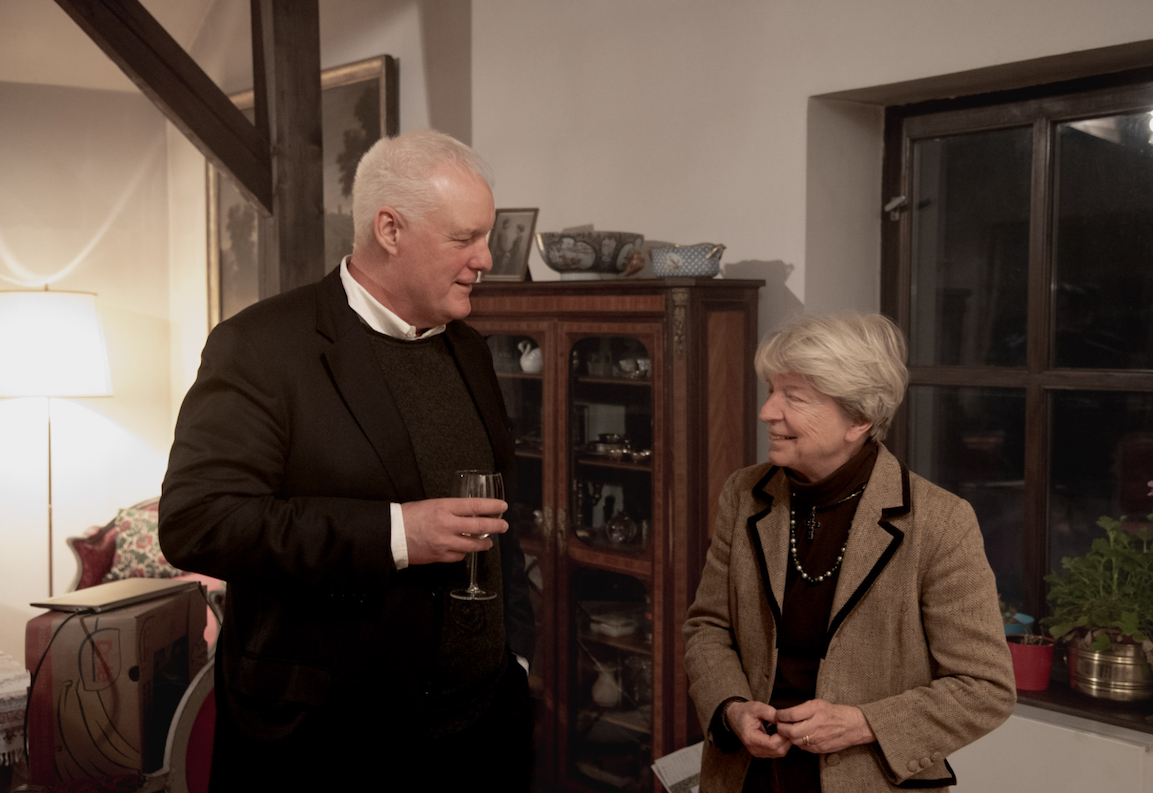
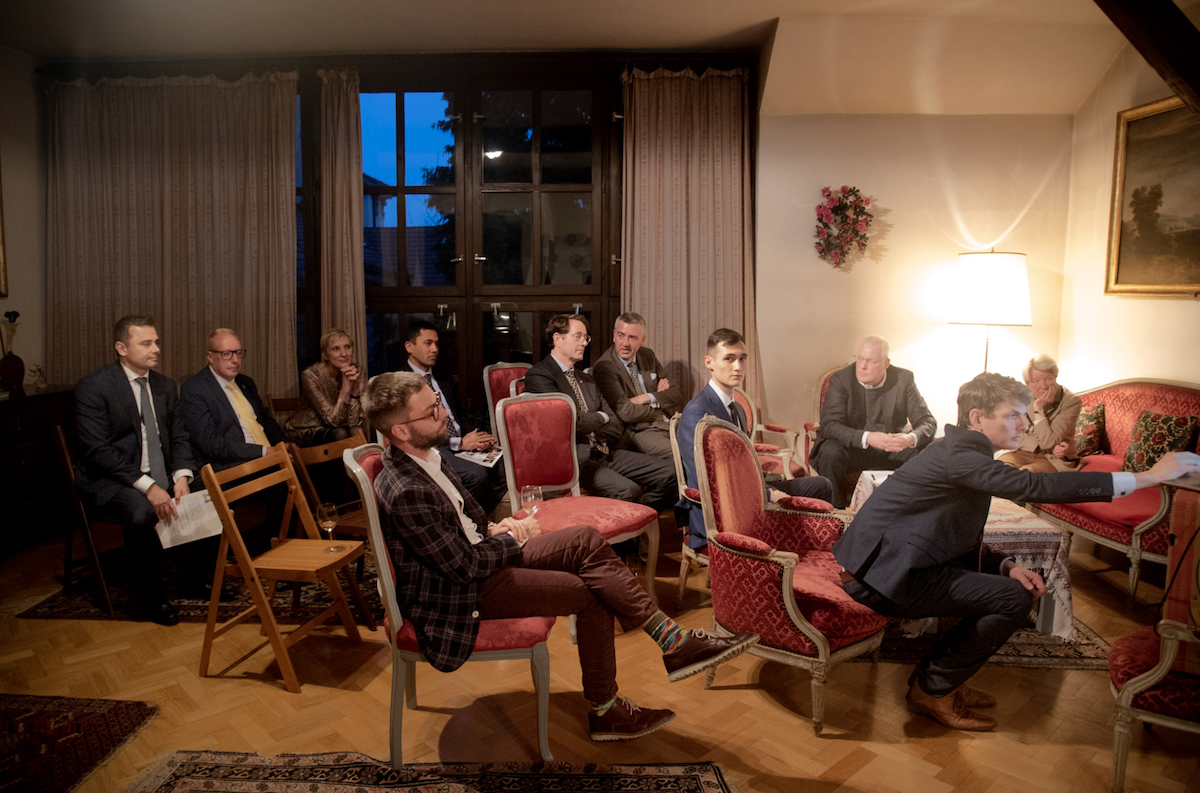
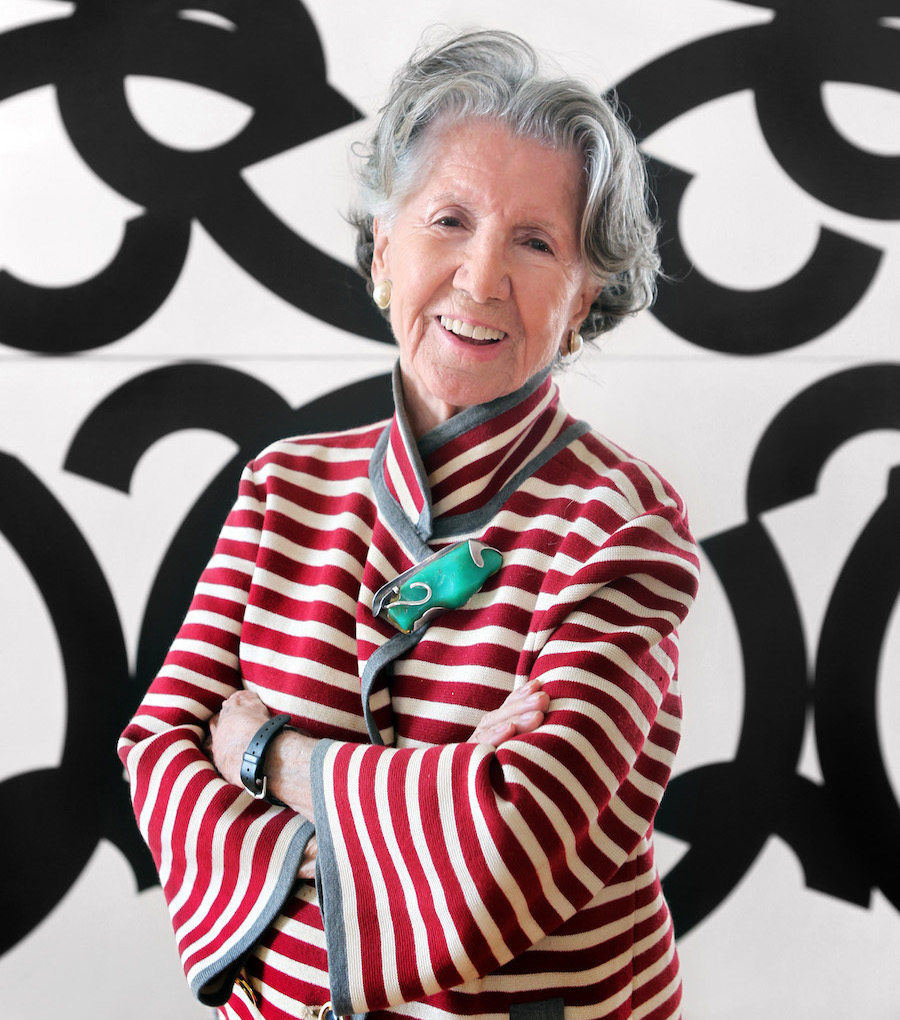
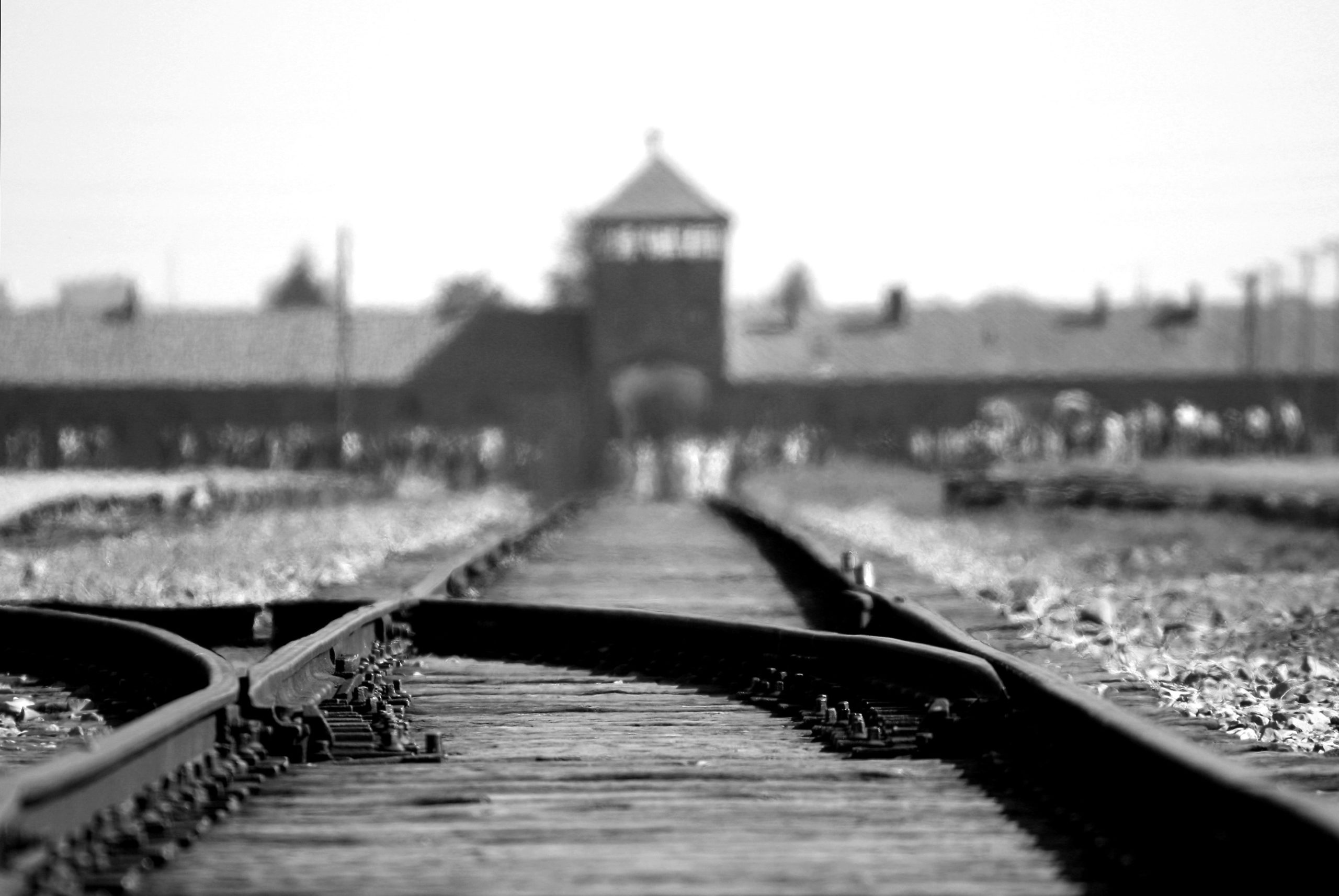
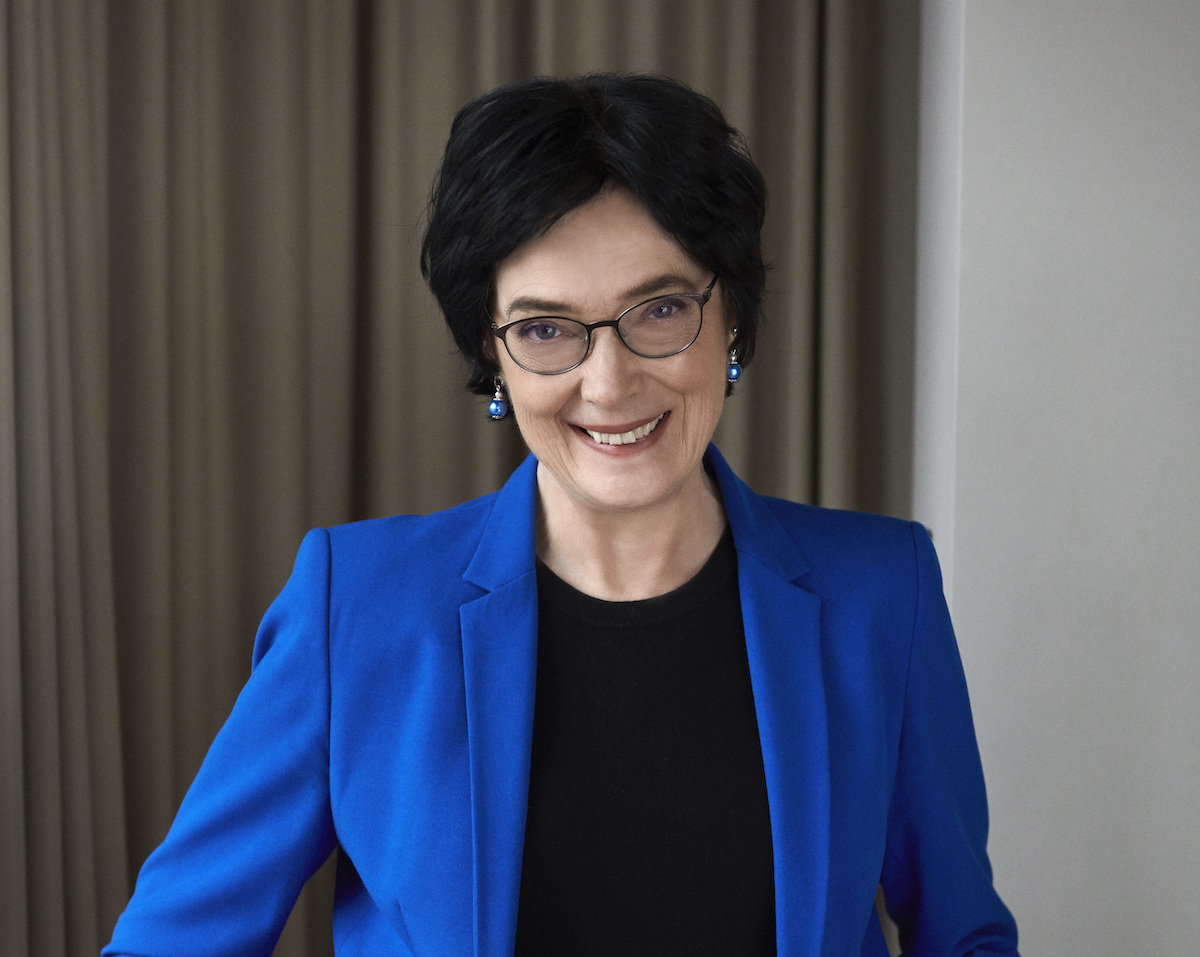
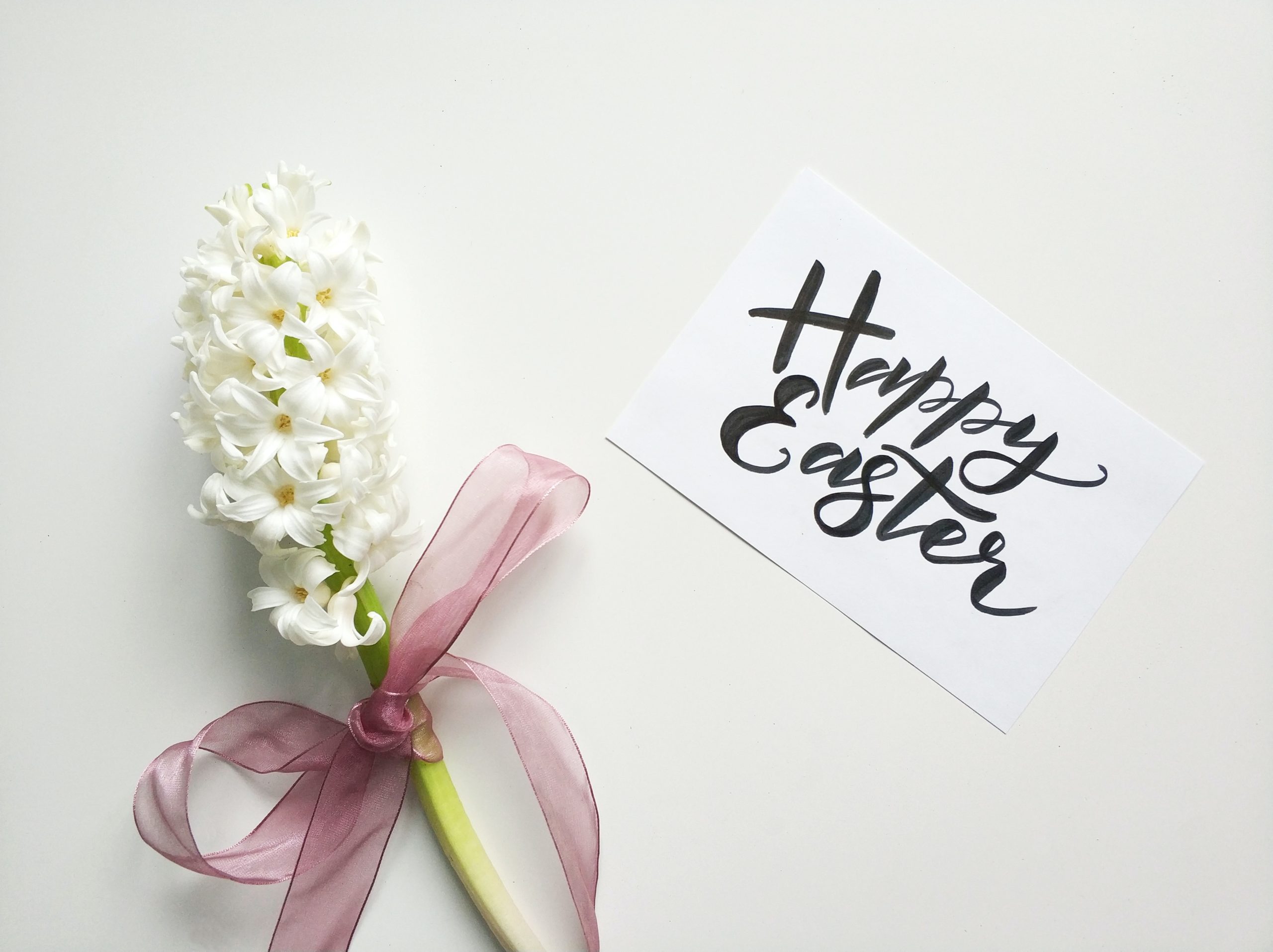
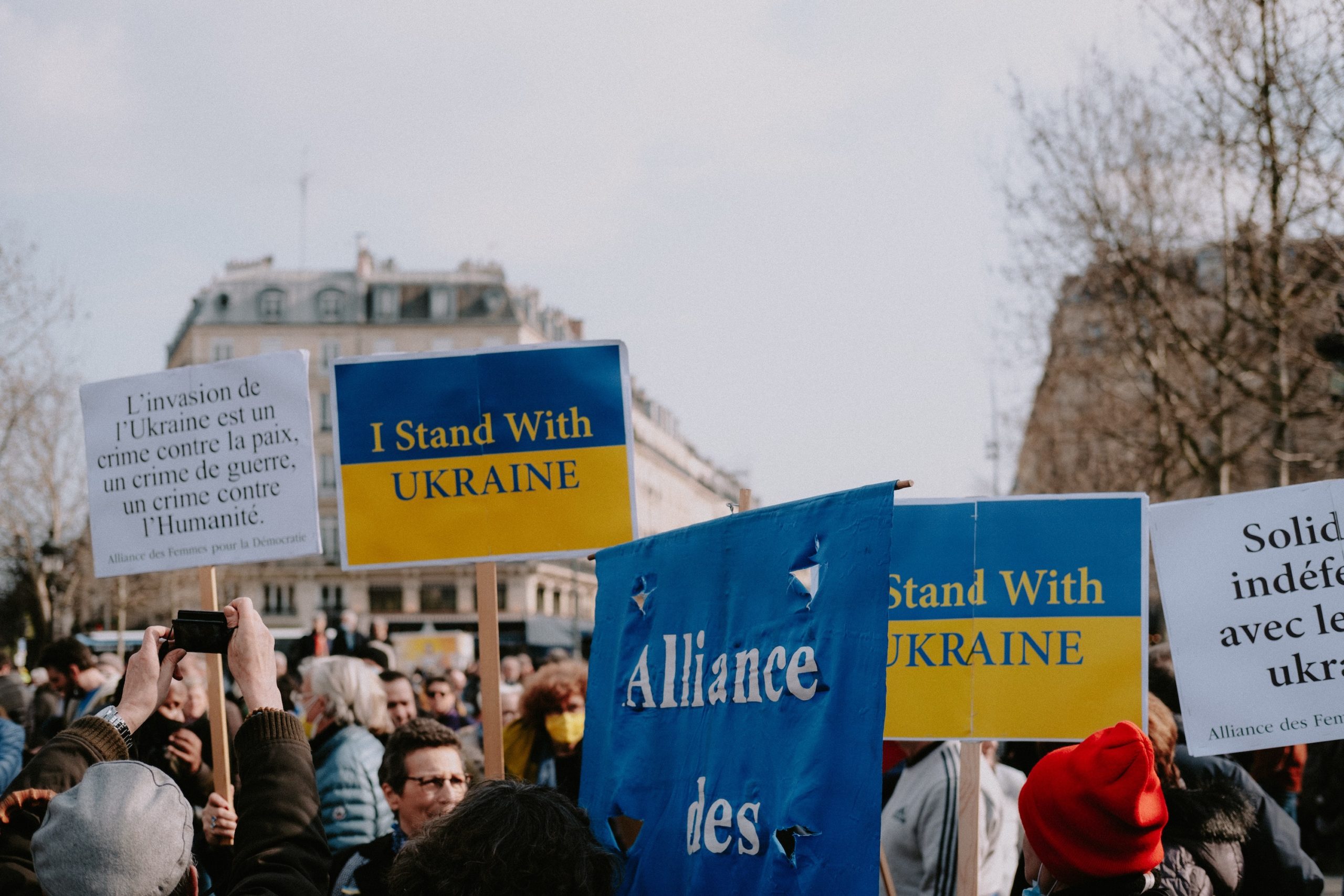
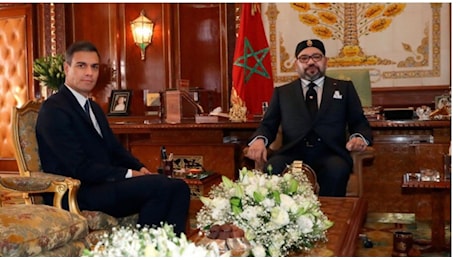

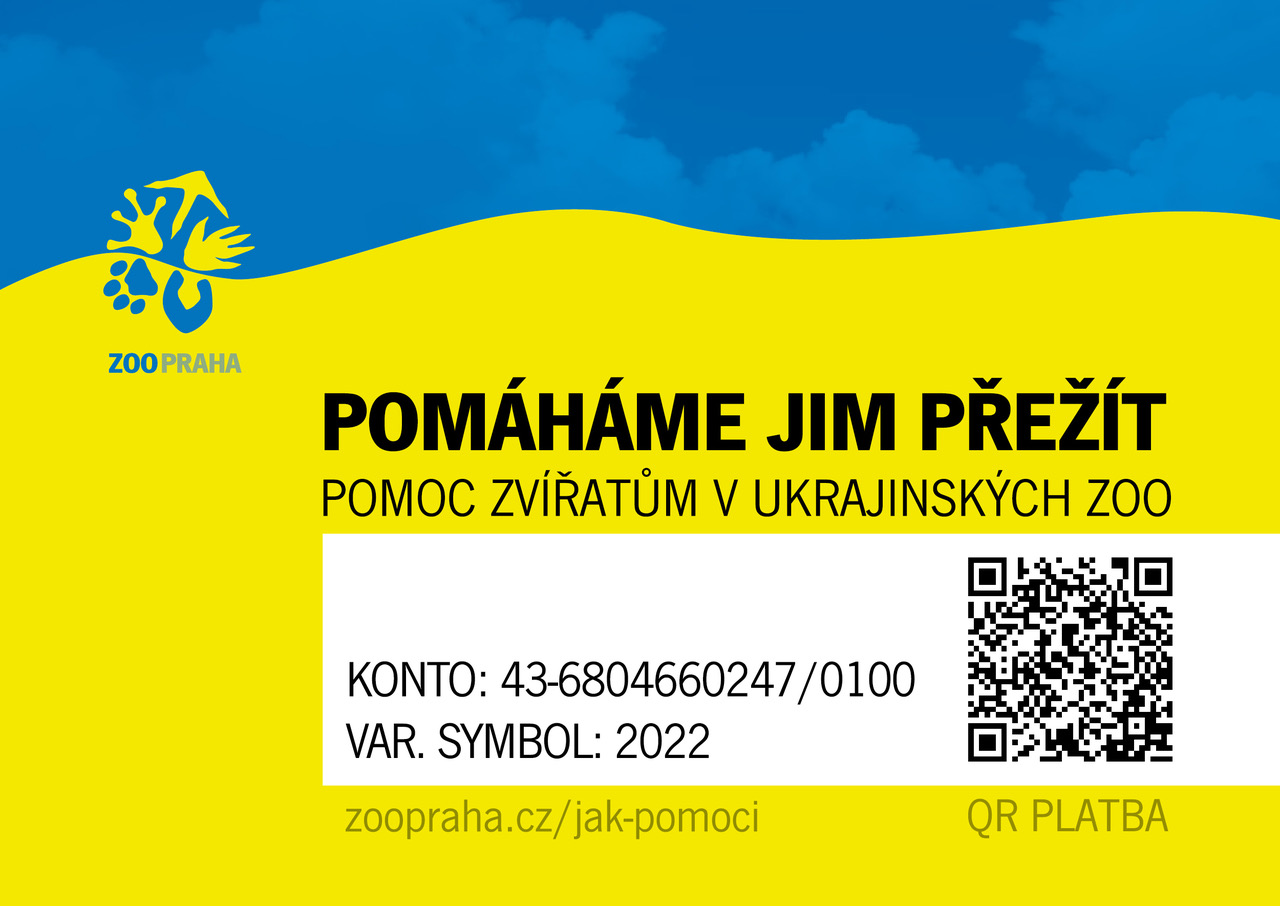
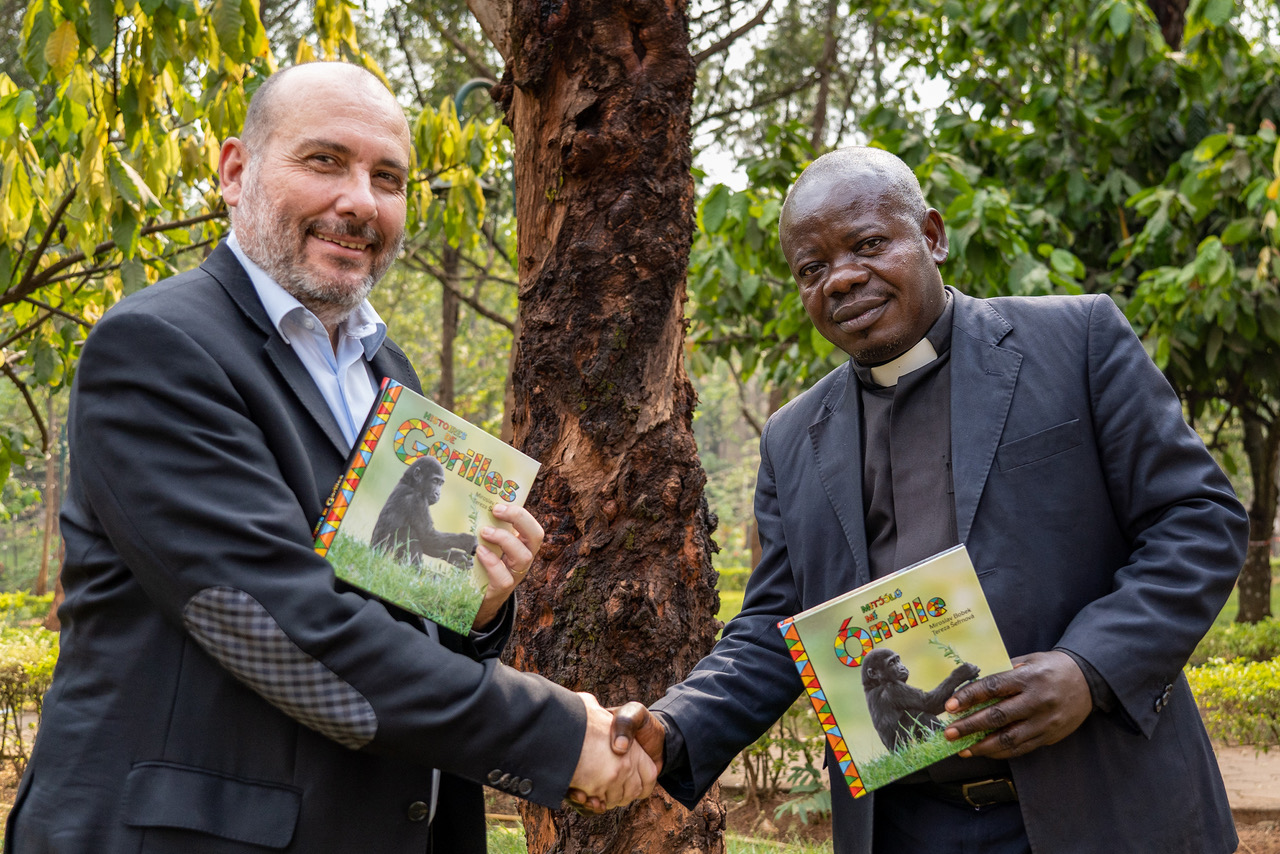
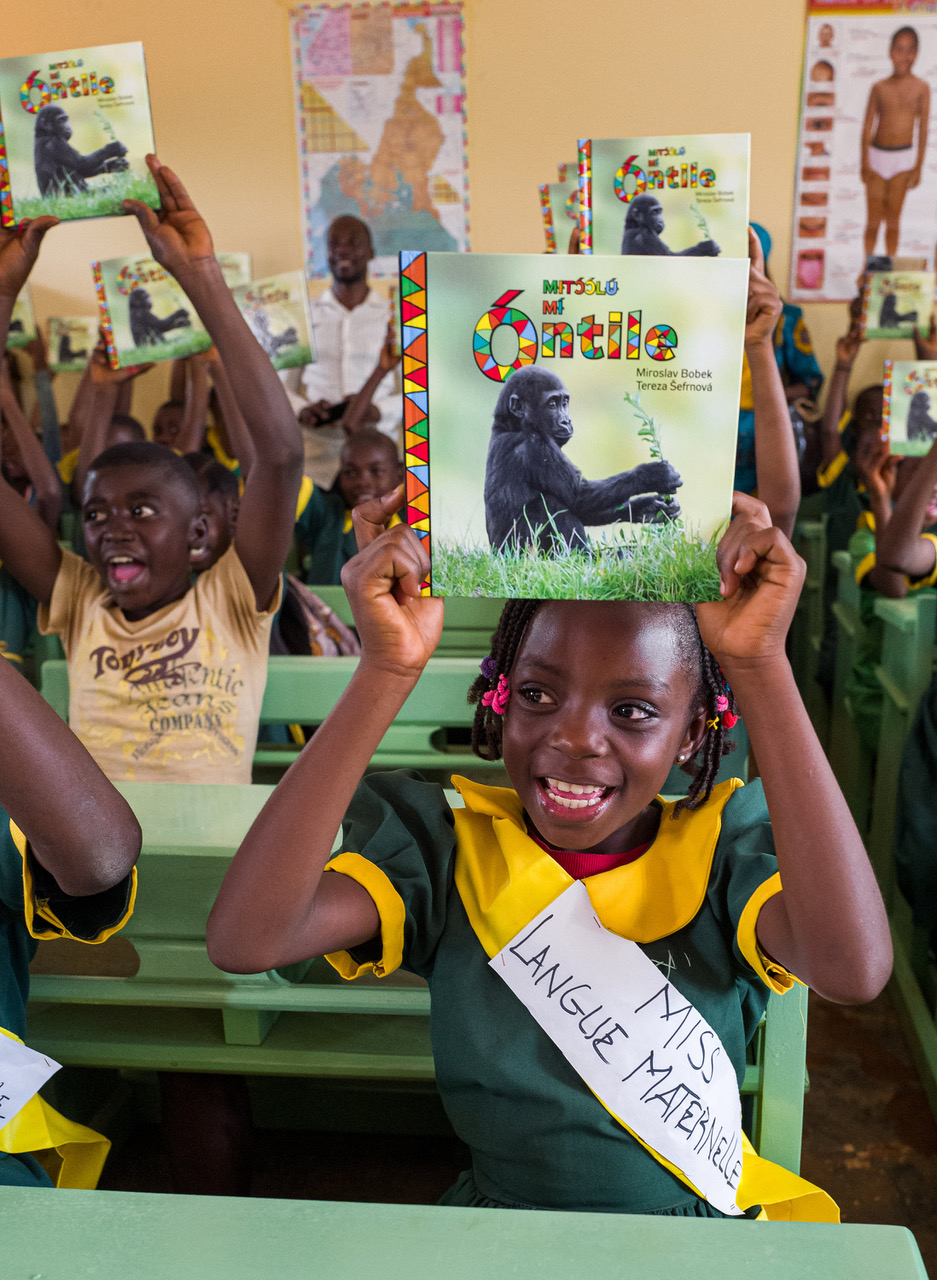
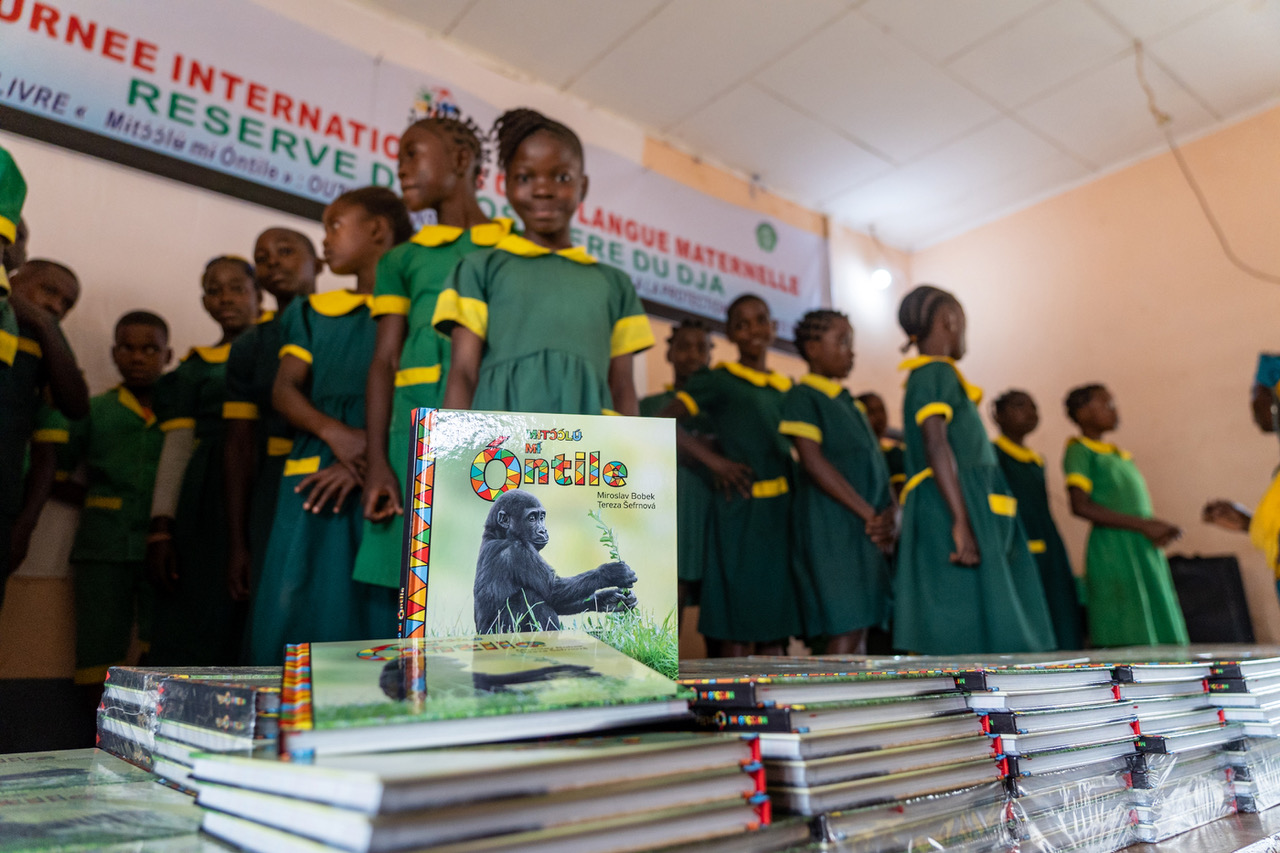
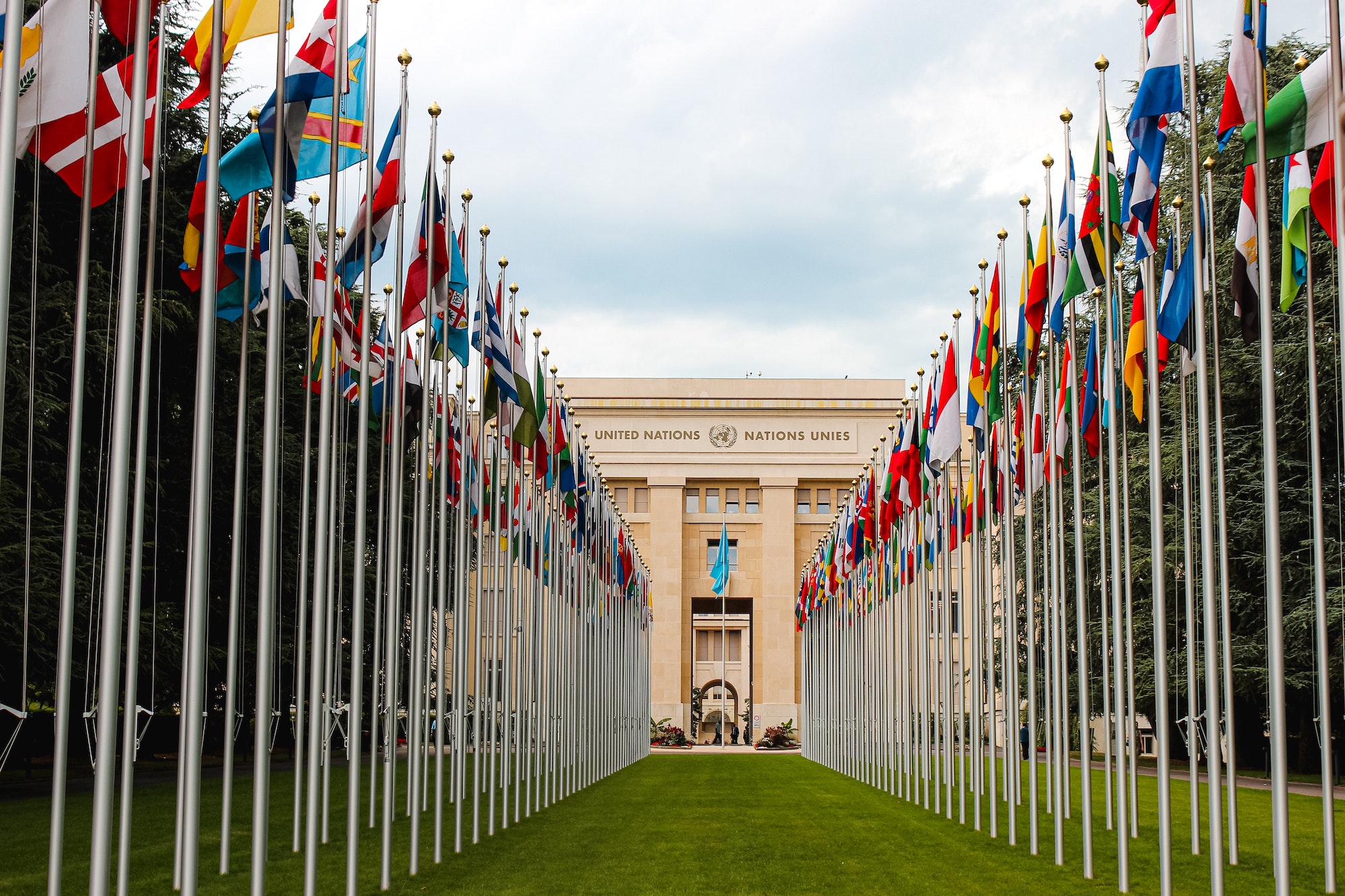


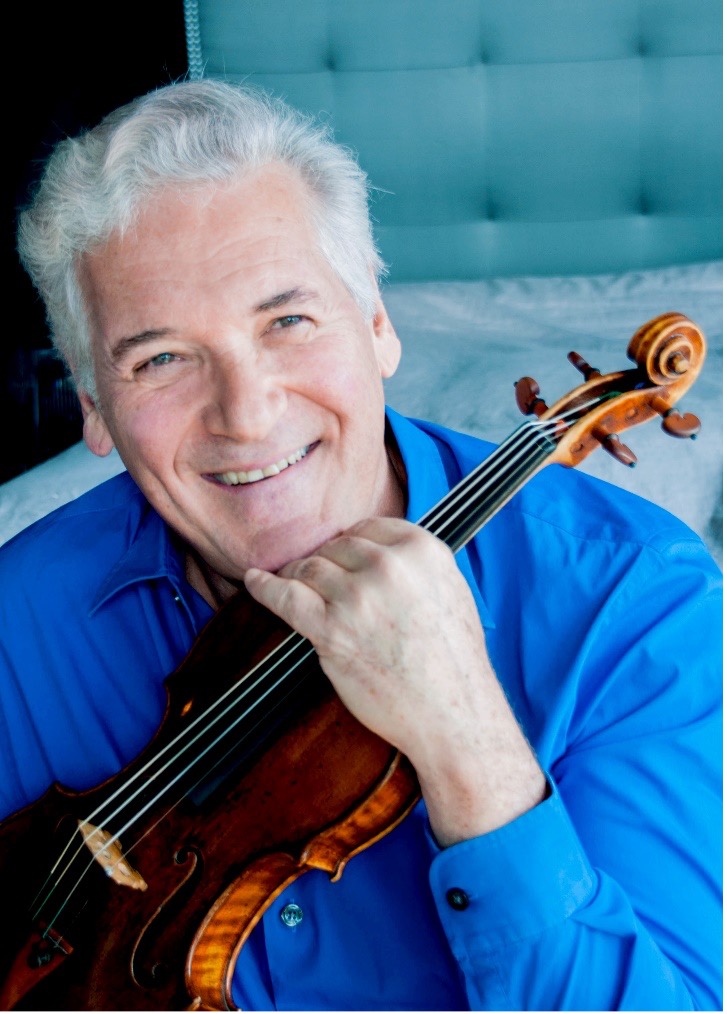
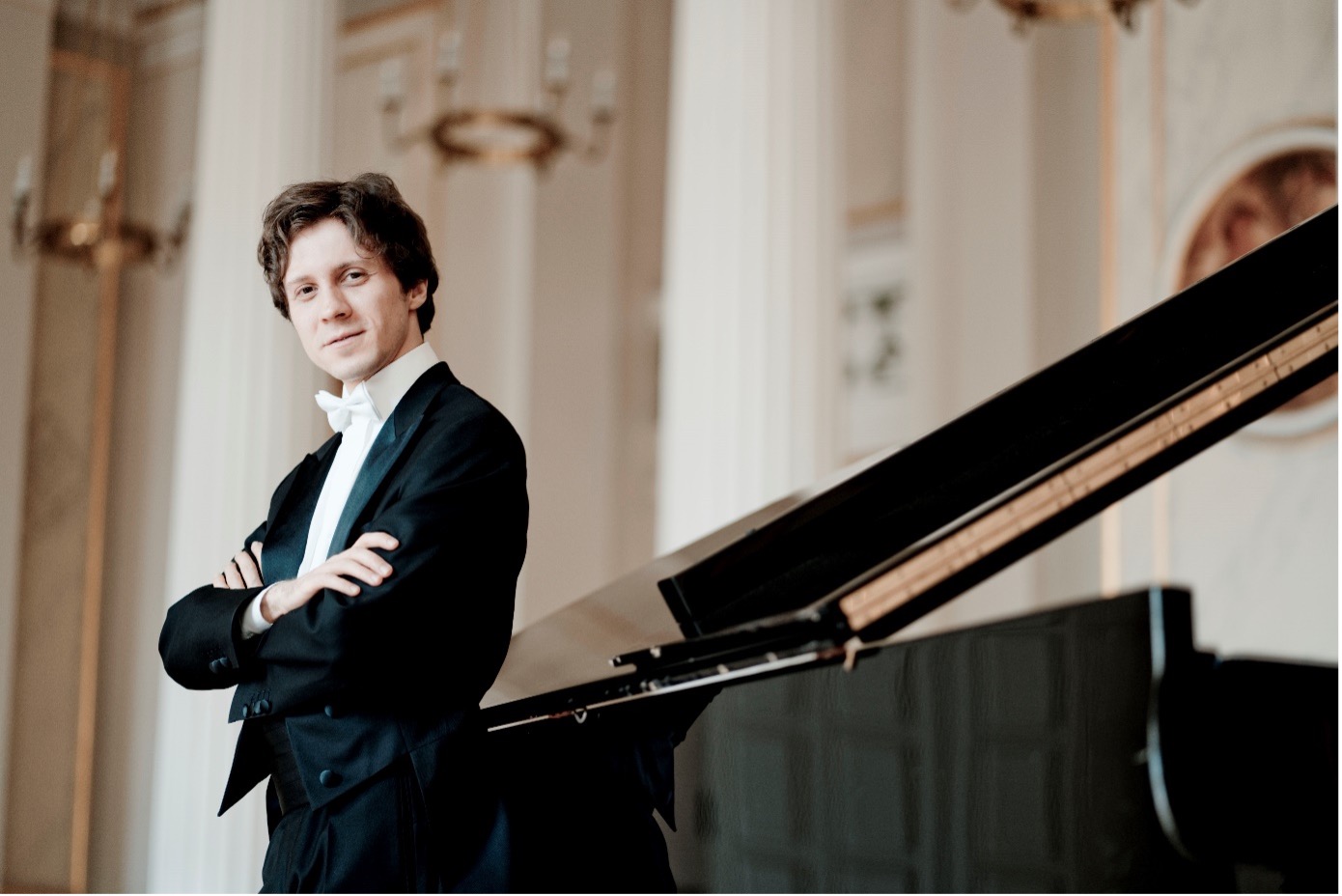
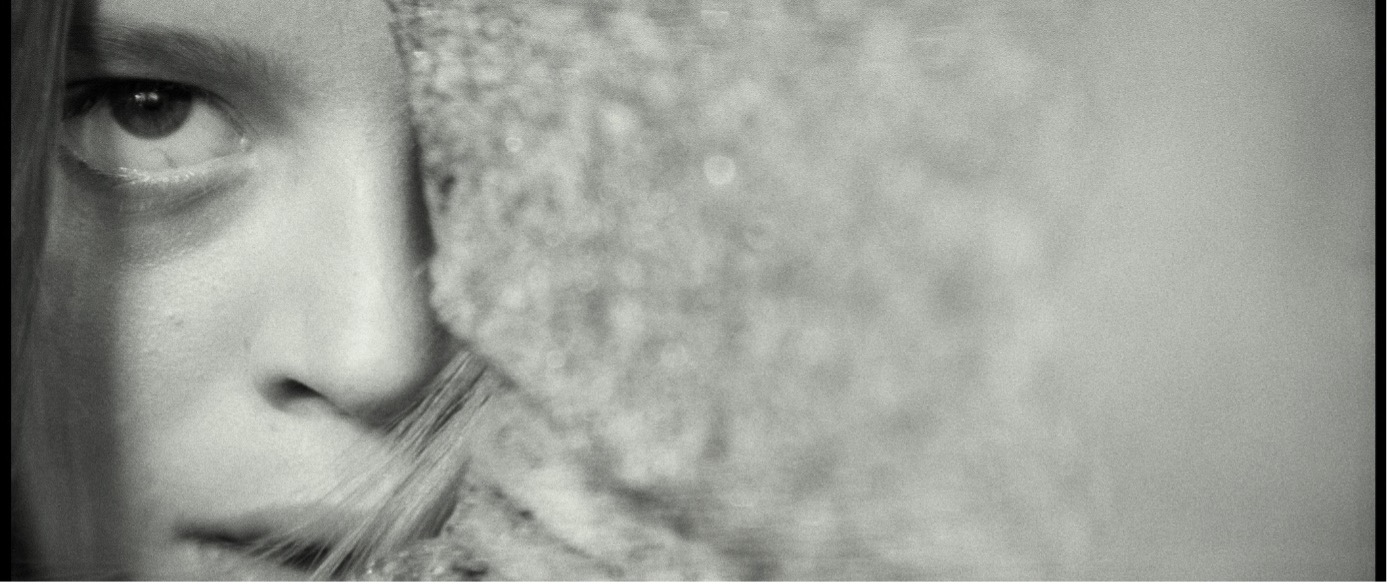
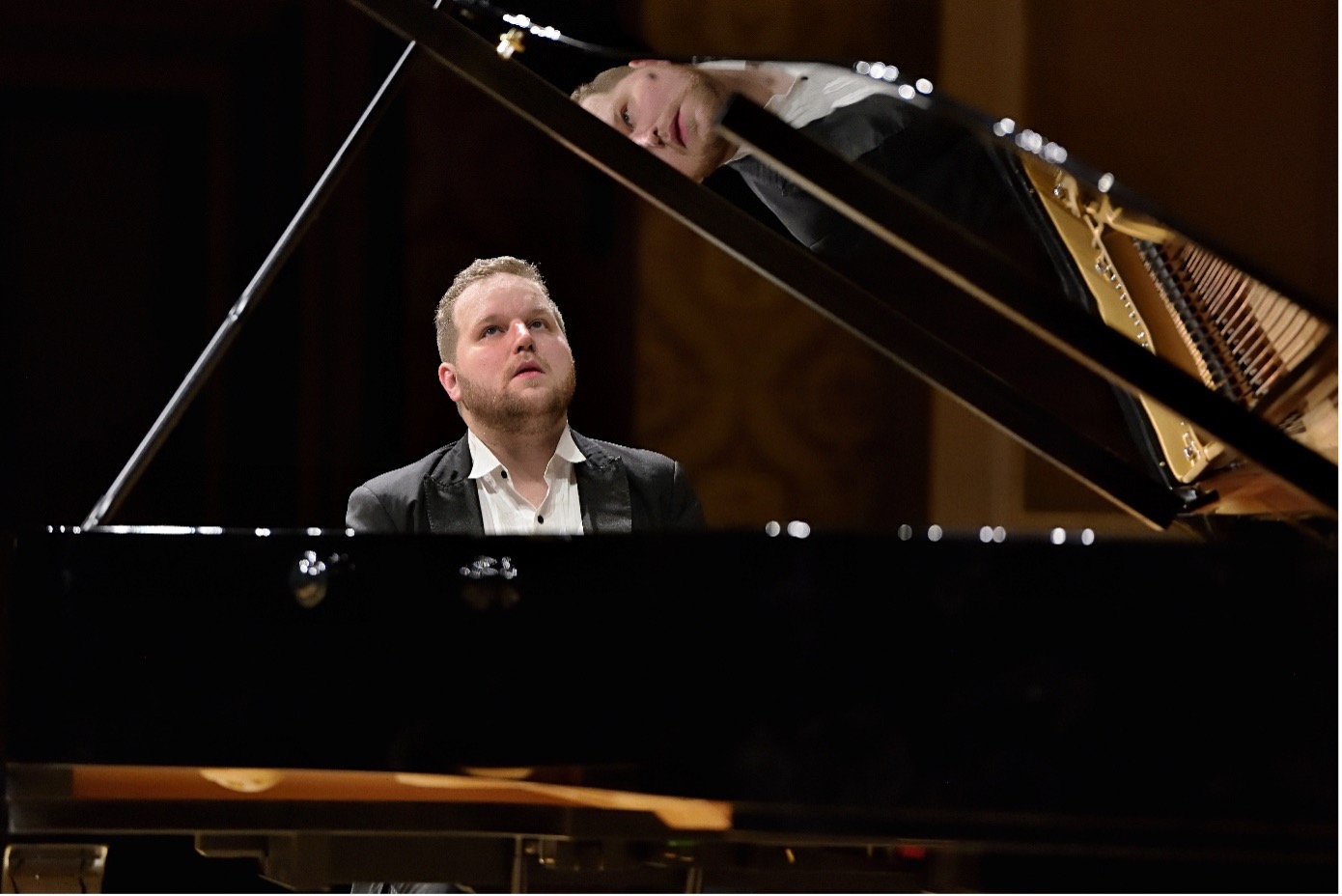
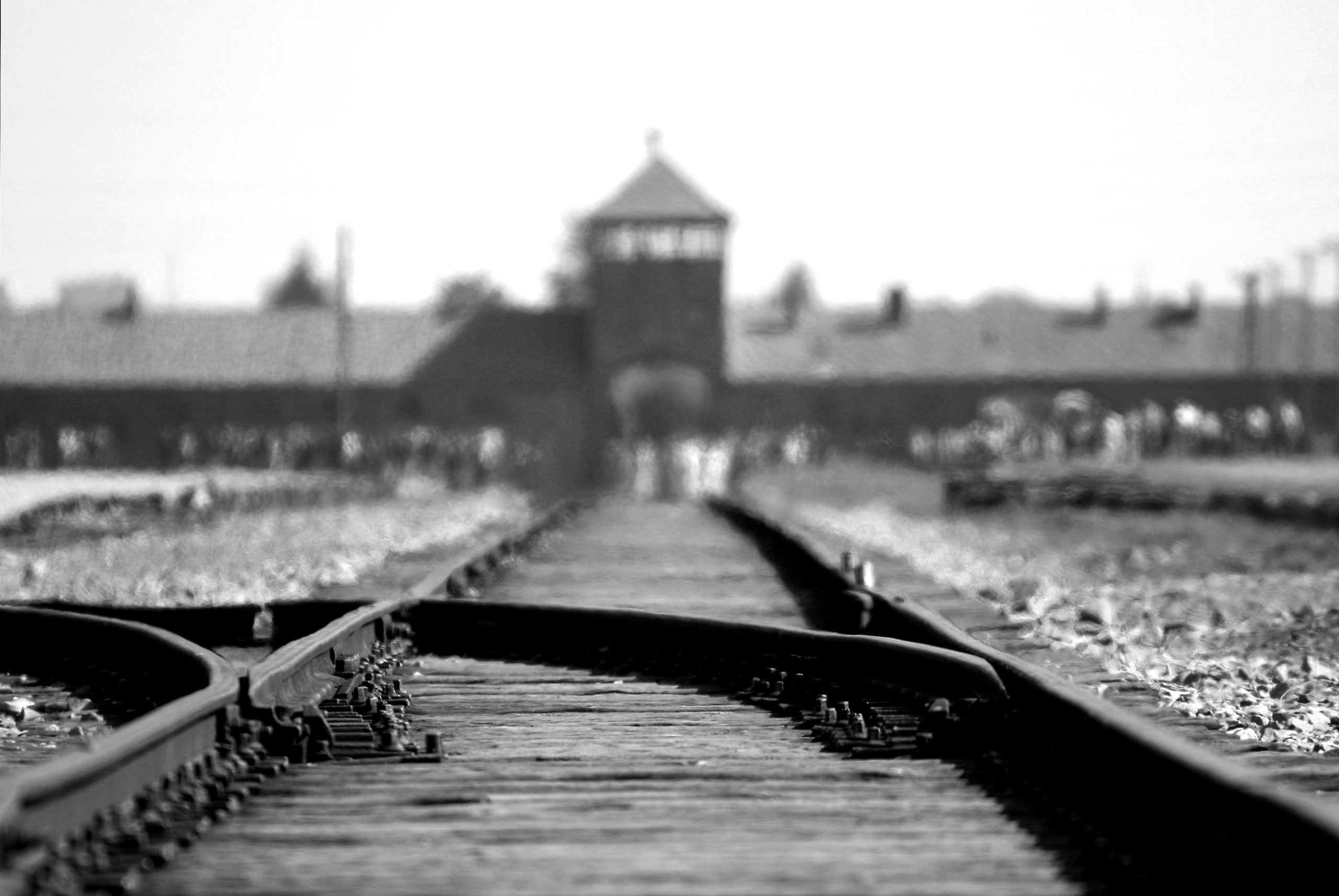




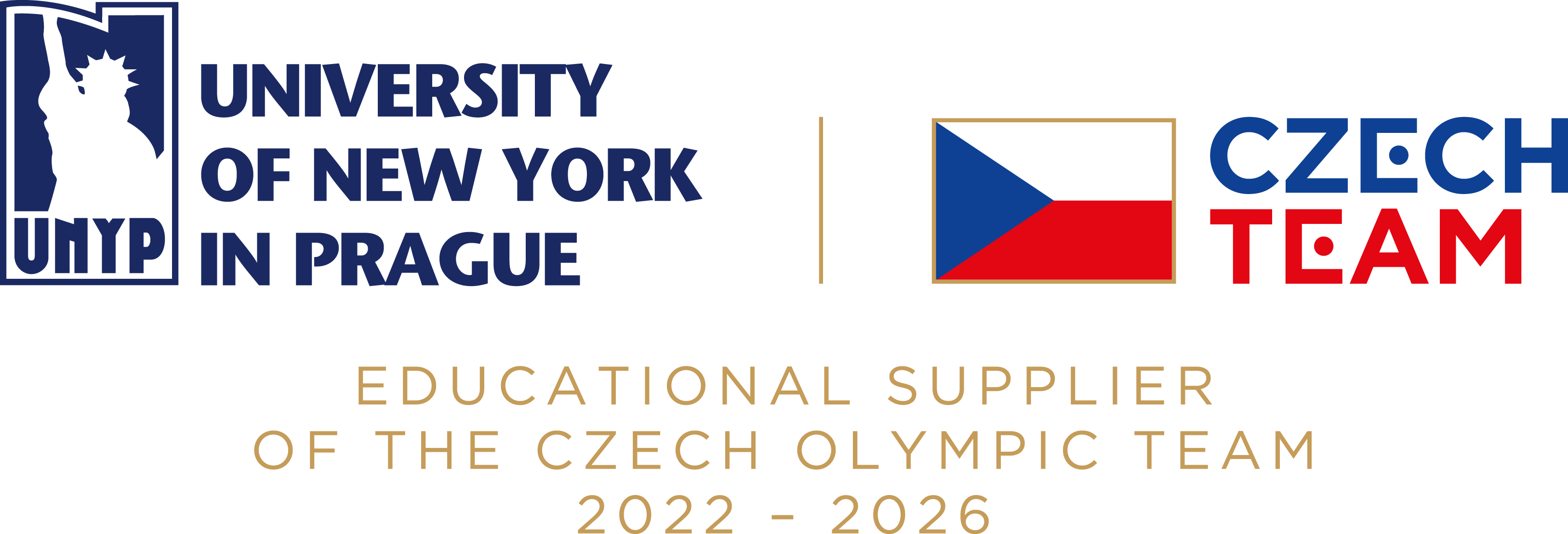





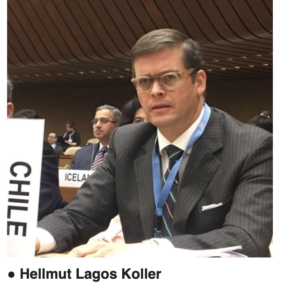 About the author:
About the author: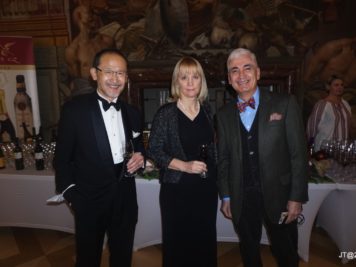
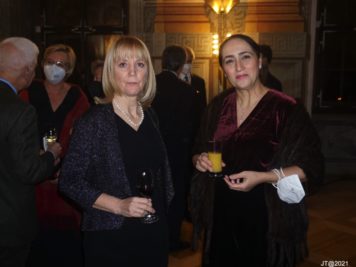
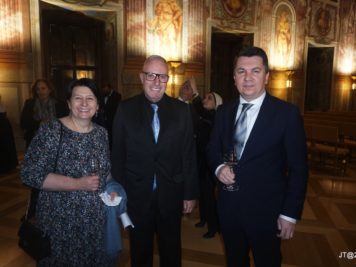
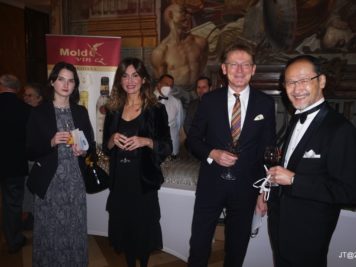
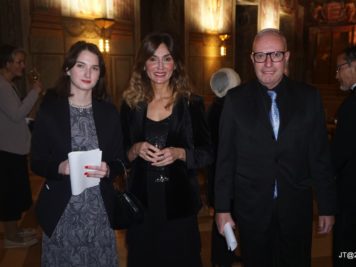
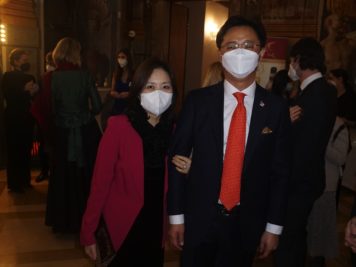
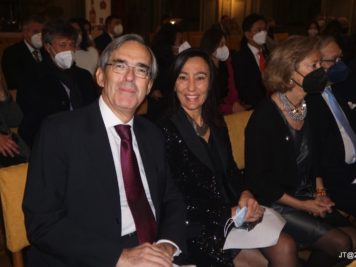
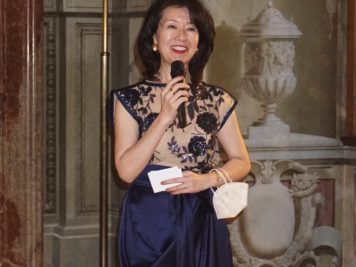
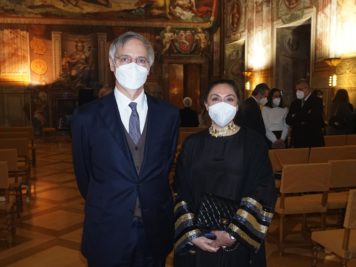
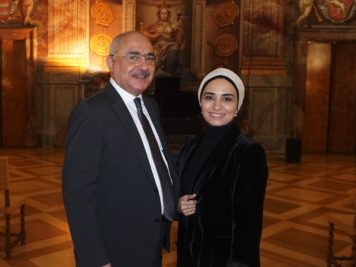
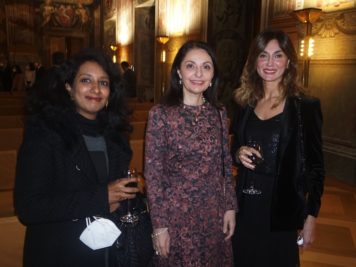
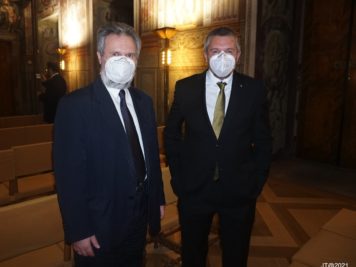
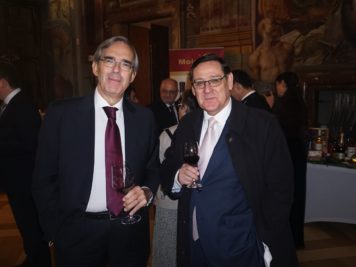
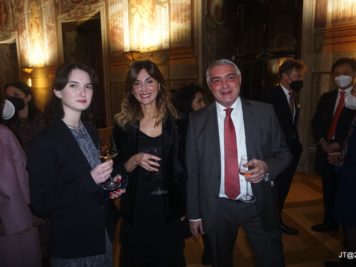
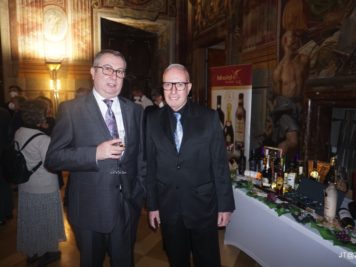
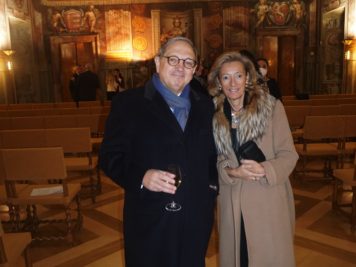
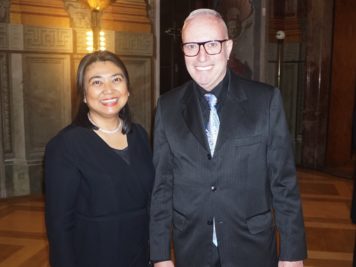
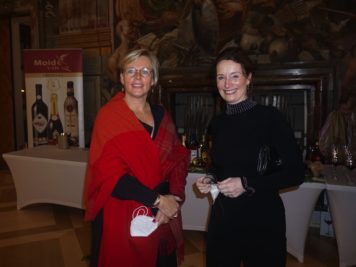
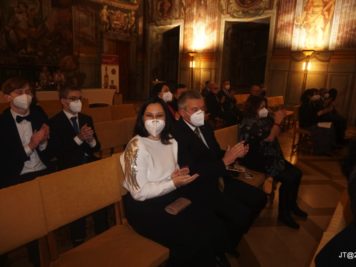
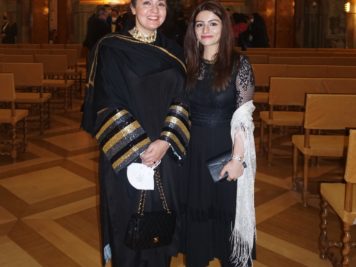
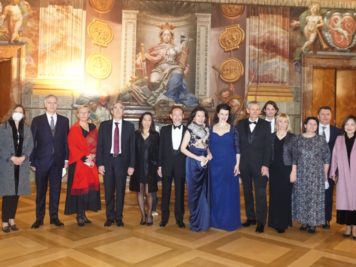
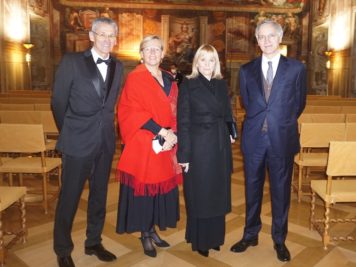
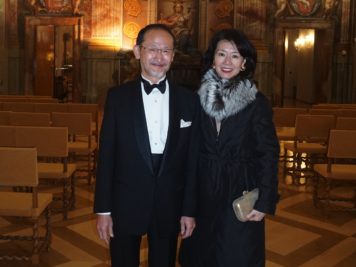
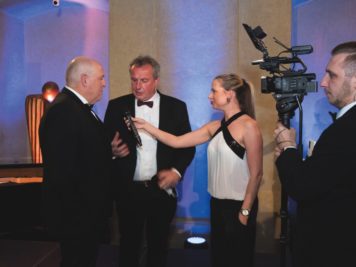
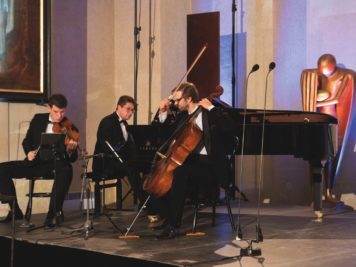
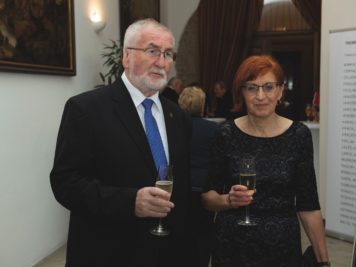
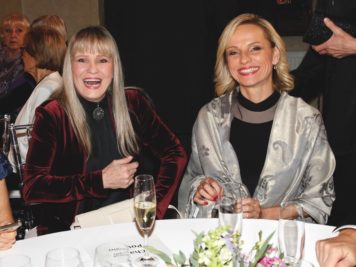
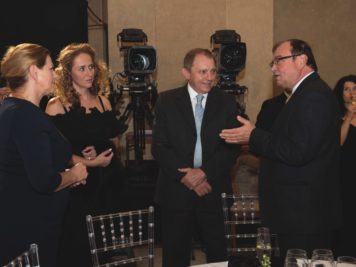
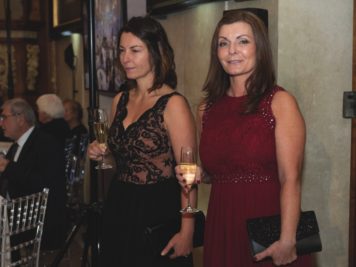
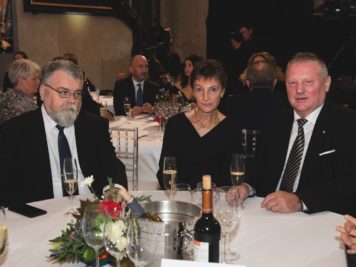
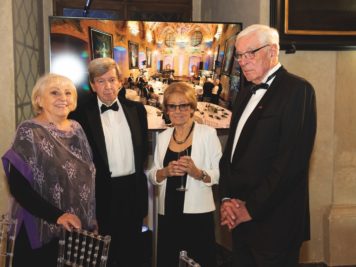
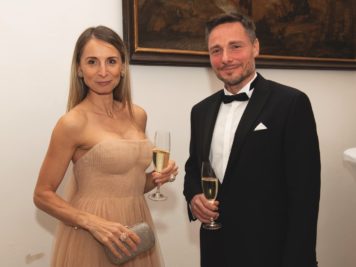
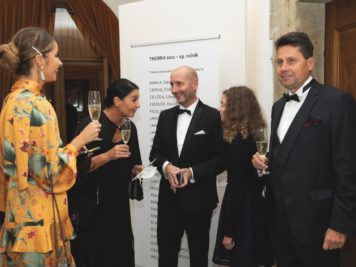
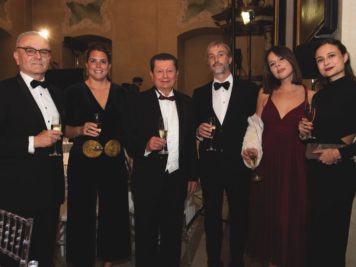
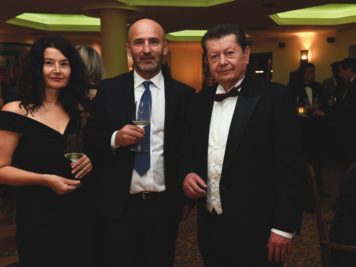
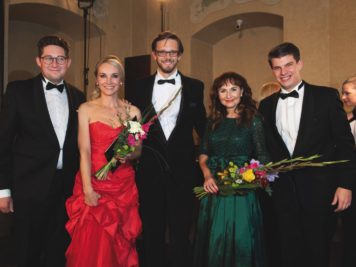
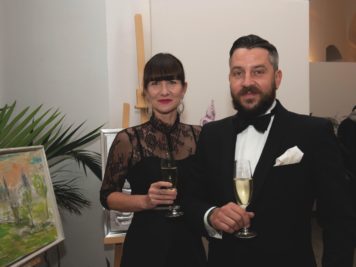
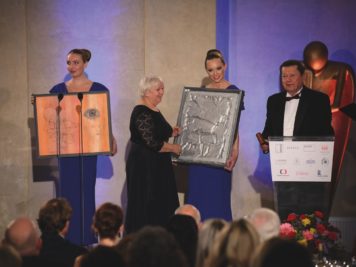
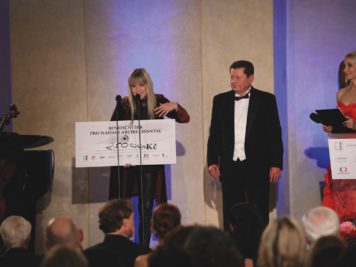
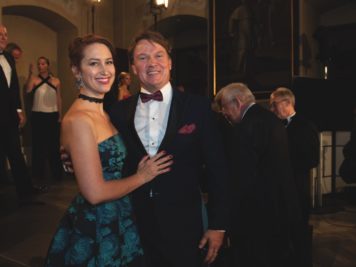
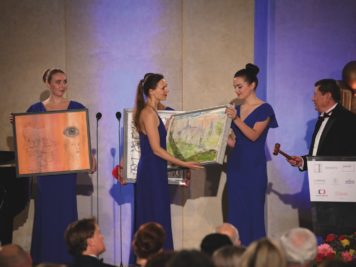
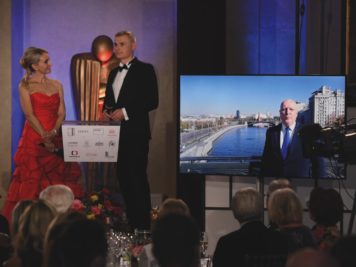
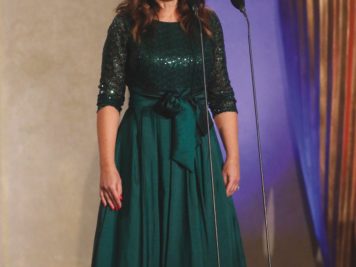
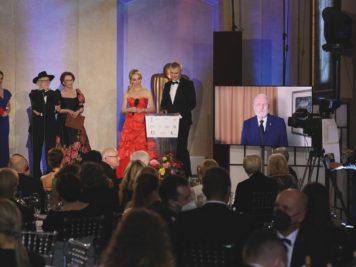
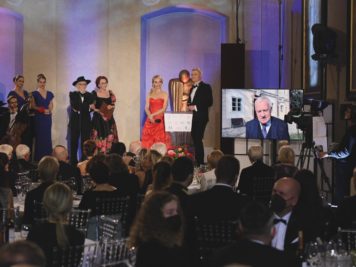
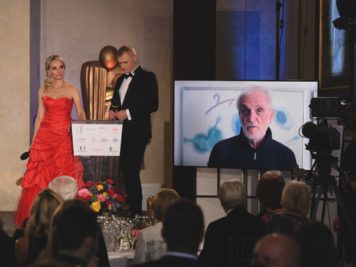
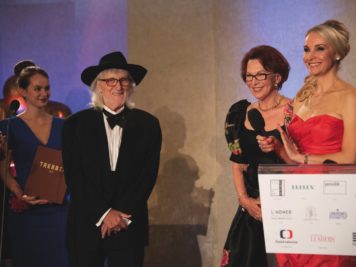
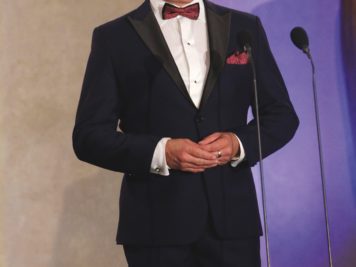
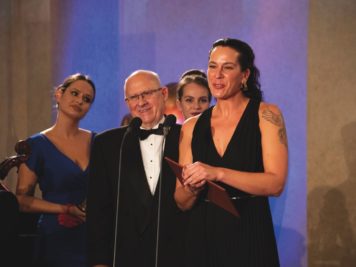
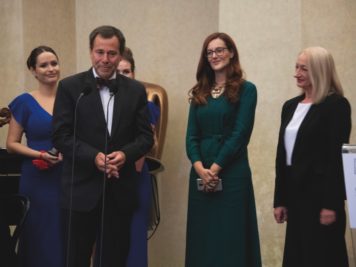
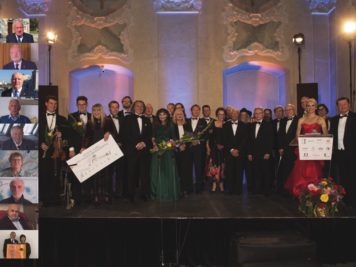
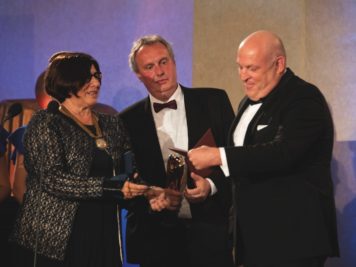
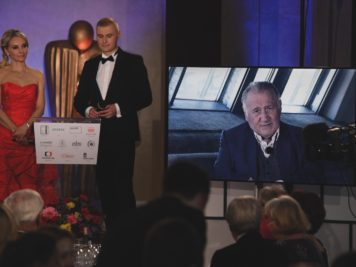
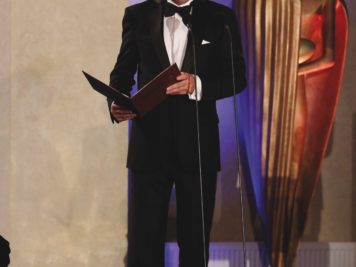
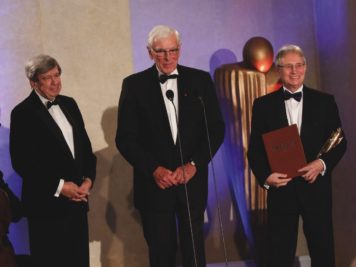
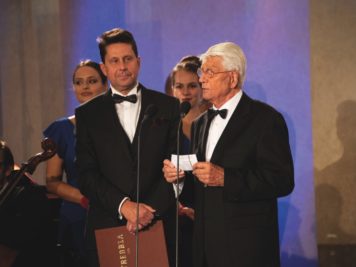
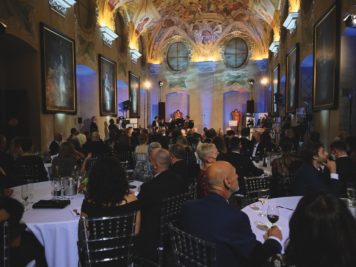
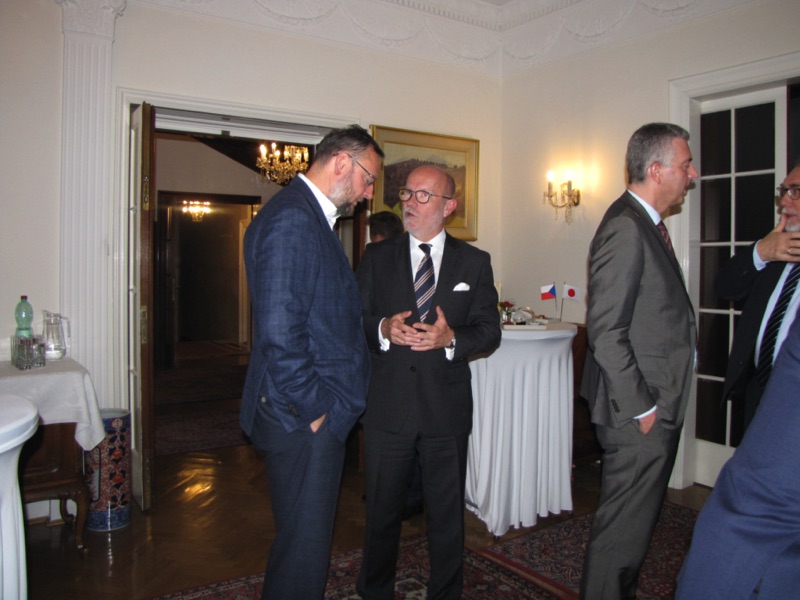
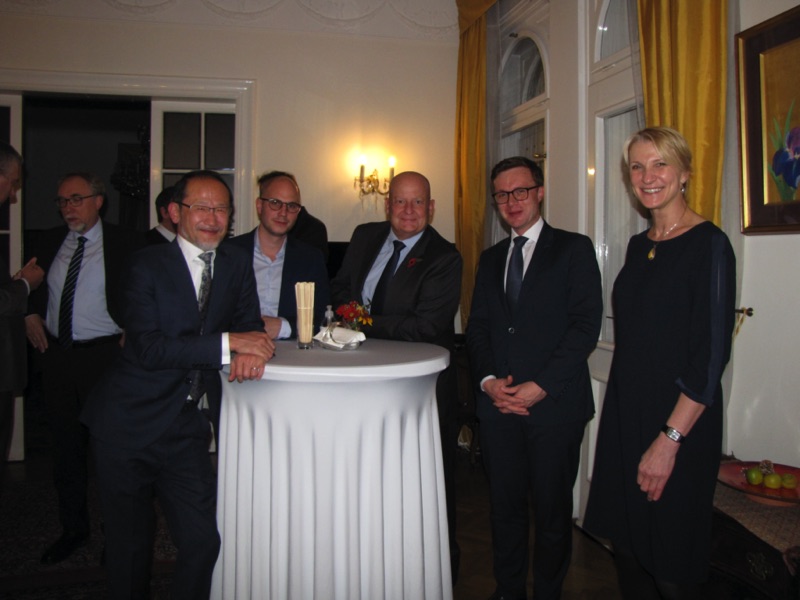
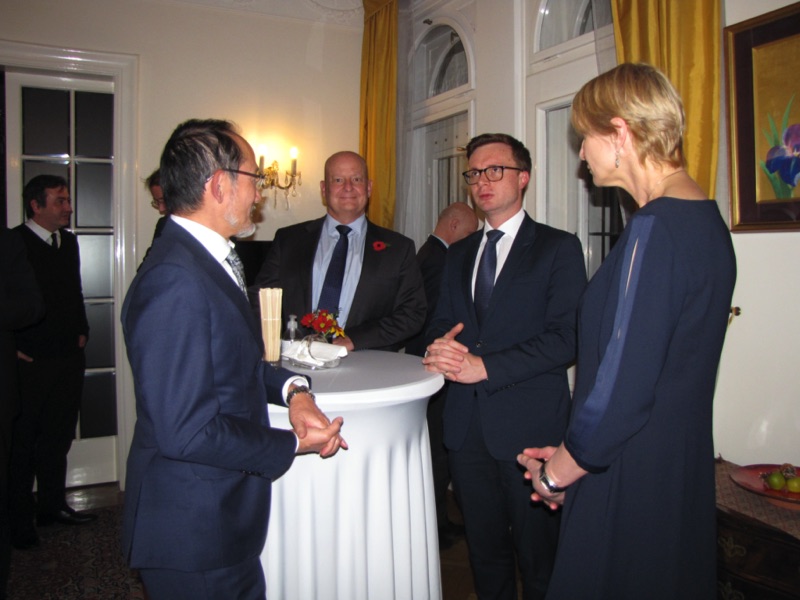
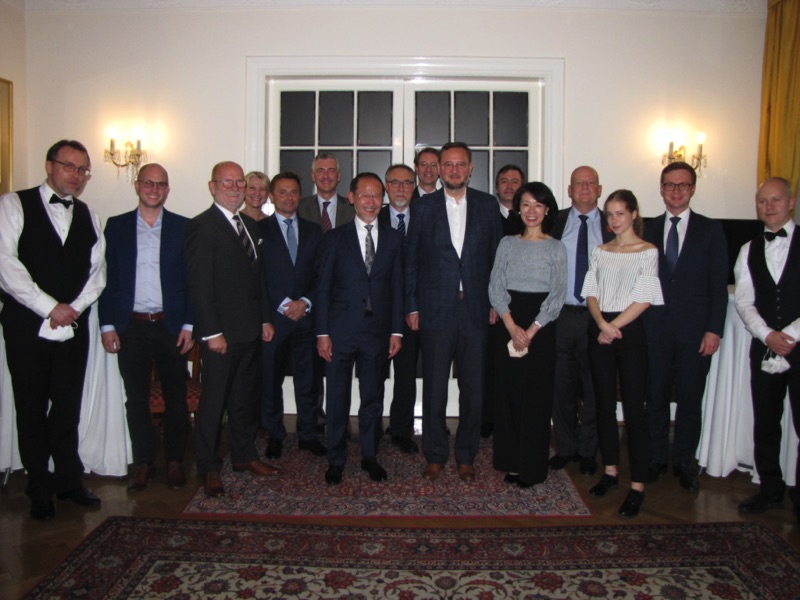
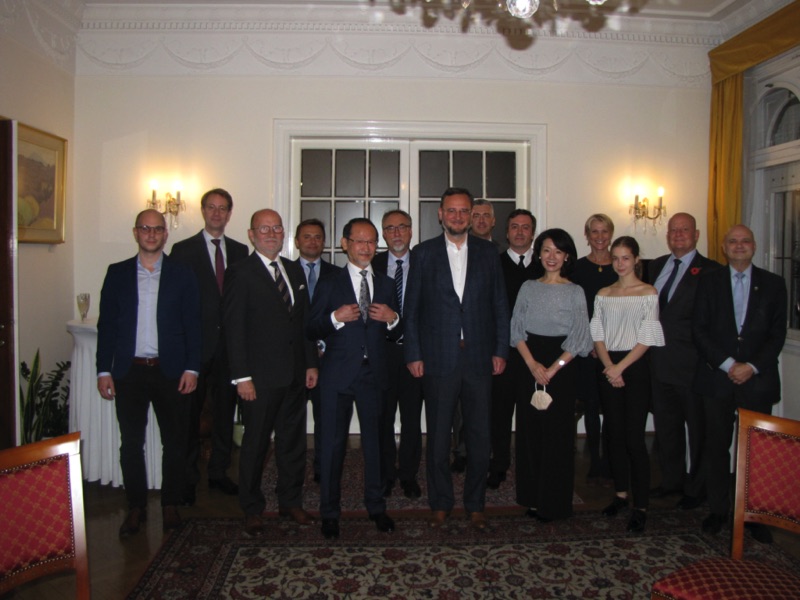
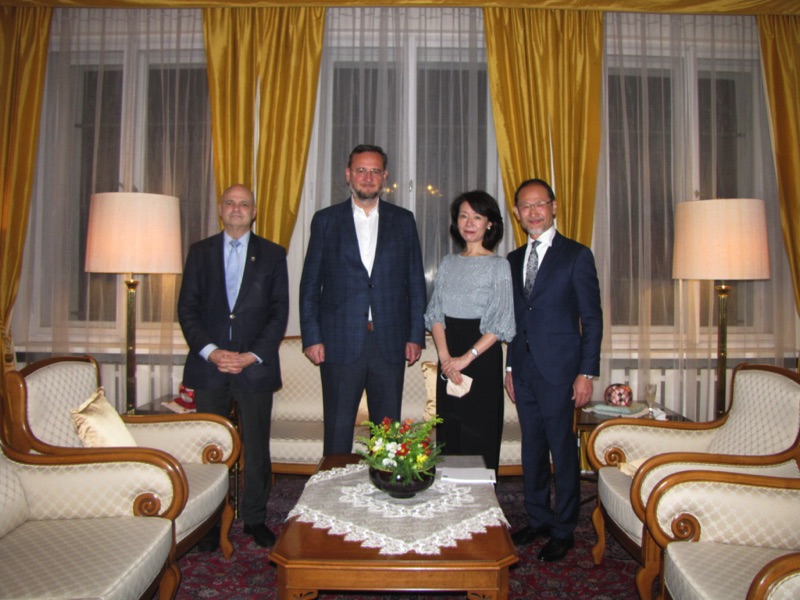
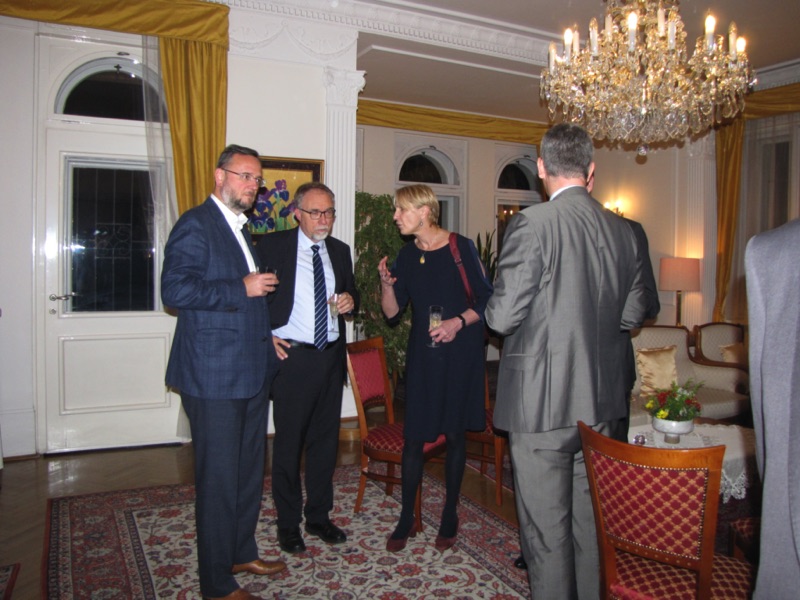
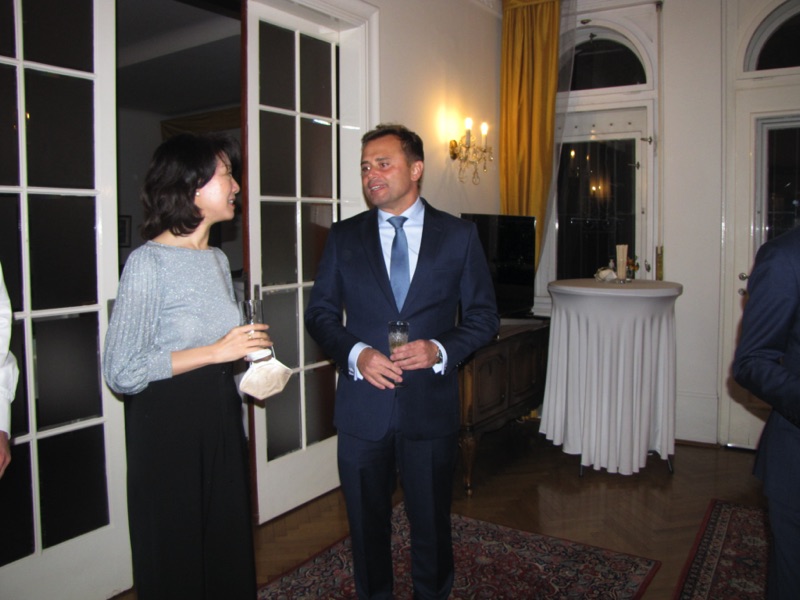
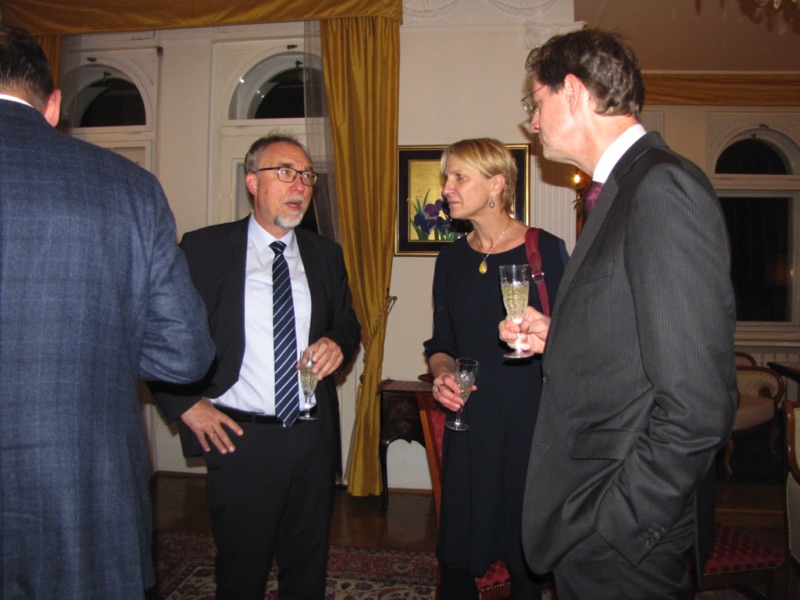
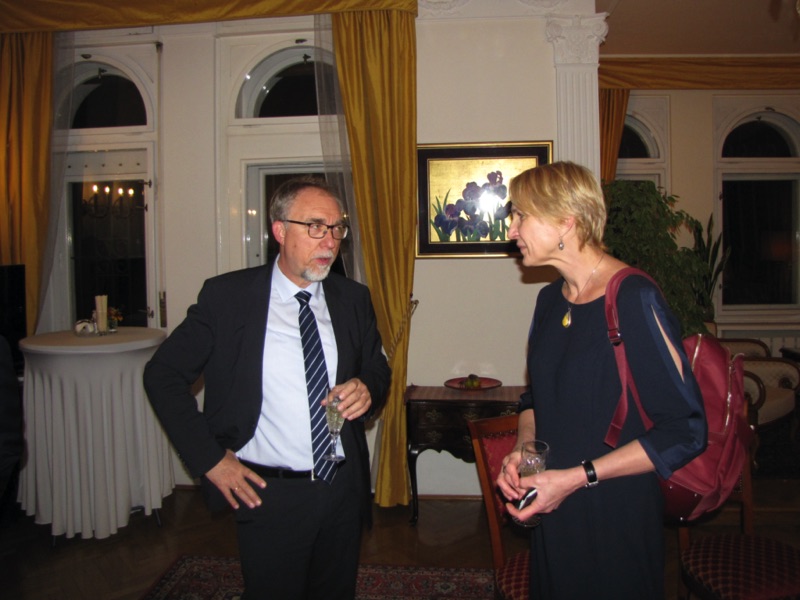
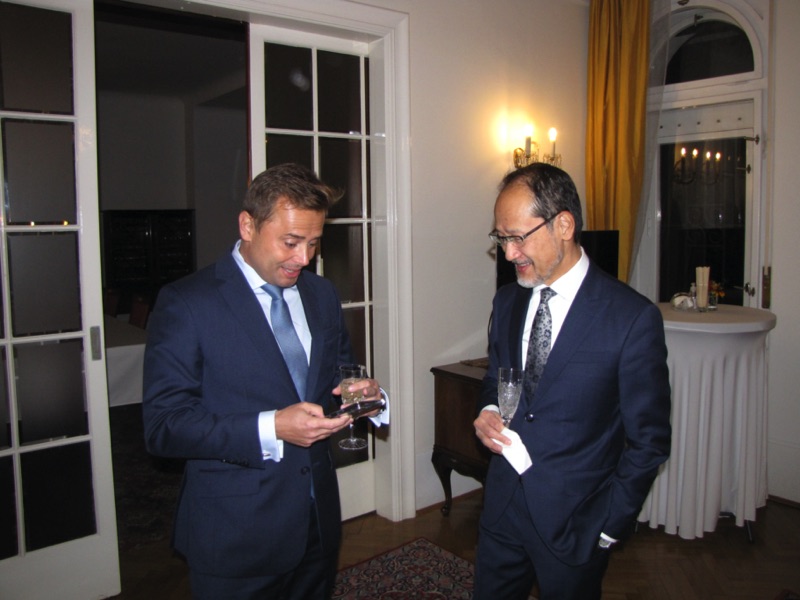

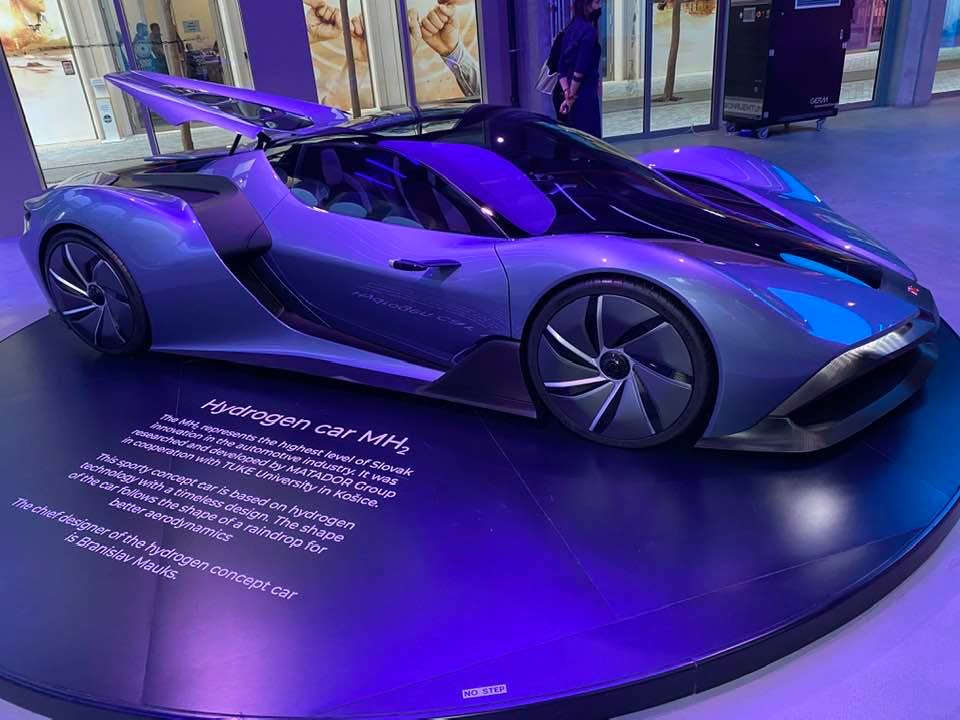
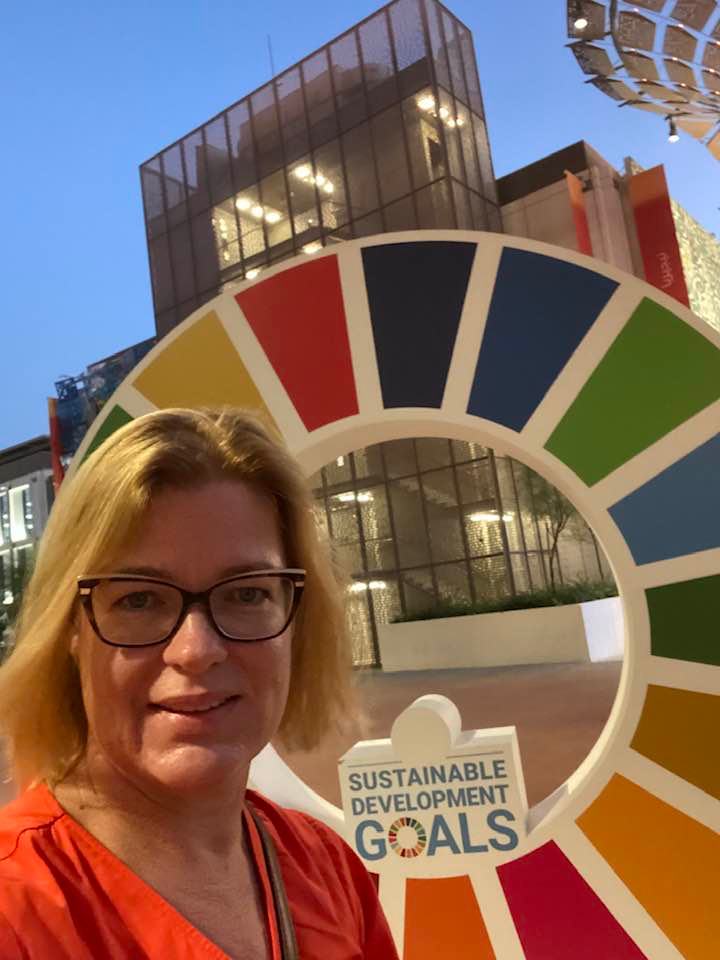
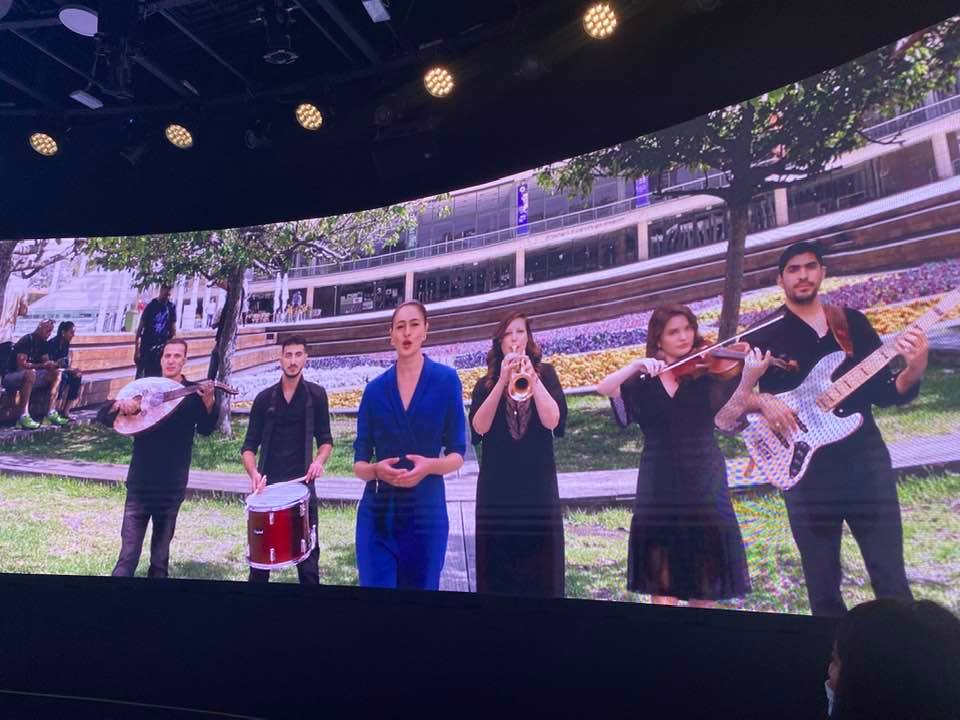
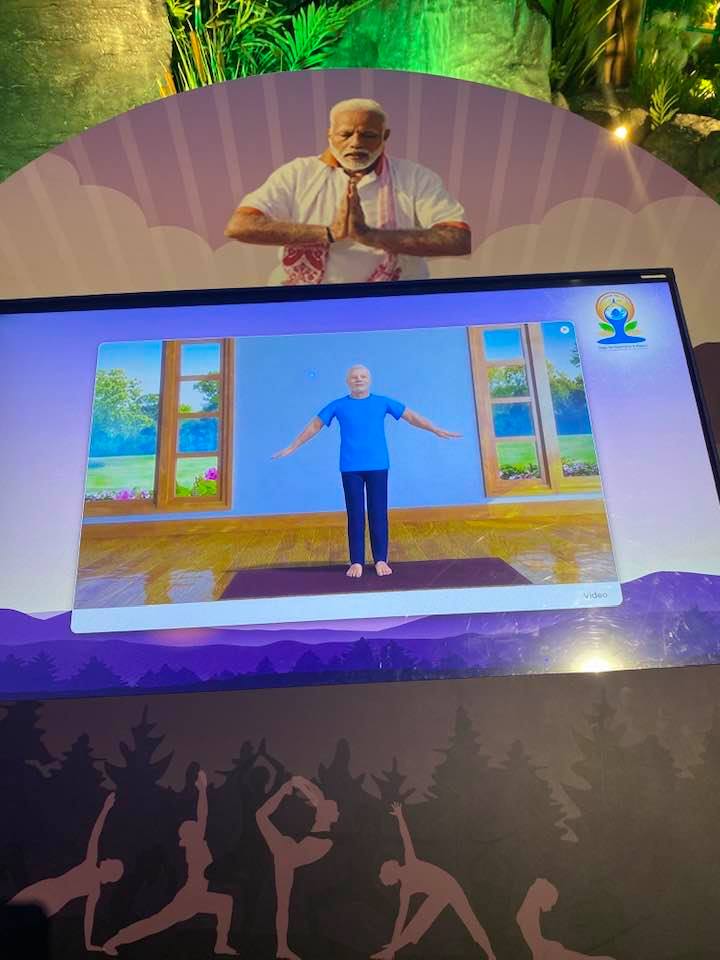
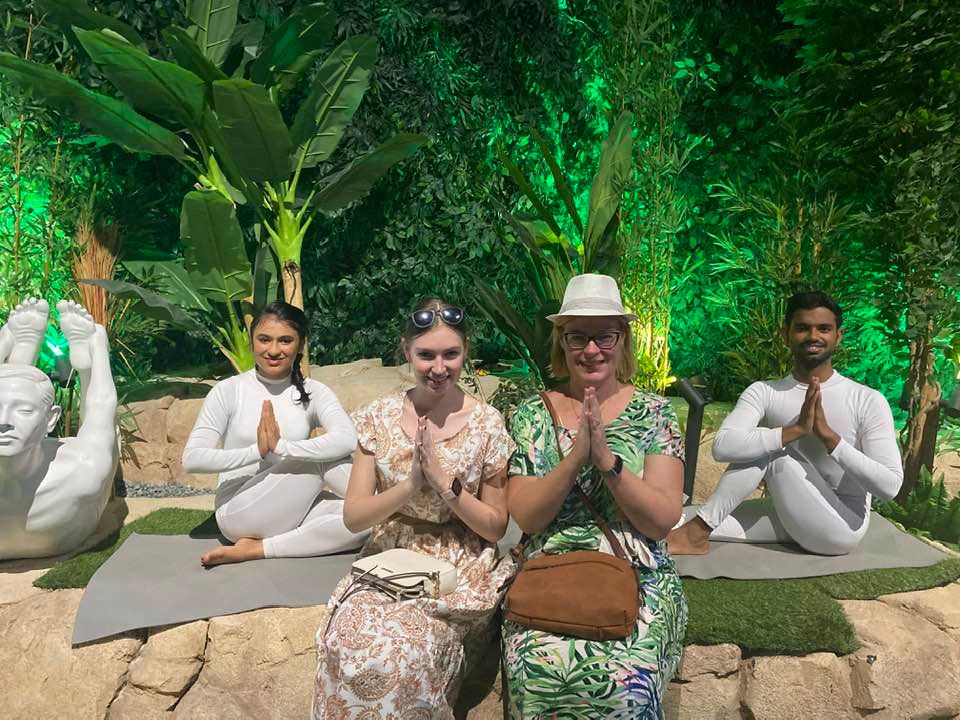
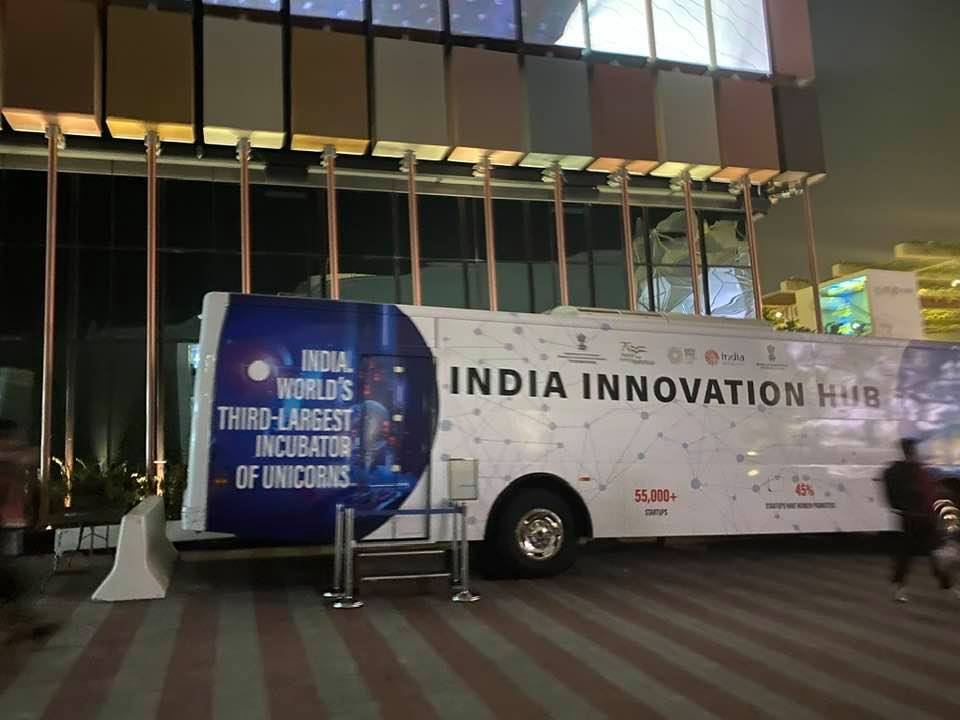
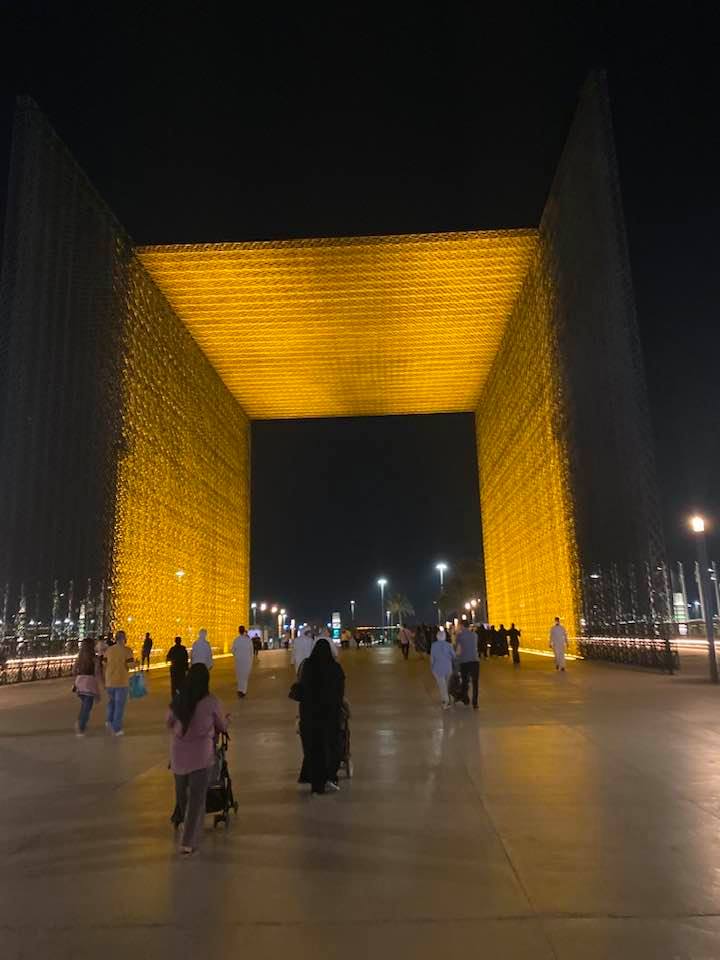
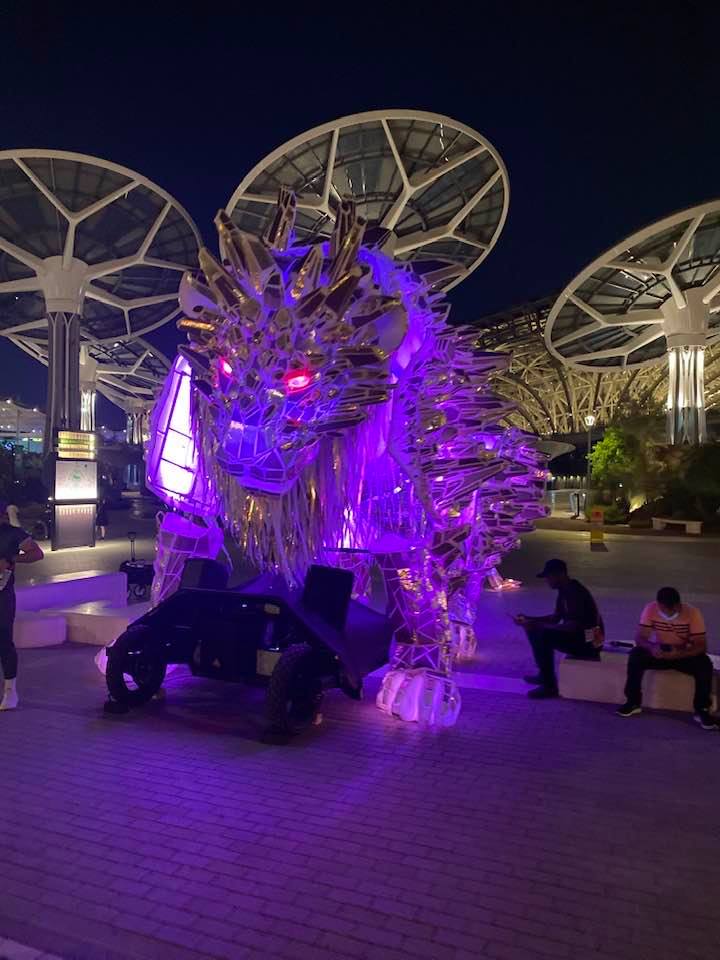
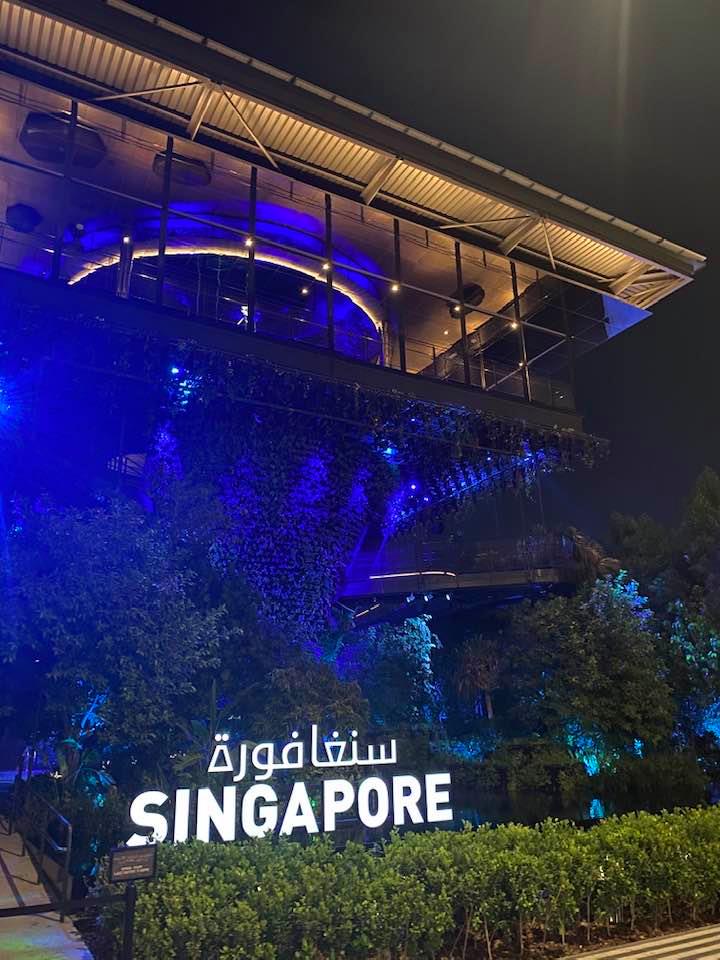

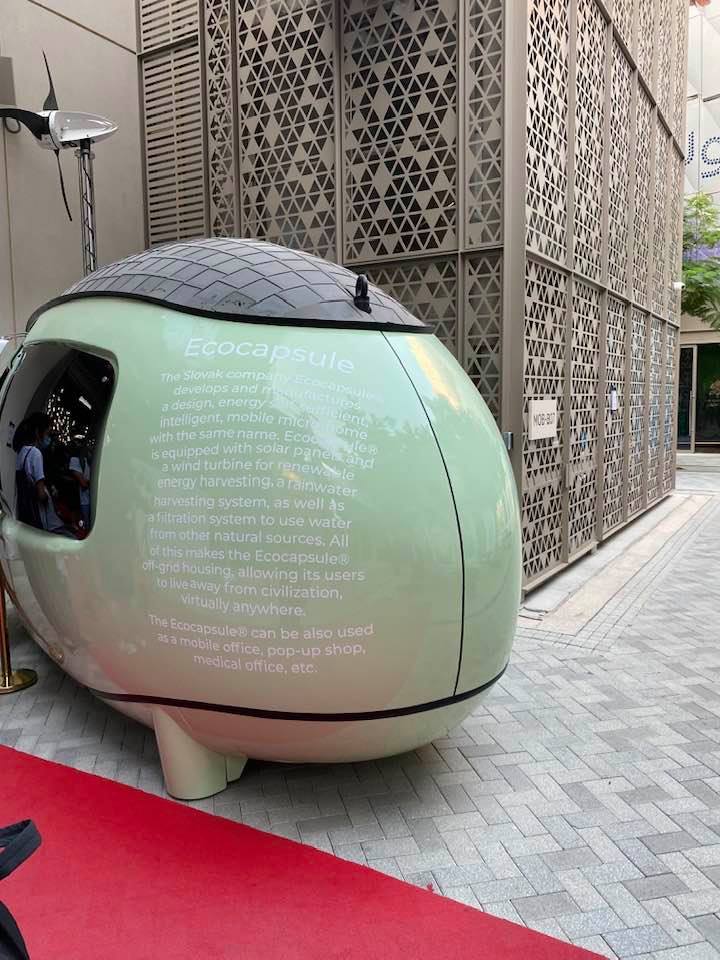
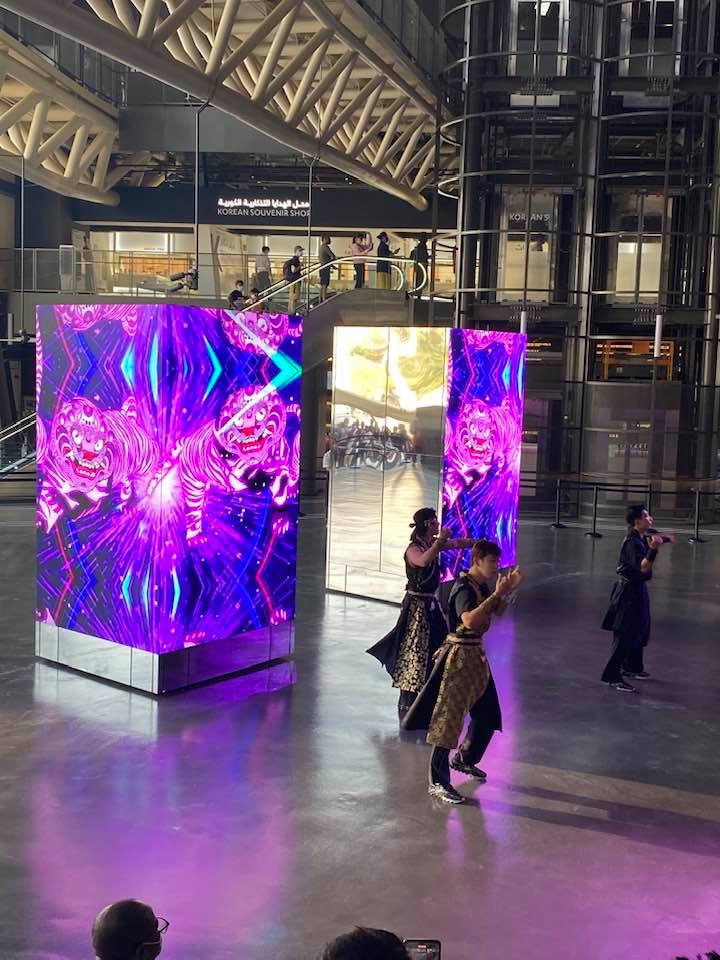
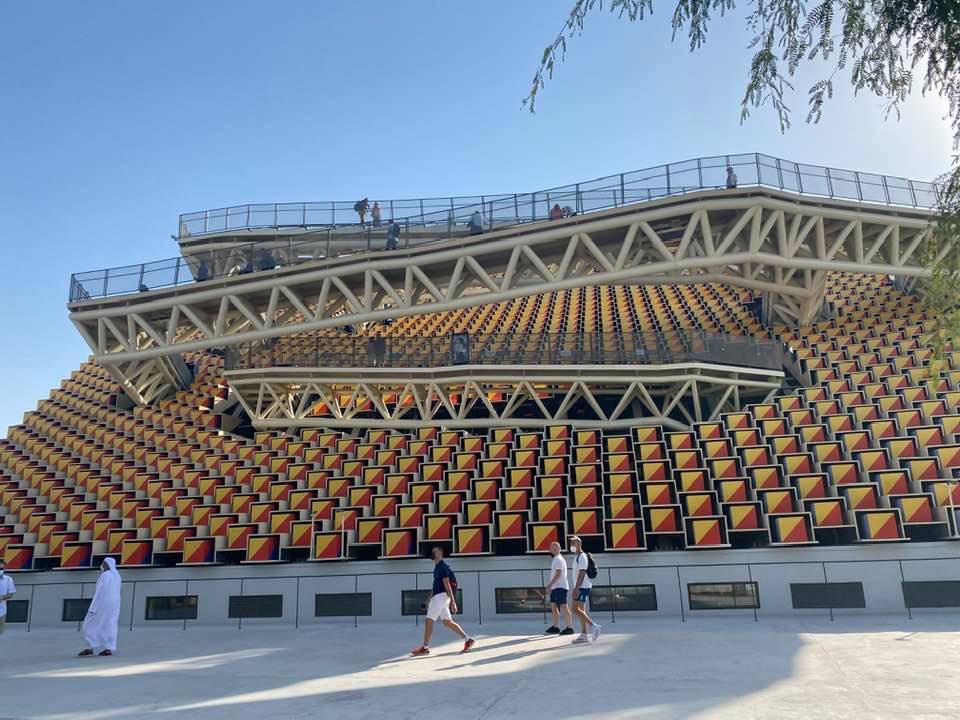
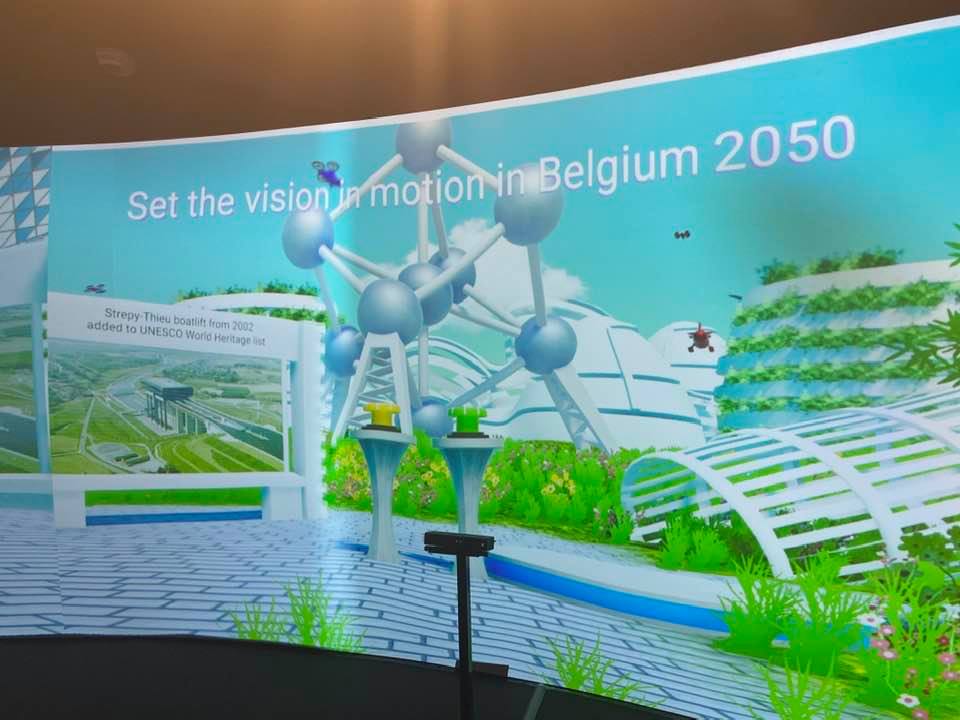
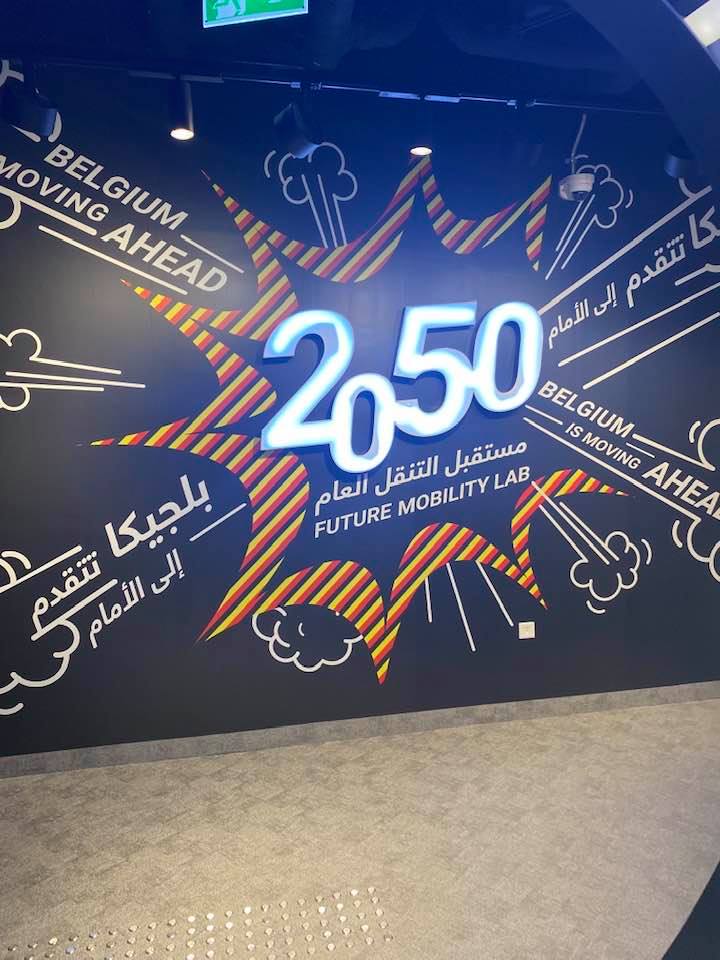
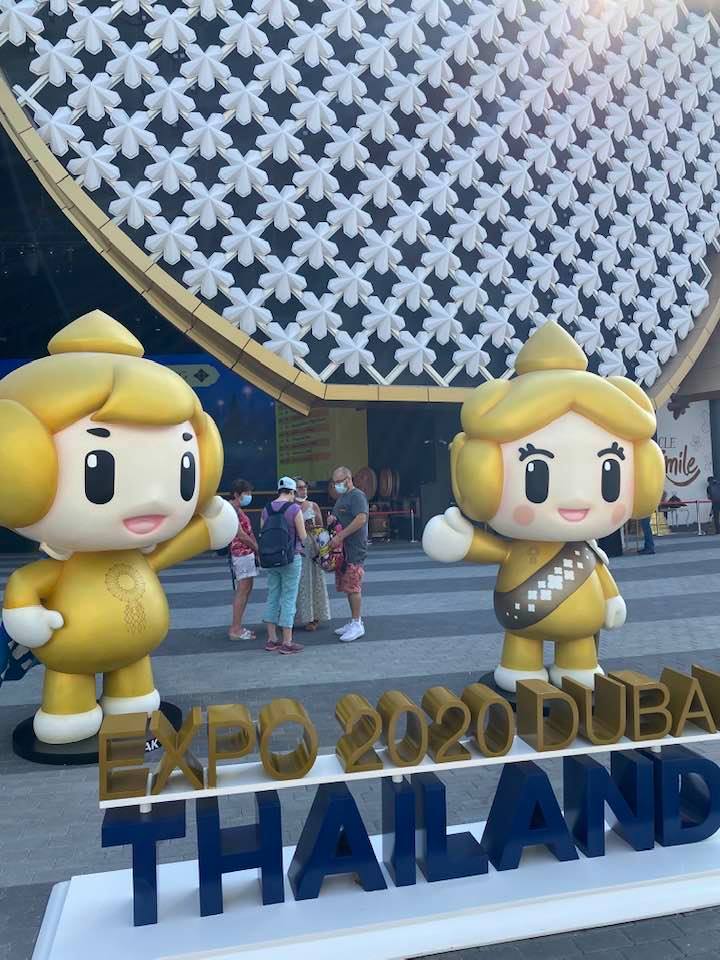
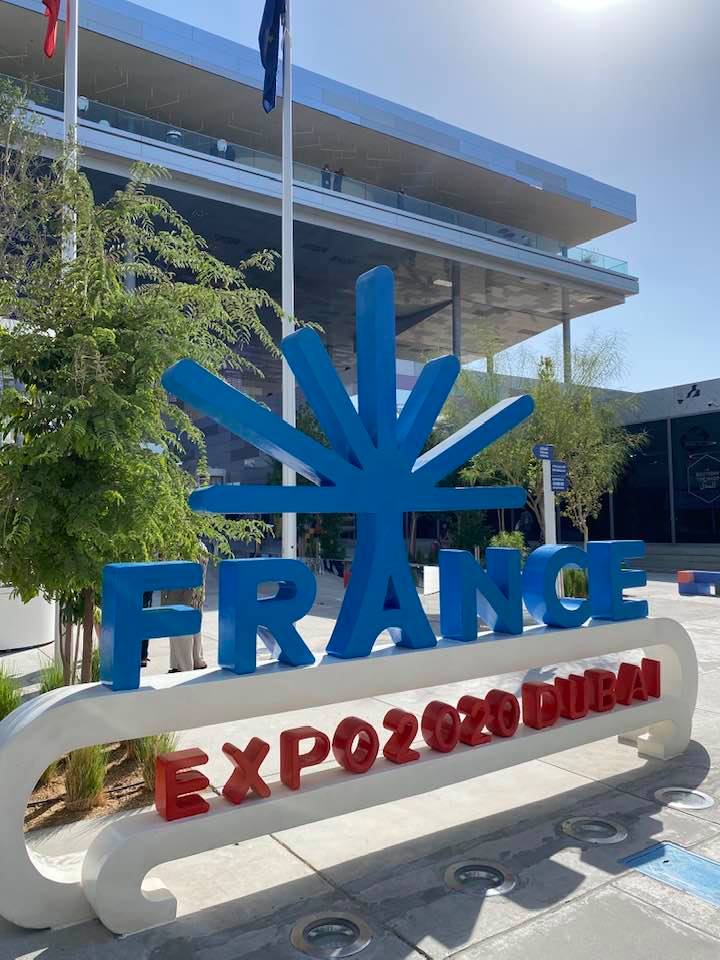
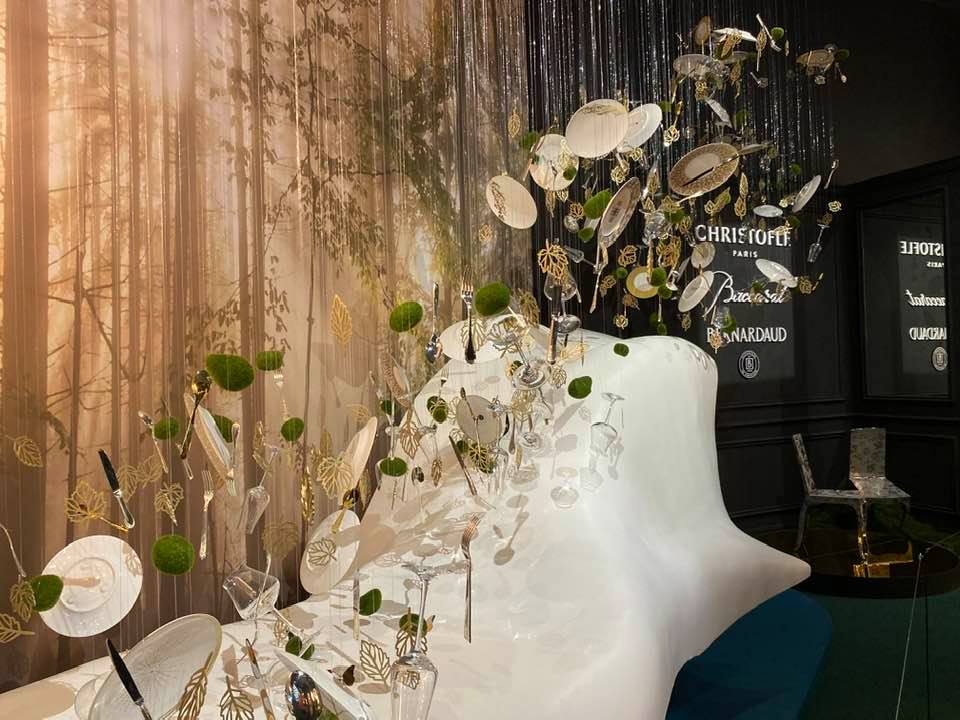
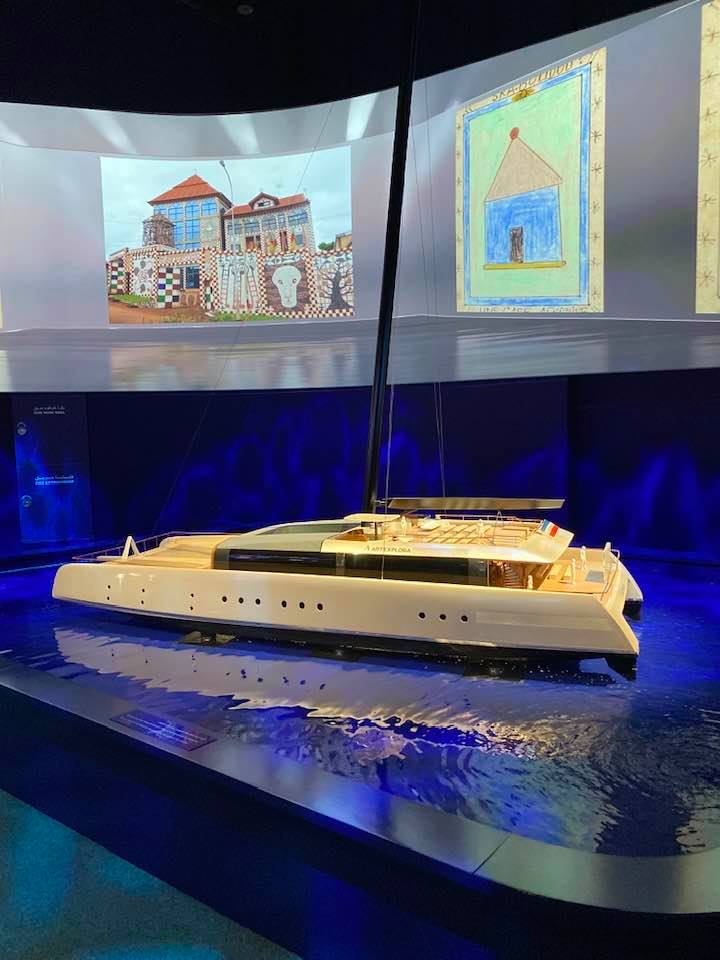
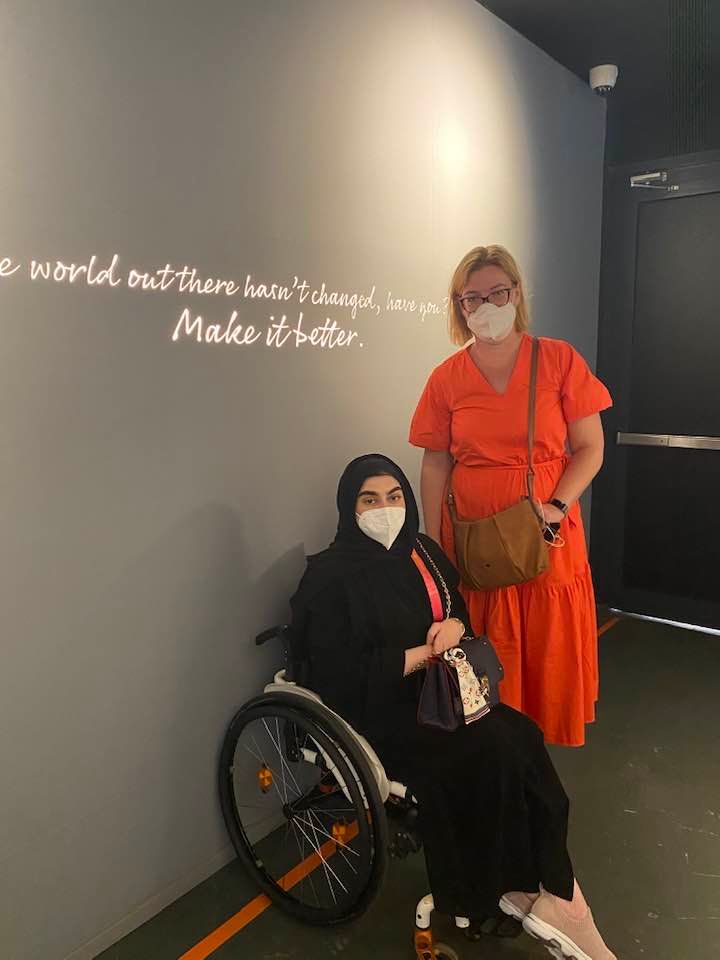
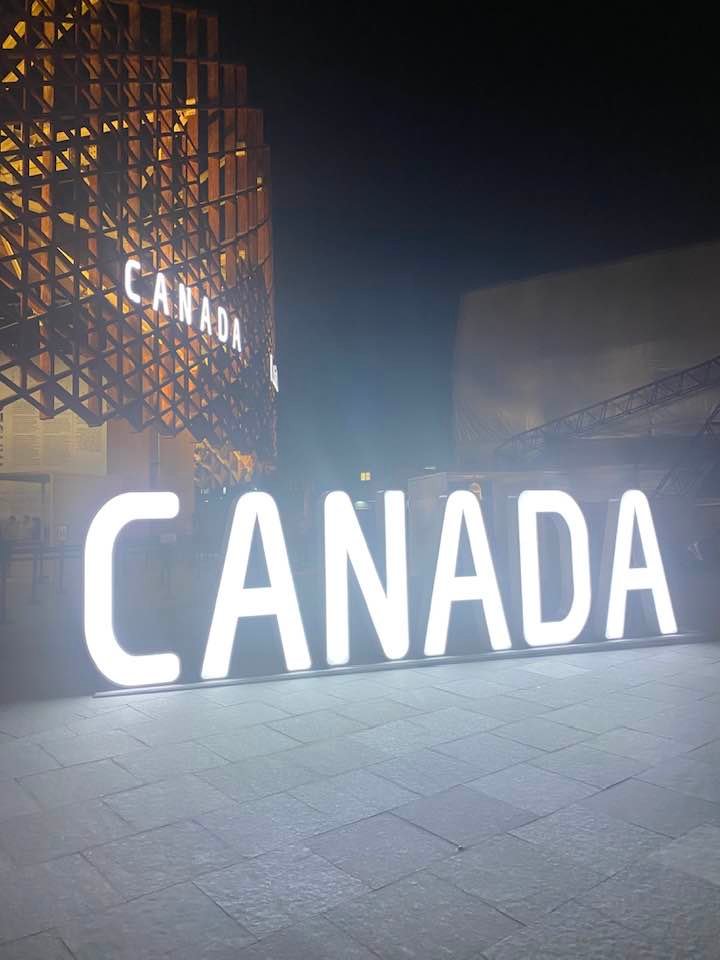
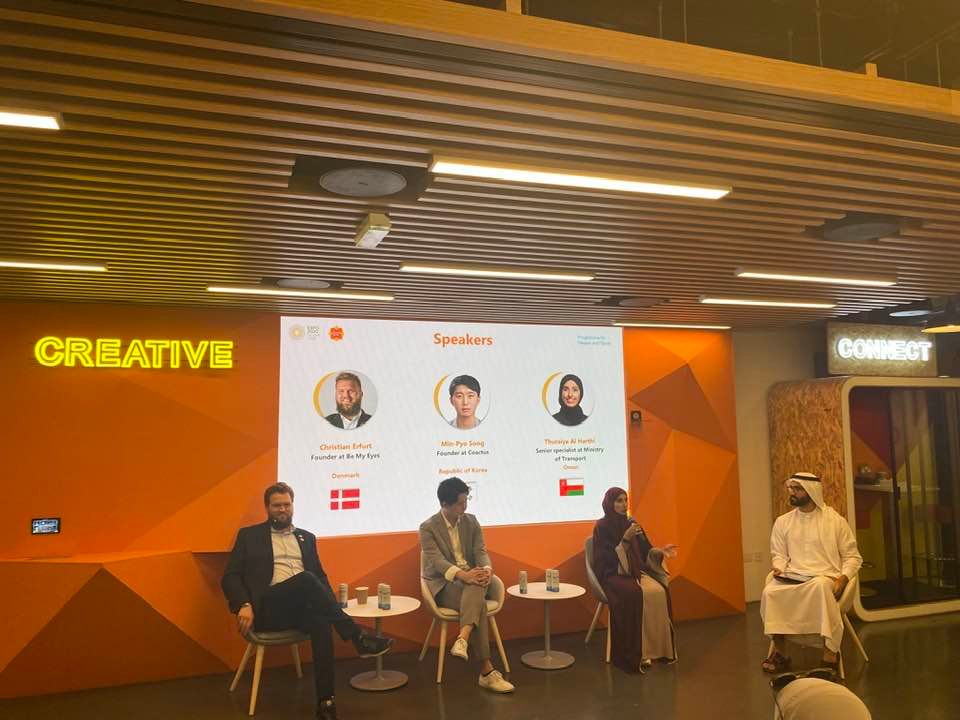





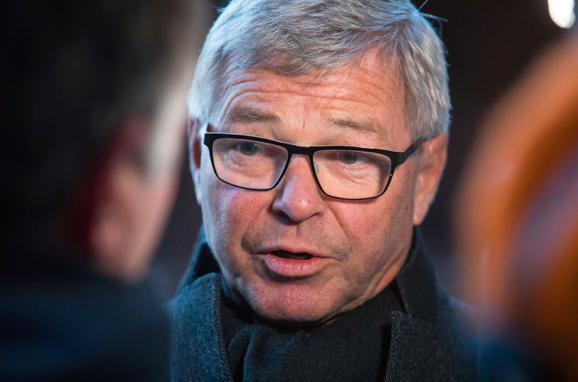

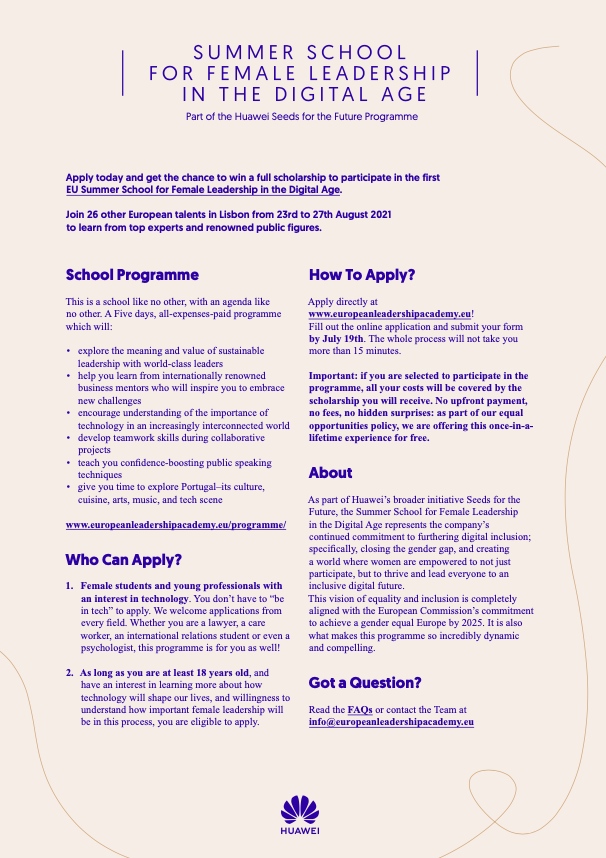
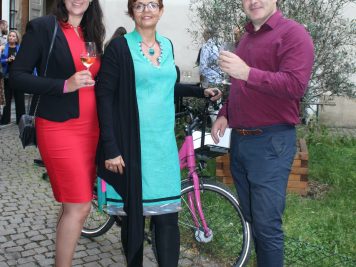
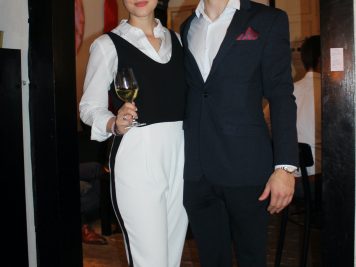
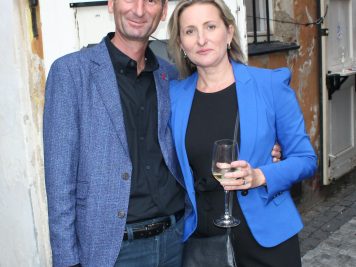
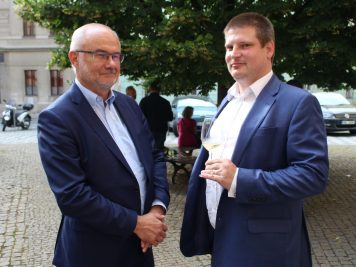
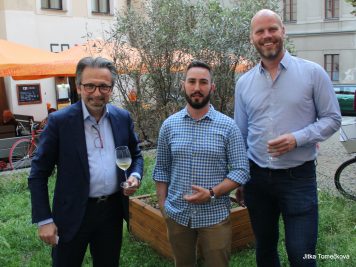
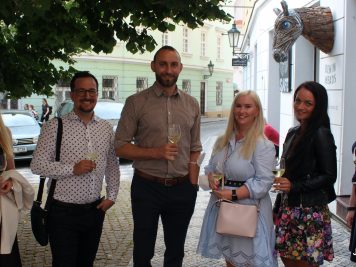
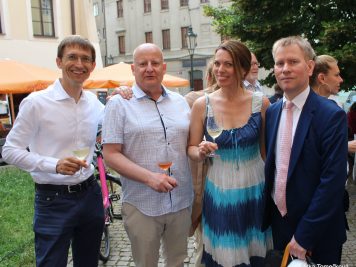
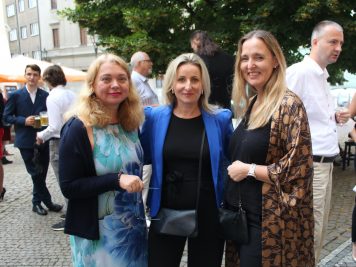
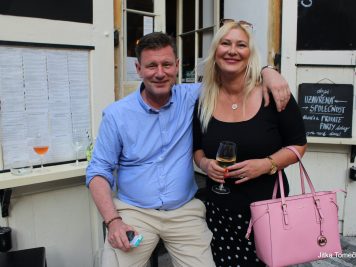
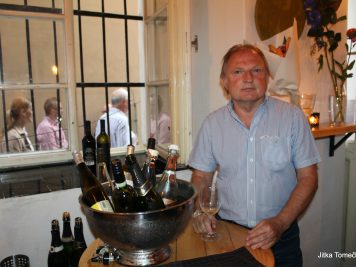
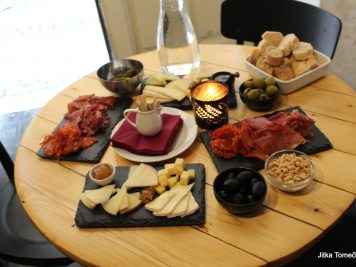
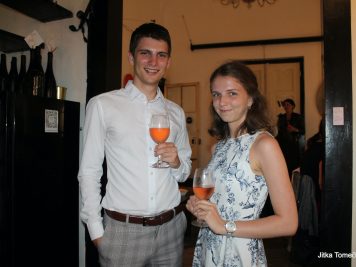
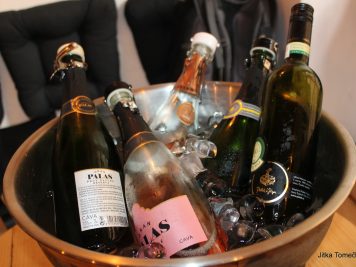
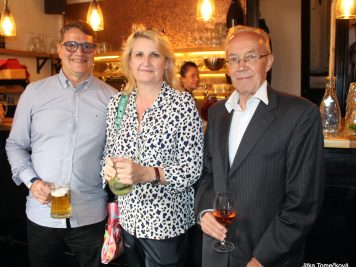
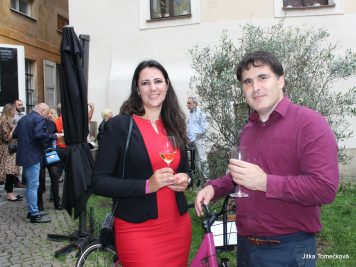
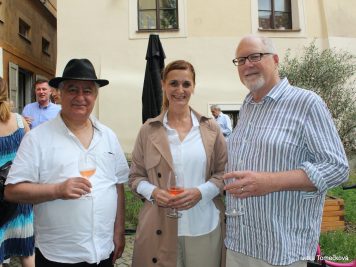
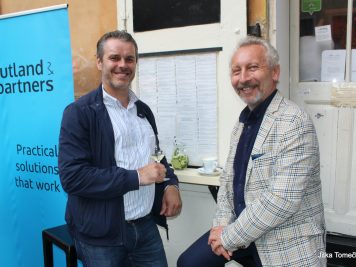
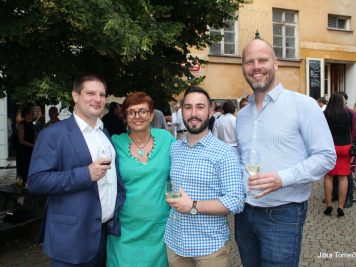
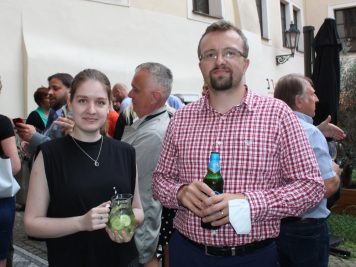
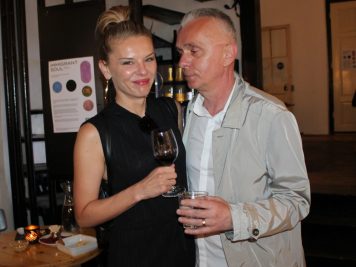
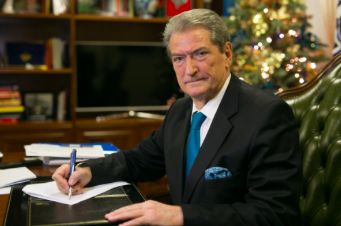

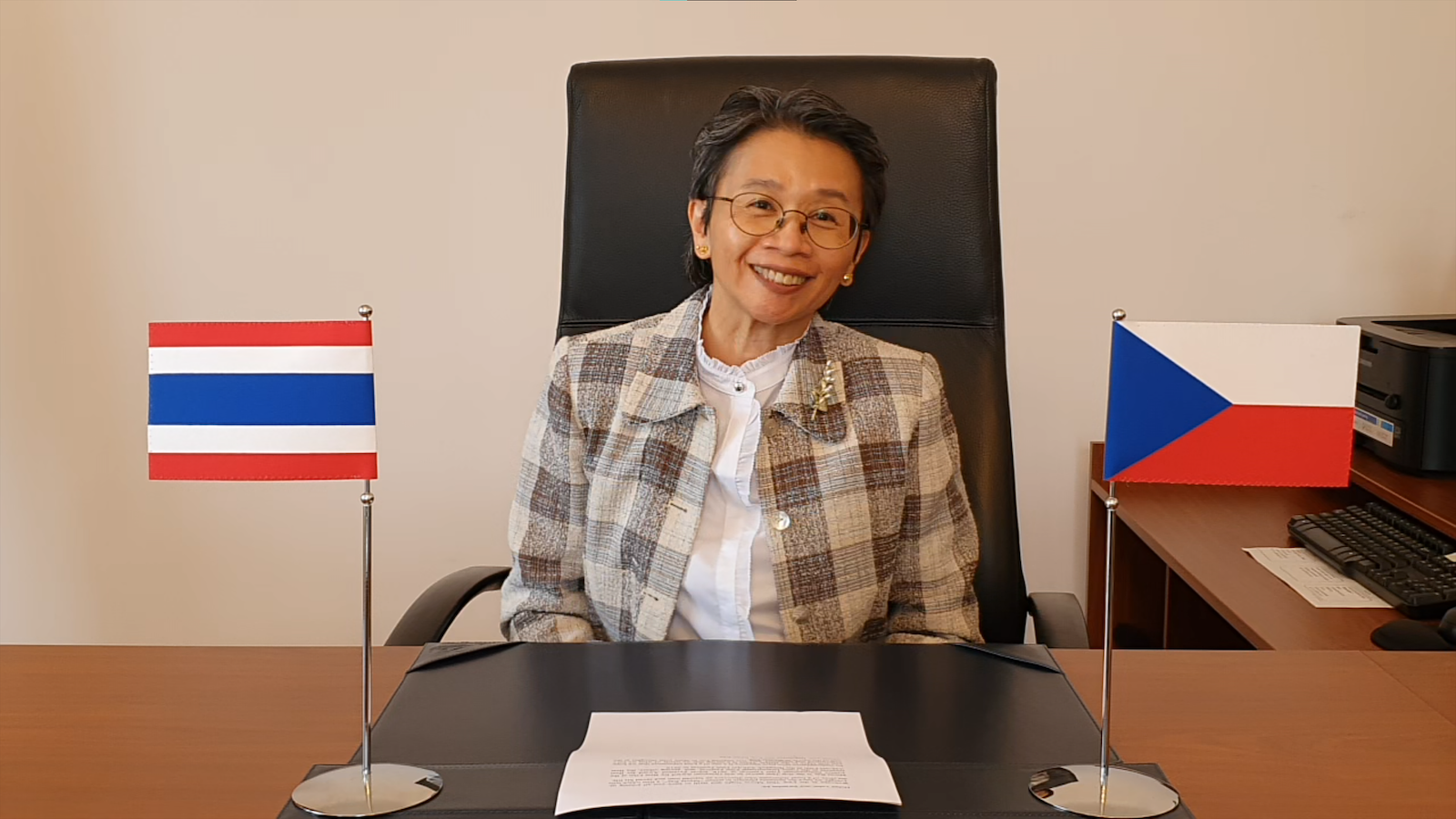

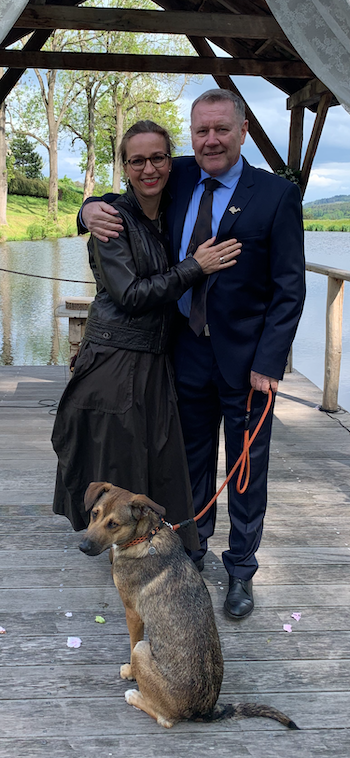
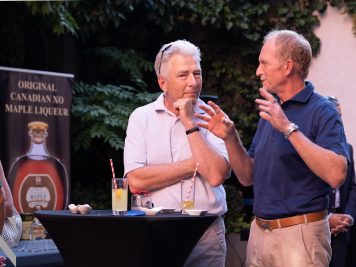
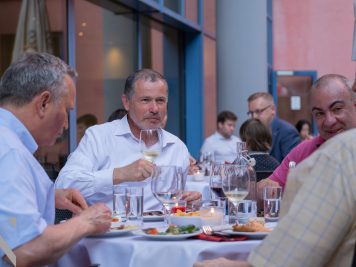
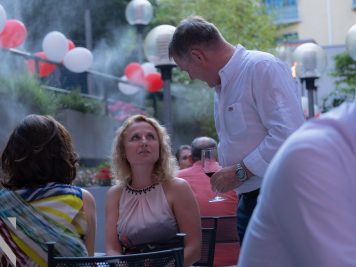
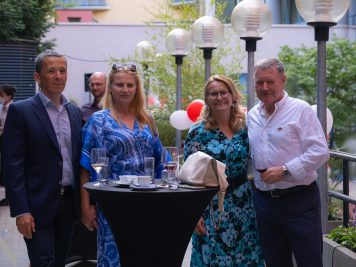
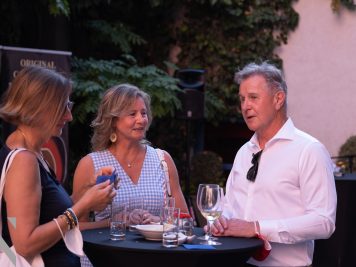

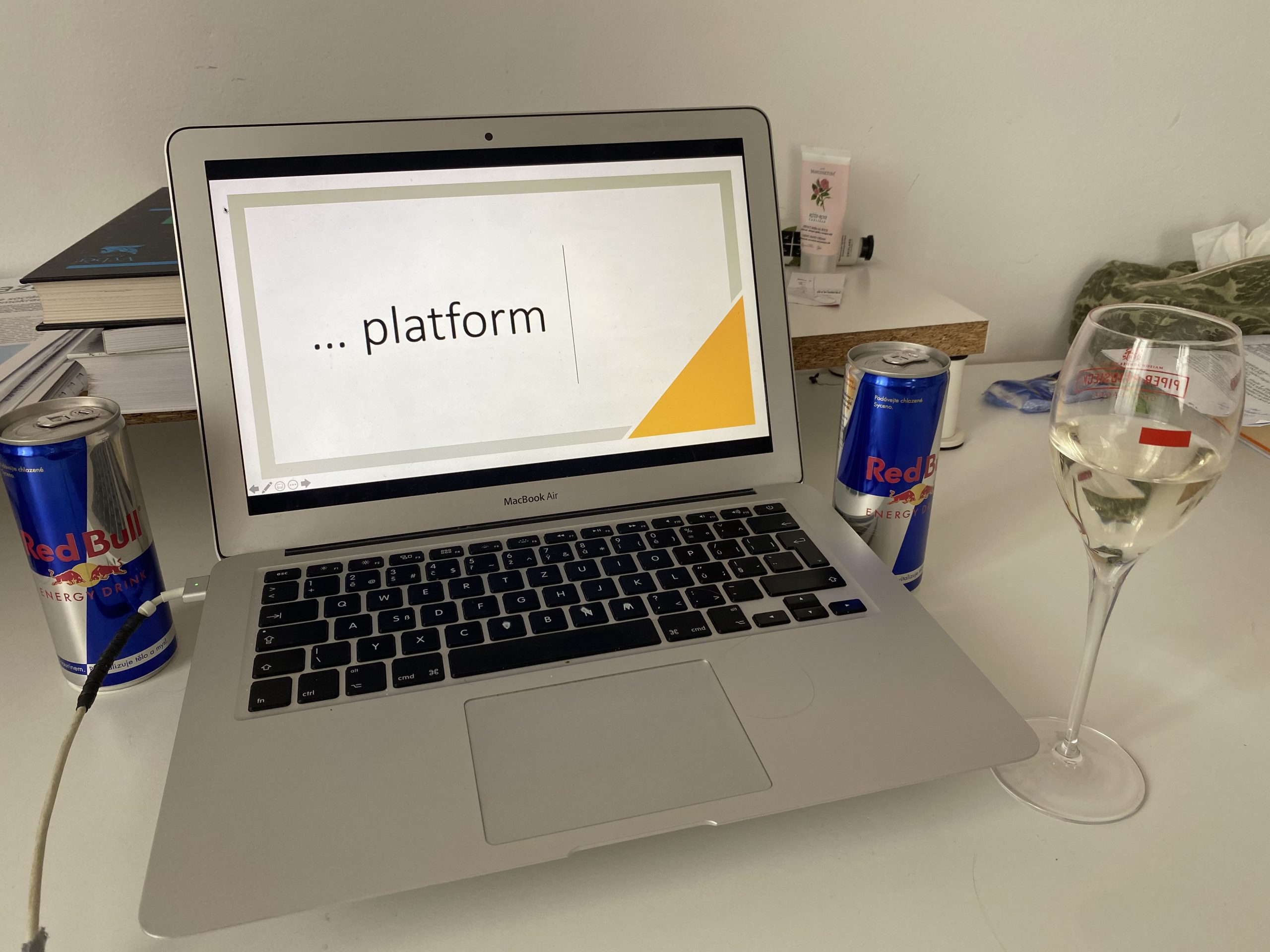
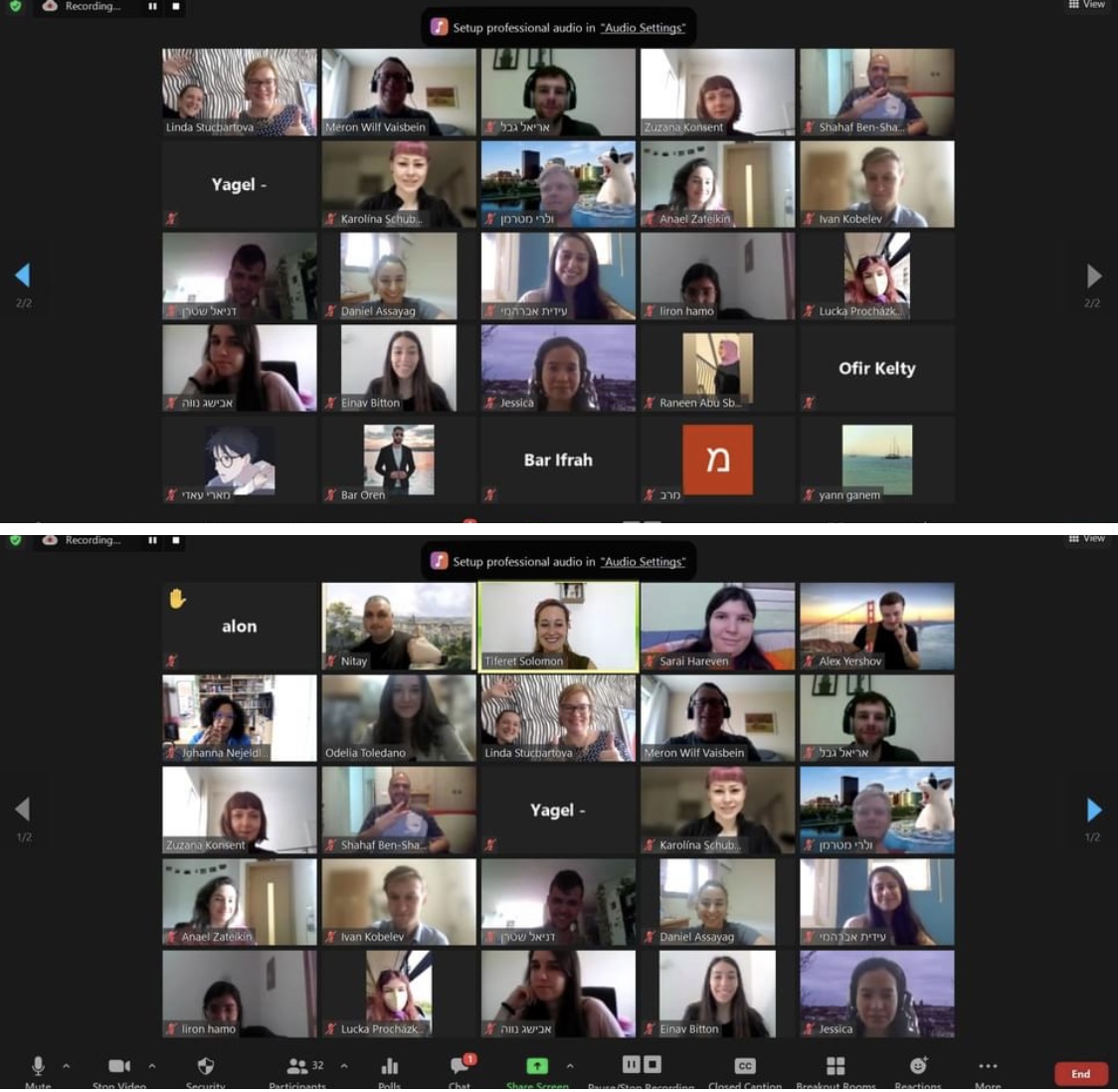


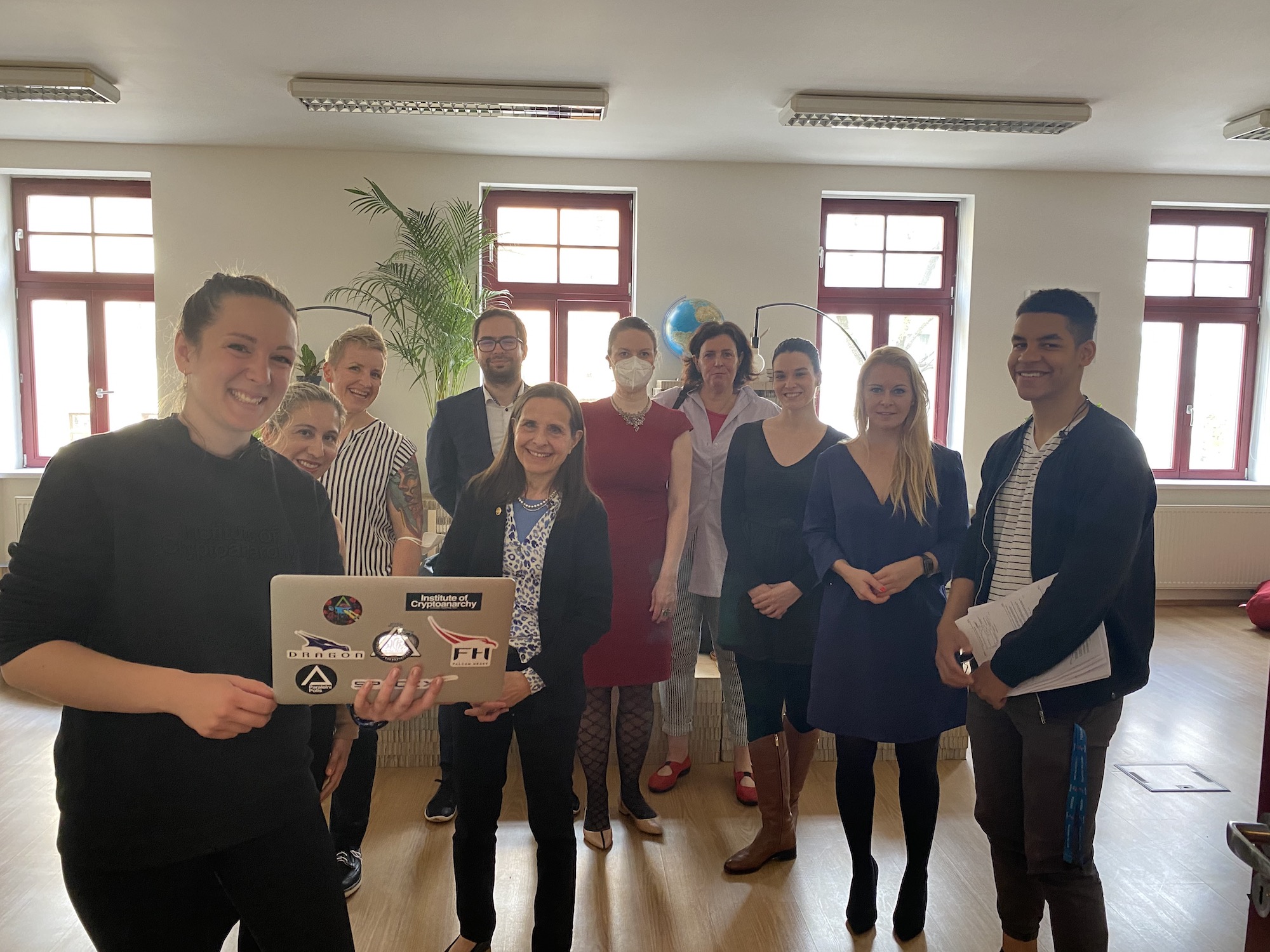
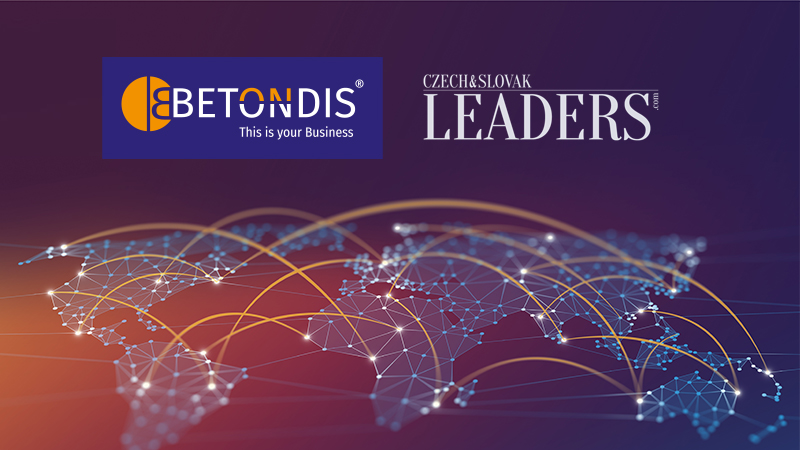

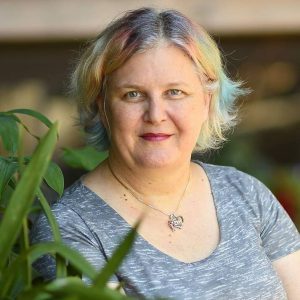
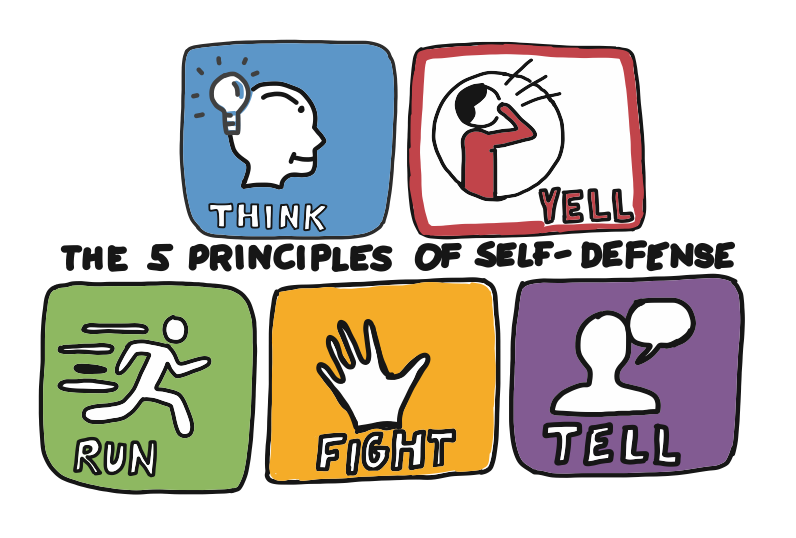

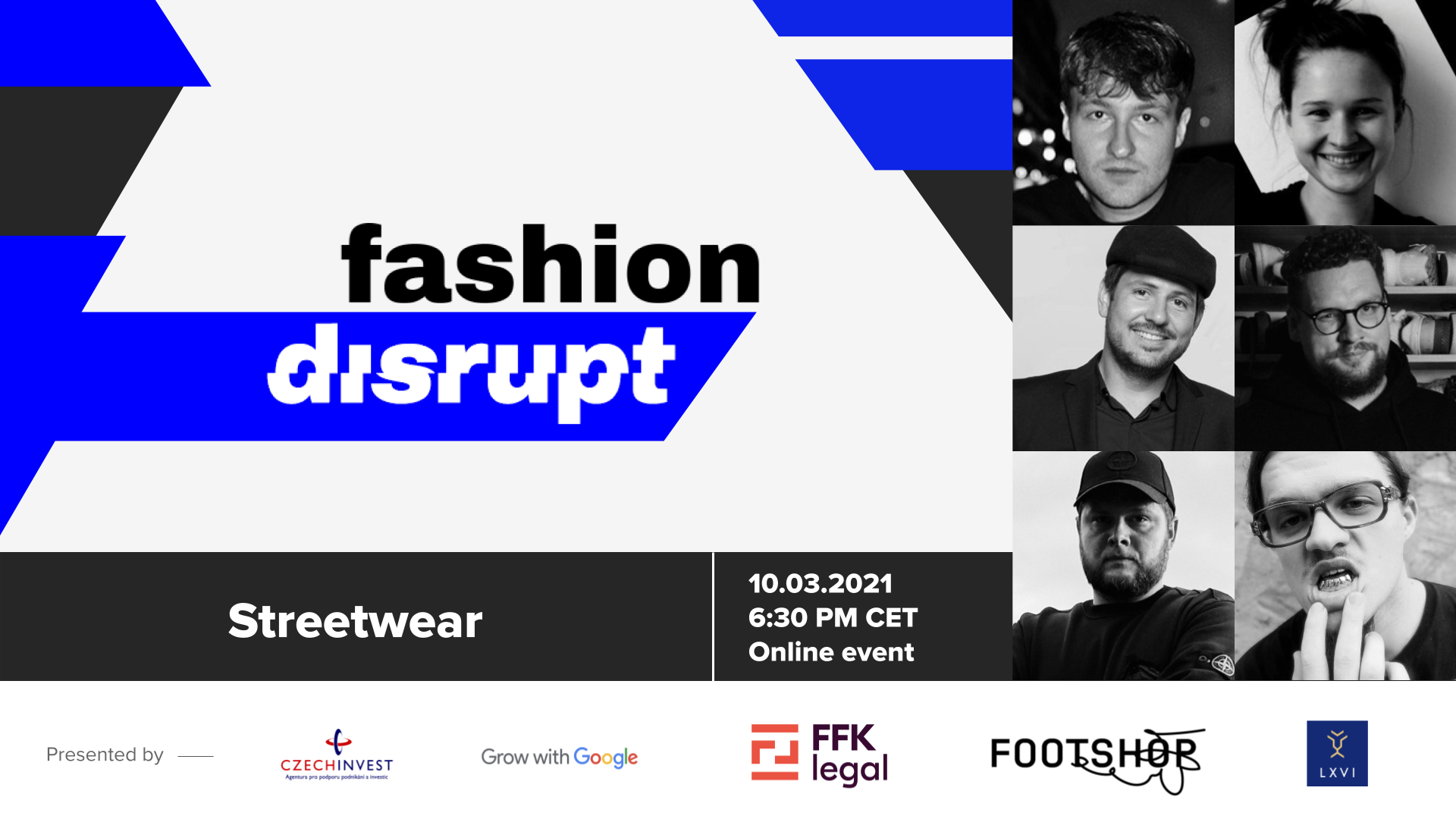
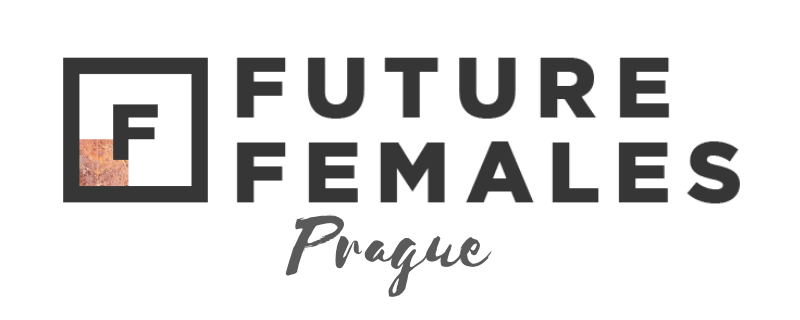 Future Females Prague, the local branch of the otherwise global organization Future Females focused on educating and supporting the development of female led businesses is coming to Czech Republic to empower aspiring and current entrepreneurs to seek the resources and support they need to develop their businesses.
Future Females Prague, the local branch of the otherwise global organization Future Females focused on educating and supporting the development of female led businesses is coming to Czech Republic to empower aspiring and current entrepreneurs to seek the resources and support they need to develop their businesses. 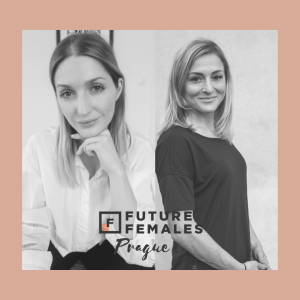
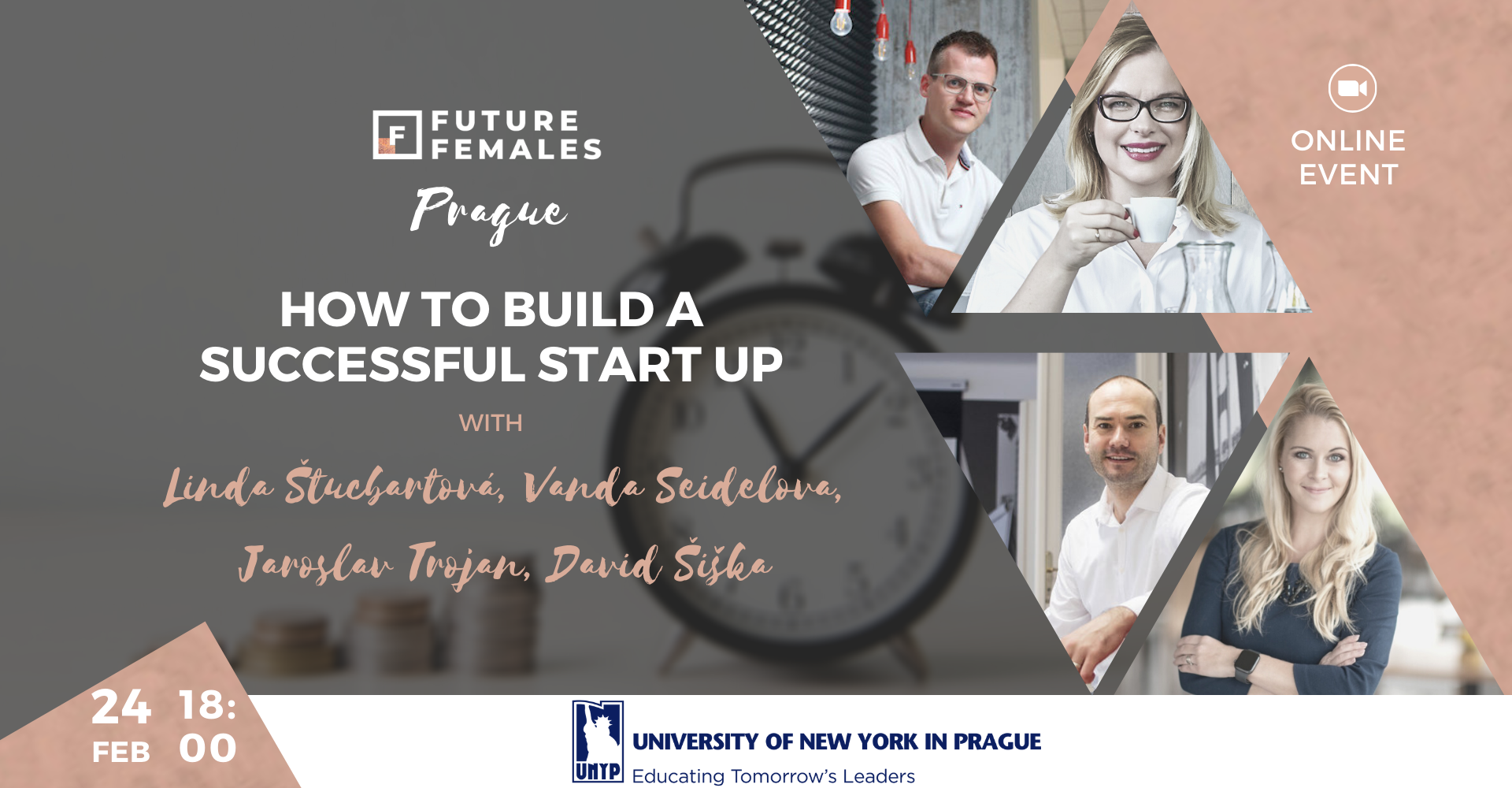

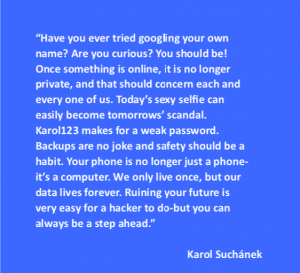 The majority of people who use social media mainly to communicate with friends and family, may think that these security issues do not apply to them. Most feel that these negative scenarios only apply to people who actively make a living off of social media, and that their accounts will not be affected, because they do not see themselves in the same risk category as a public person on social media. But it is a mistake to think that just because a person is private, that their content on their account is not accessible to people who exploit that information for their own gain. So who really is the most at-risk? It is all those, who use online platforms to communicate both privately and publicly; from published articles, to private email servers.
The majority of people who use social media mainly to communicate with friends and family, may think that these security issues do not apply to them. Most feel that these negative scenarios only apply to people who actively make a living off of social media, and that their accounts will not be affected, because they do not see themselves in the same risk category as a public person on social media. But it is a mistake to think that just because a person is private, that their content on their account is not accessible to people who exploit that information for their own gain. So who really is the most at-risk? It is all those, who use online platforms to communicate both privately and publicly; from published articles, to private email servers.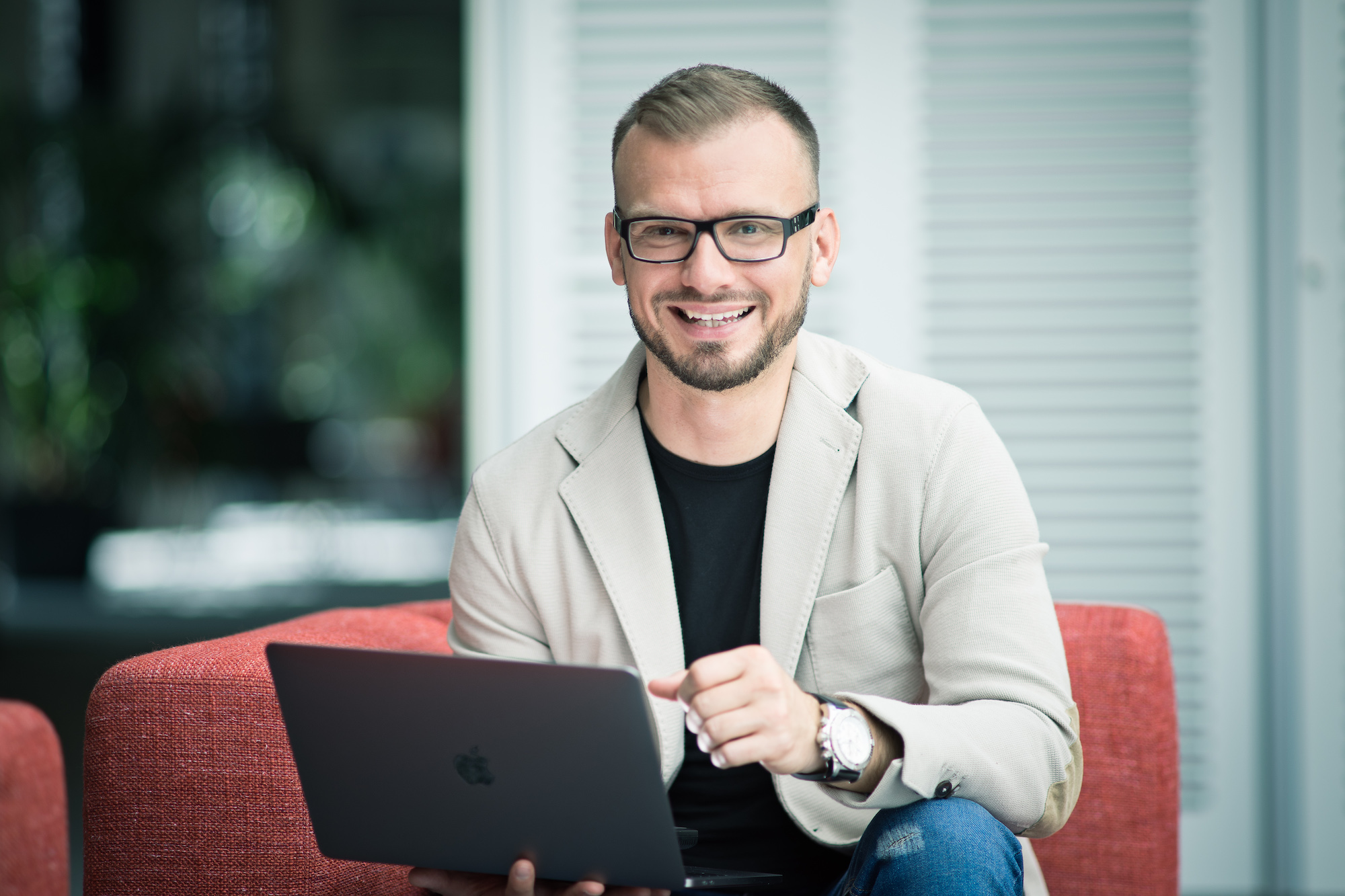
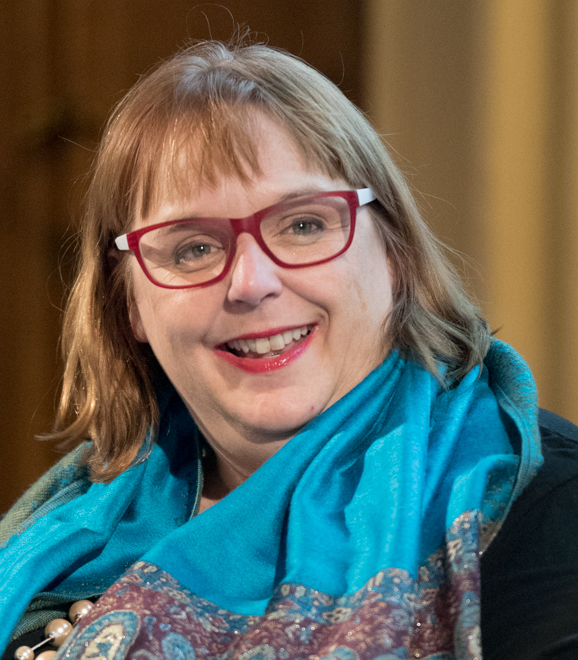
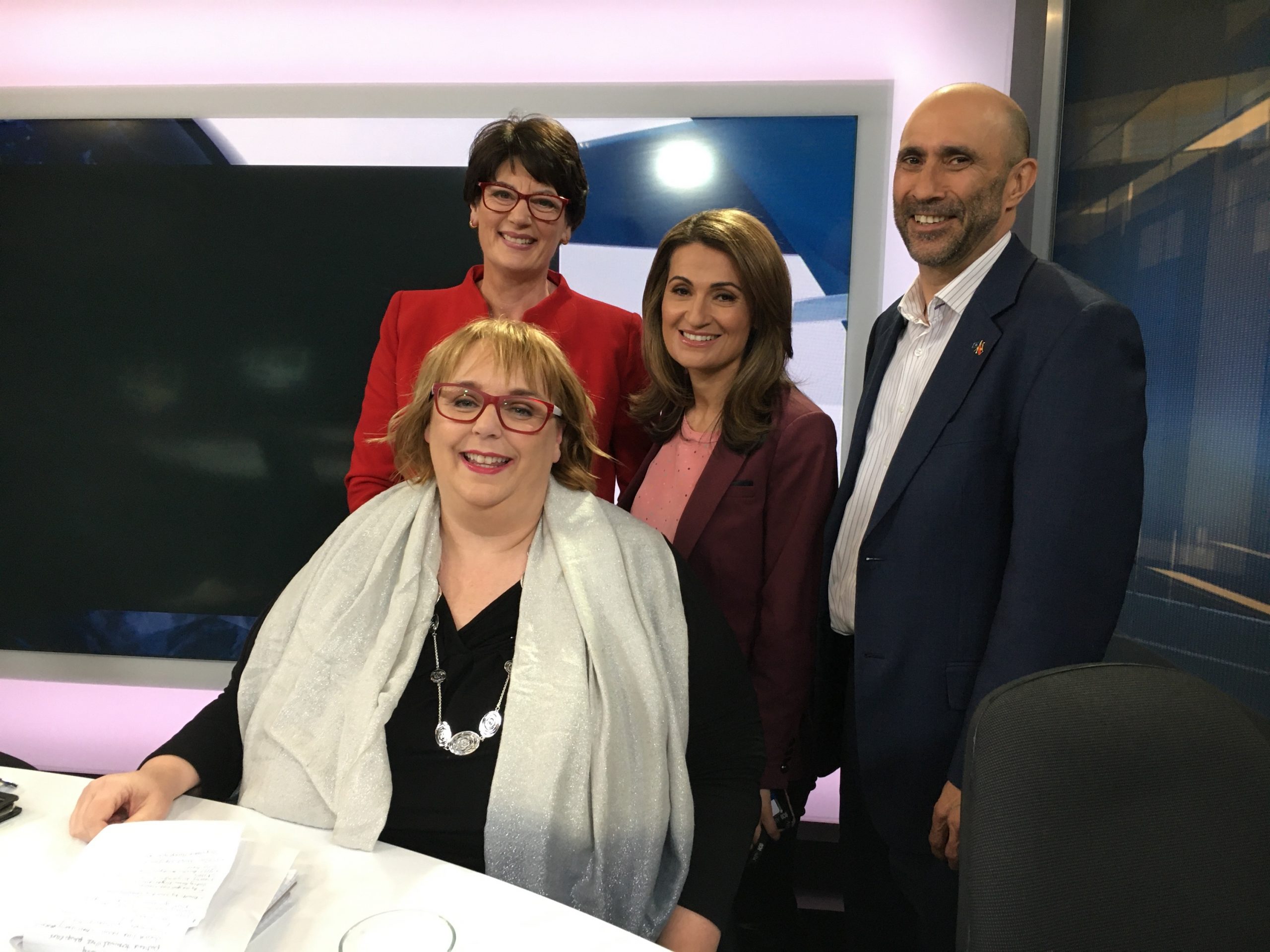
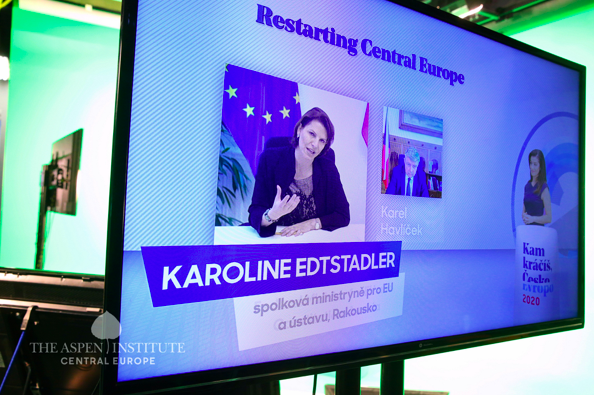


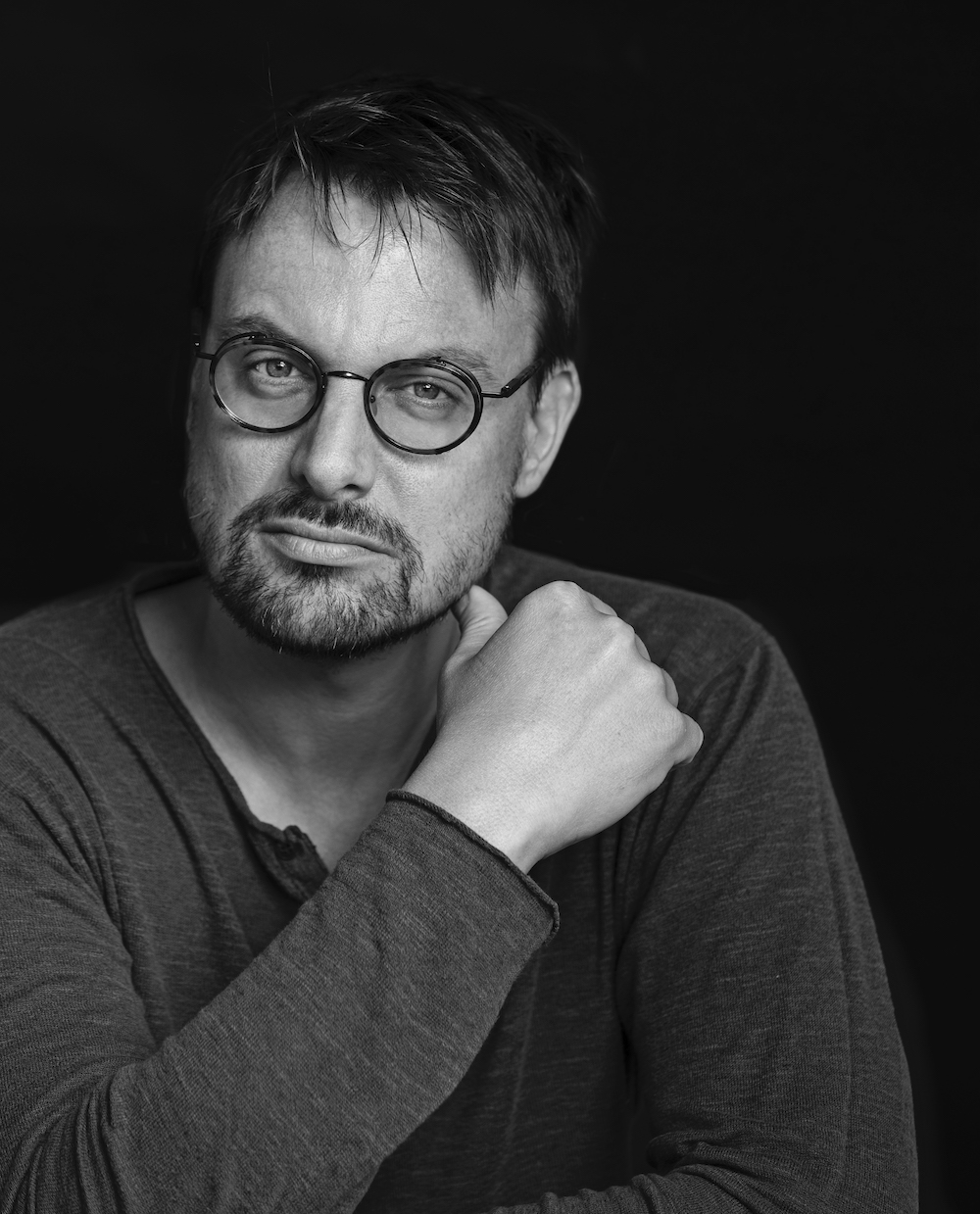
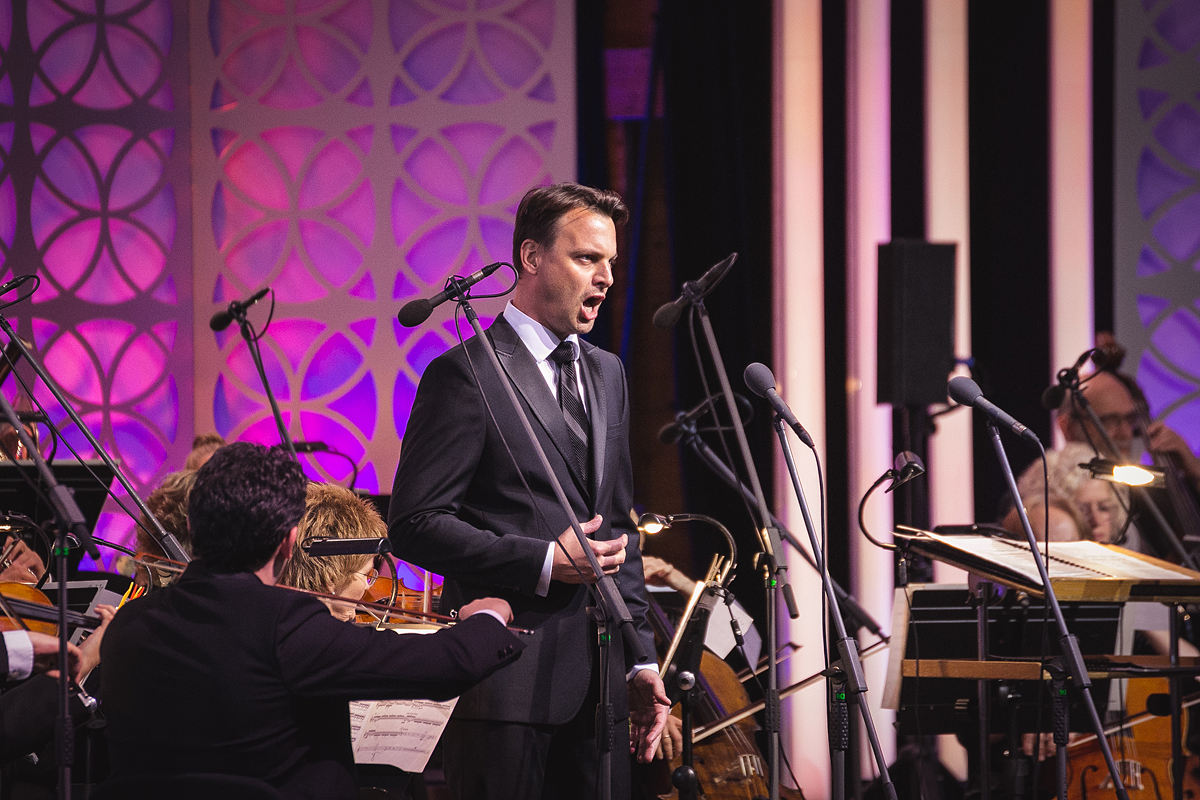
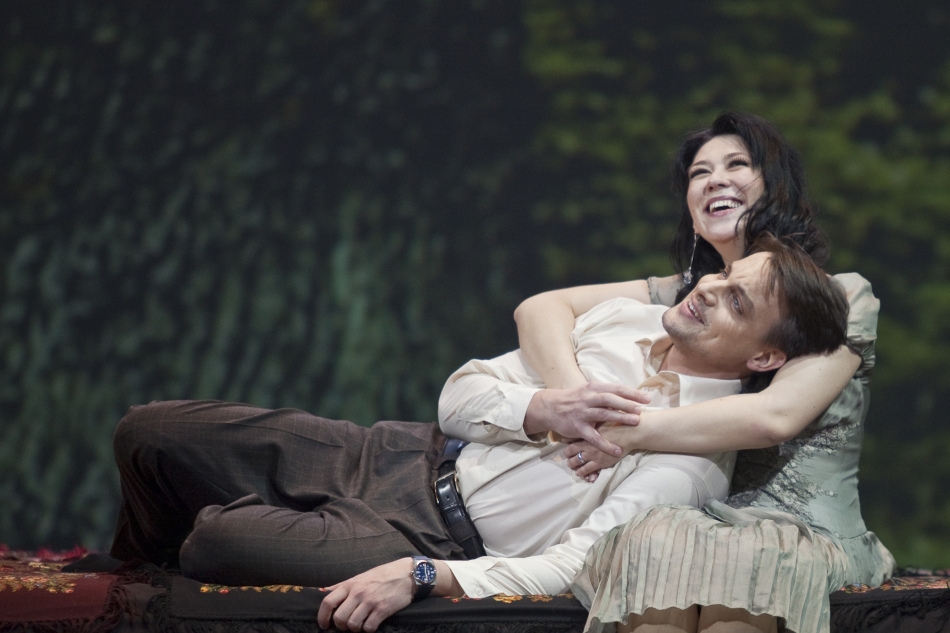
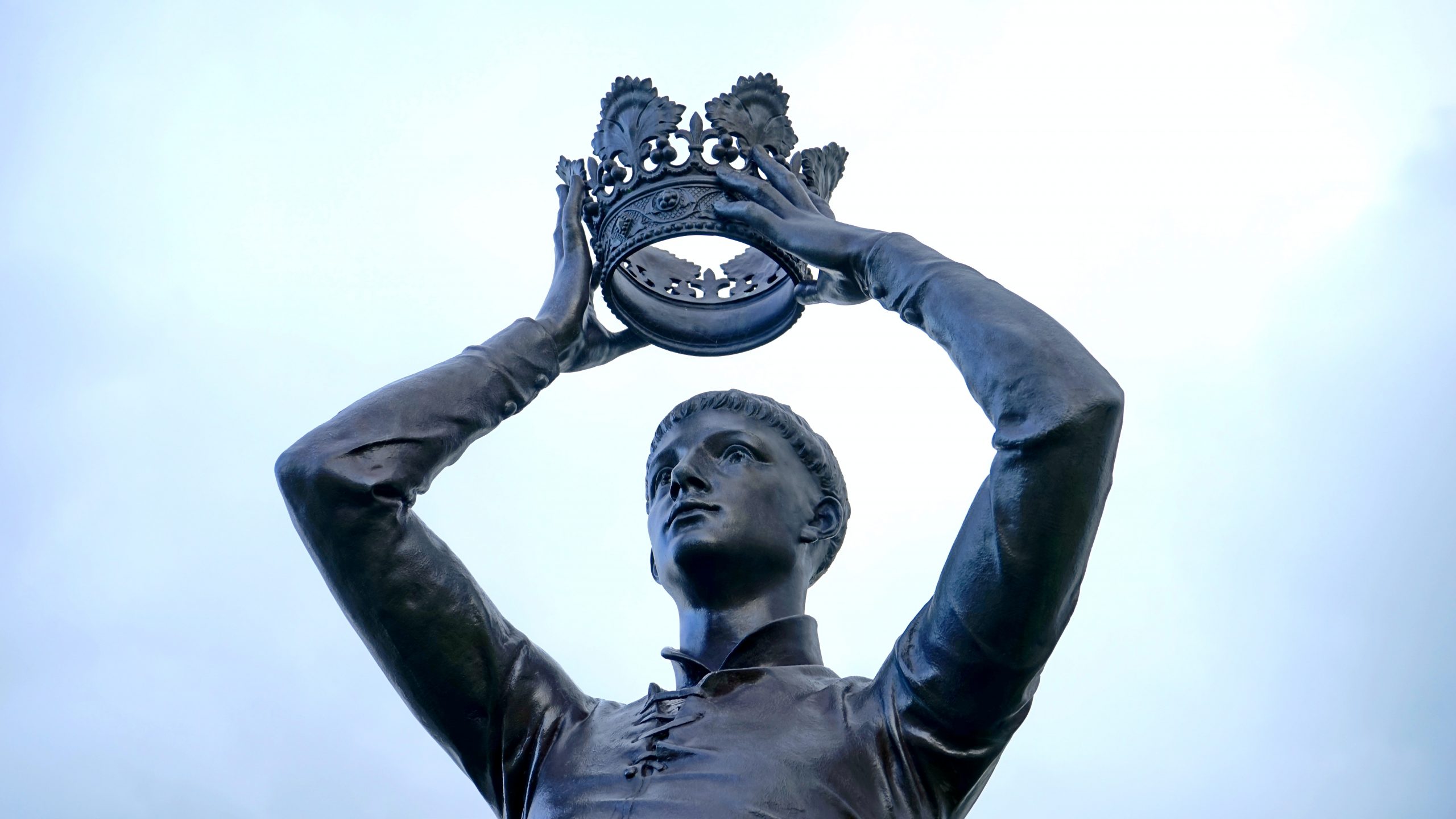
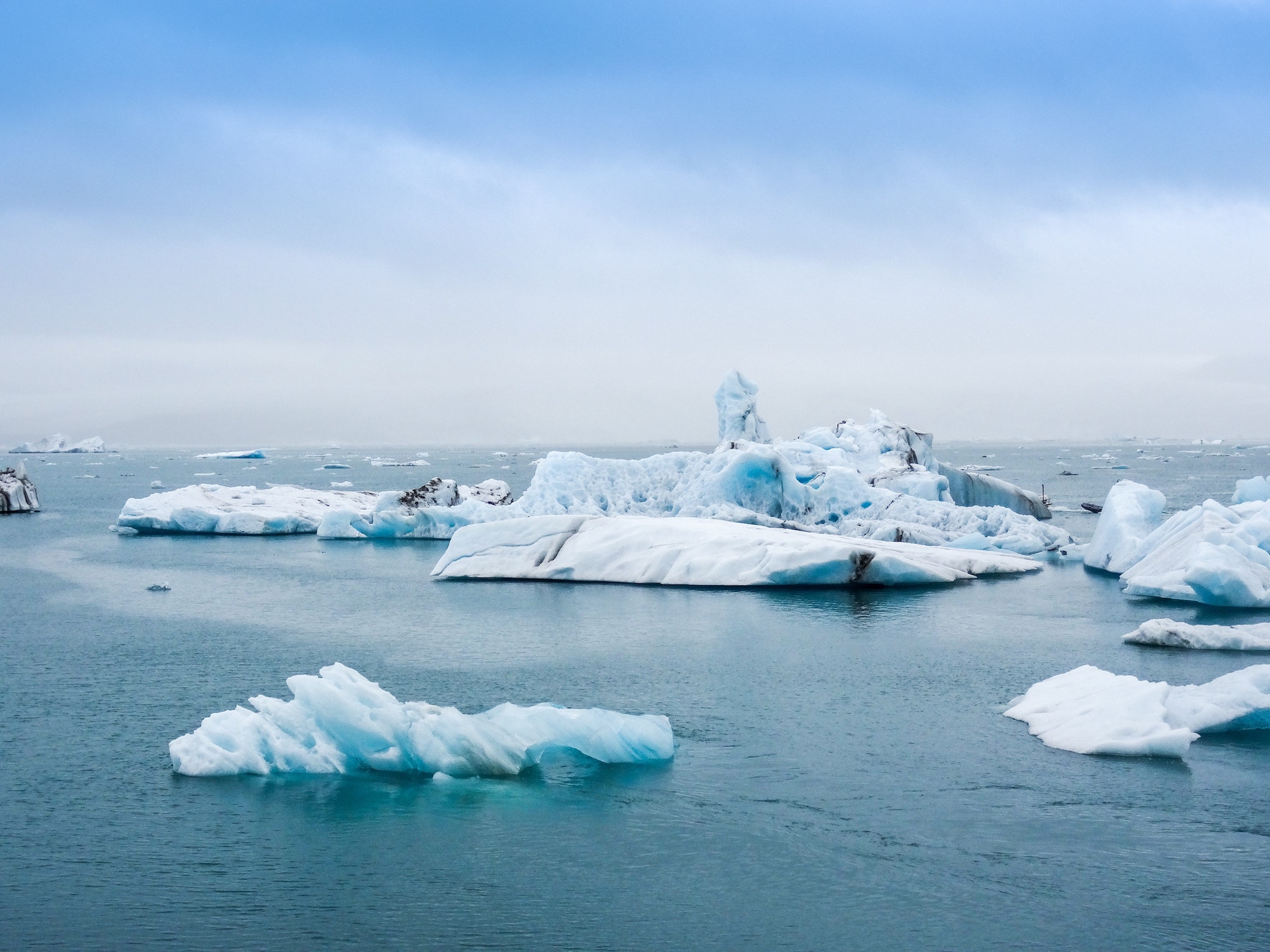
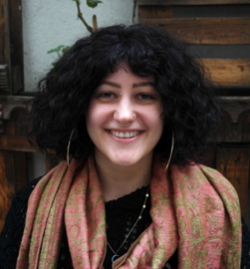 Marie-Christine Ghreichi, graduate of Sciences Po, Paris and the US, is a French International Security specialist with a focus on Diplomacy and the Euro-MED.
Marie-Christine Ghreichi, graduate of Sciences Po, Paris and the US, is a French International Security specialist with a focus on Diplomacy and the Euro-MED. 

 Nicole is an American expat living in Prague since 2017. Before coming to Prague, she worked and lived in Washington DC. She attended the prestigious university of Georgetown University, where she received a business degree and economics minor. She worked as an auditor and consultant for approximately 10 years and worked at Danaher Corporation in the Financial Consolidations department, which is one of the top five largest corporations in the Washington DC area with 20 Billion Dollars in Revenues. In her free time she enjoys running, swimming, skiing and reading.
Nicole is an American expat living in Prague since 2017. Before coming to Prague, she worked and lived in Washington DC. She attended the prestigious university of Georgetown University, where she received a business degree and economics minor. She worked as an auditor and consultant for approximately 10 years and worked at Danaher Corporation in the Financial Consolidations department, which is one of the top five largest corporations in the Washington DC area with 20 Billion Dollars in Revenues. In her free time she enjoys running, swimming, skiing and reading.